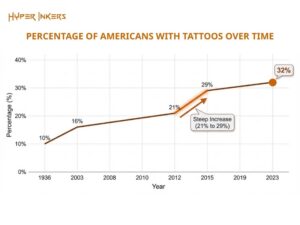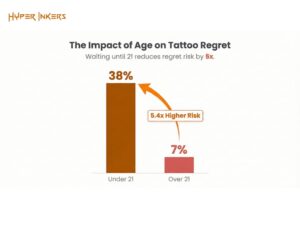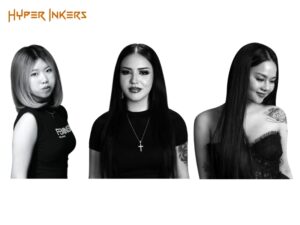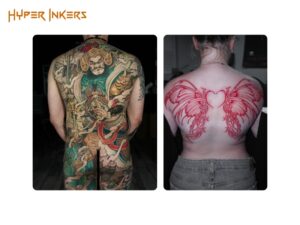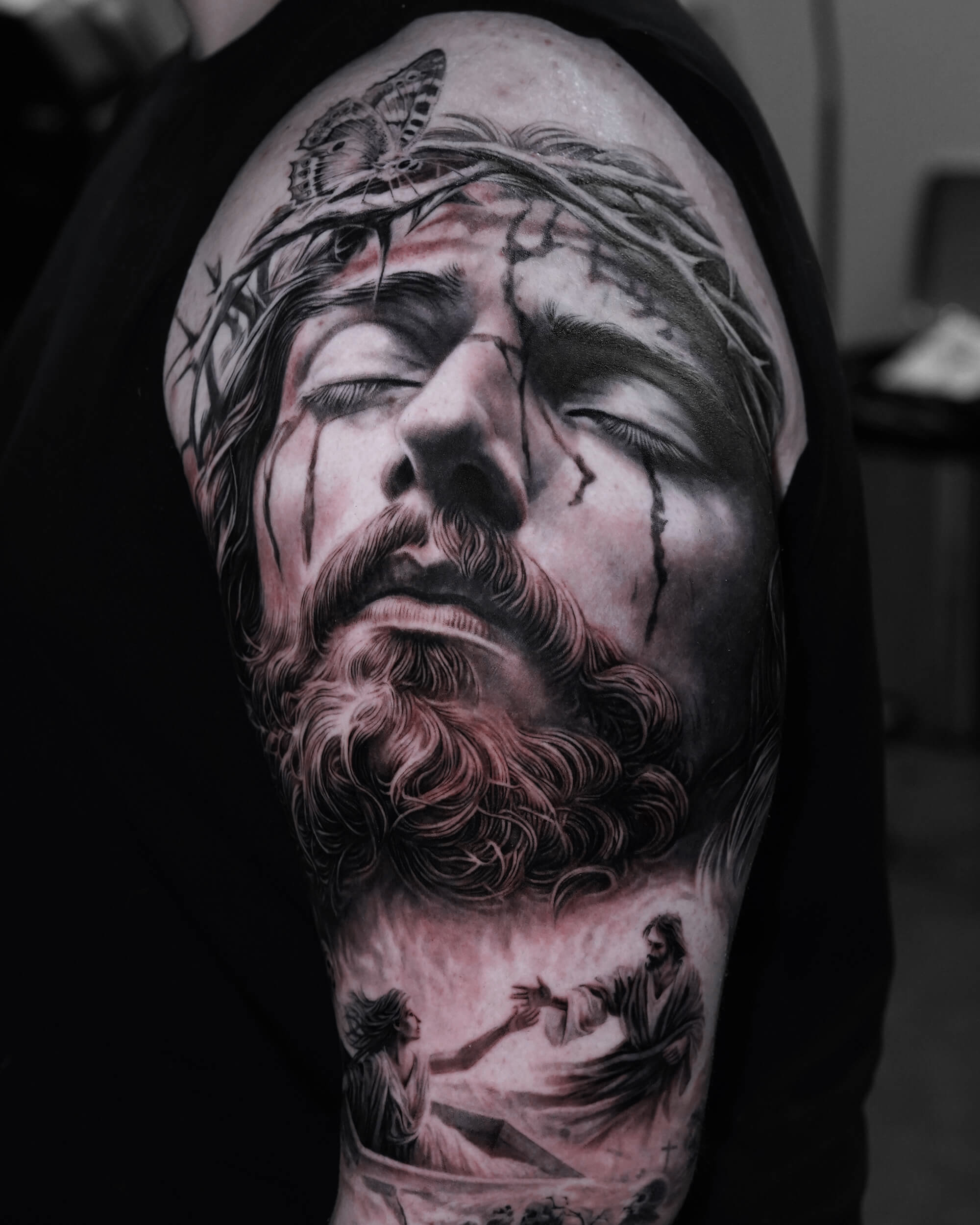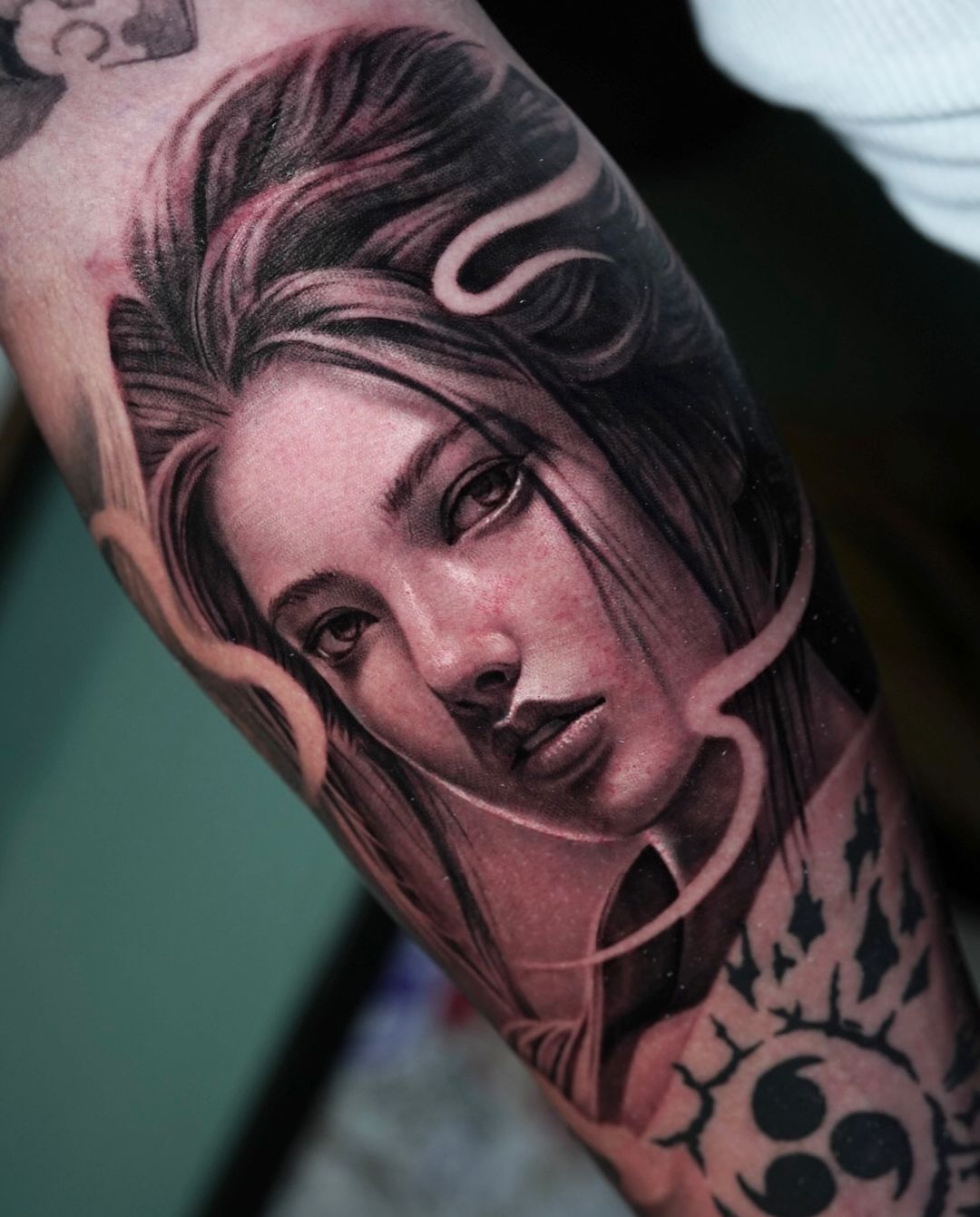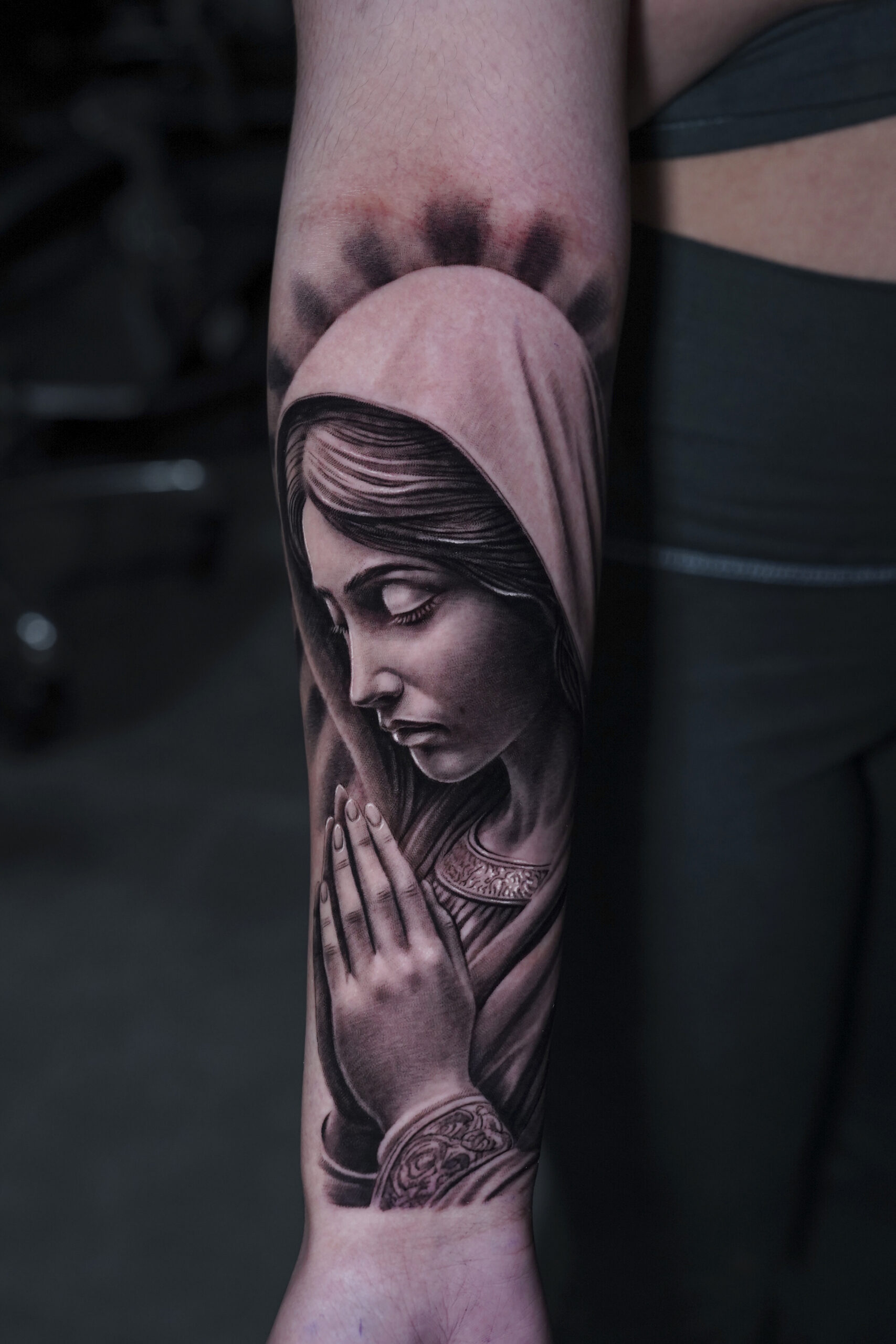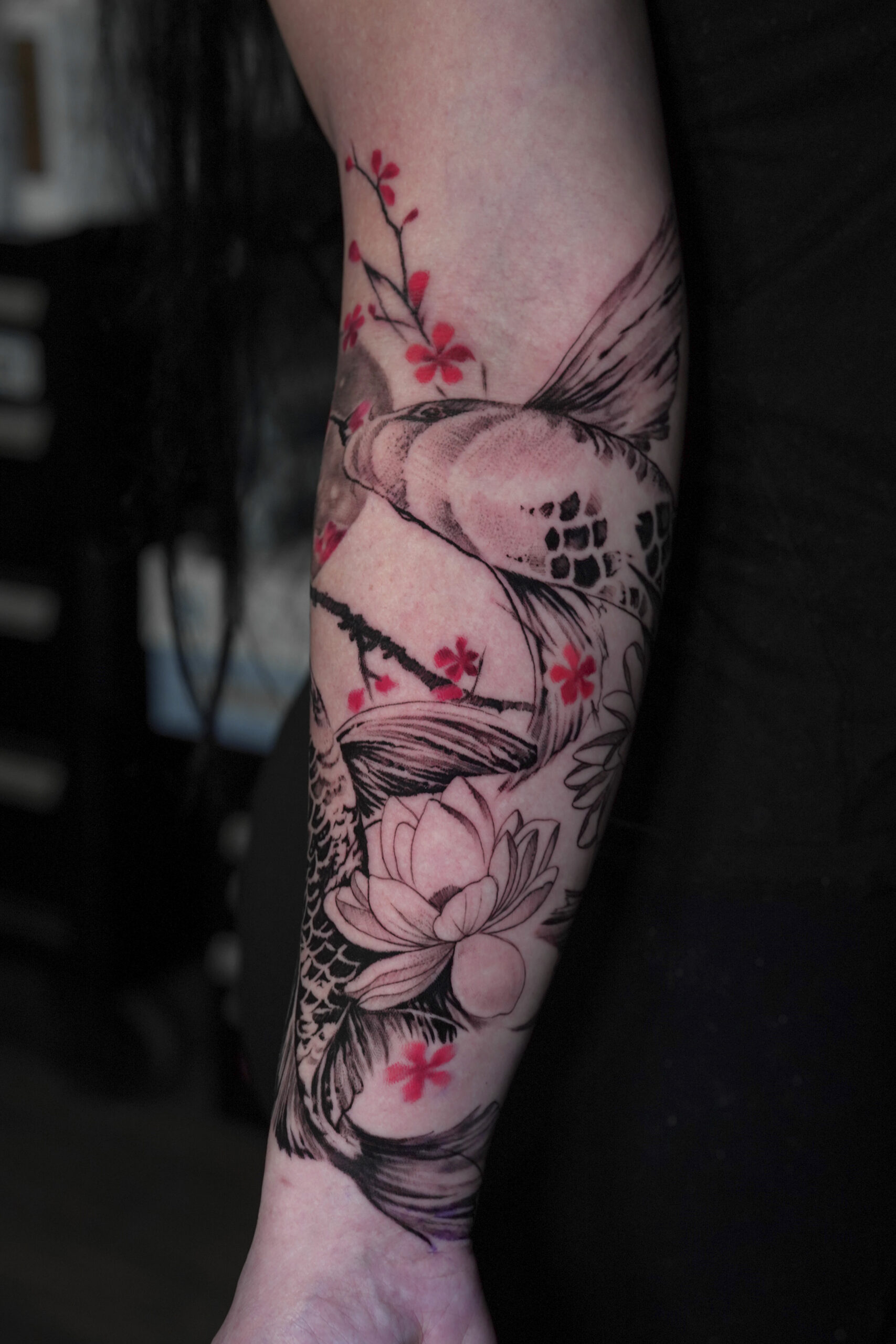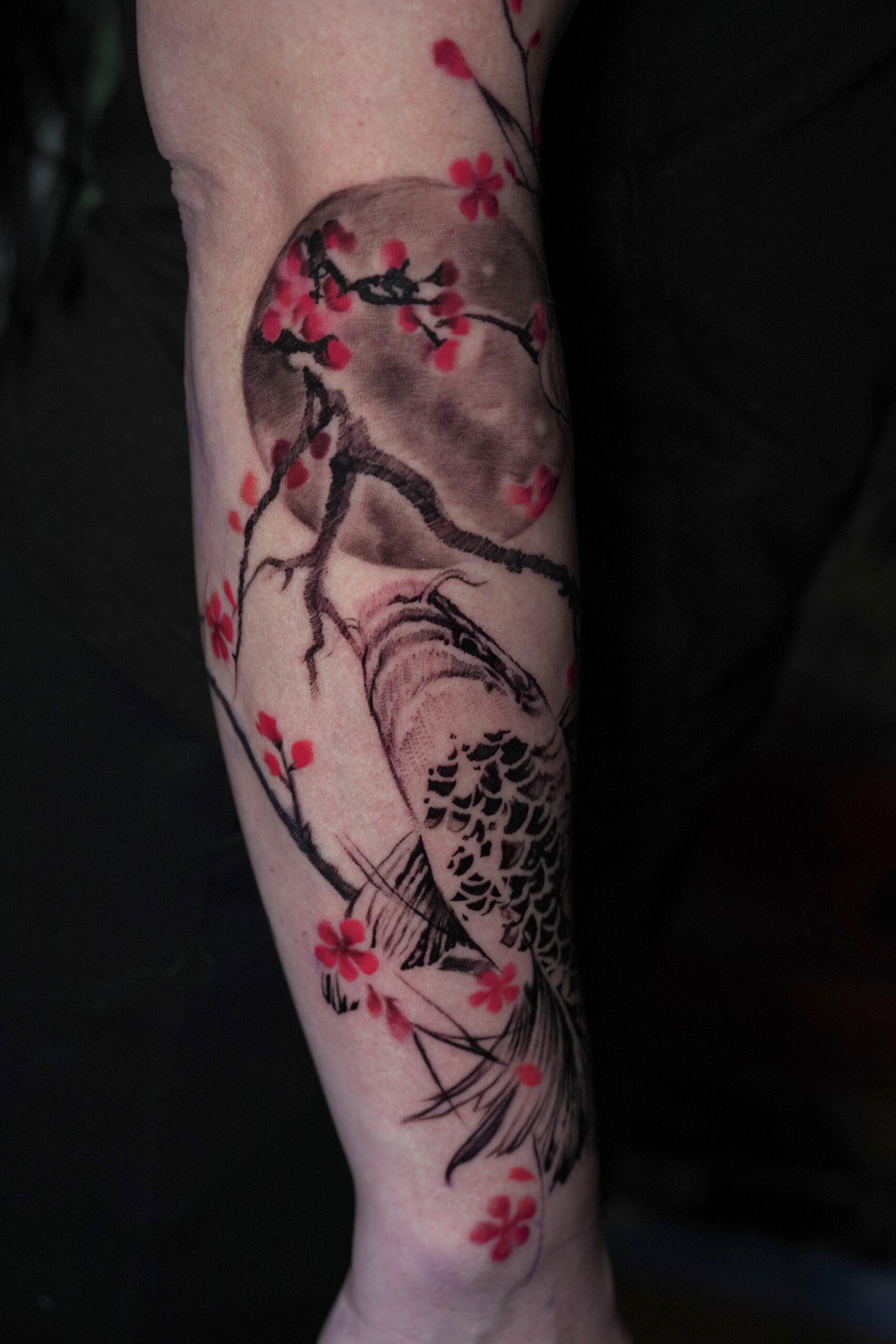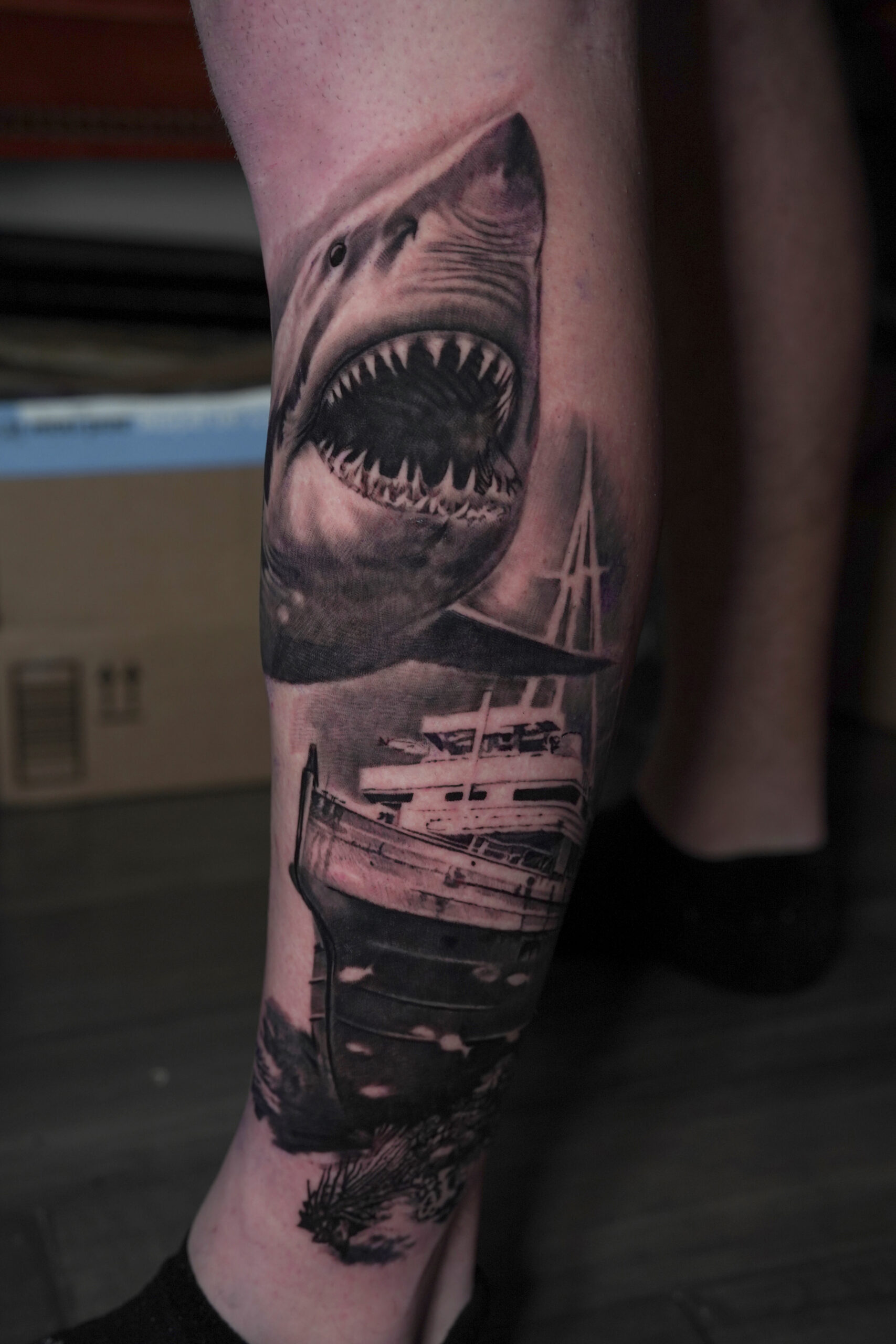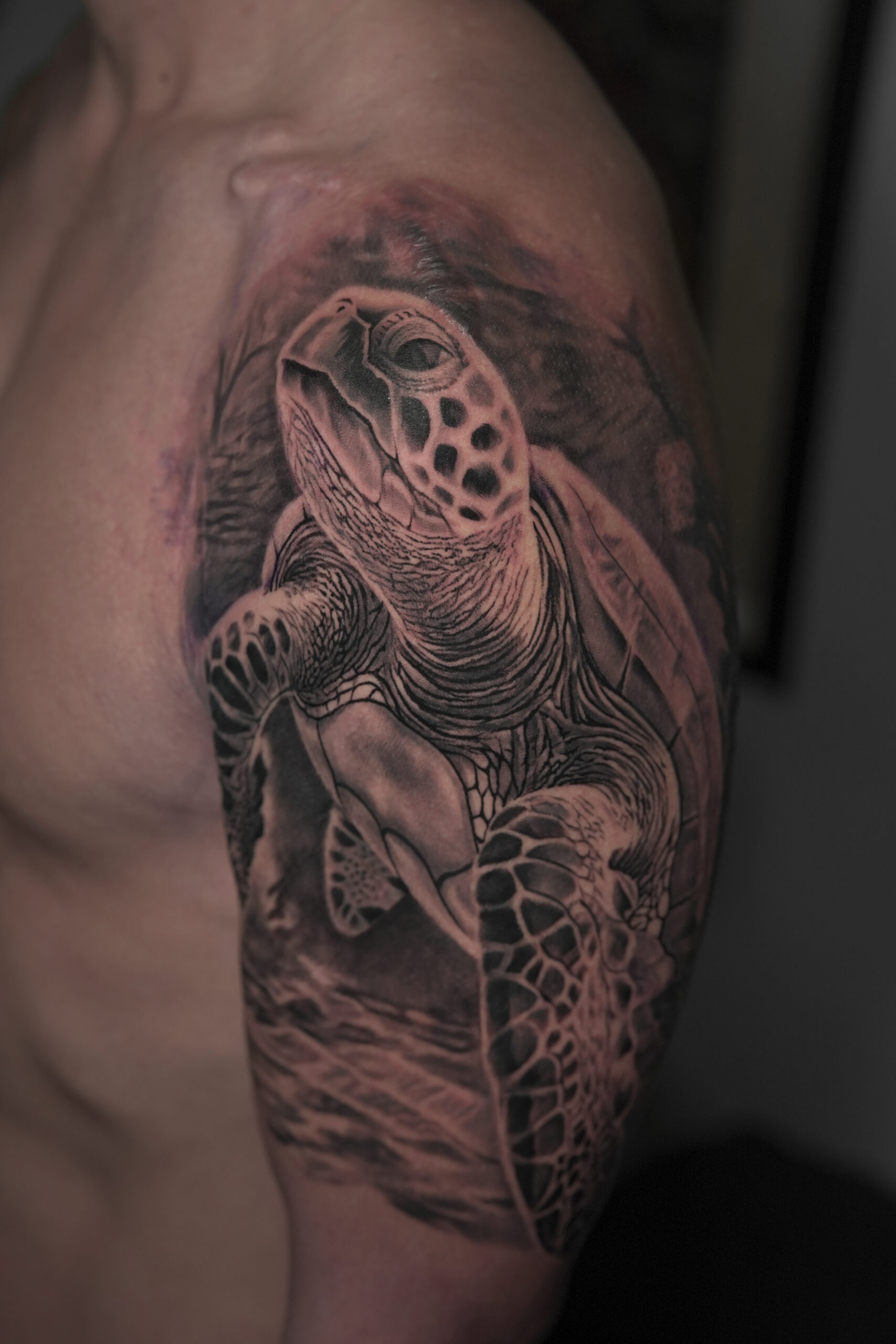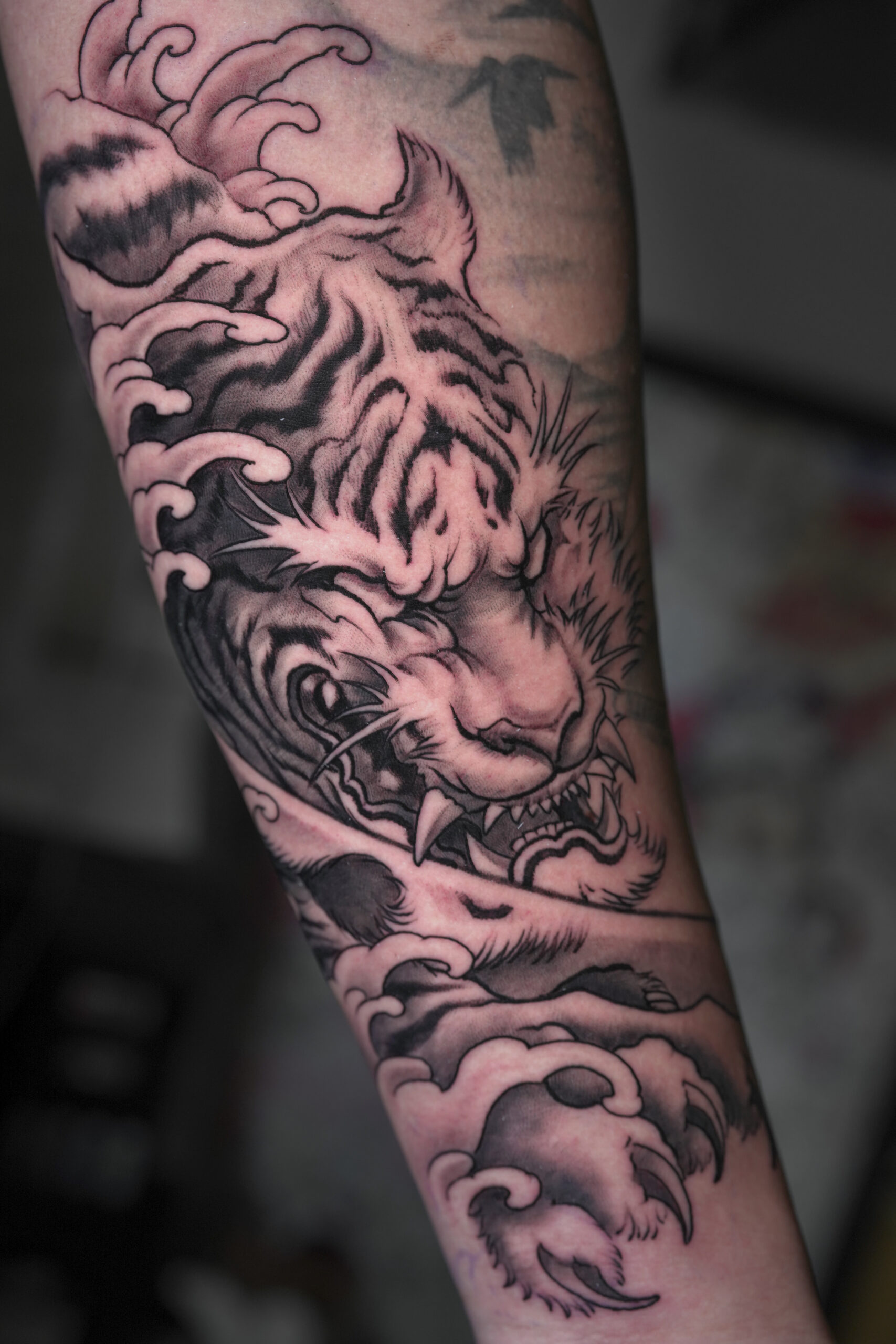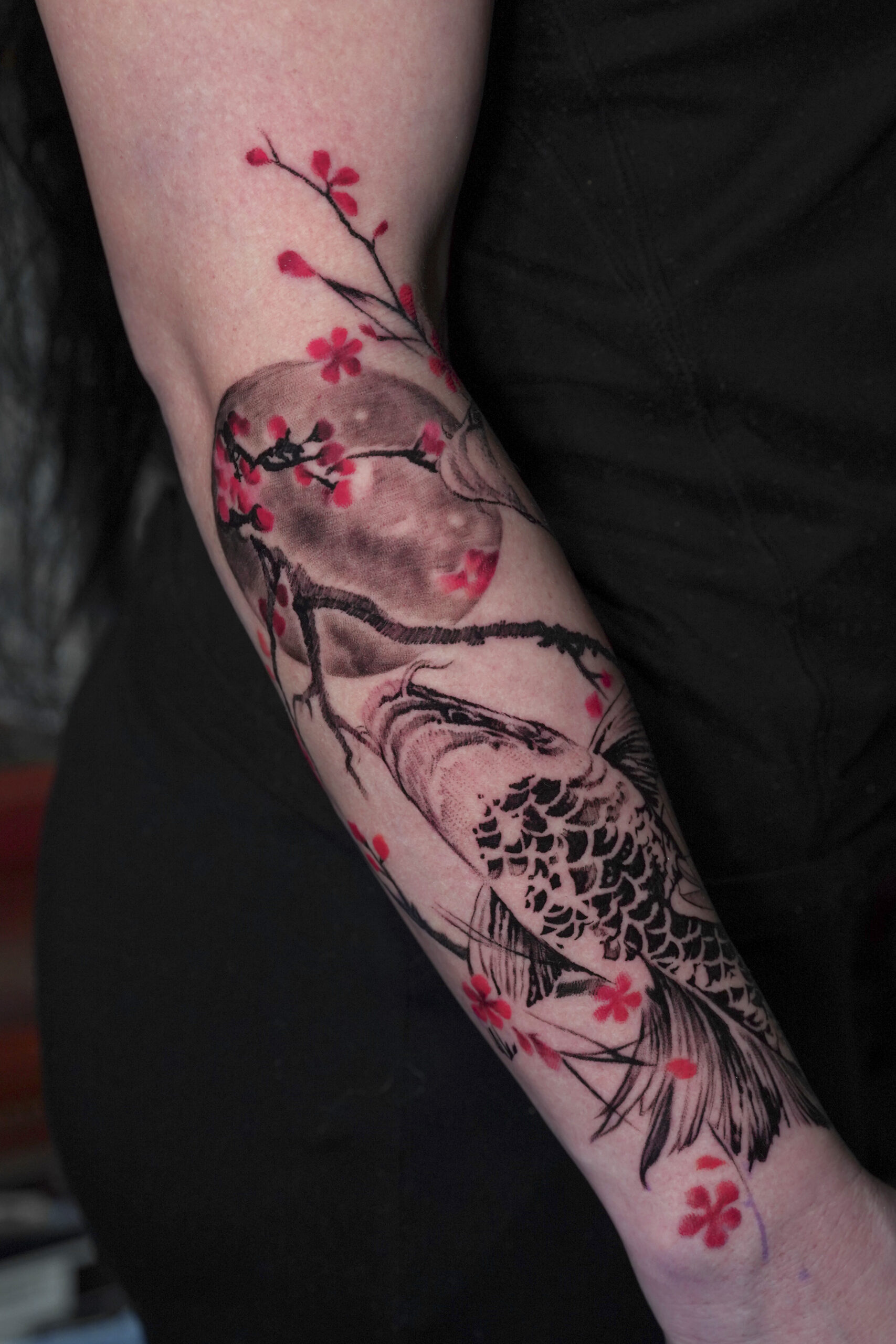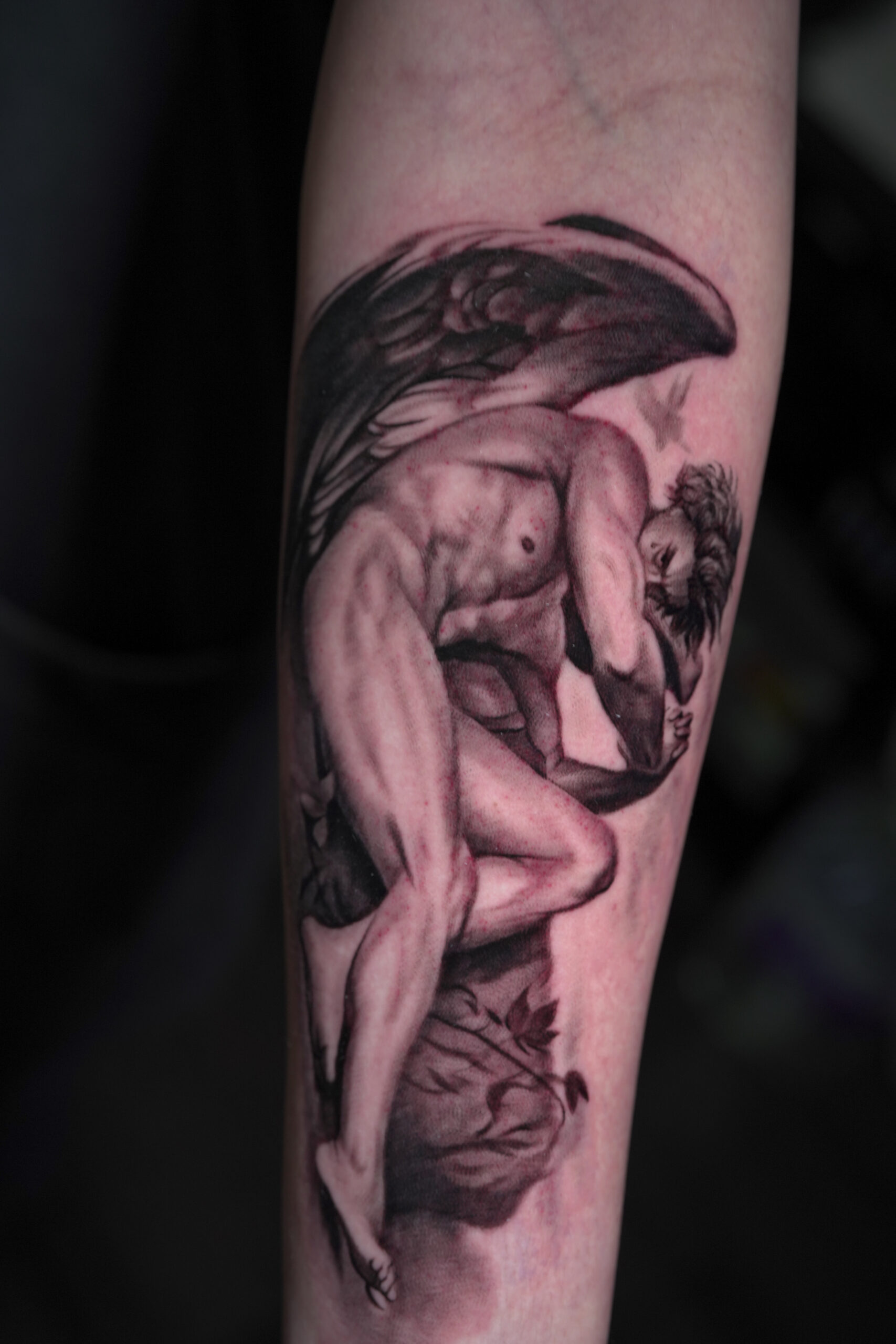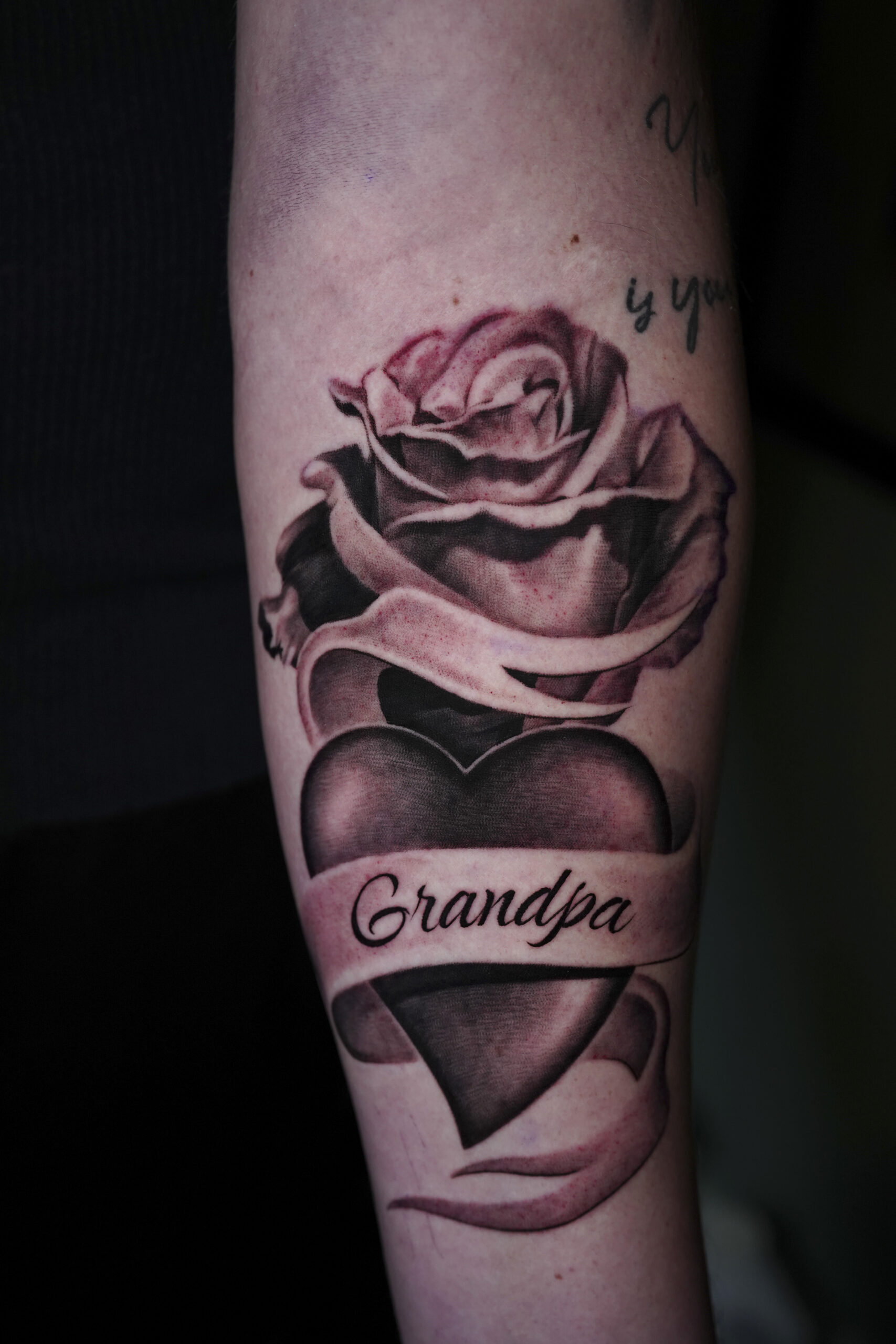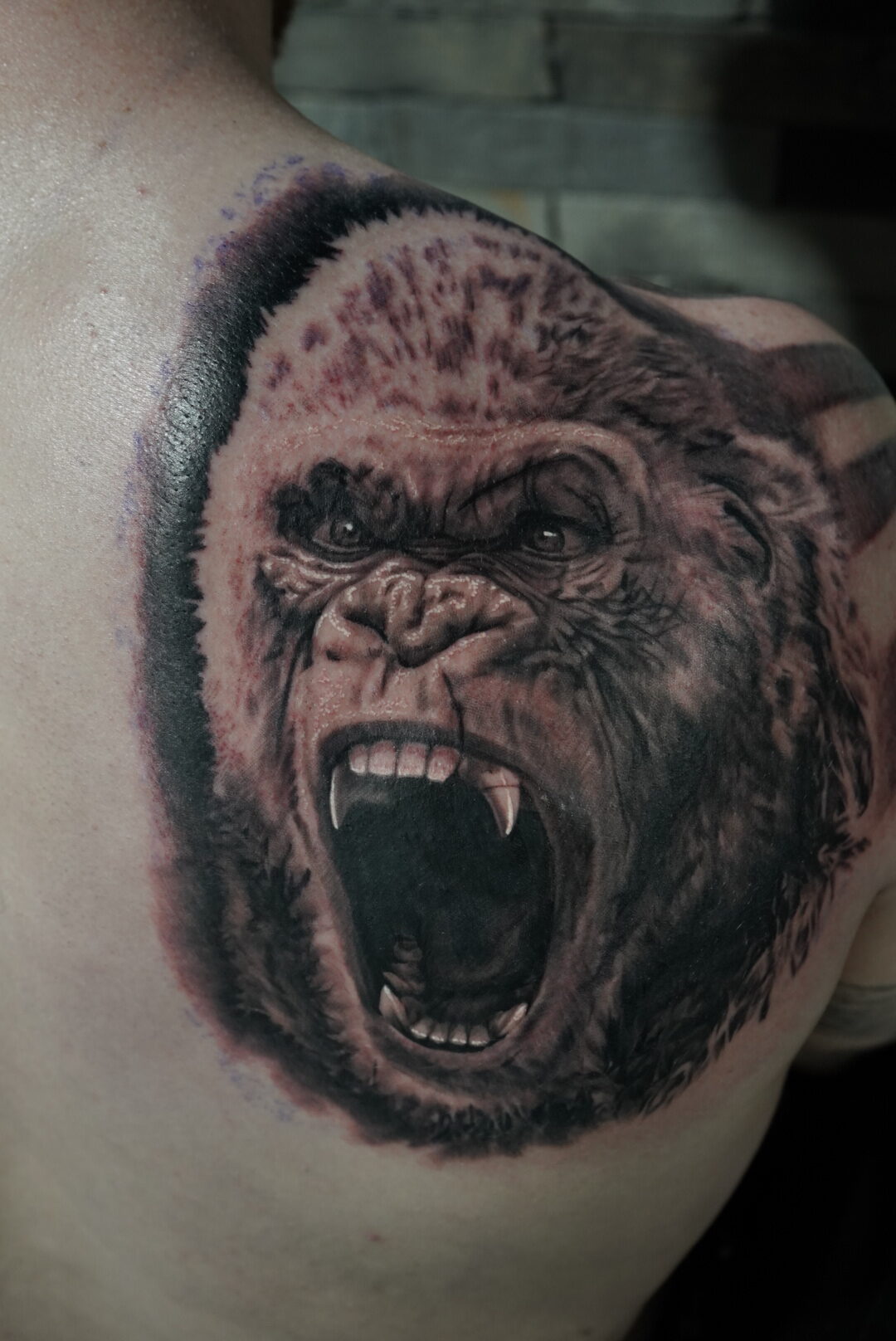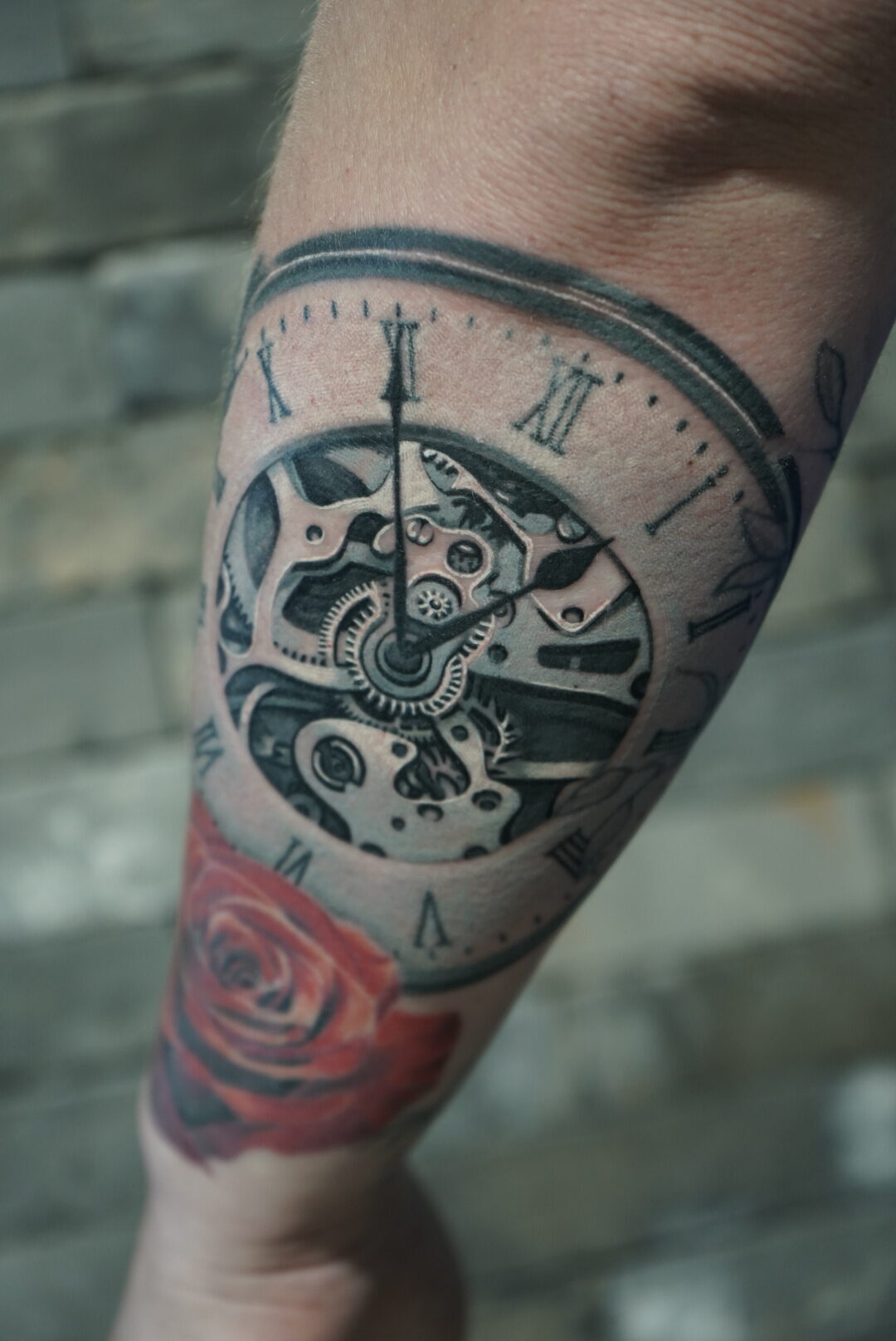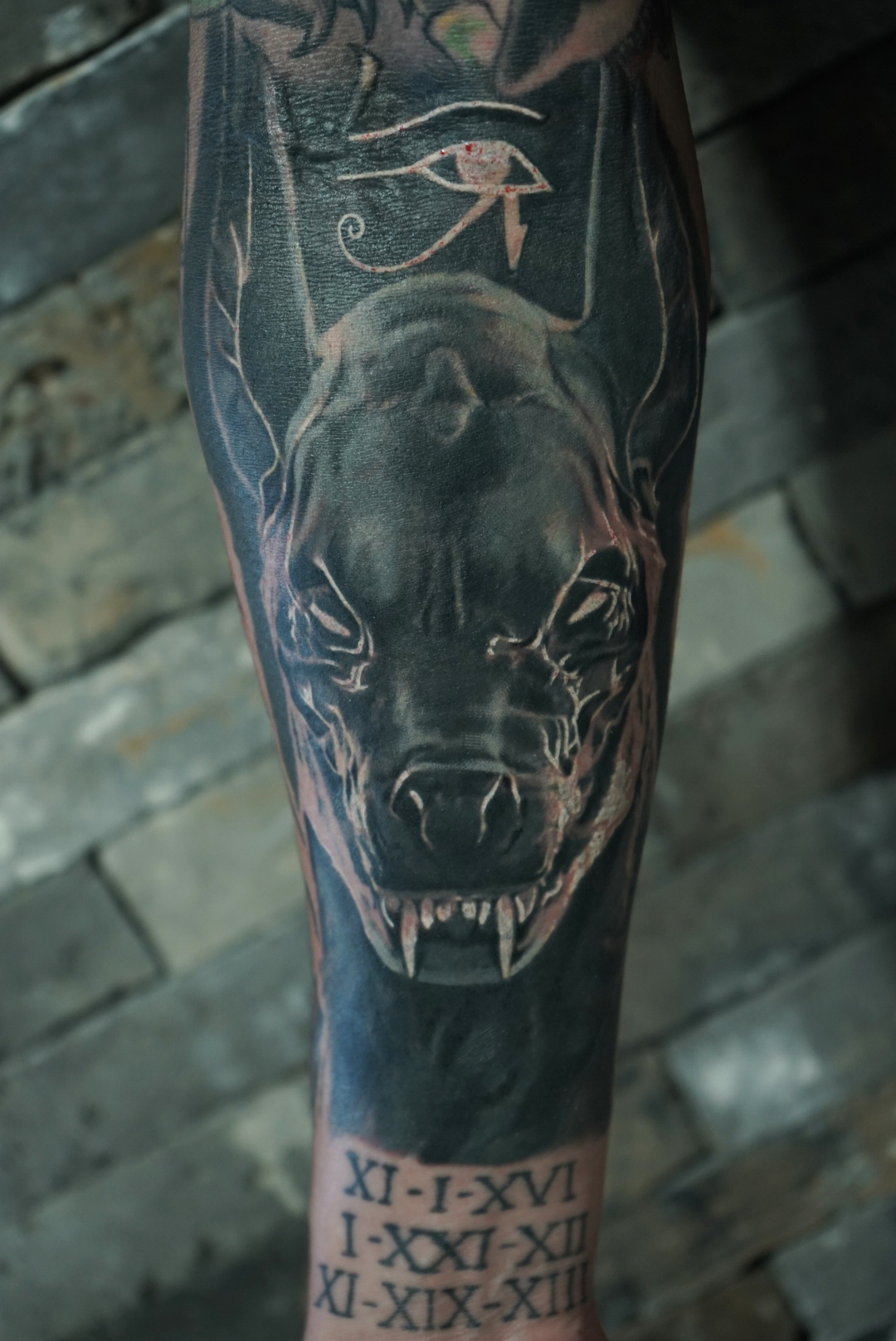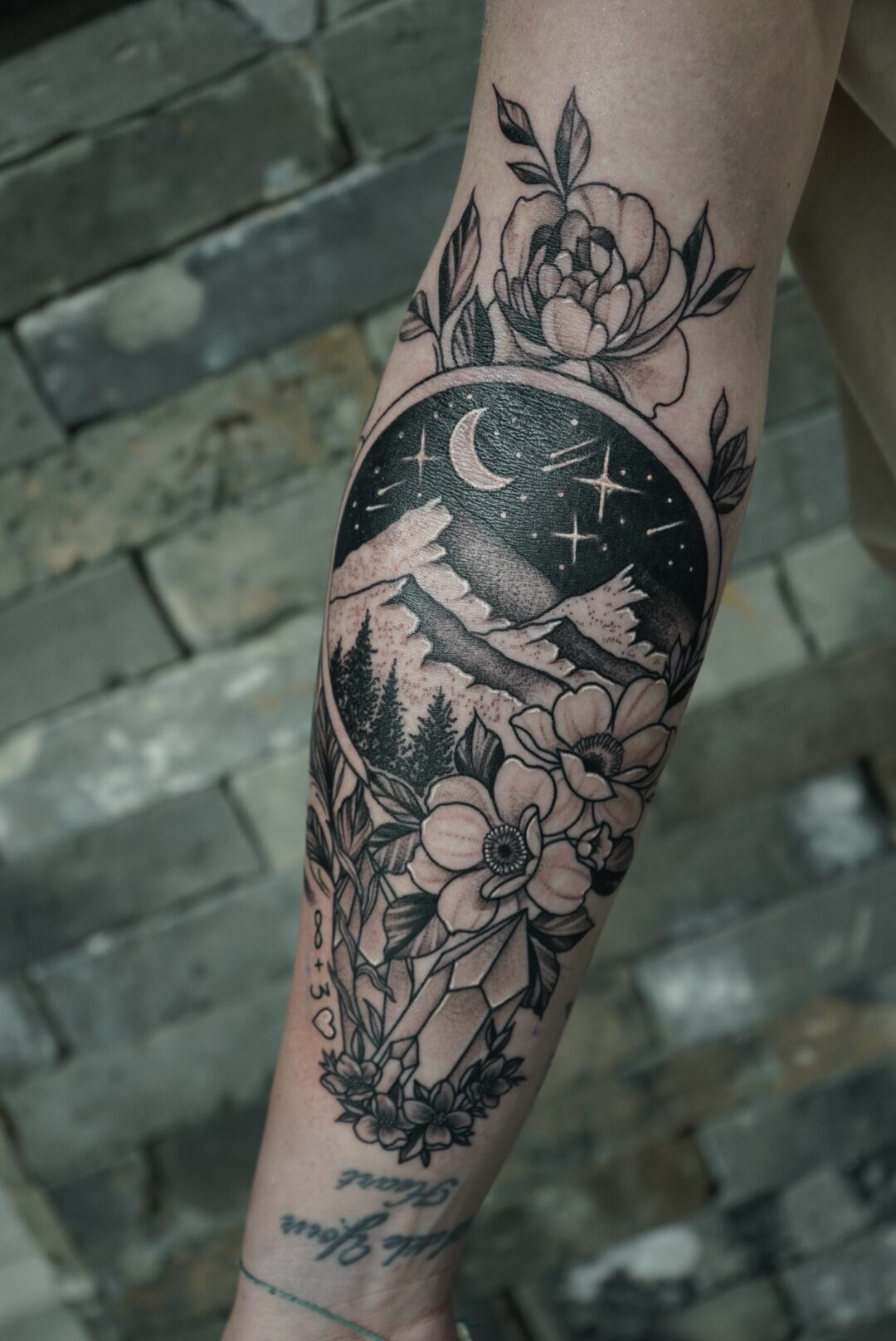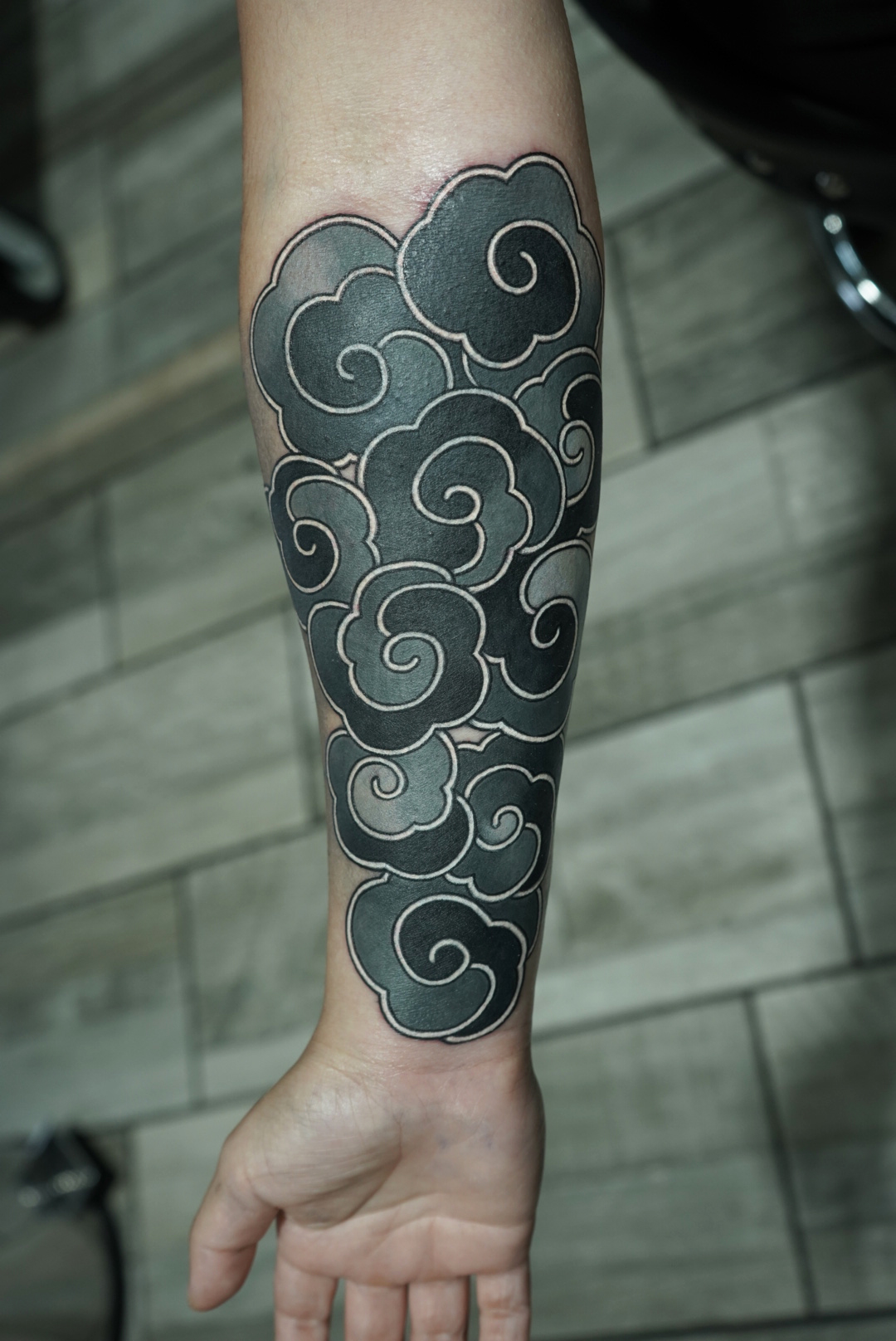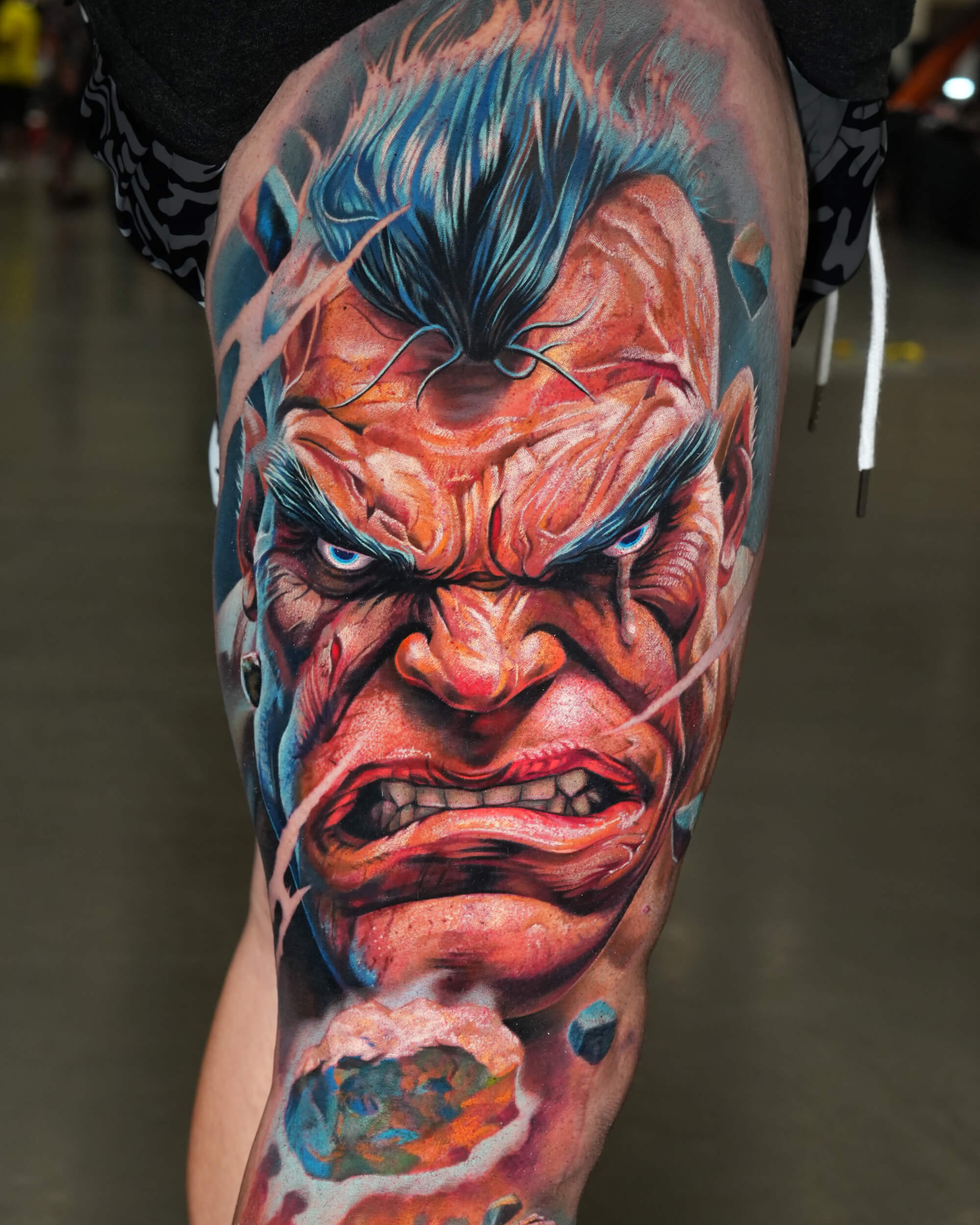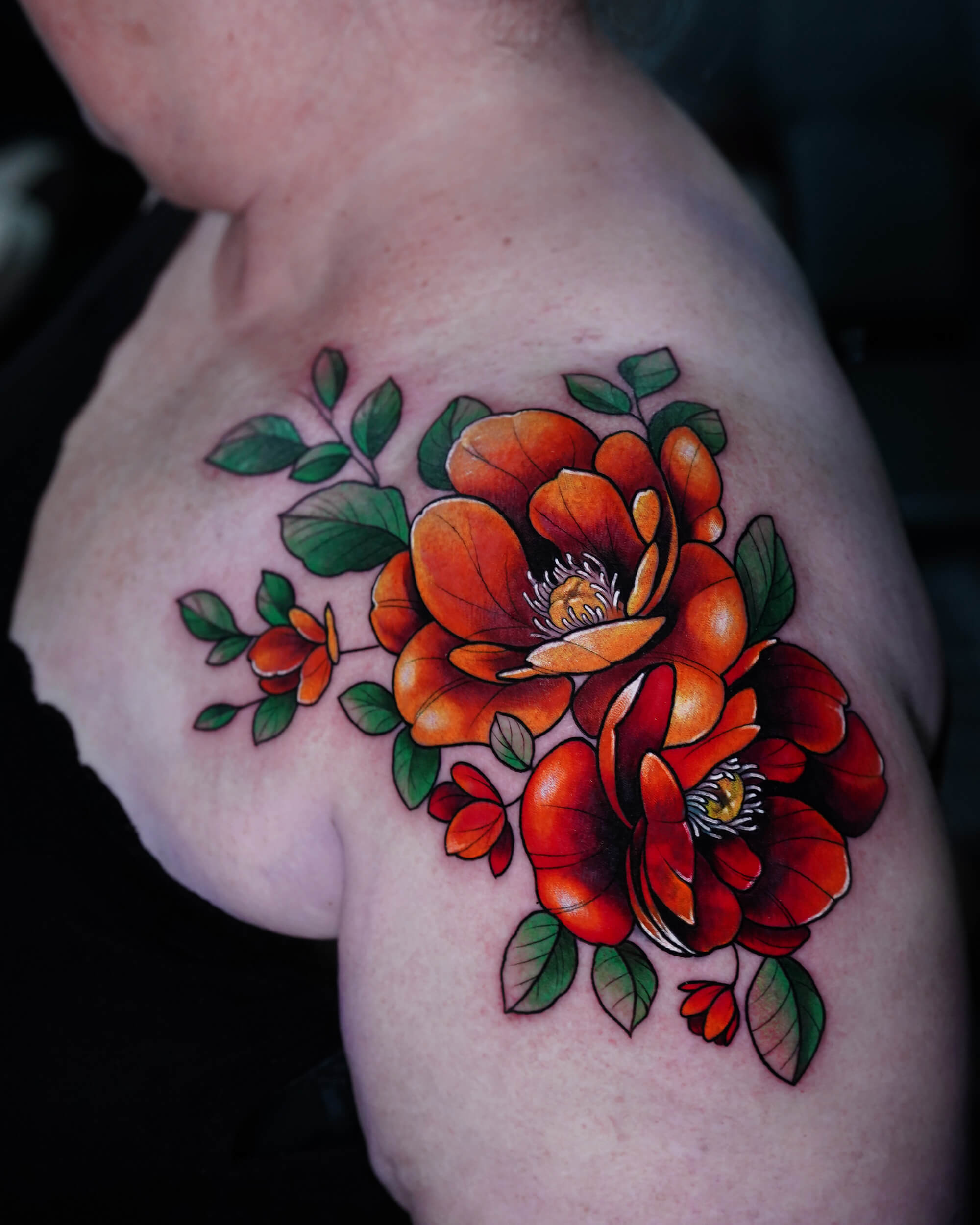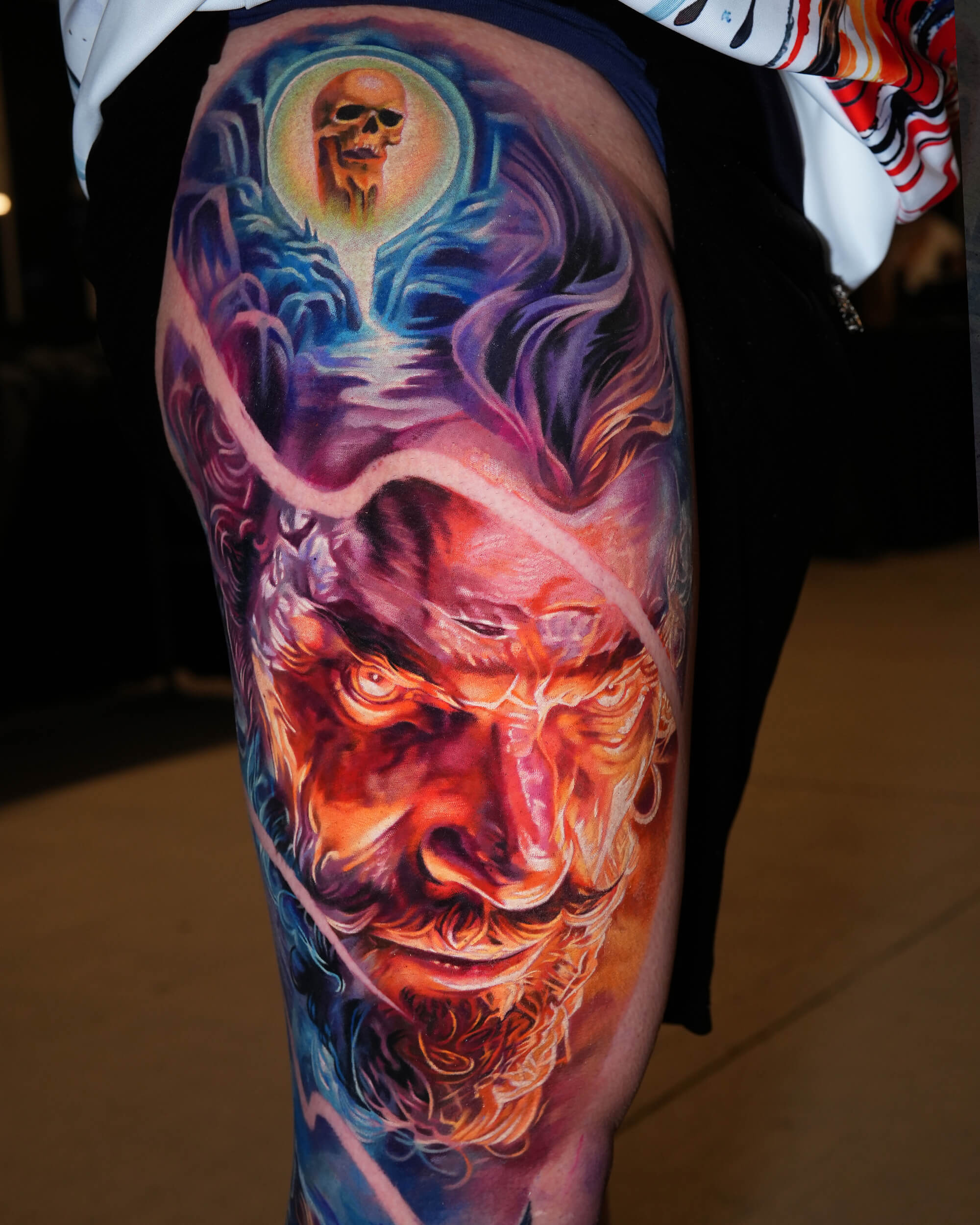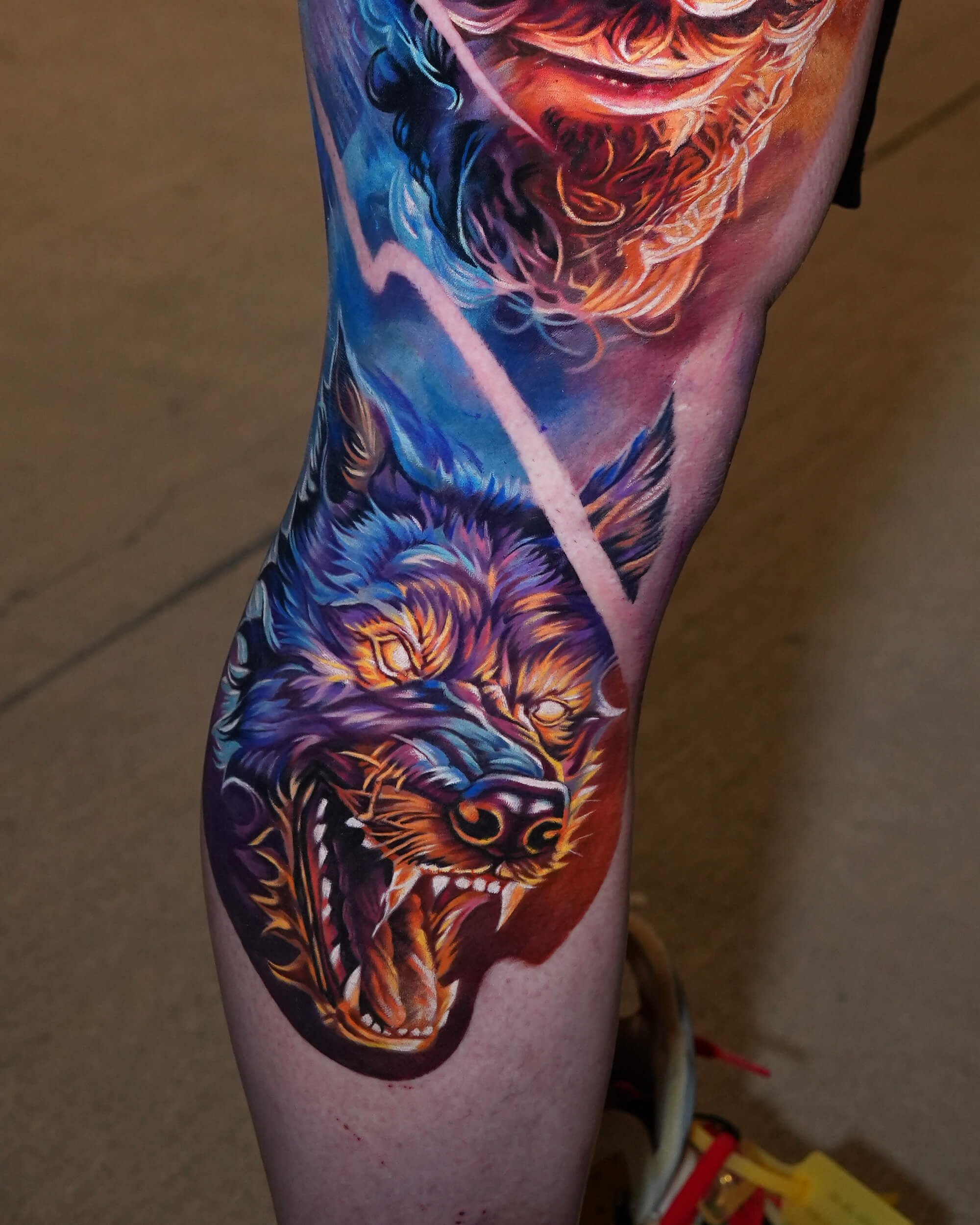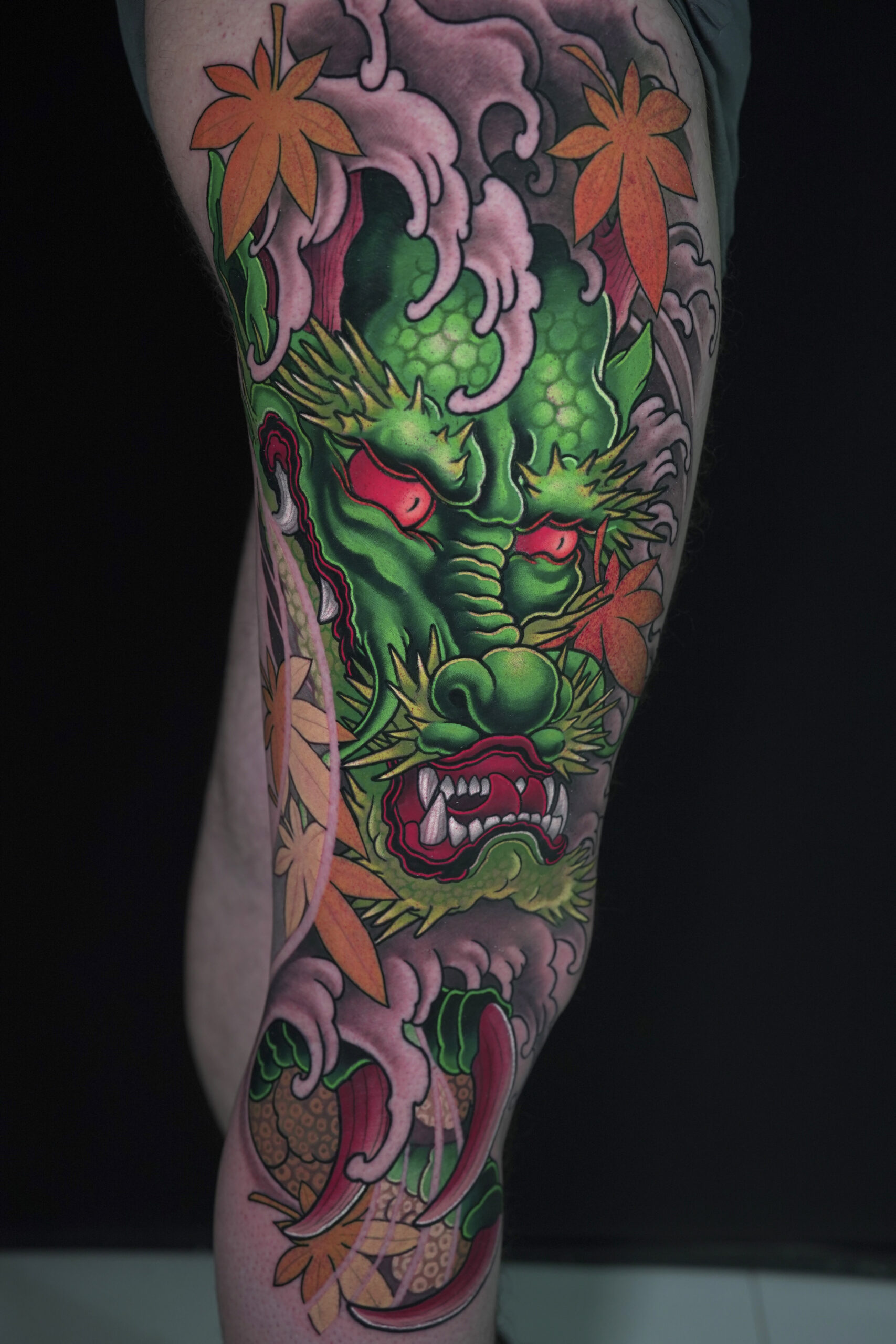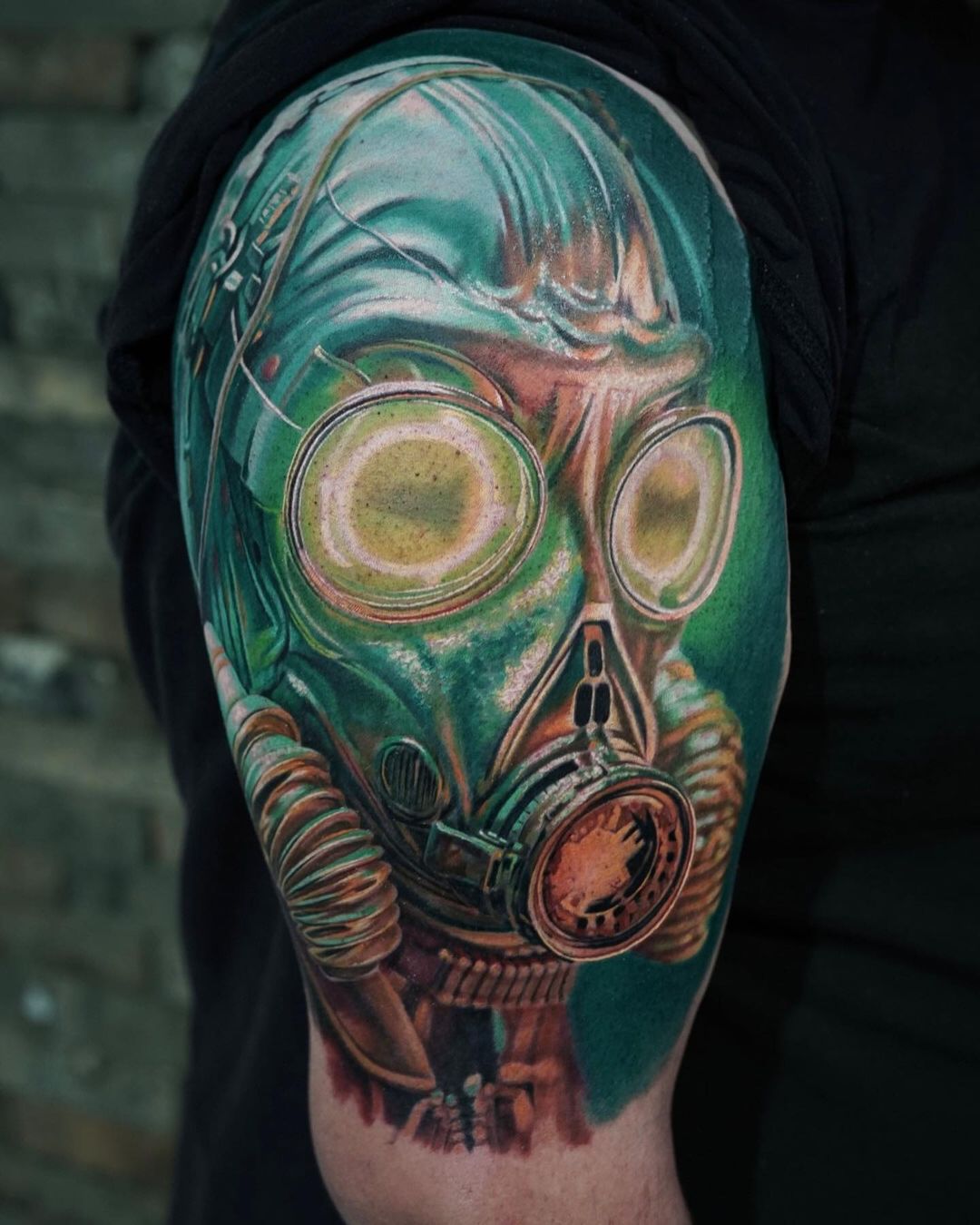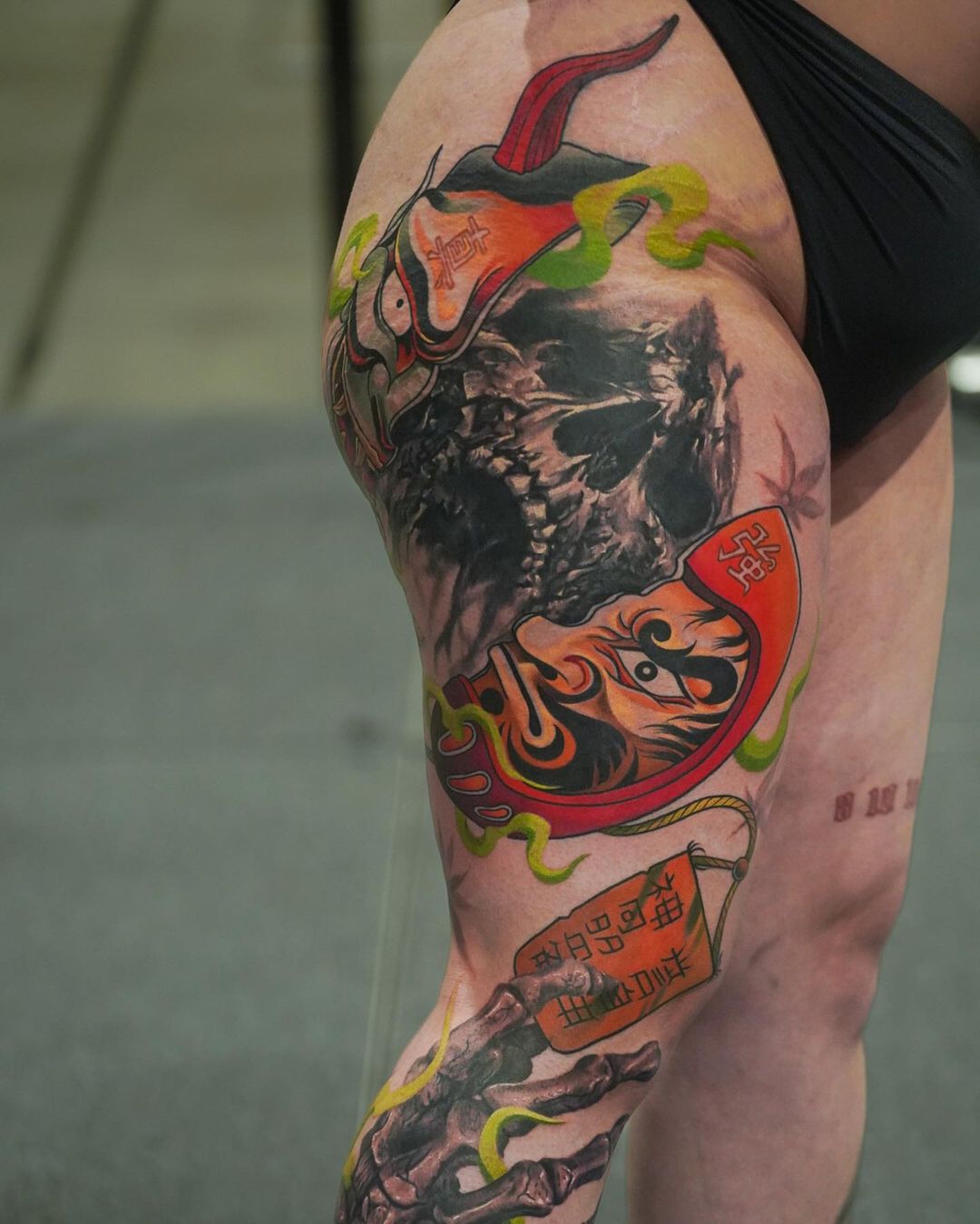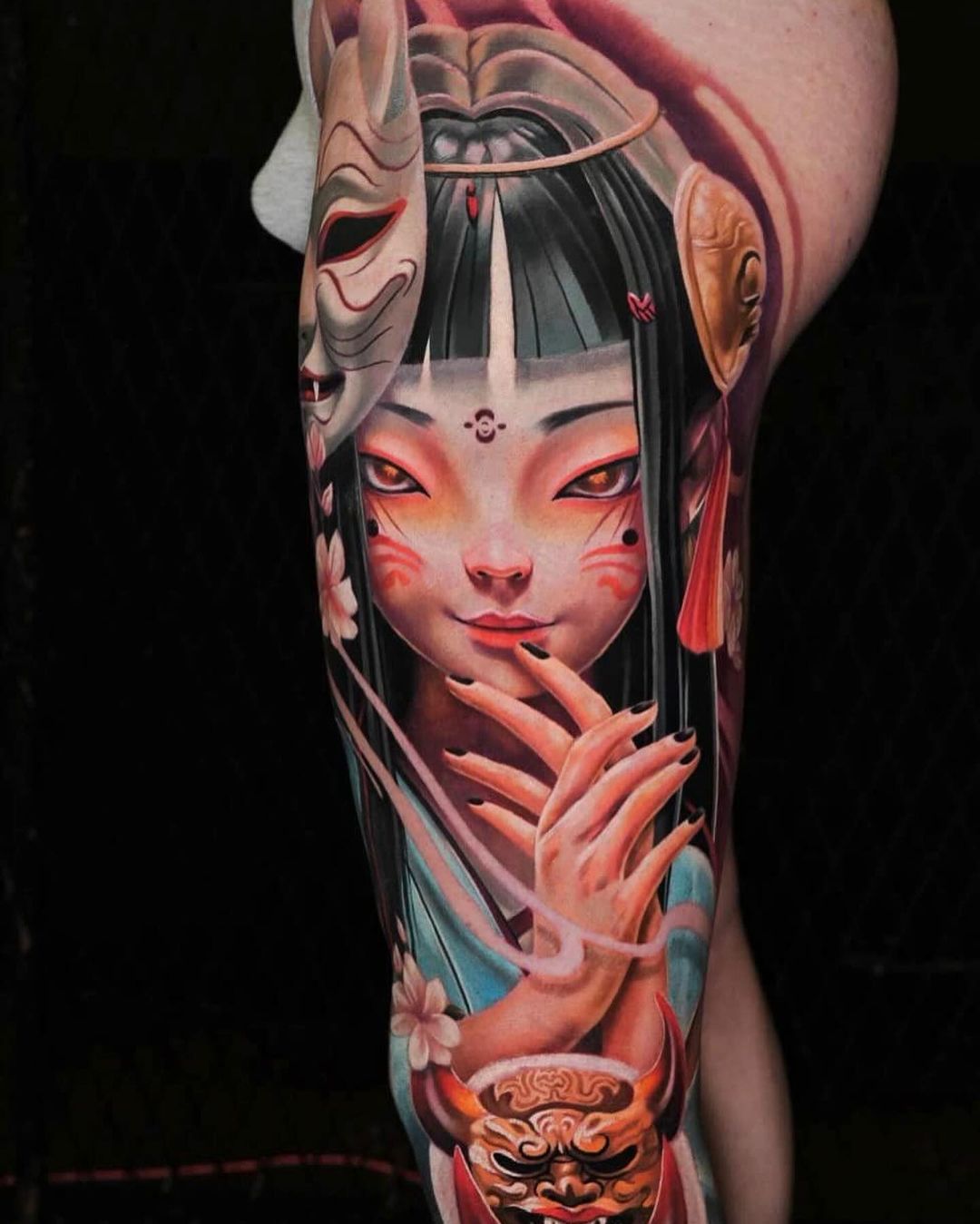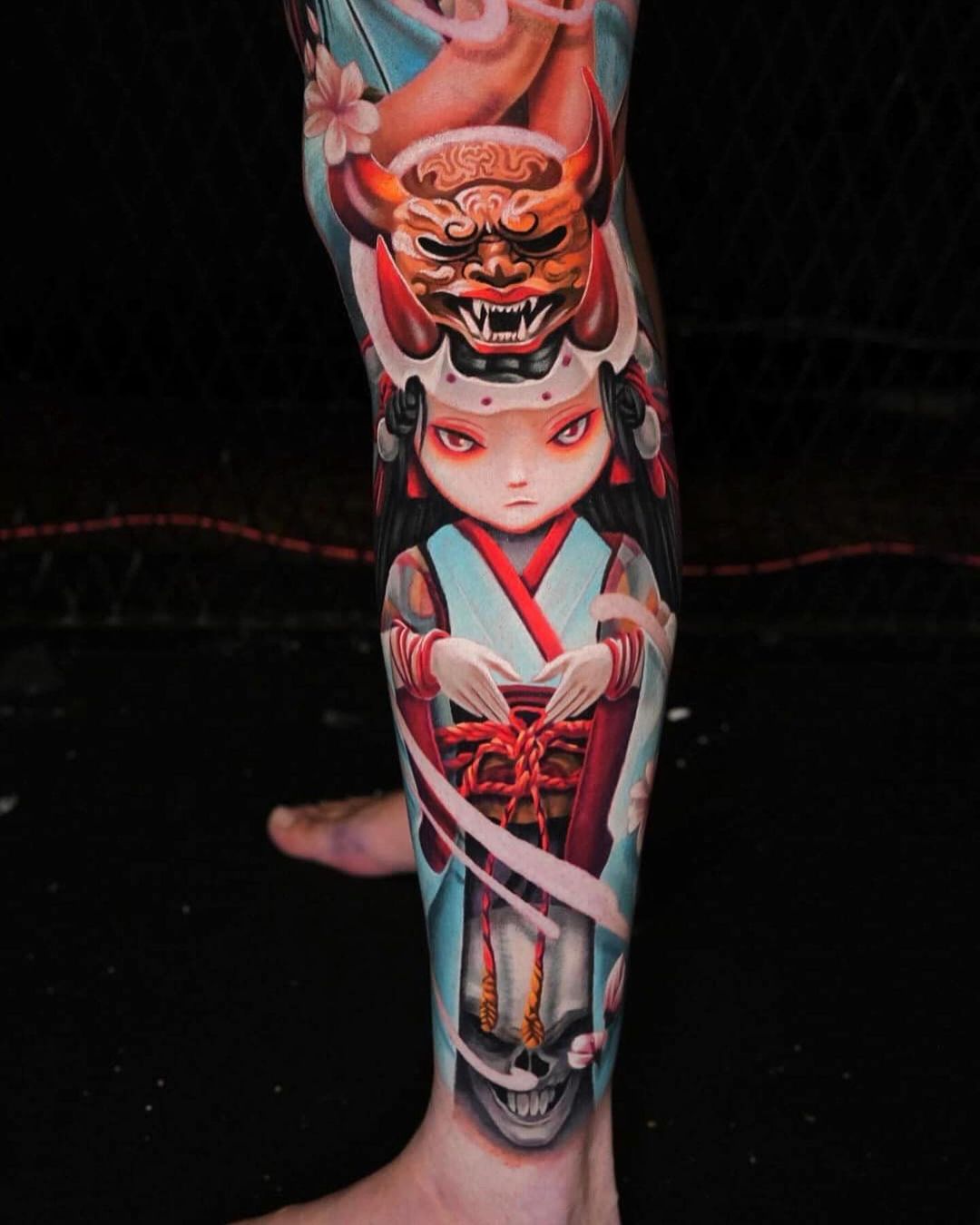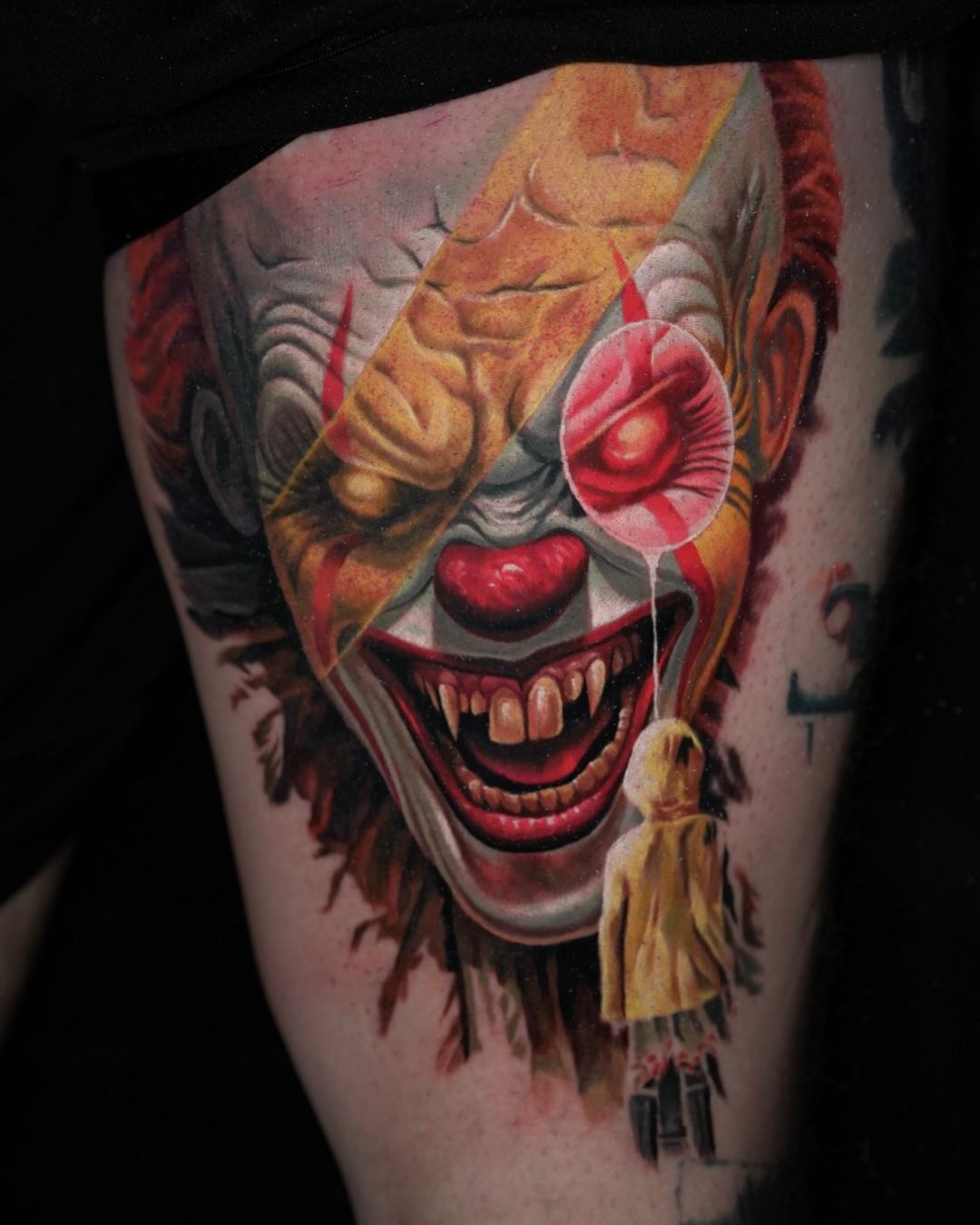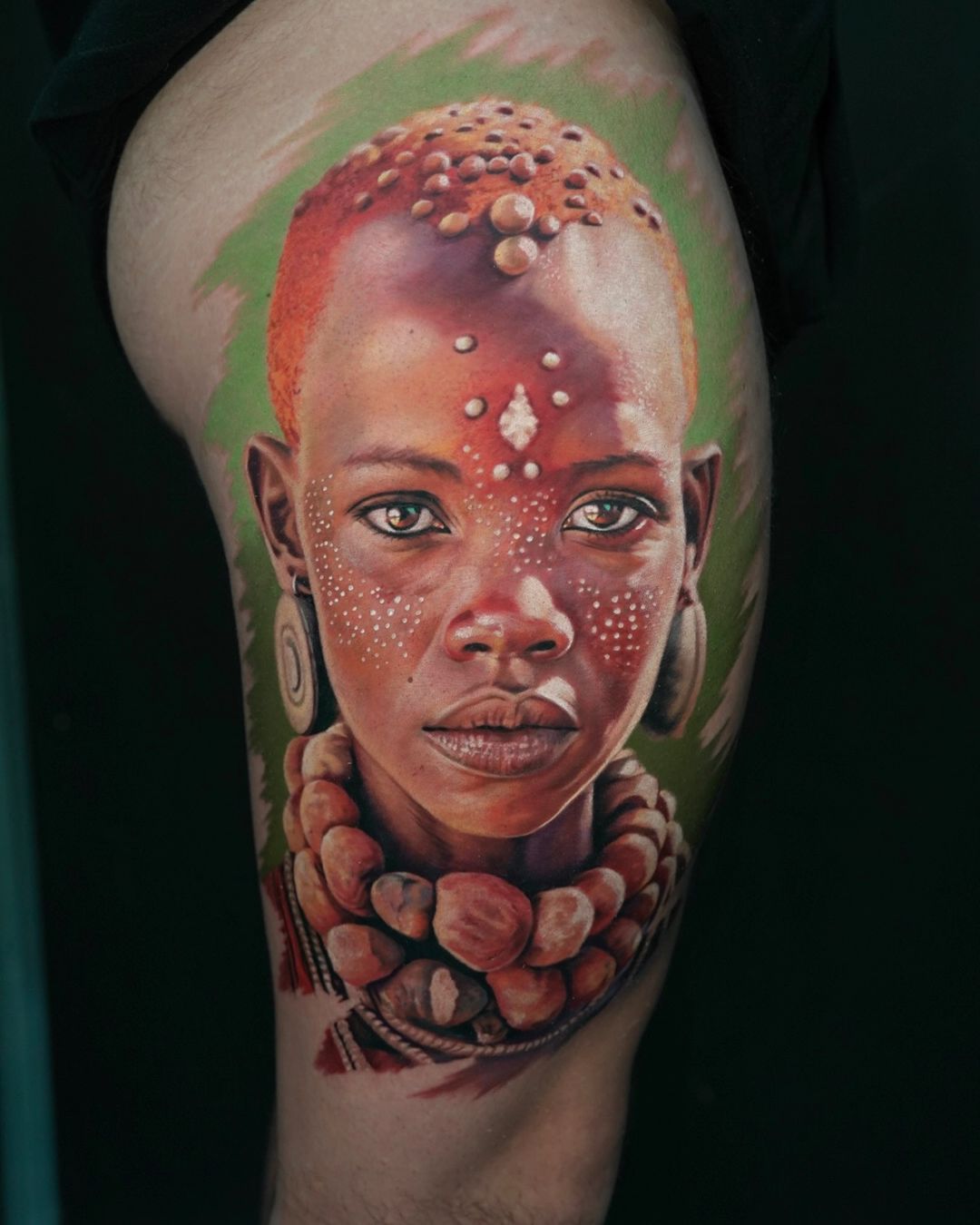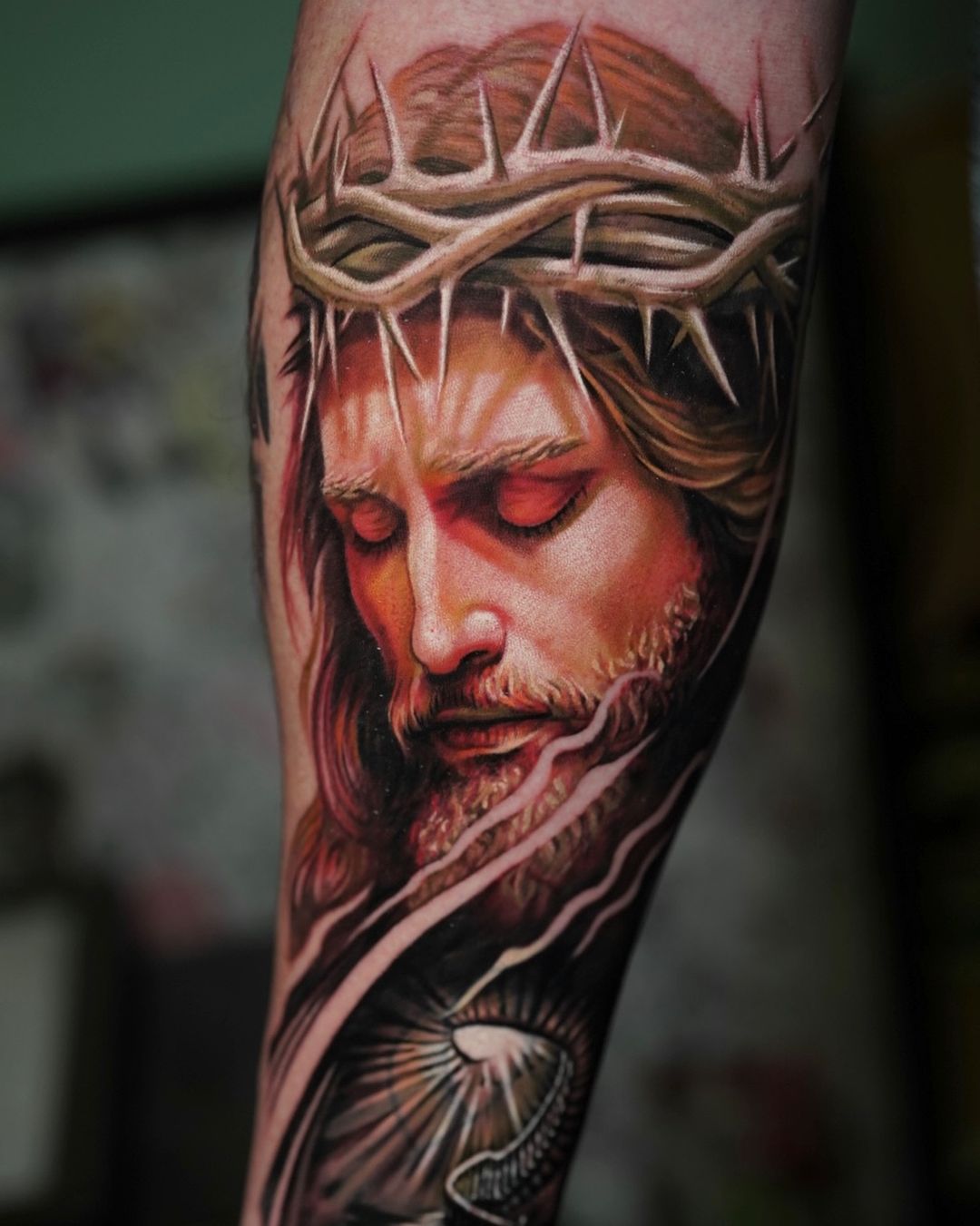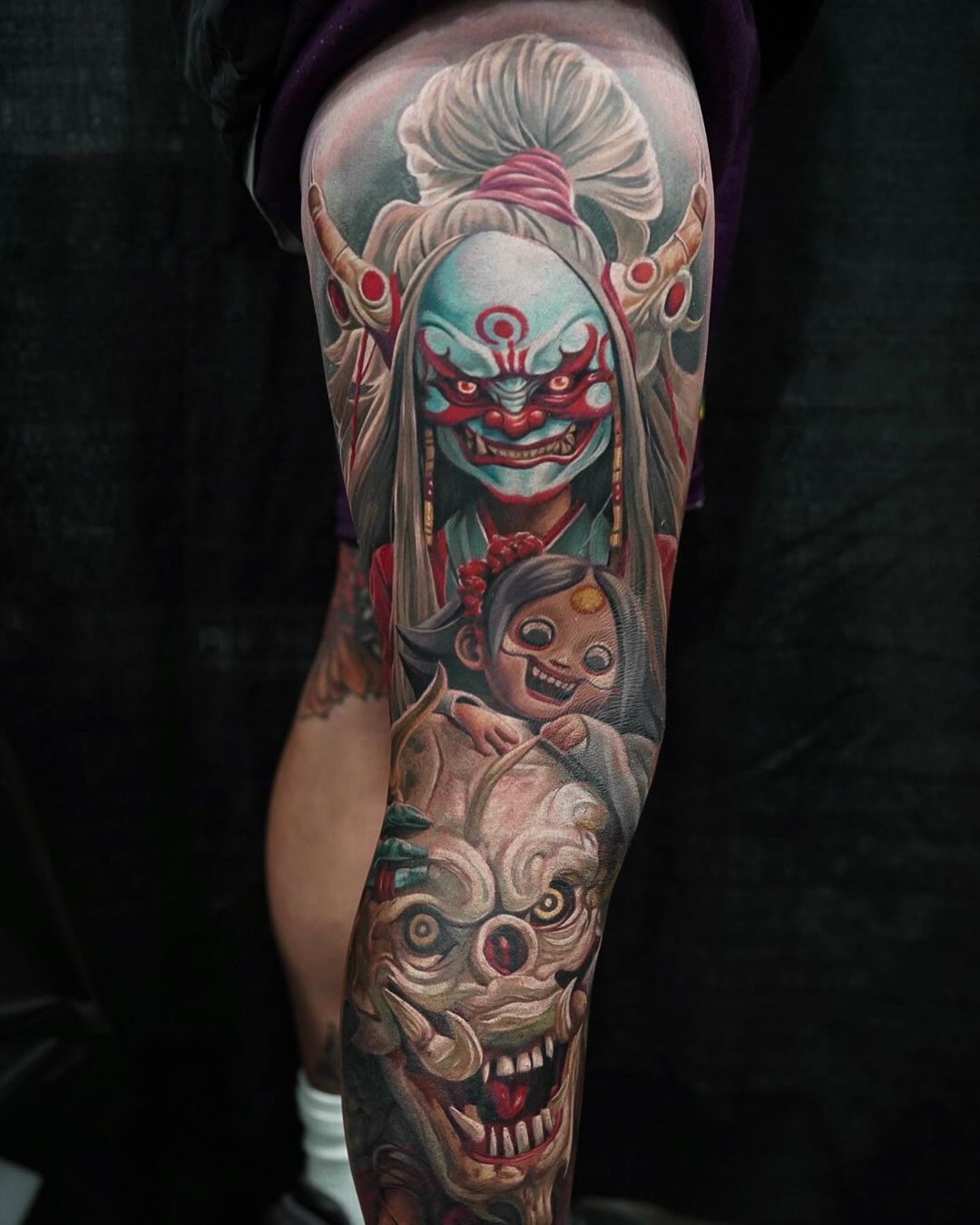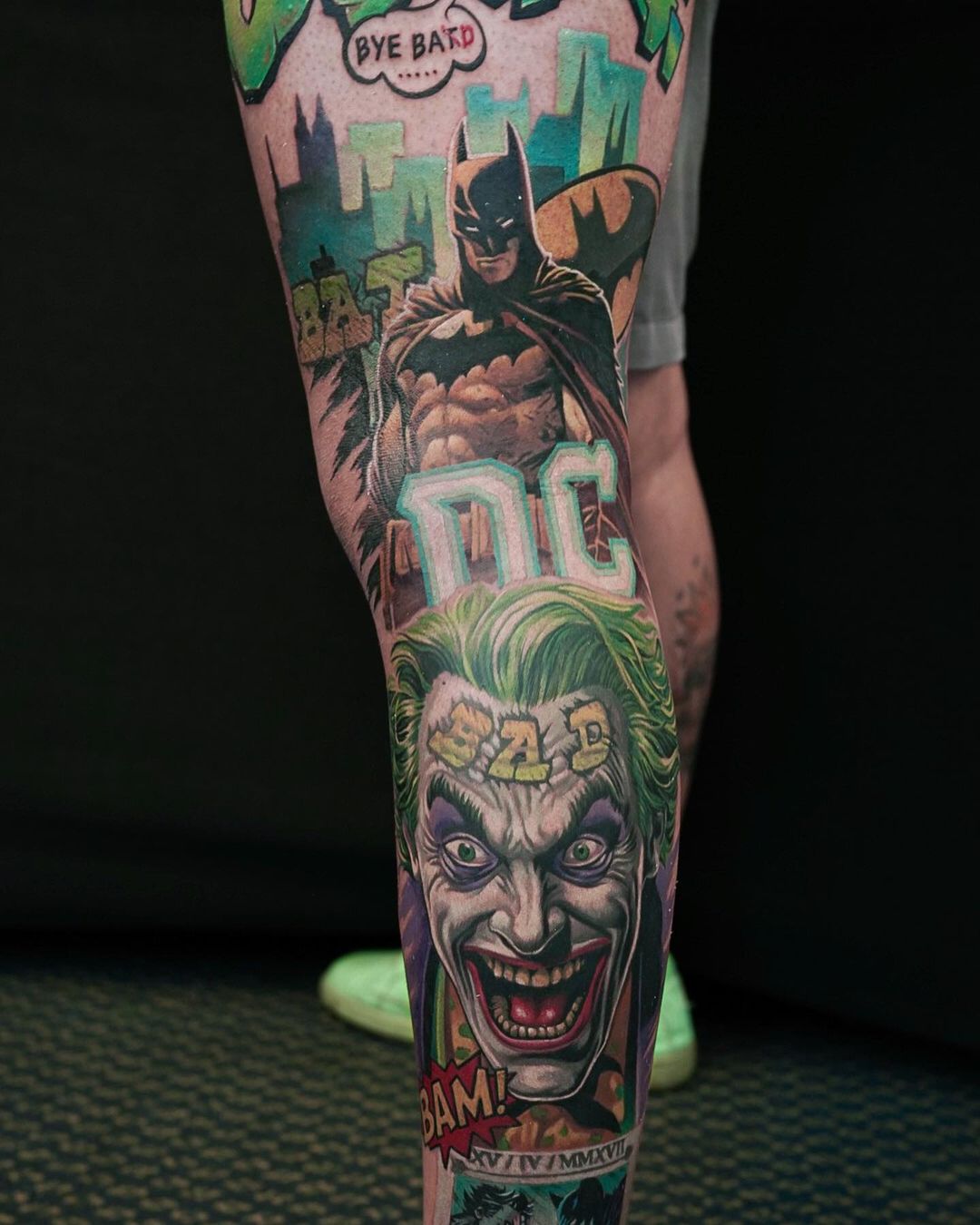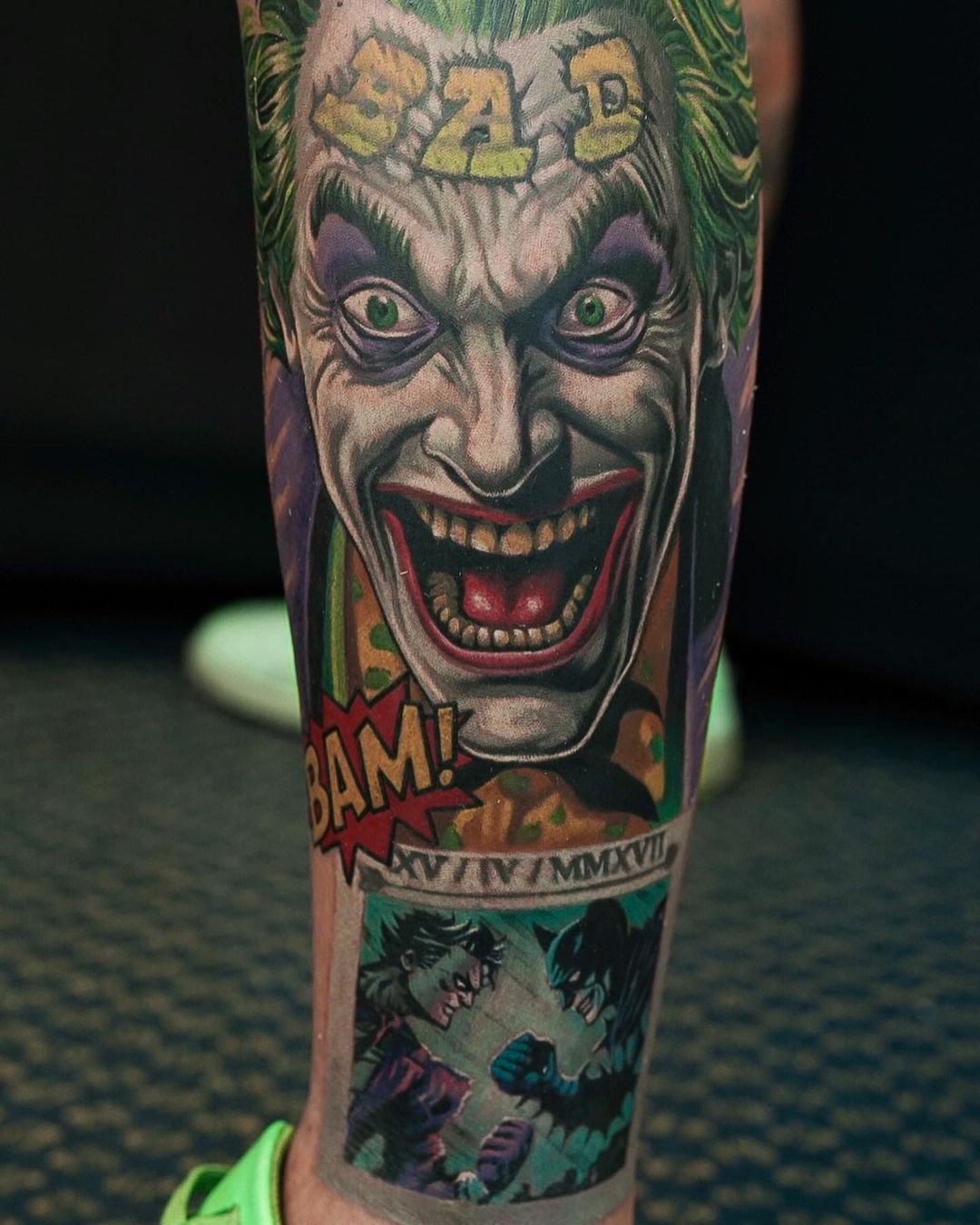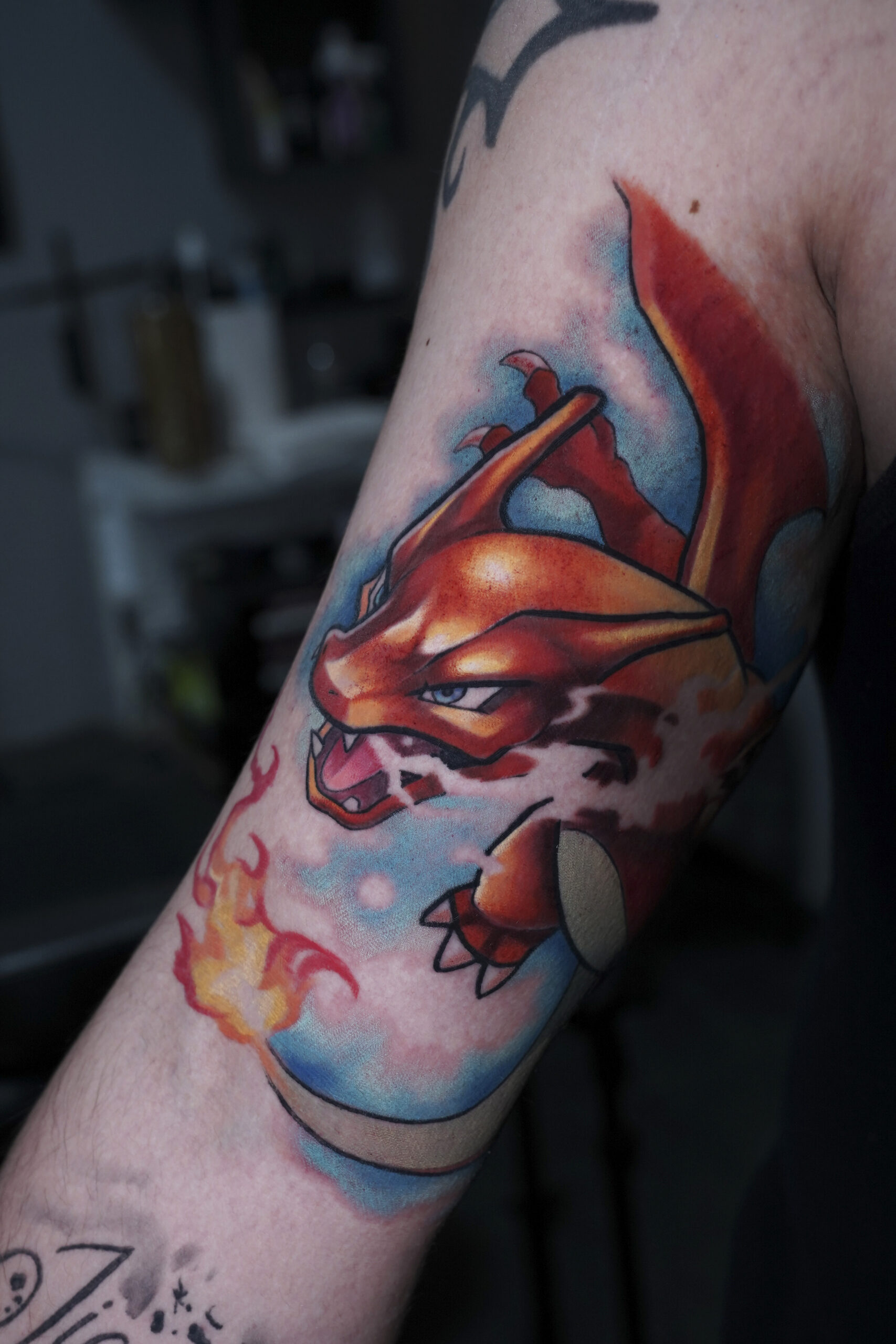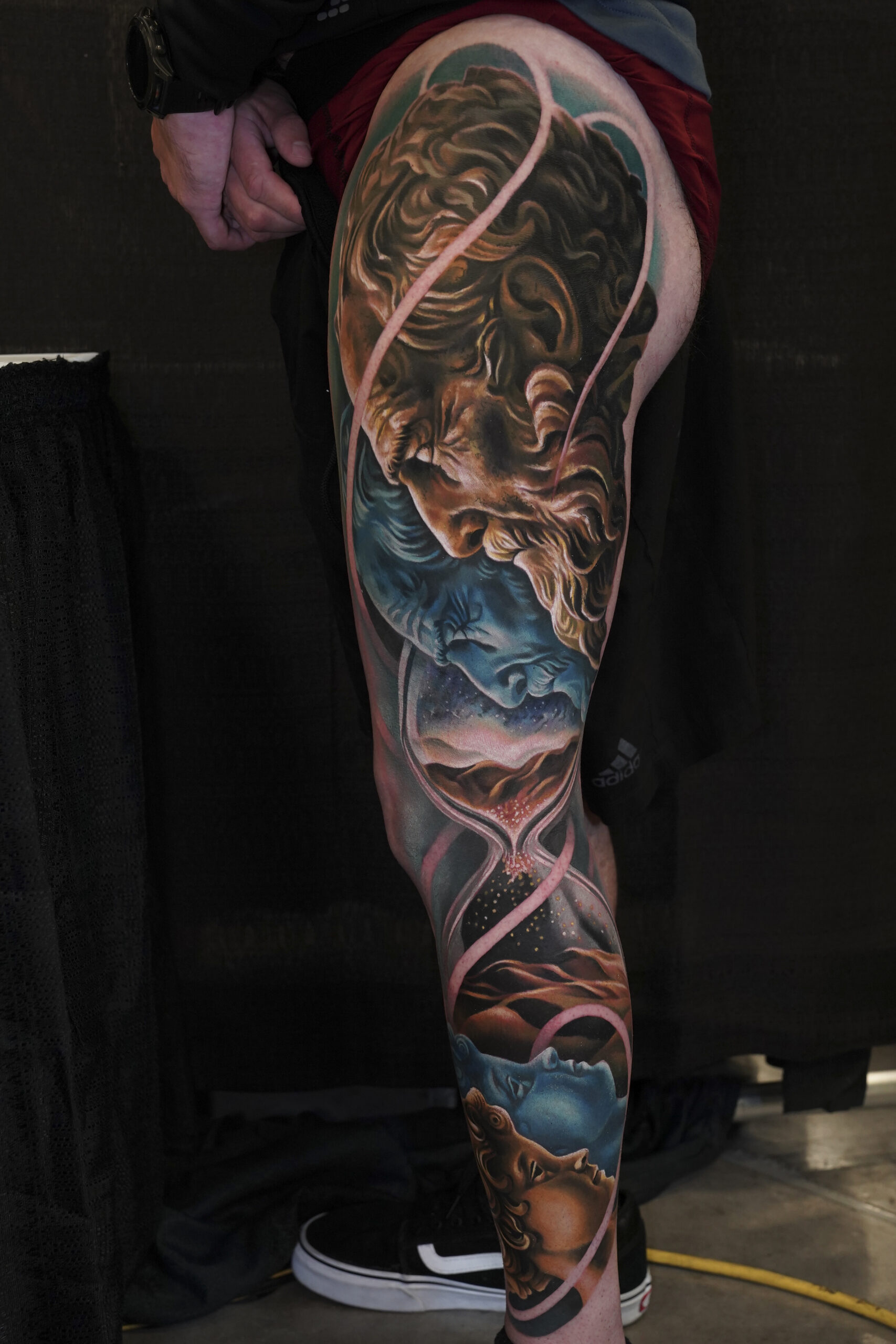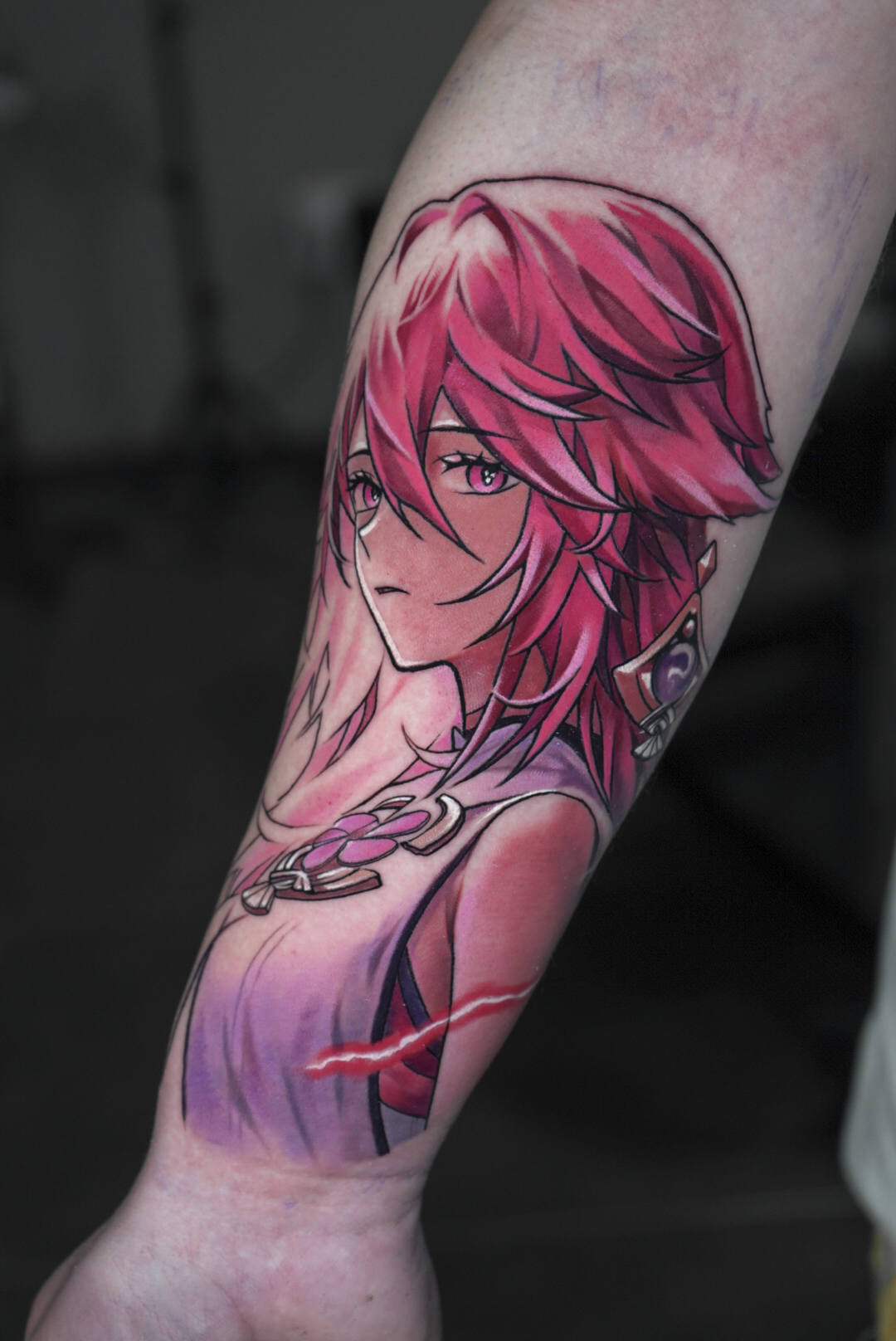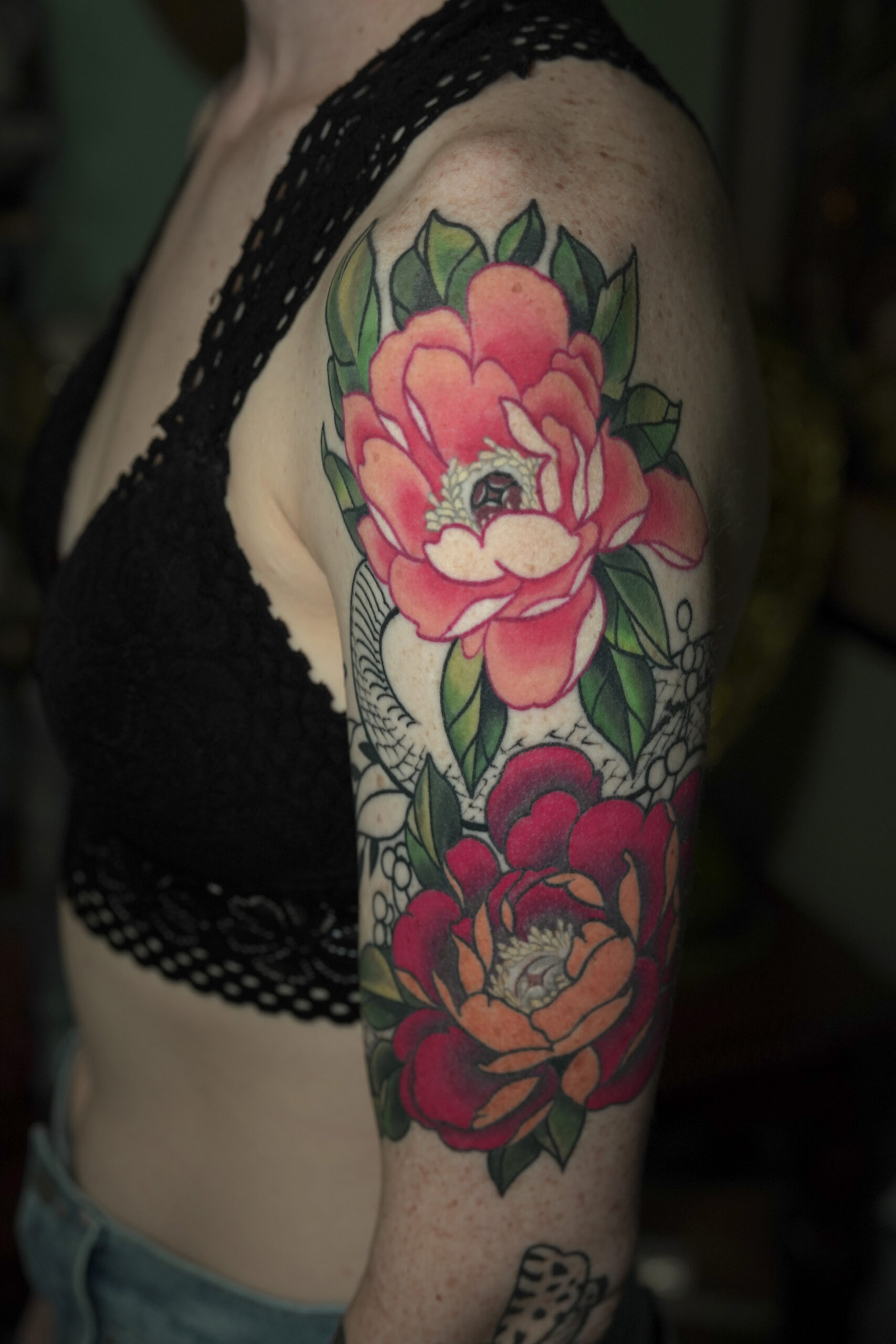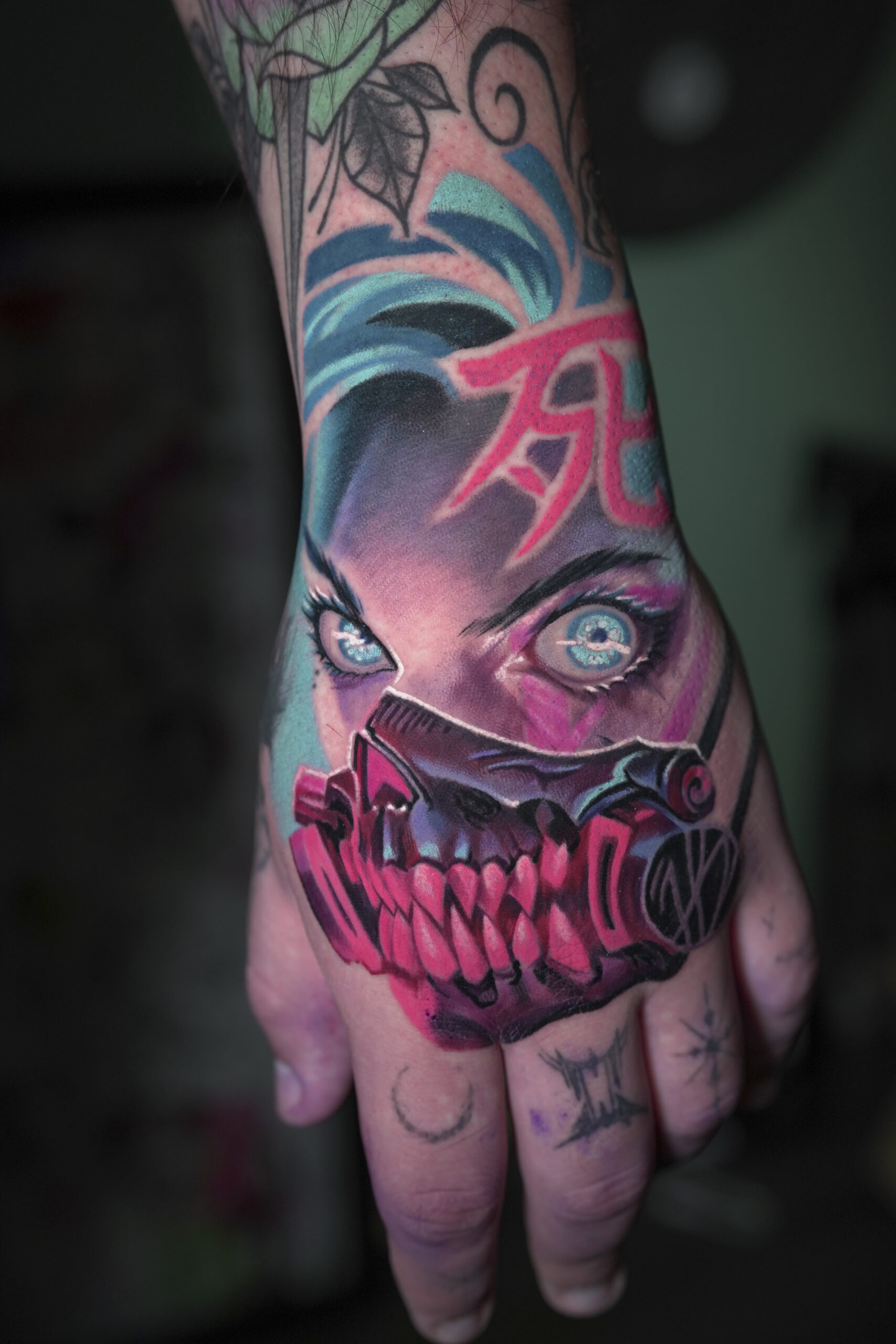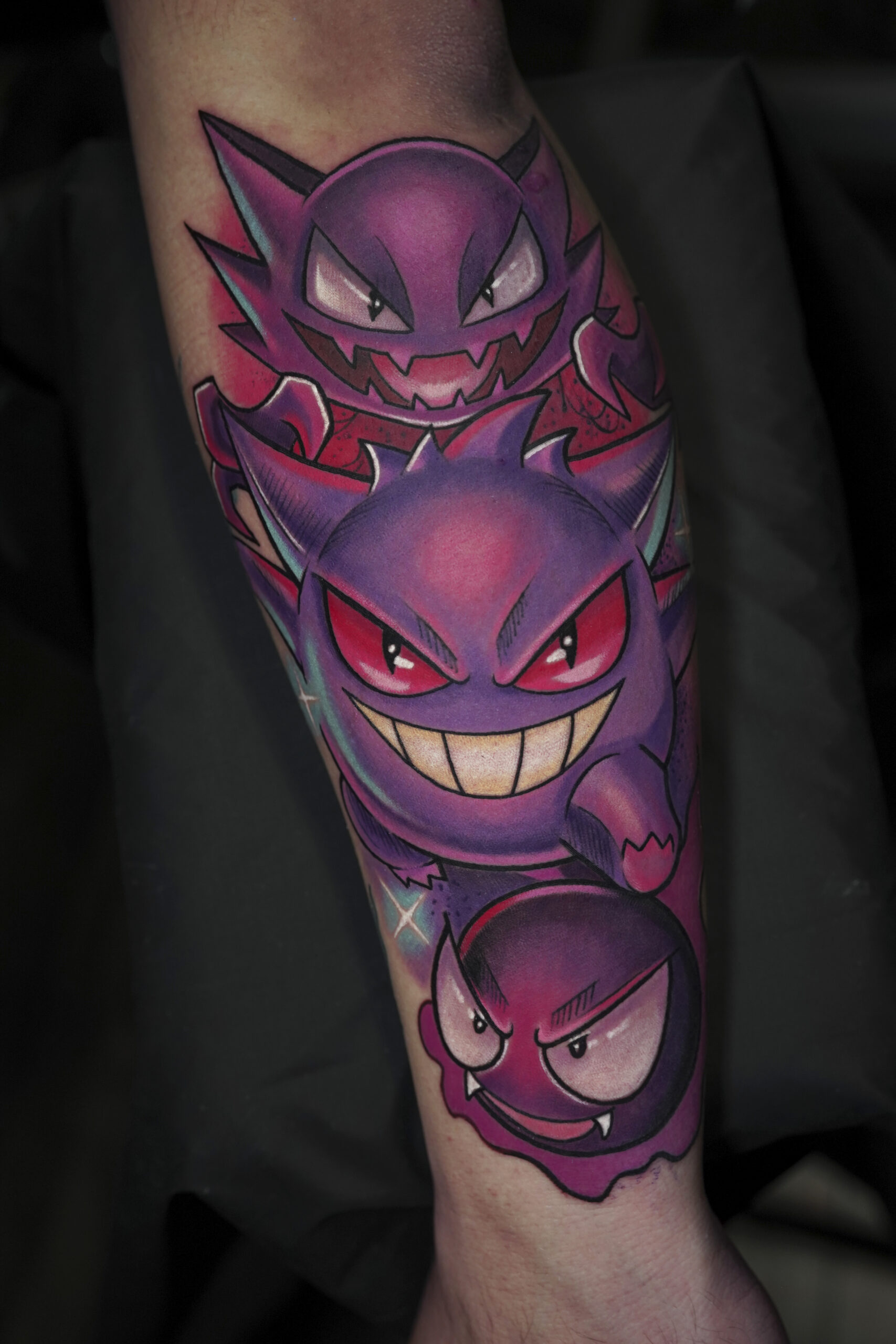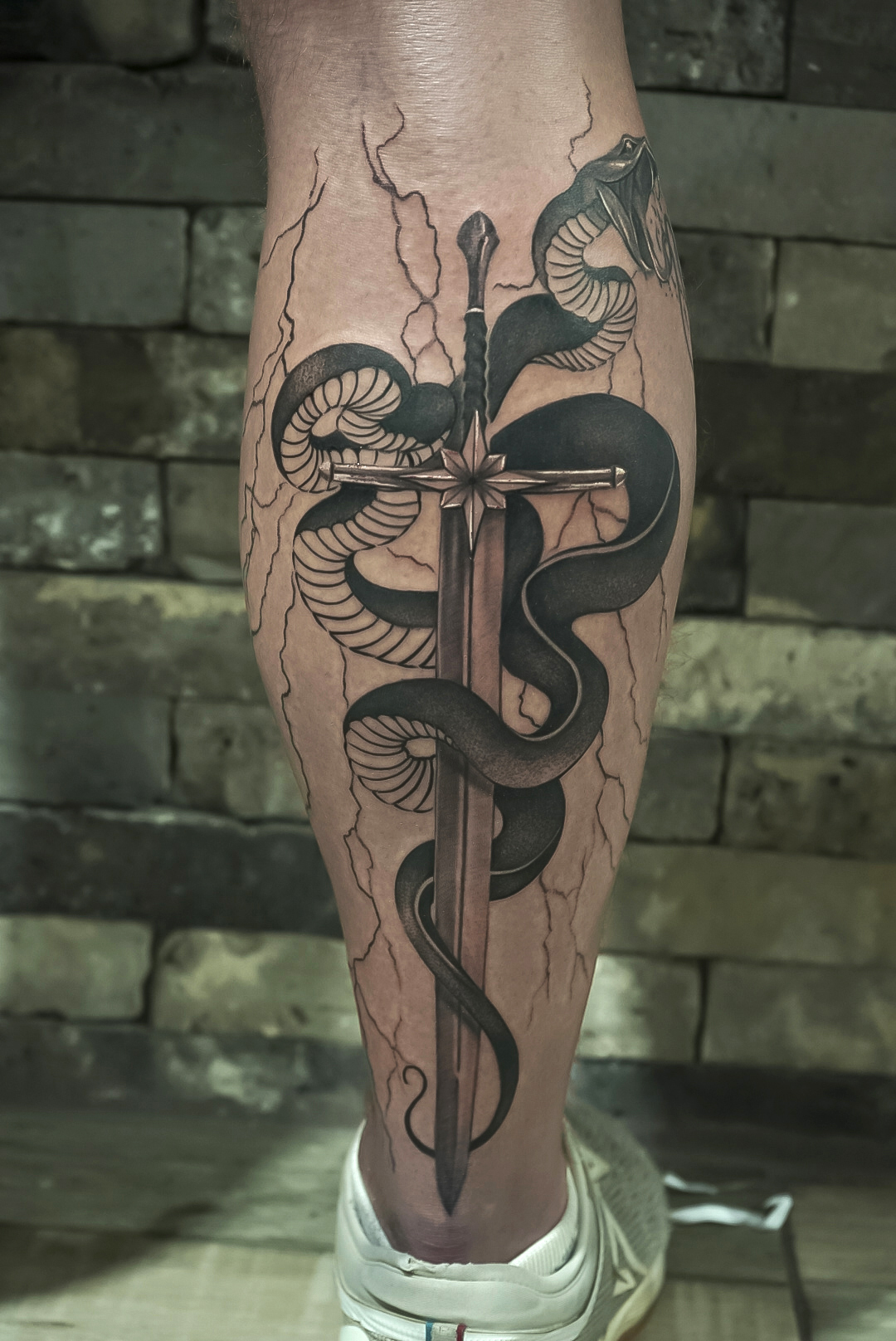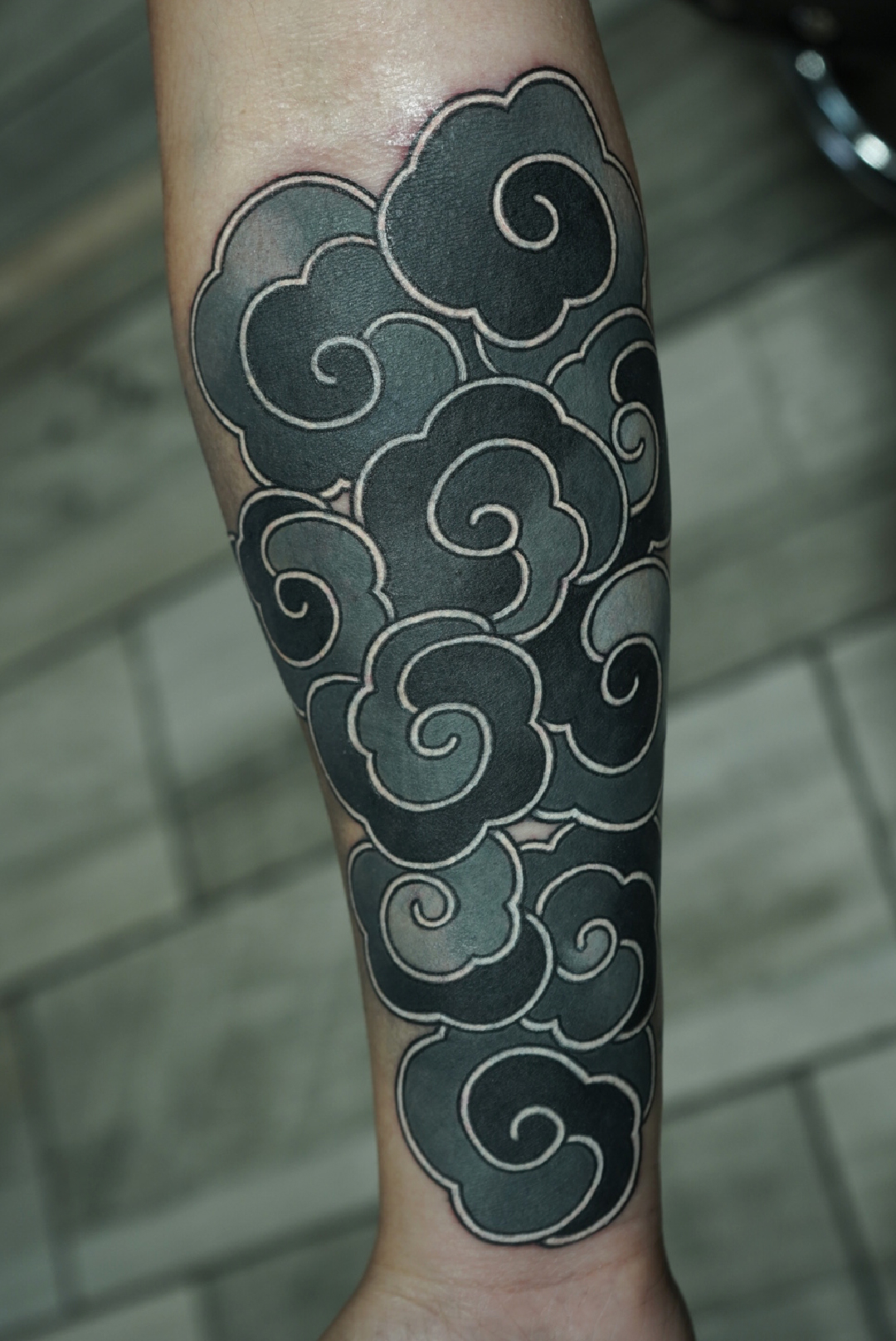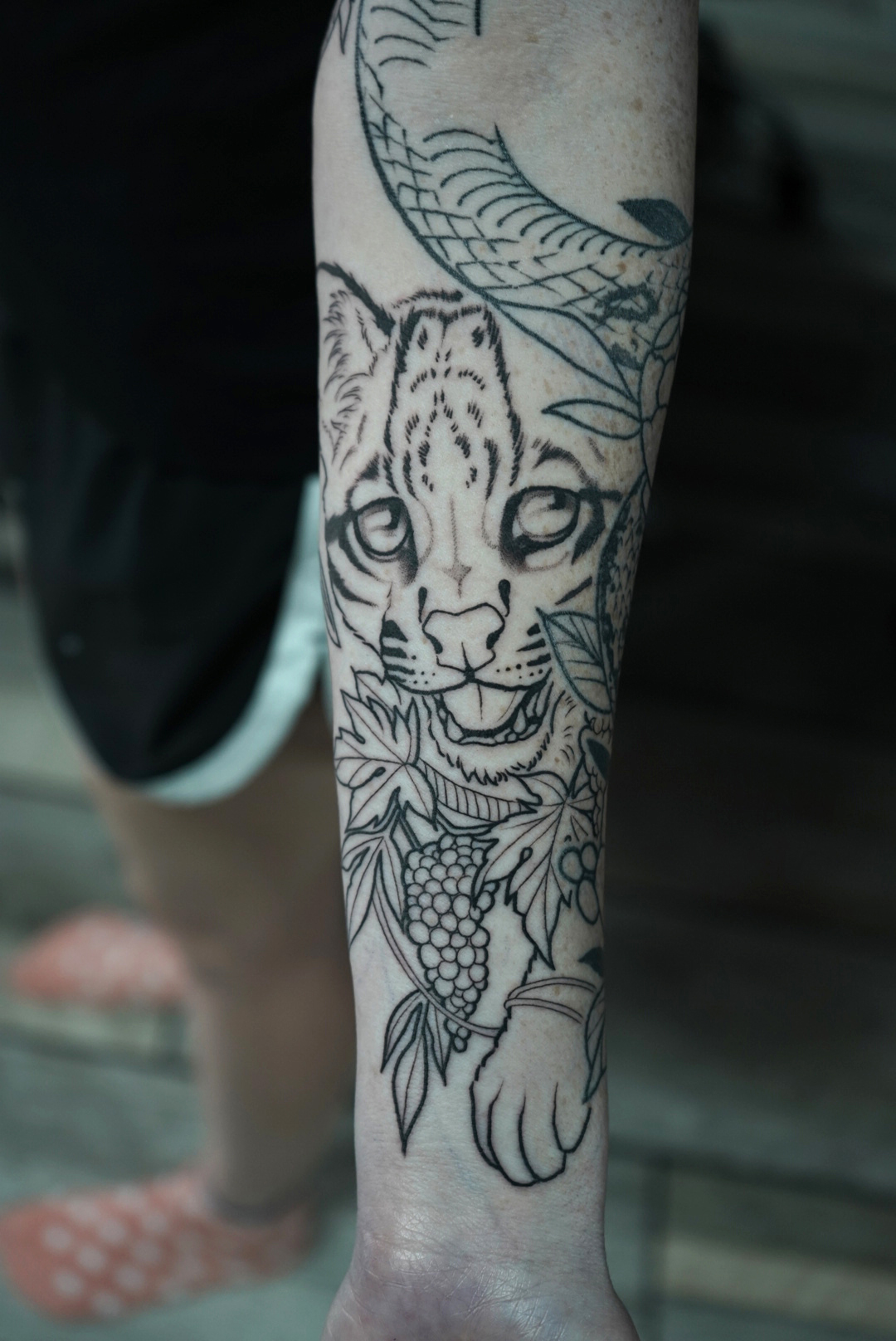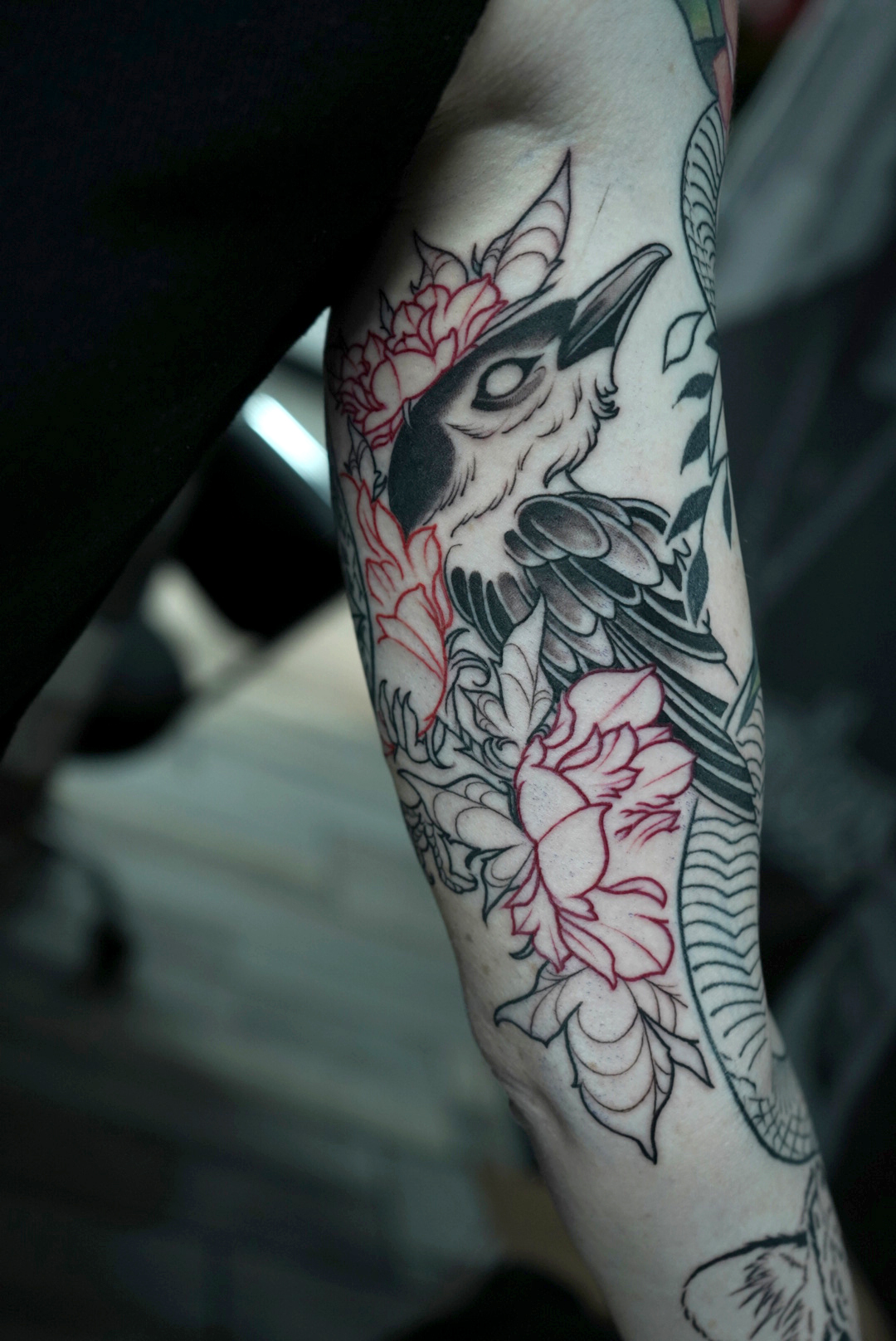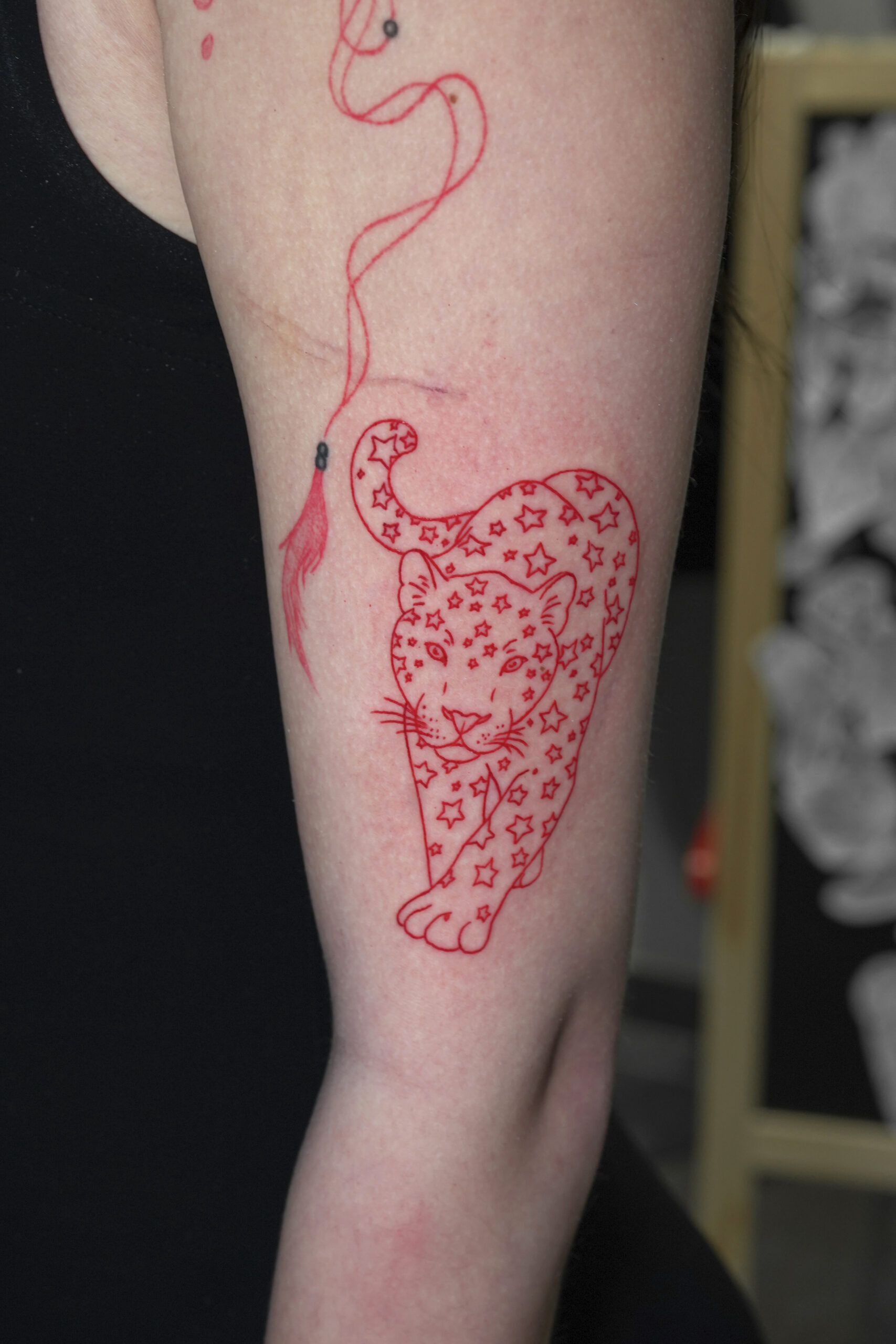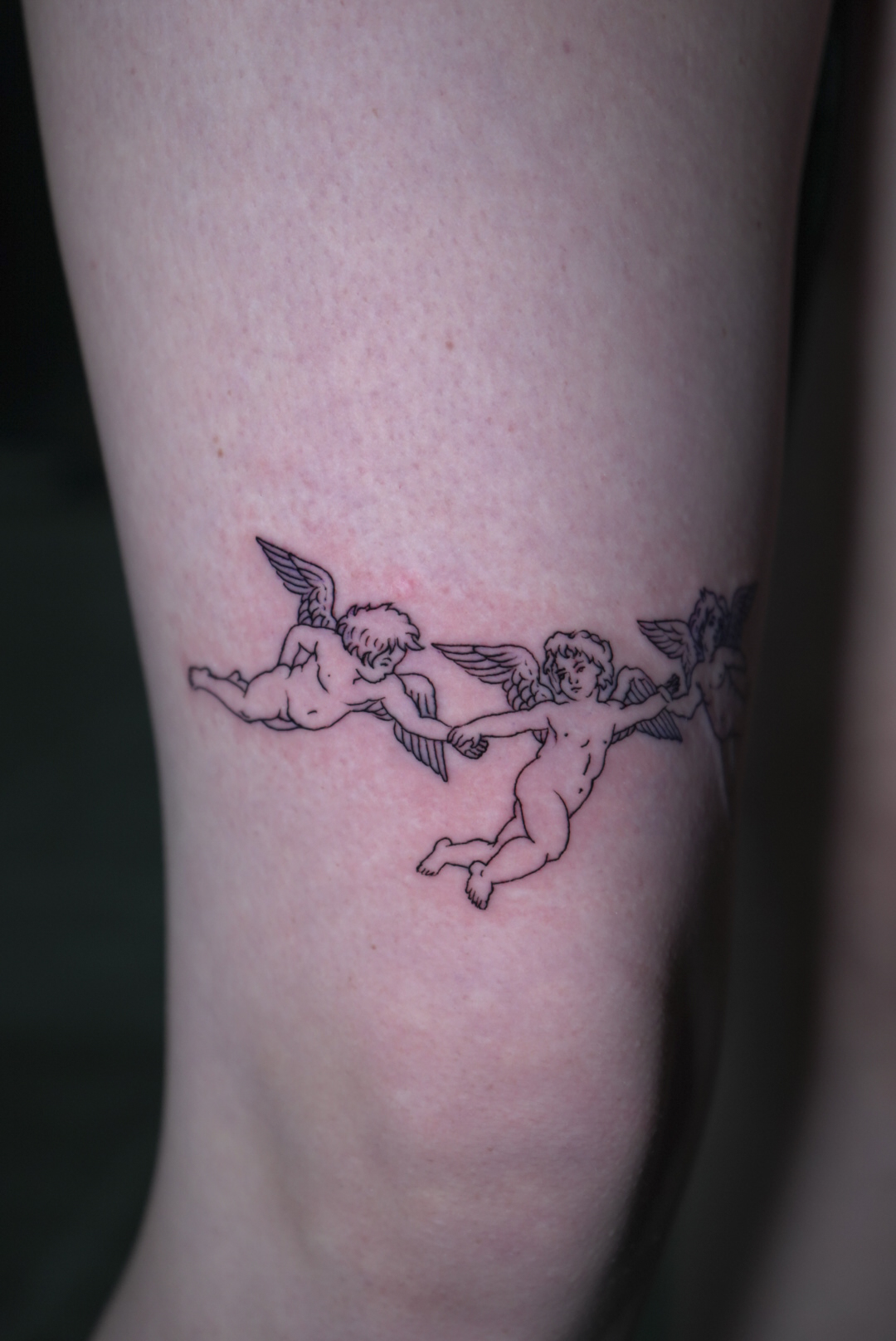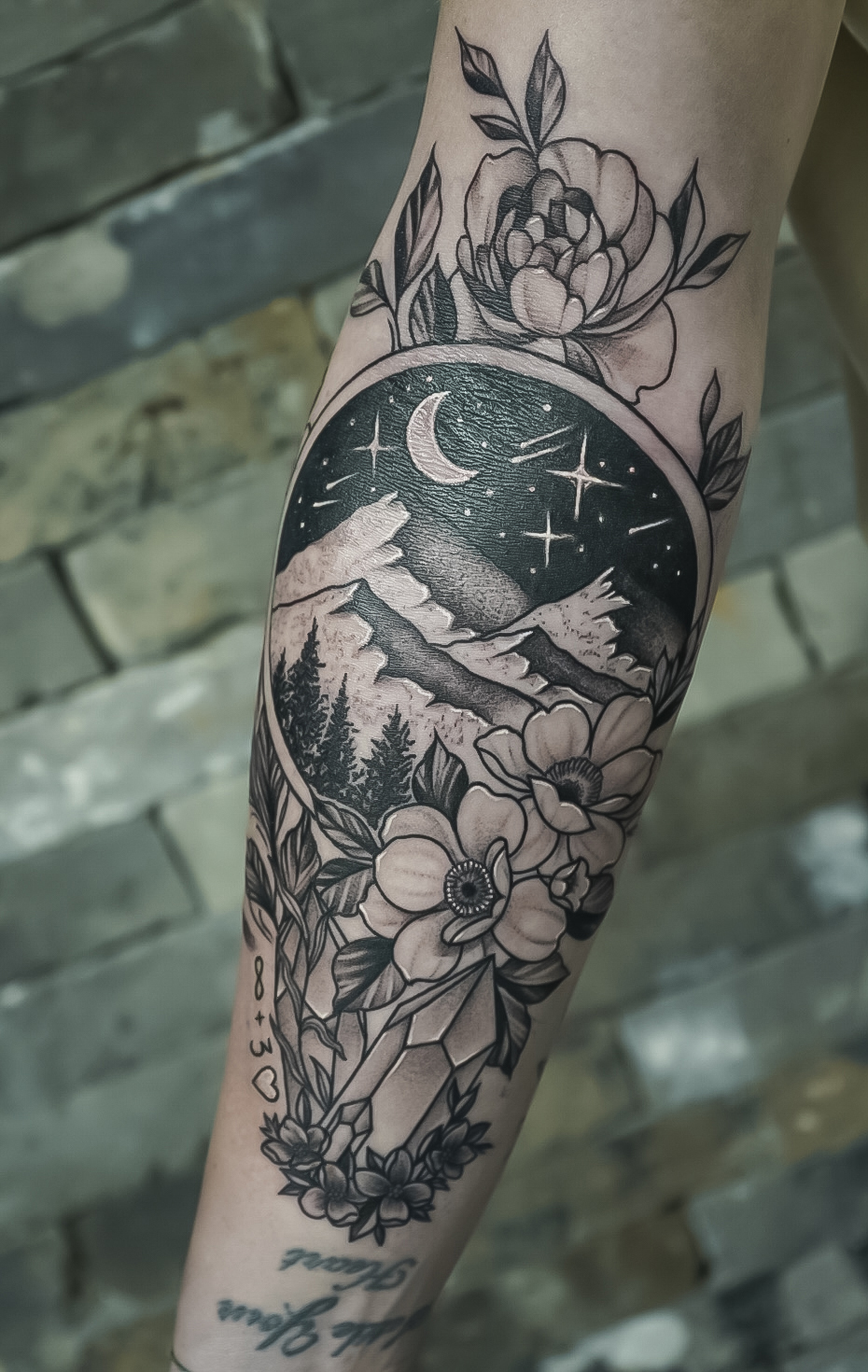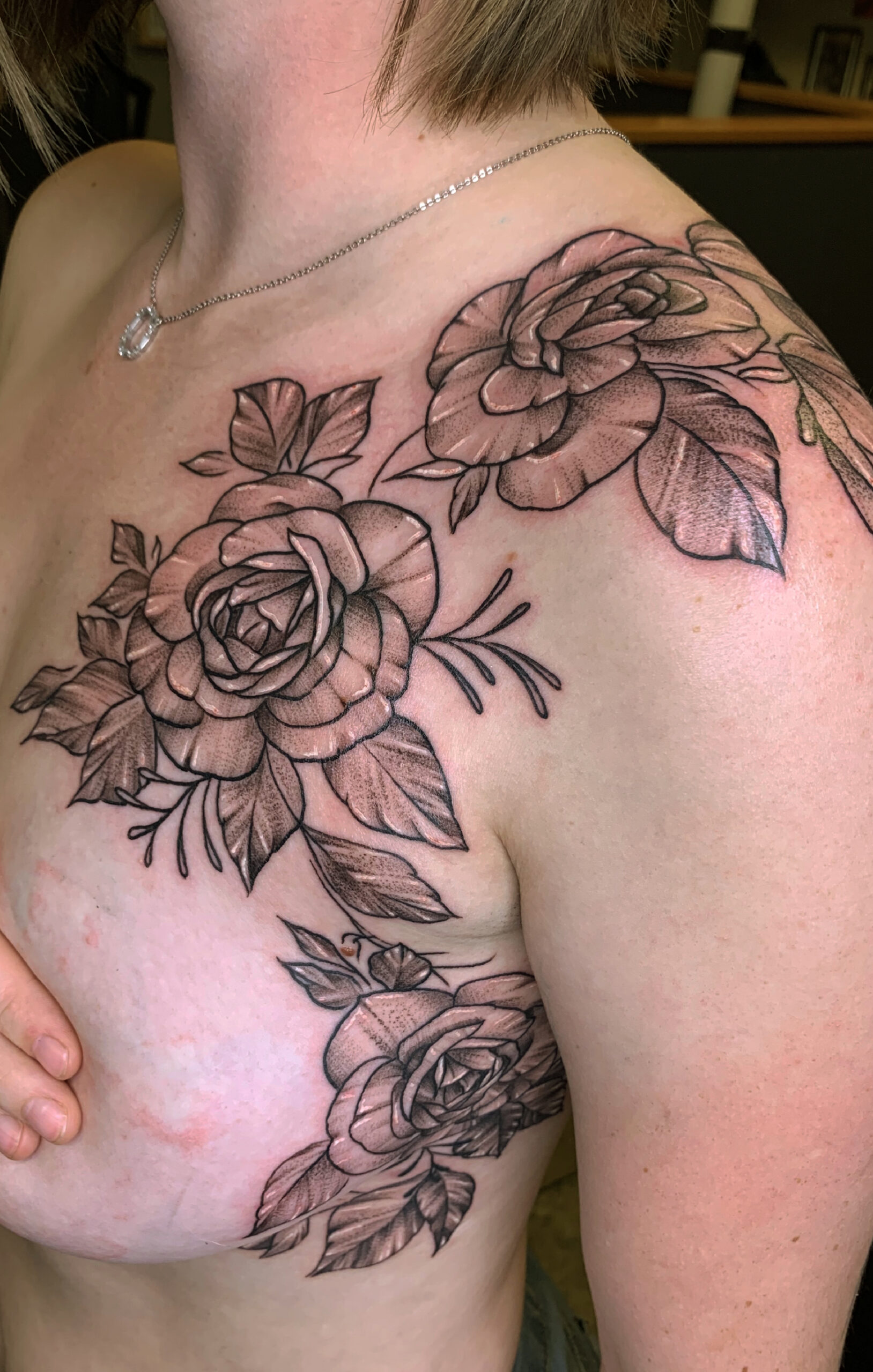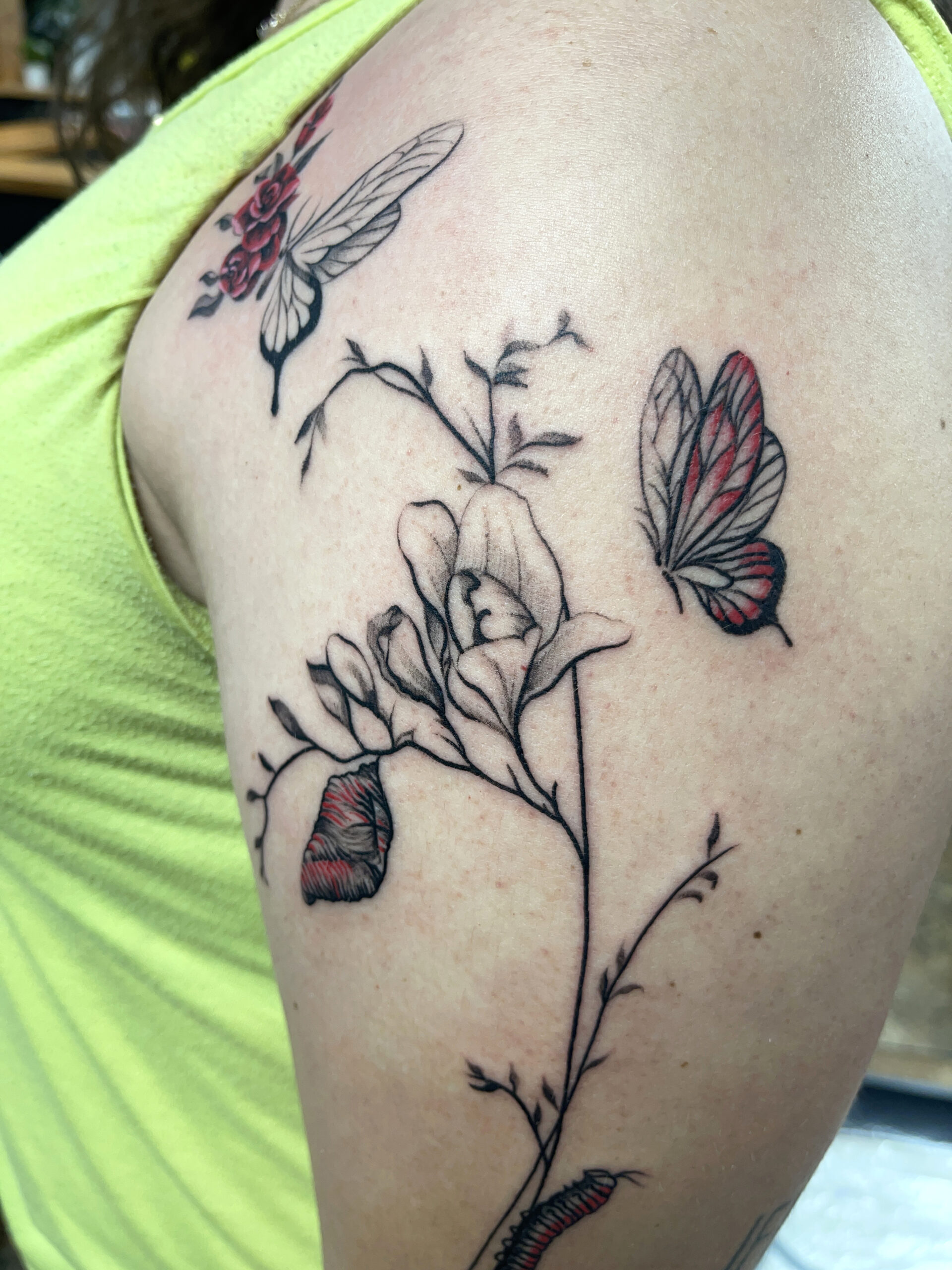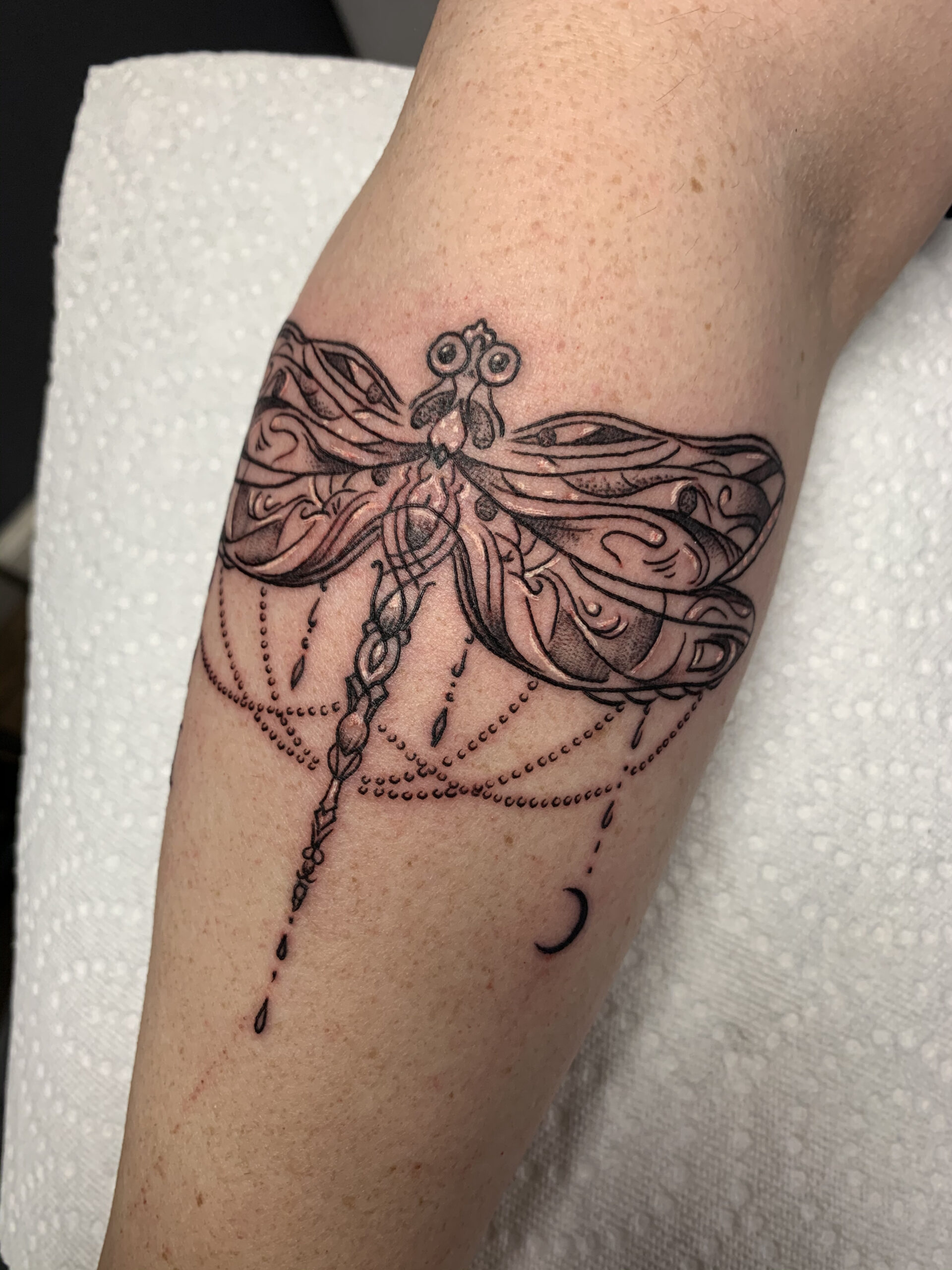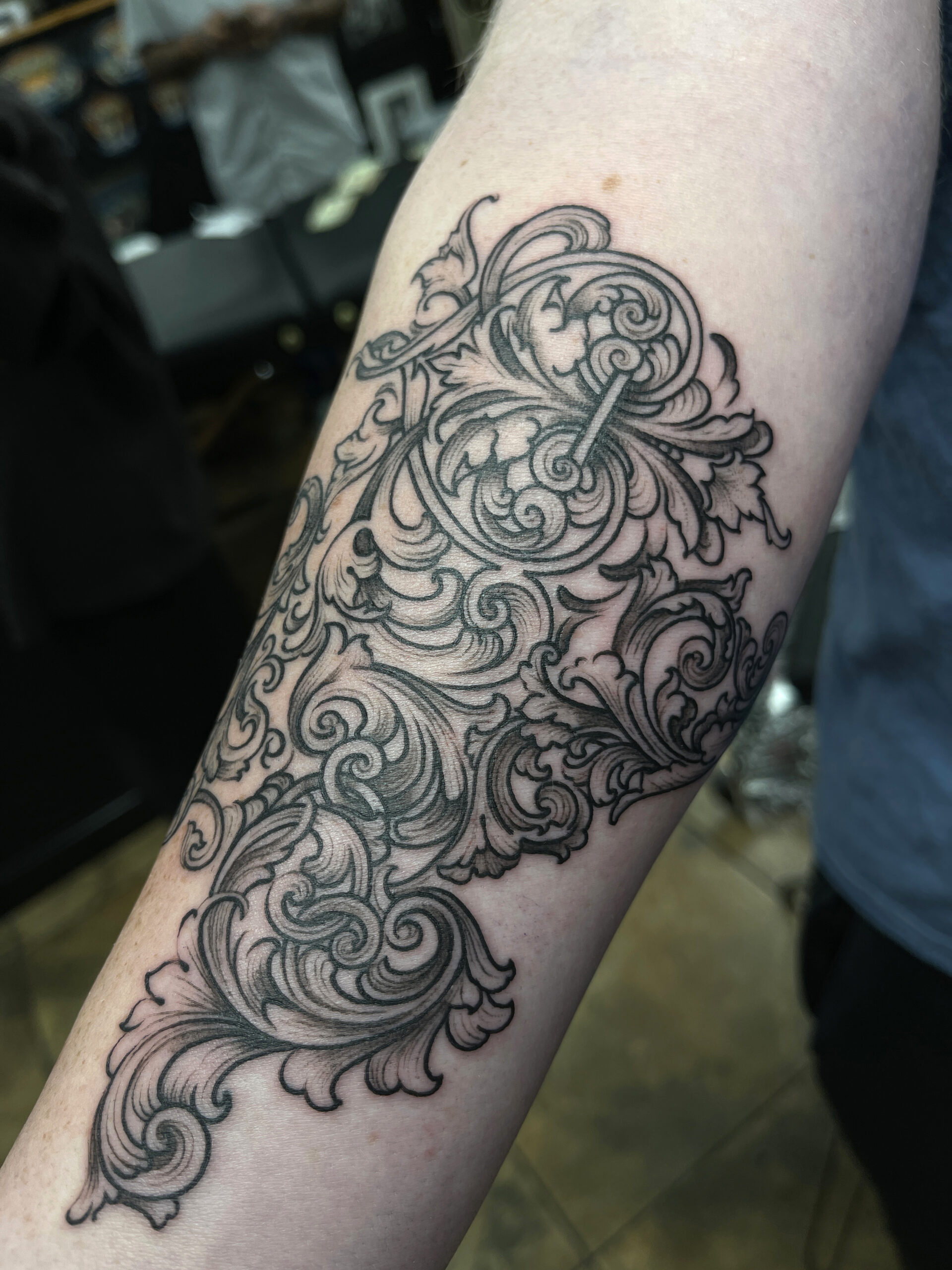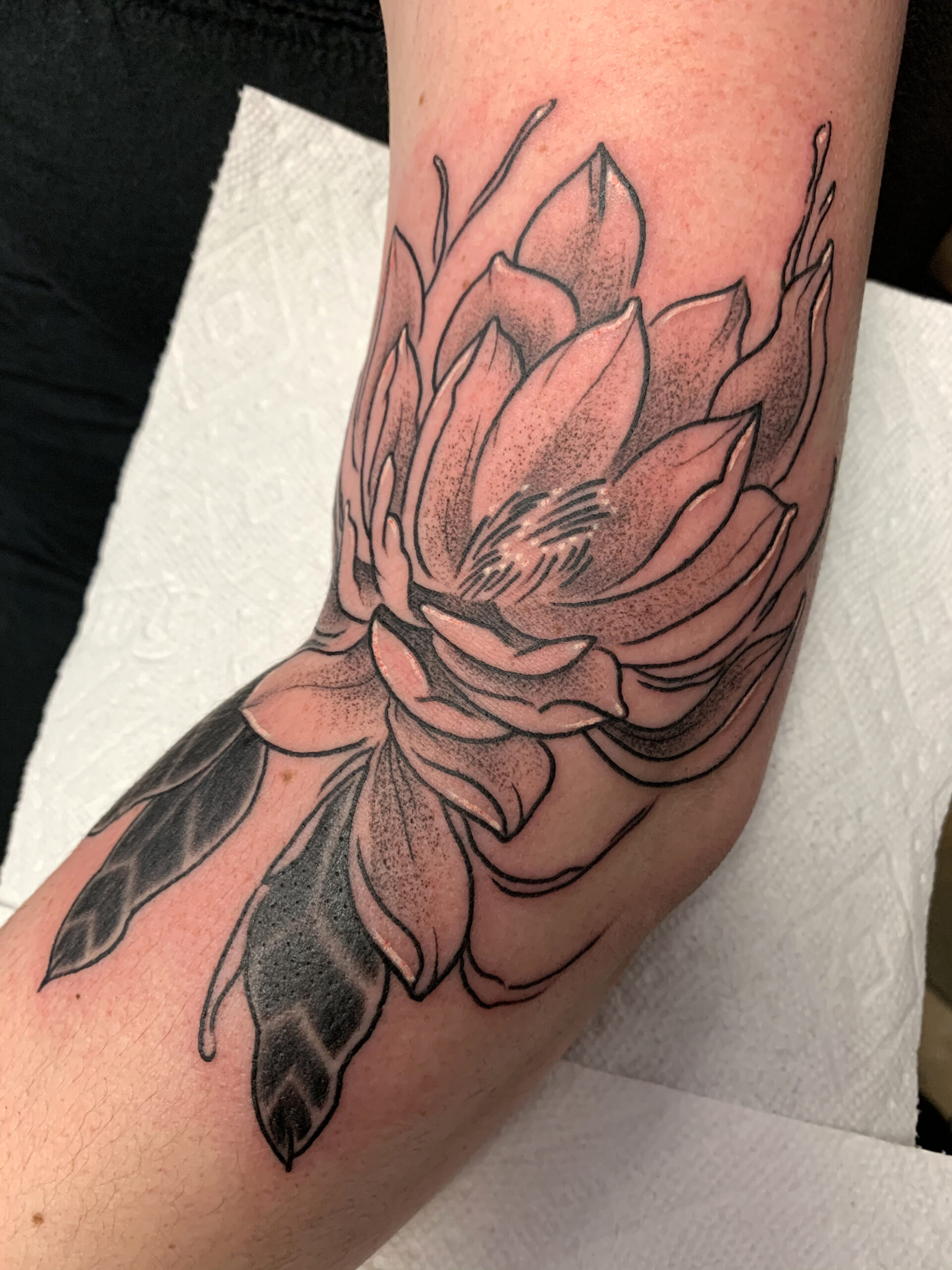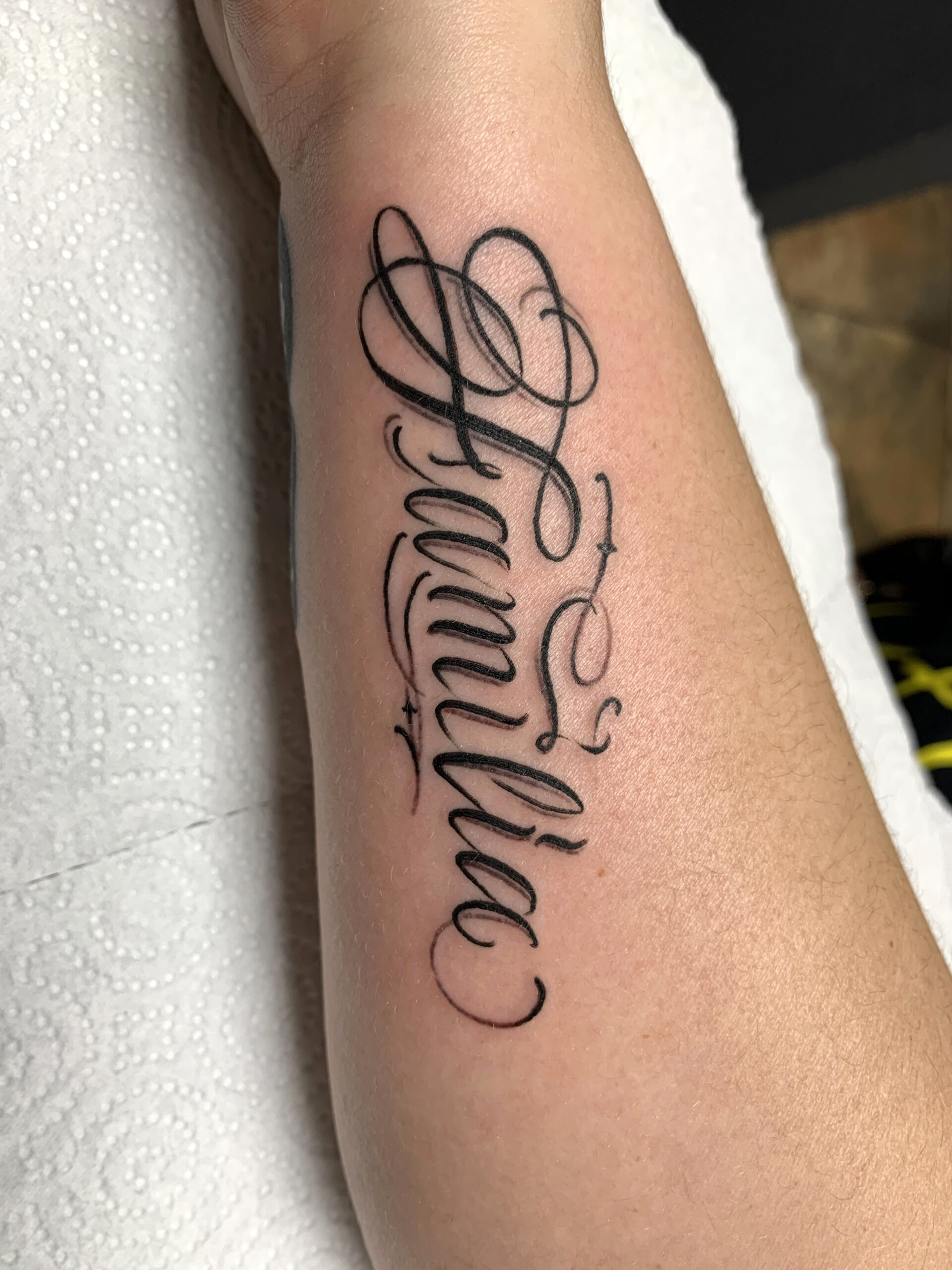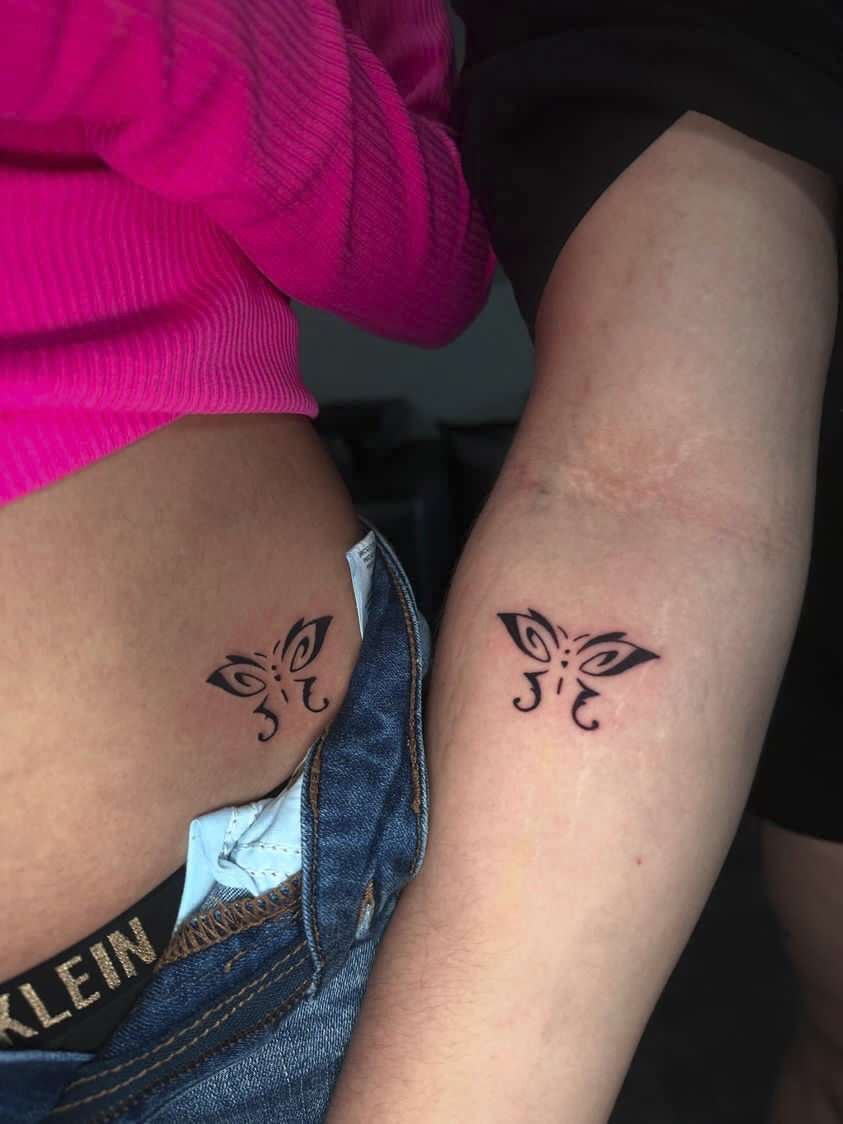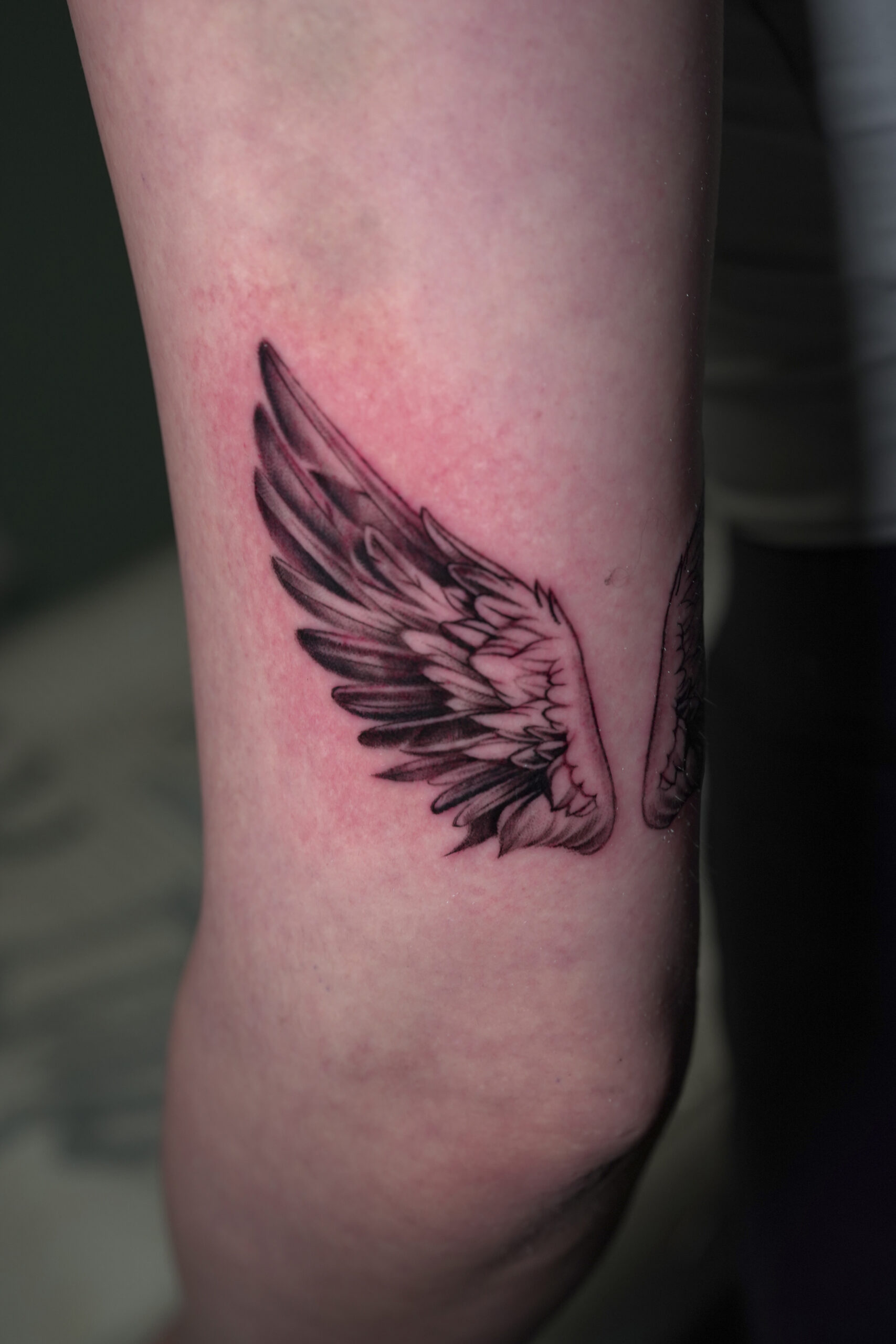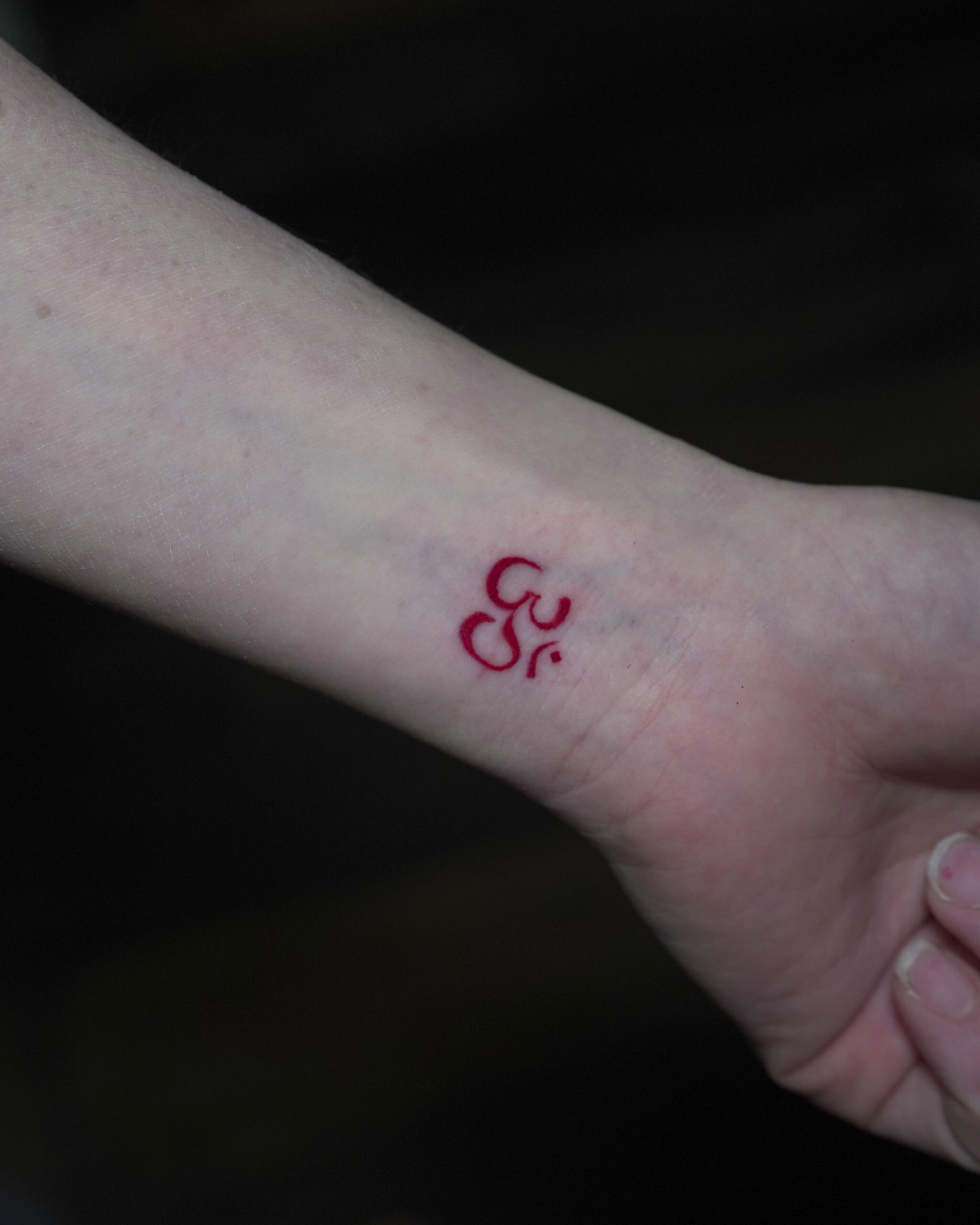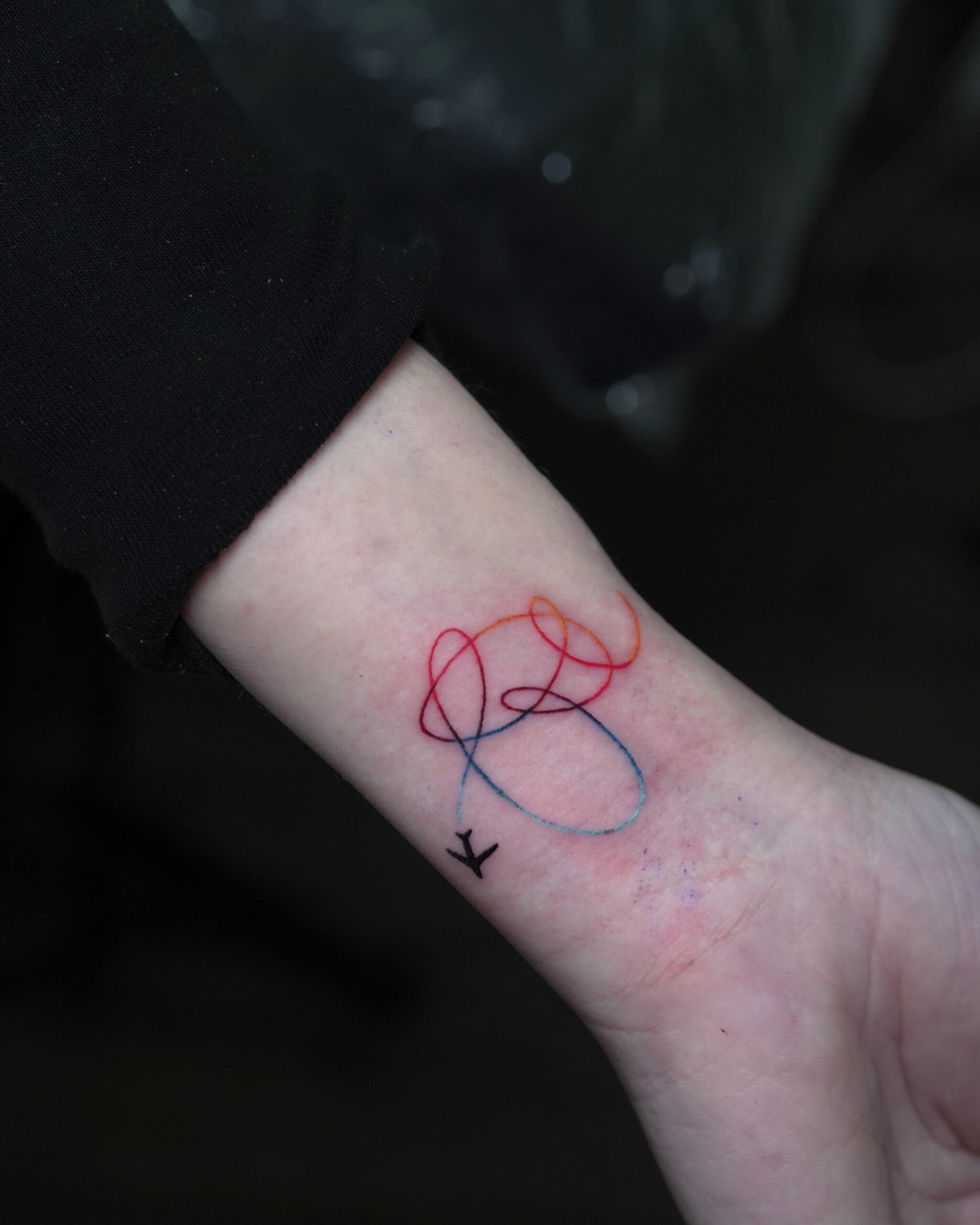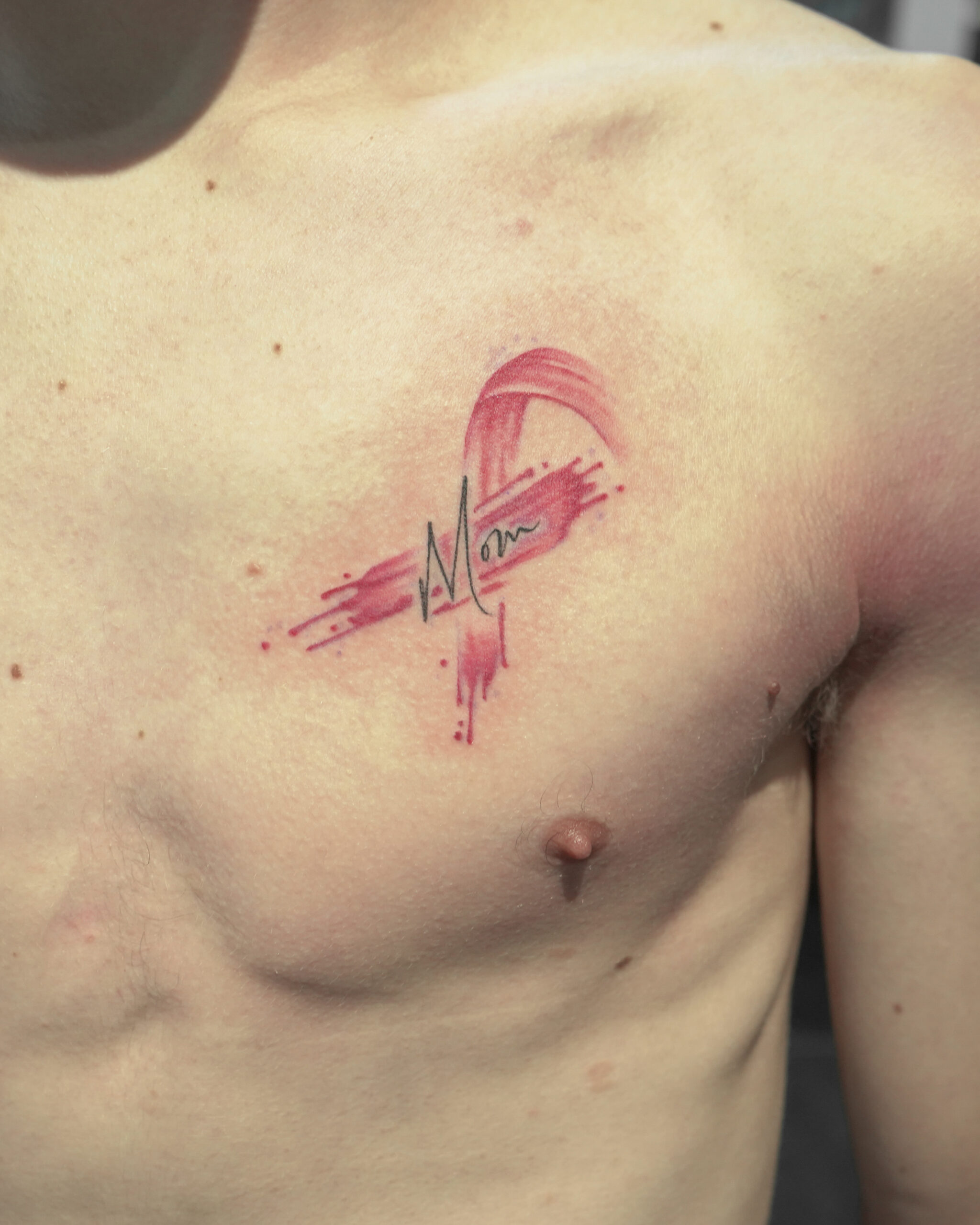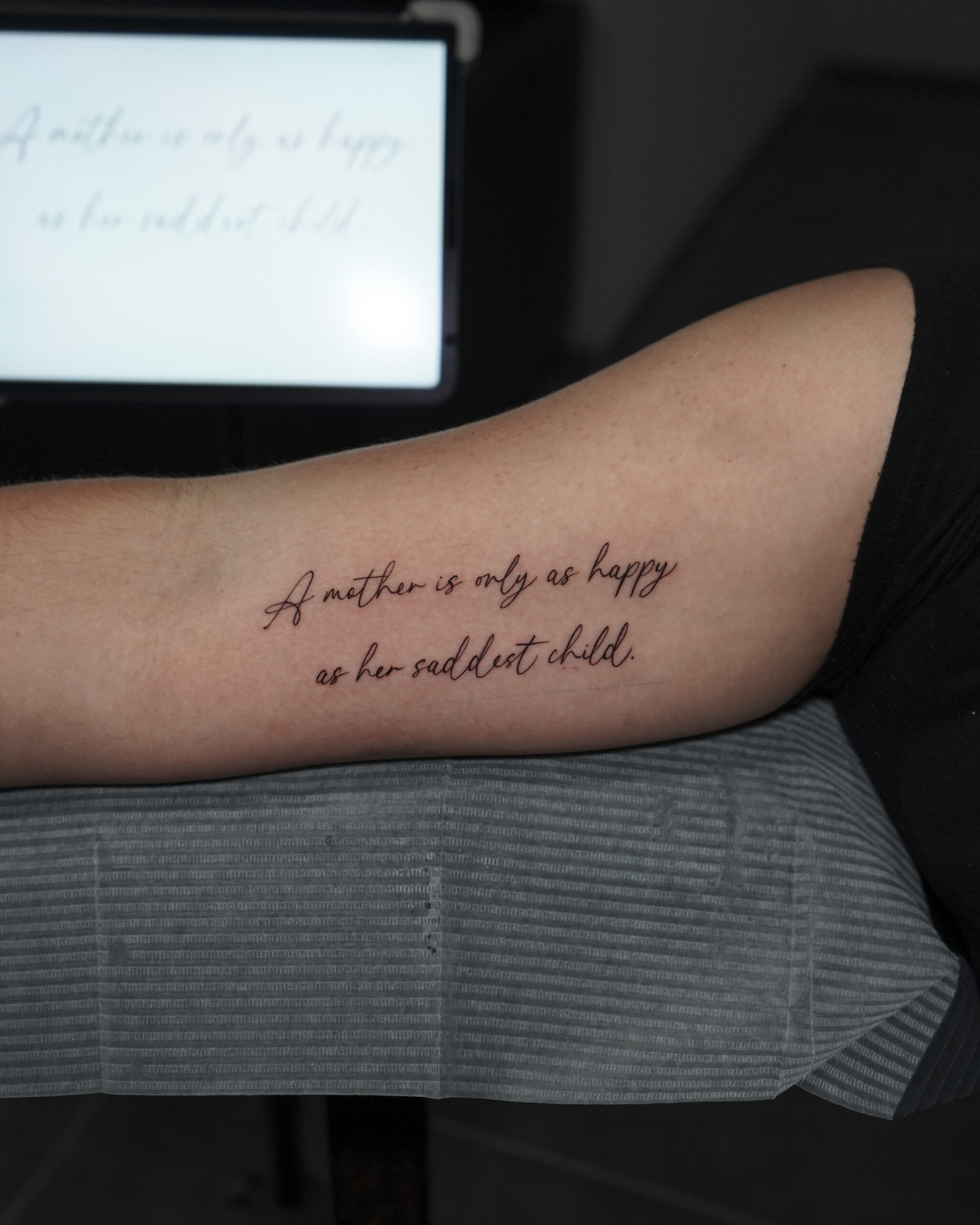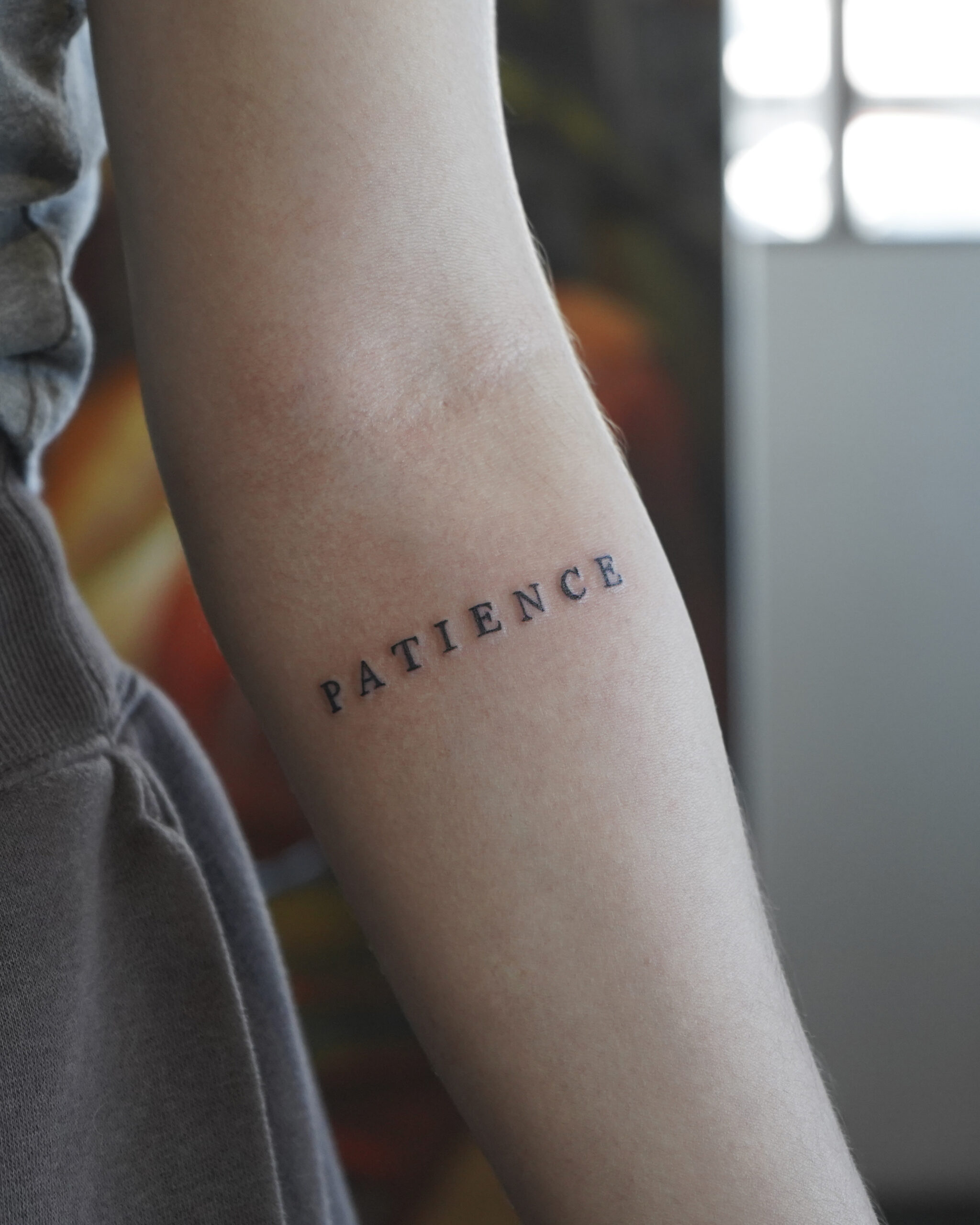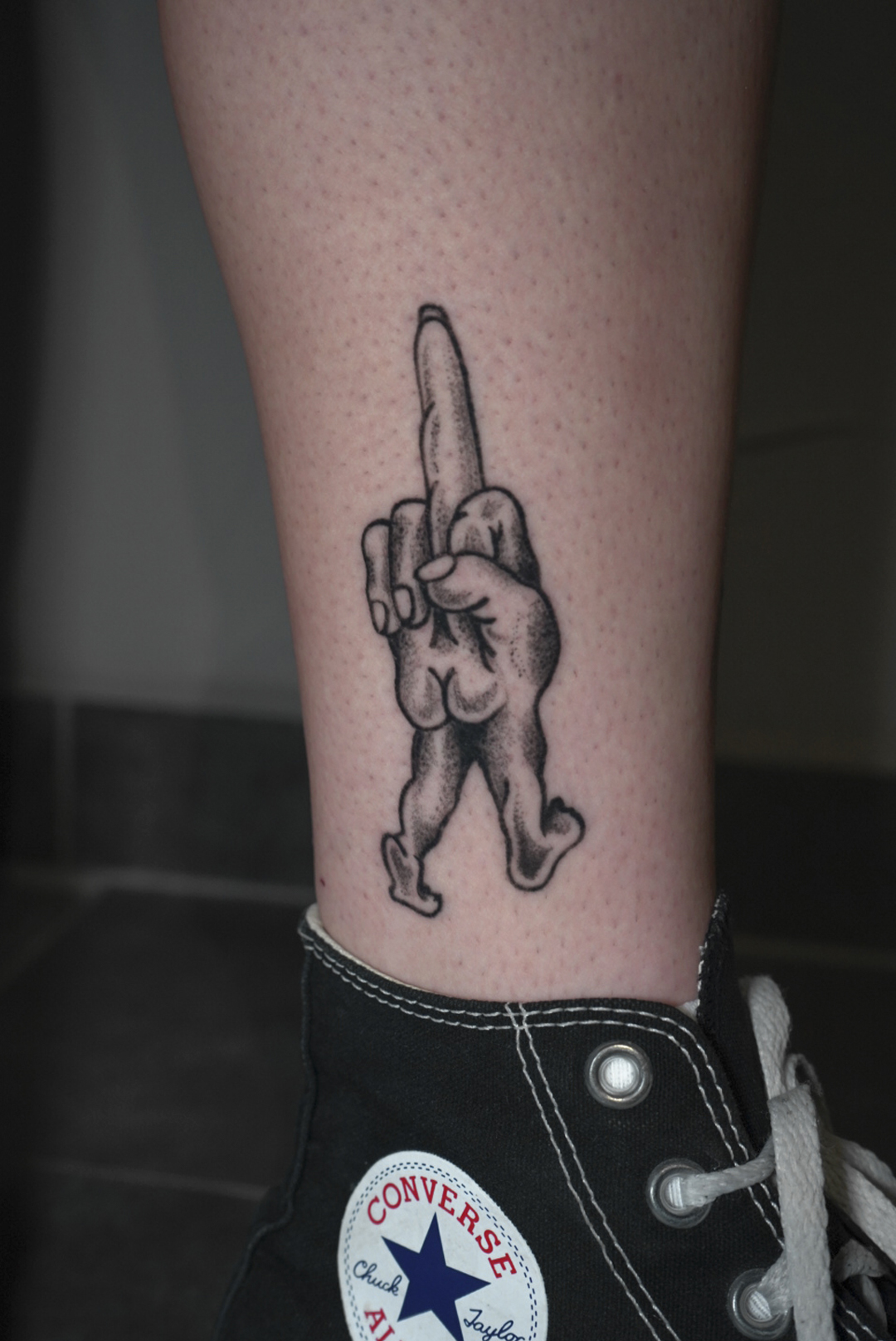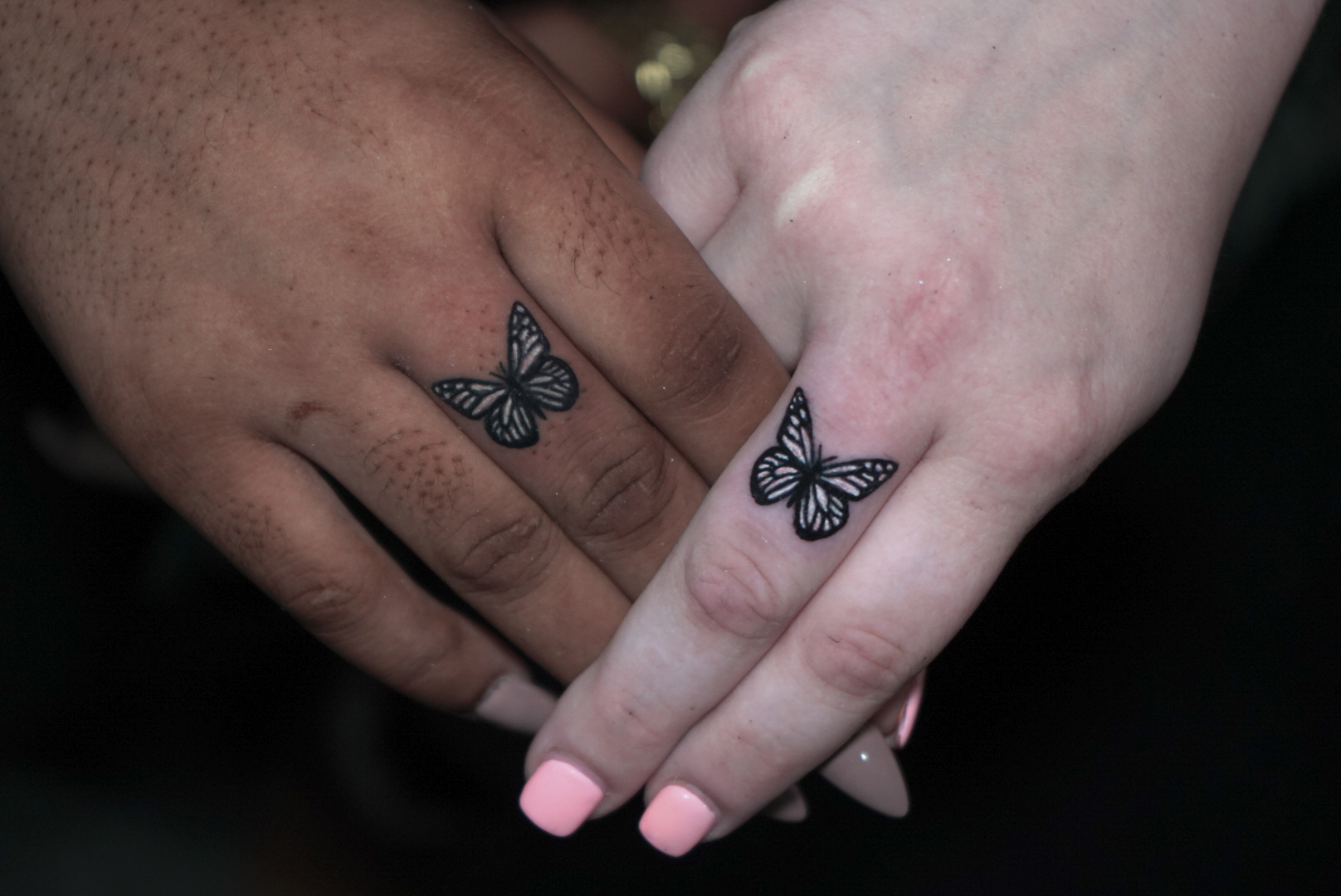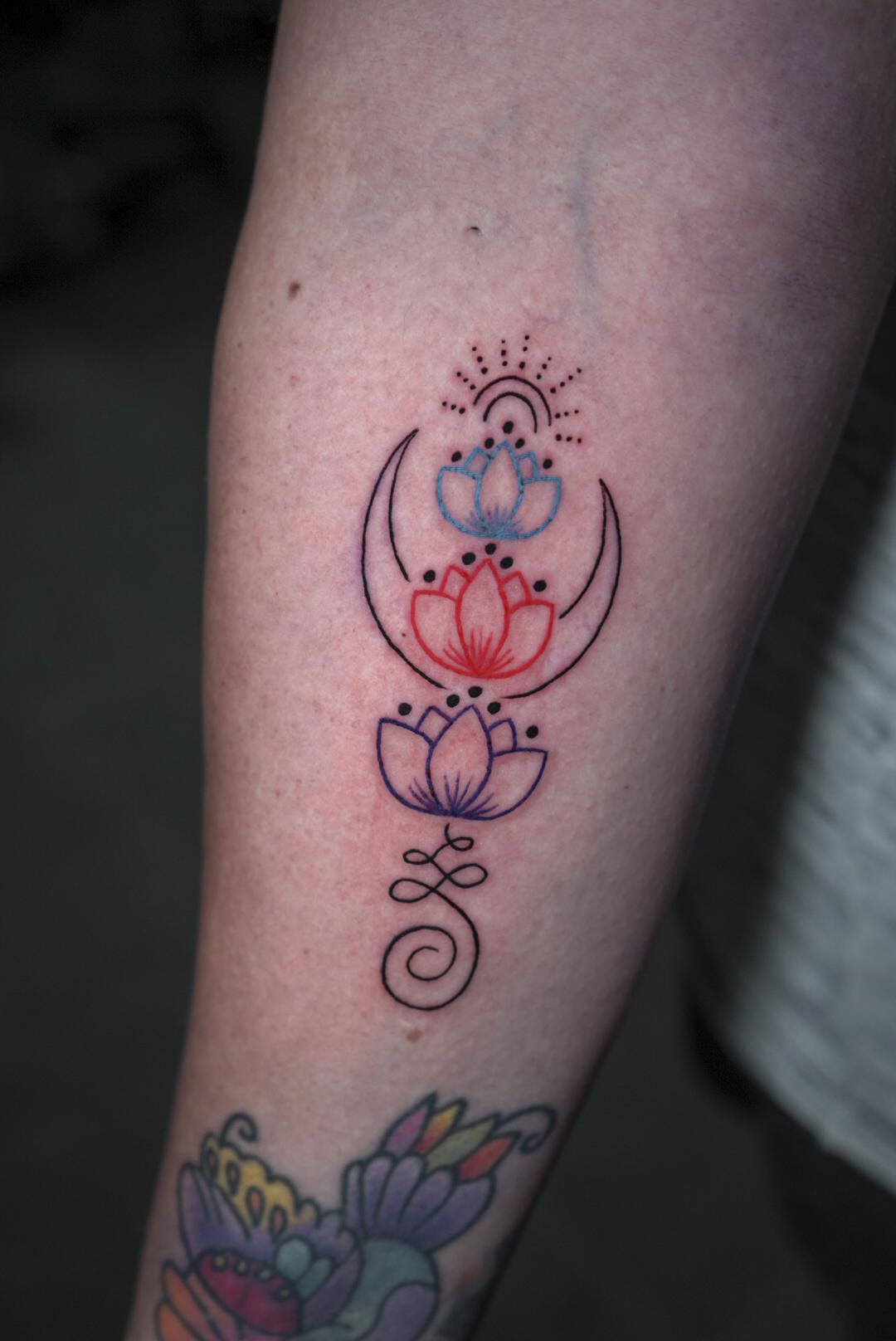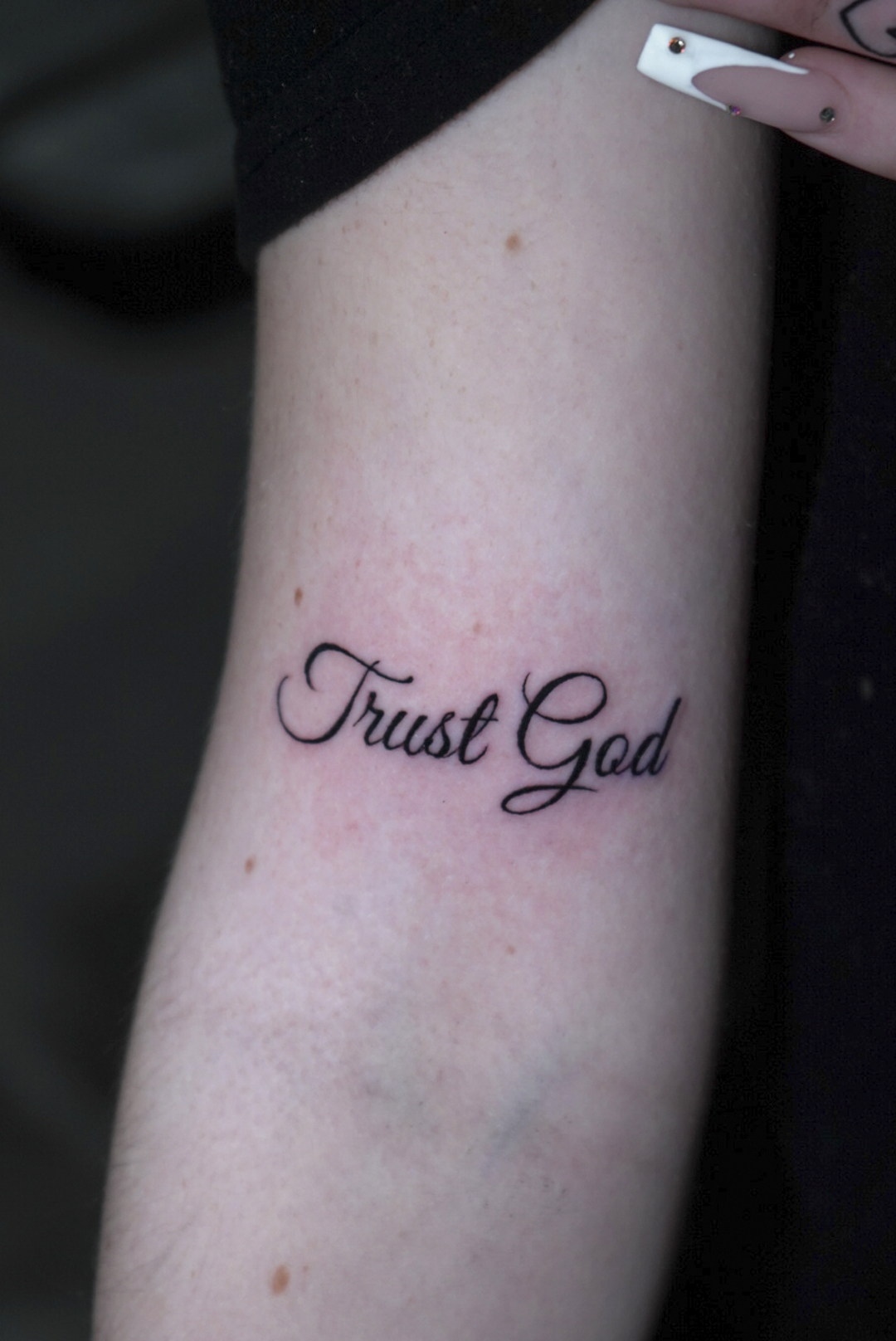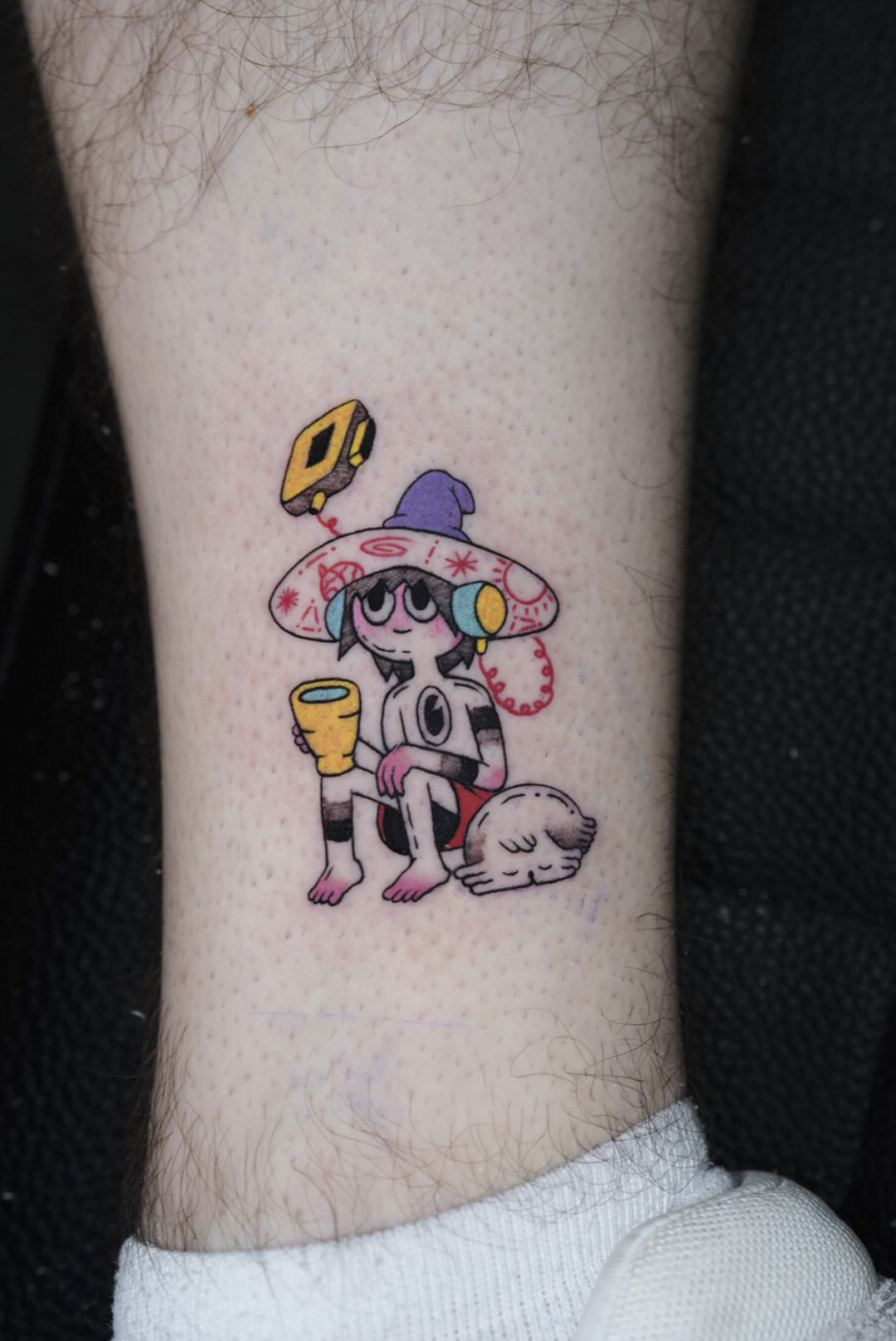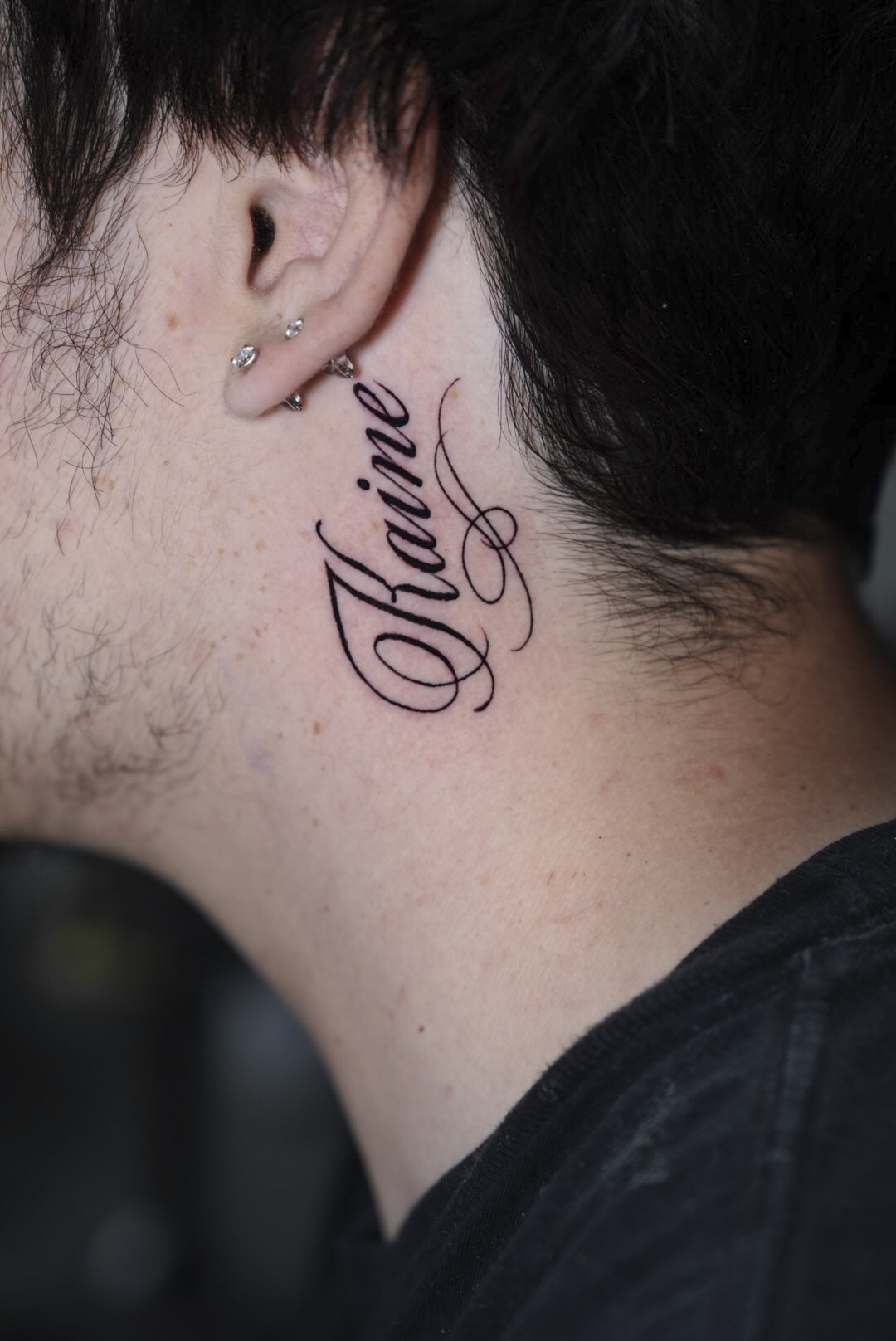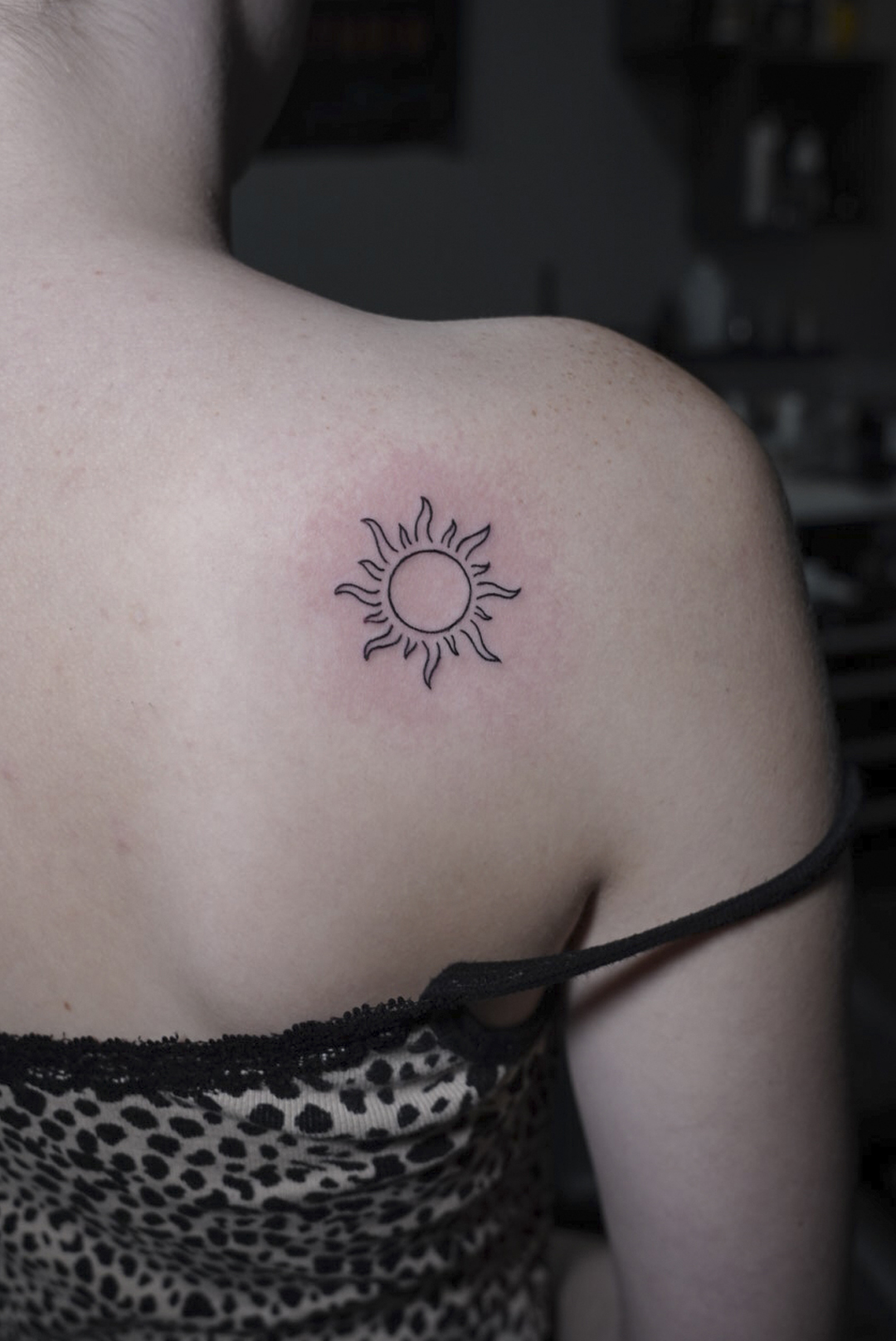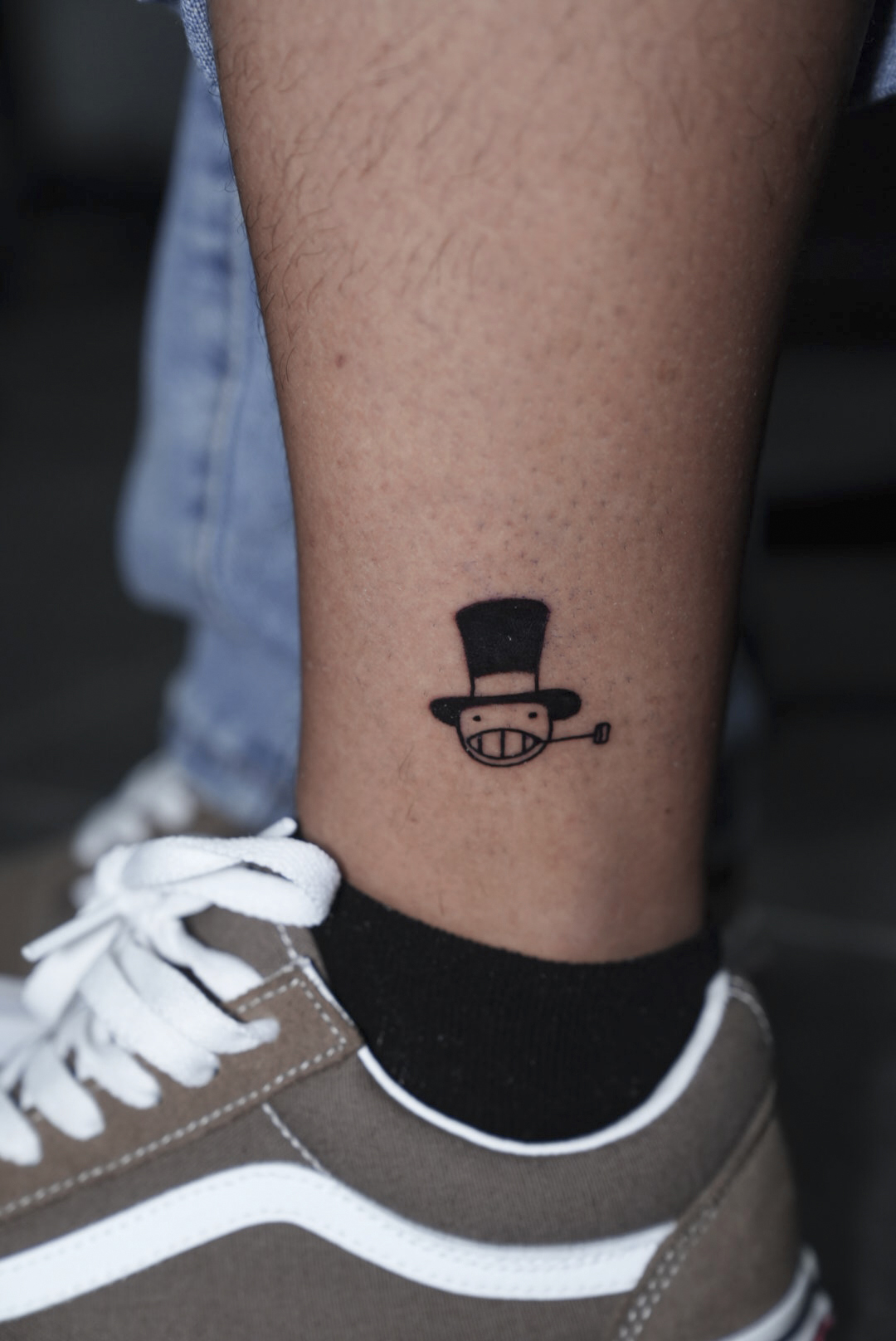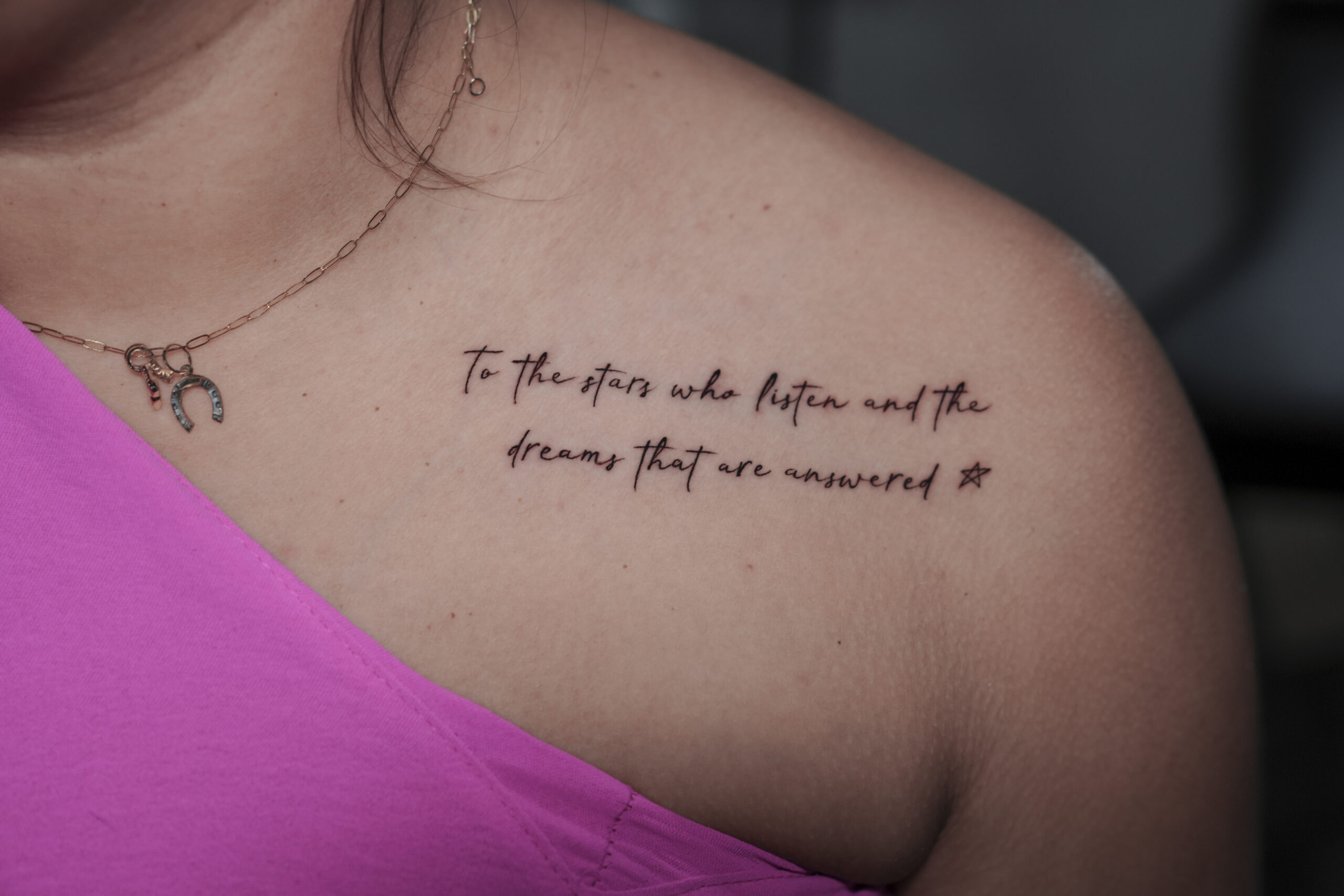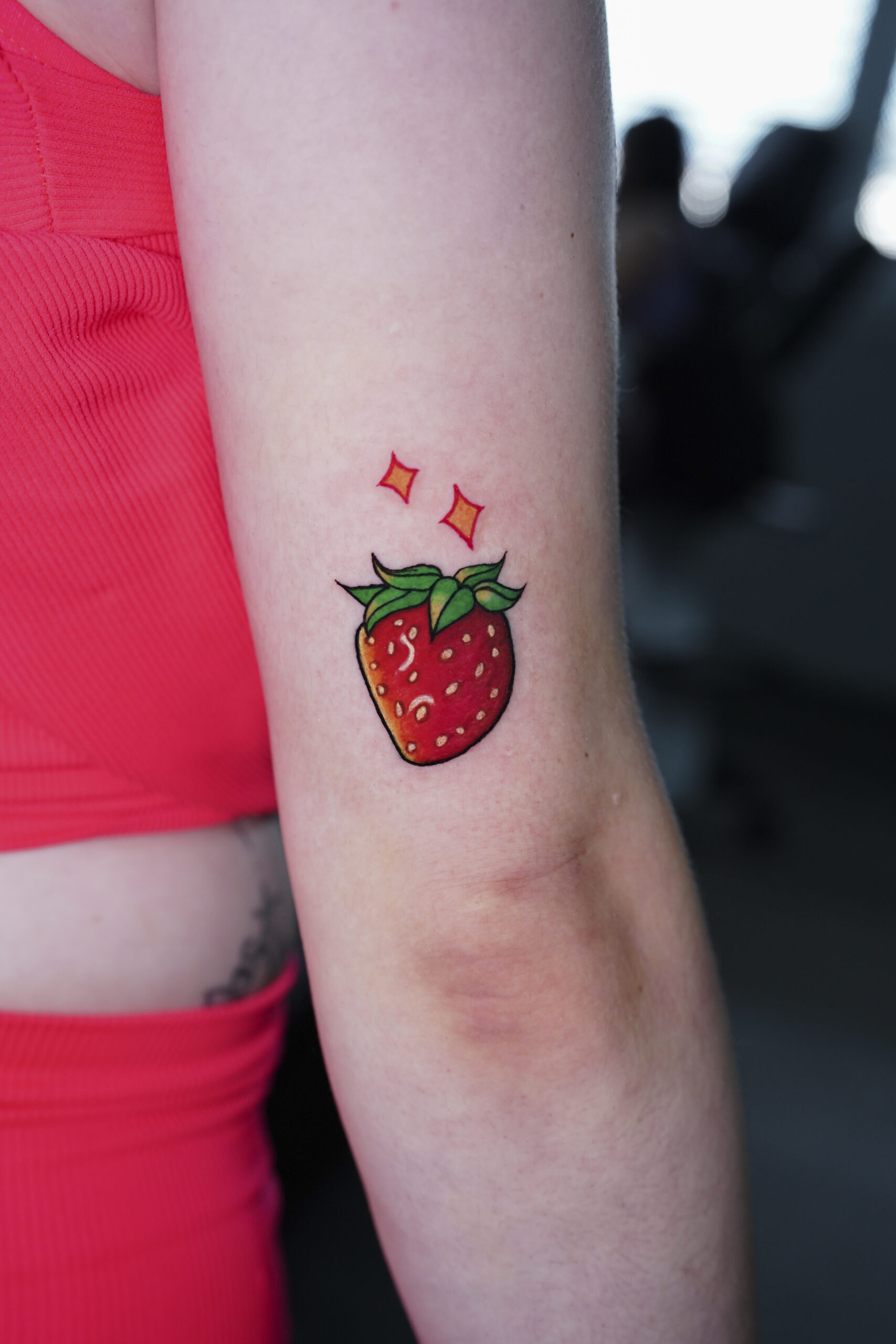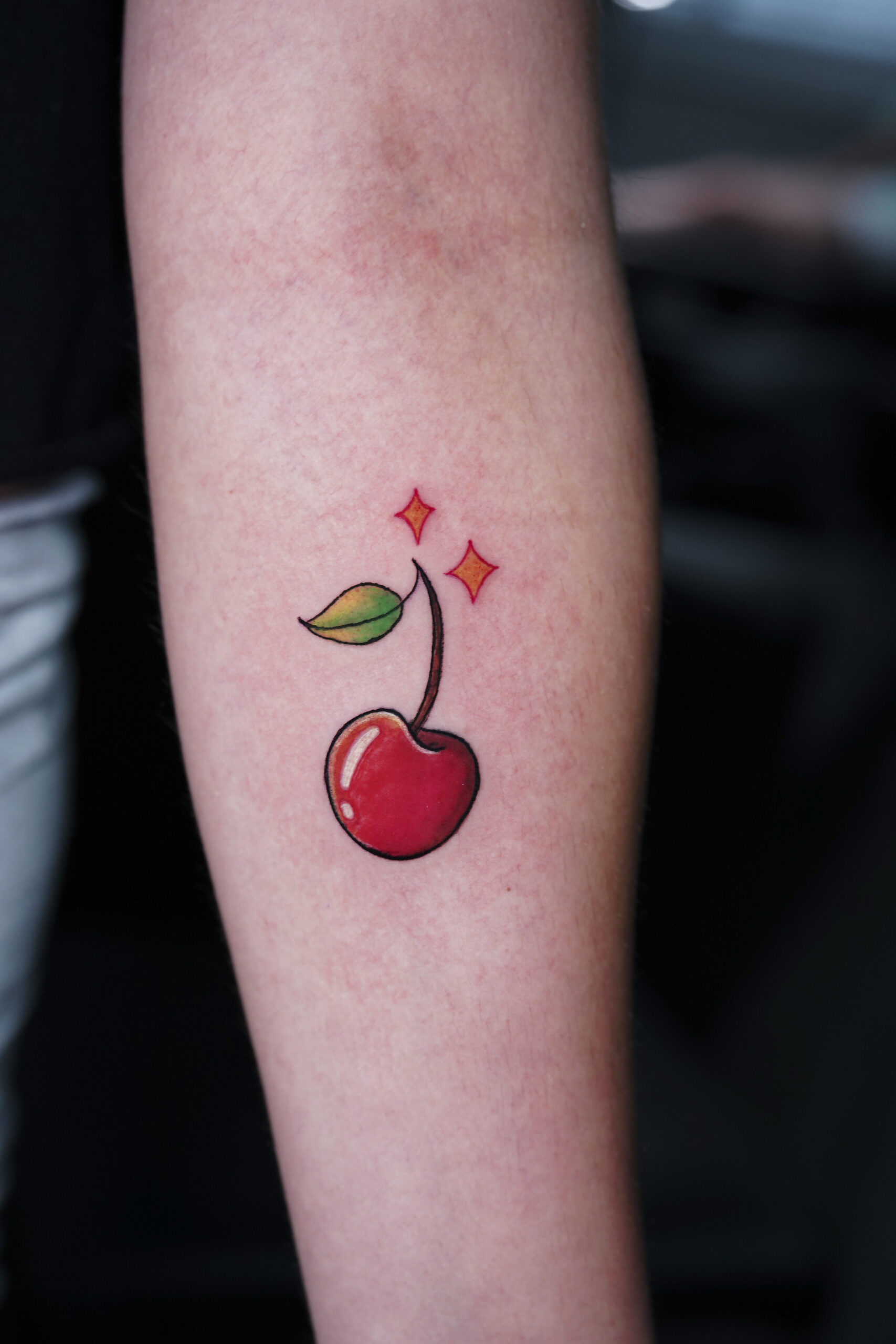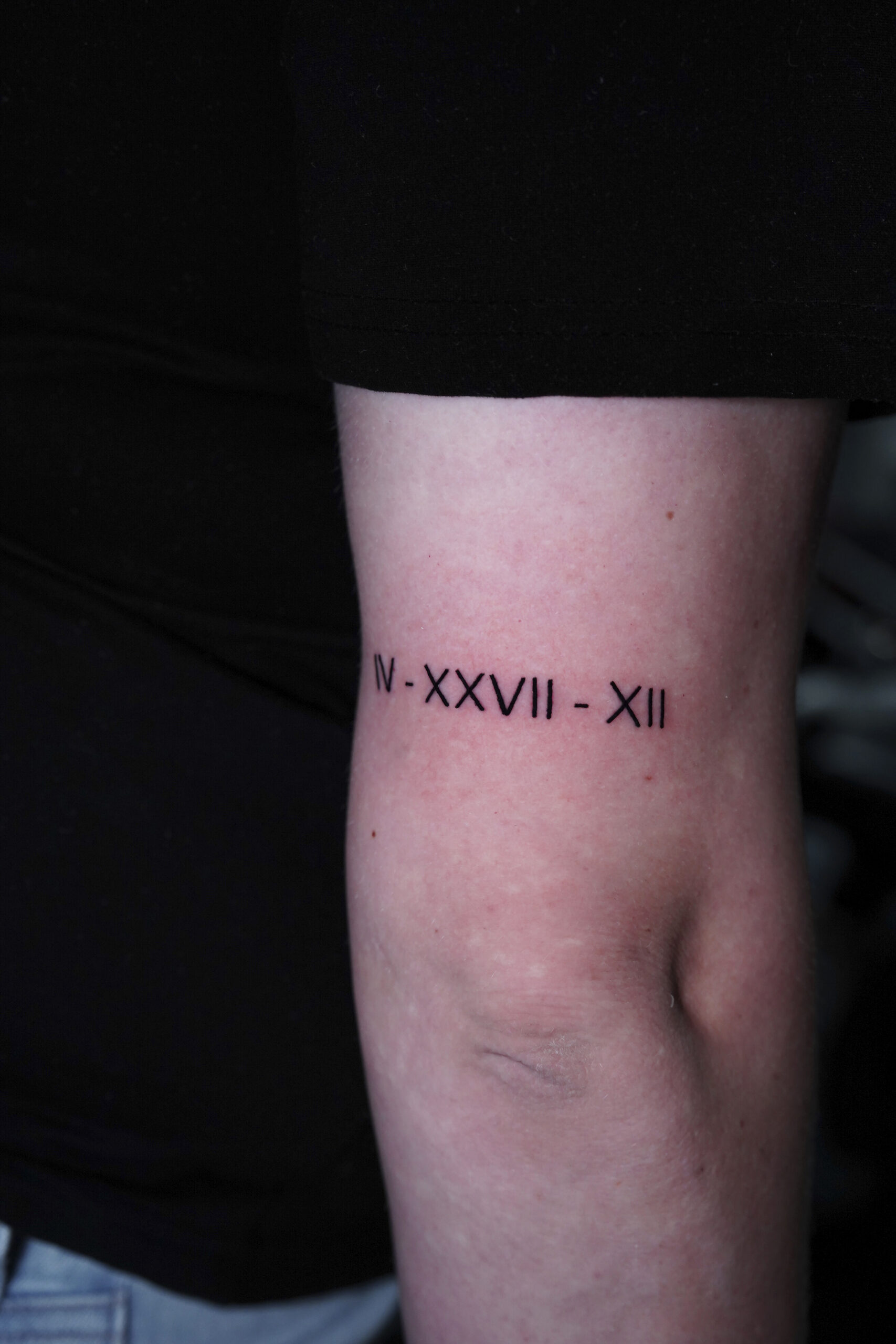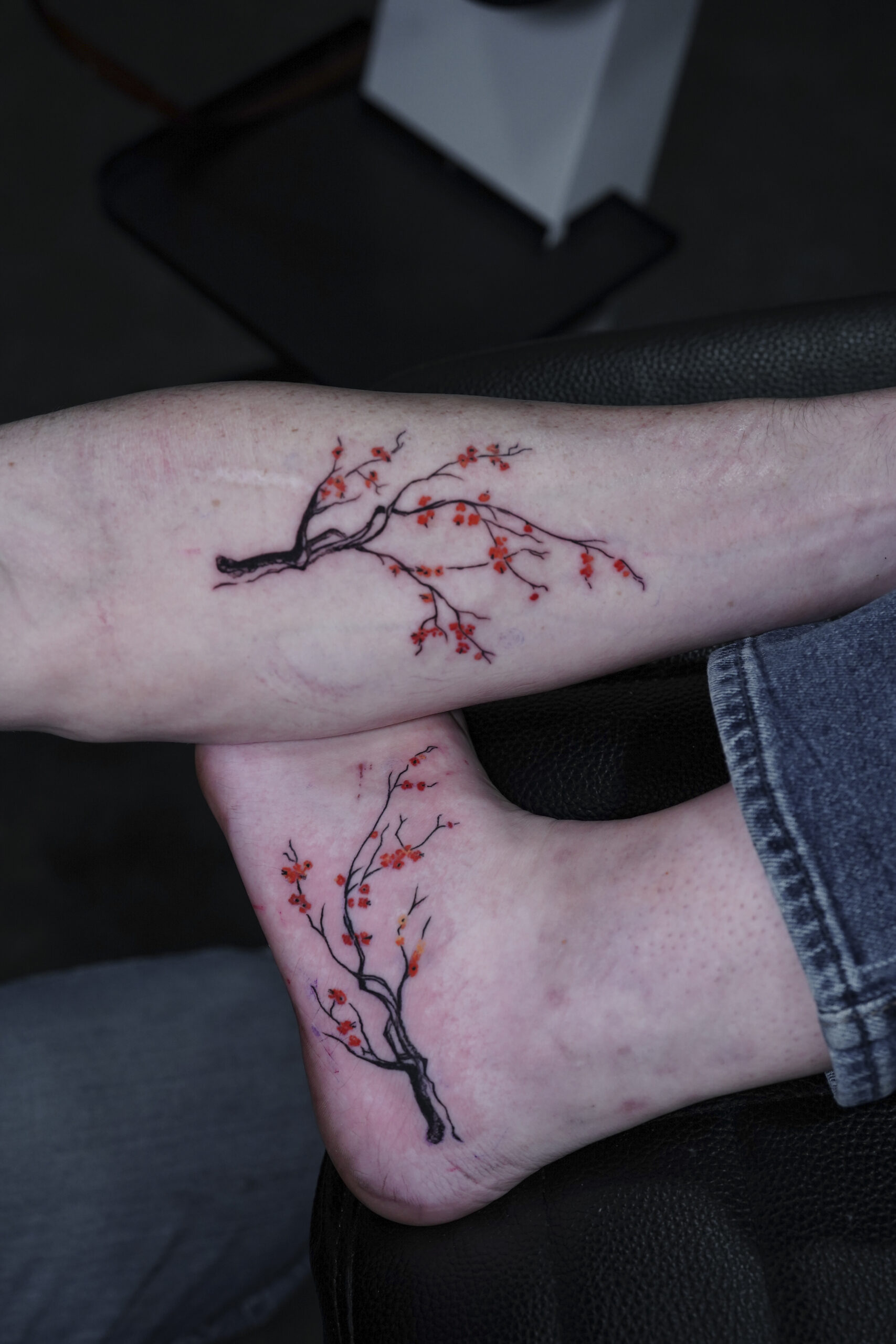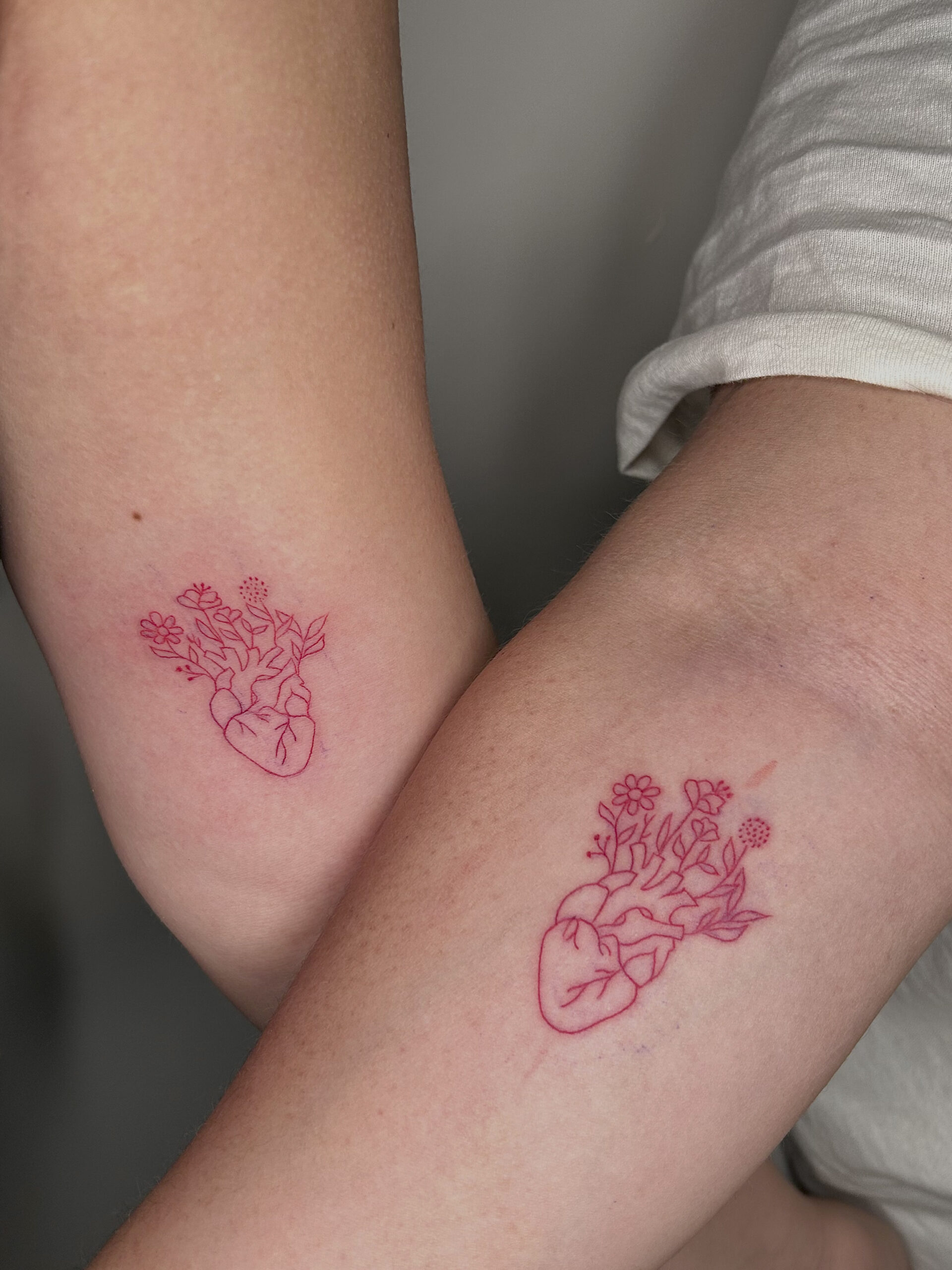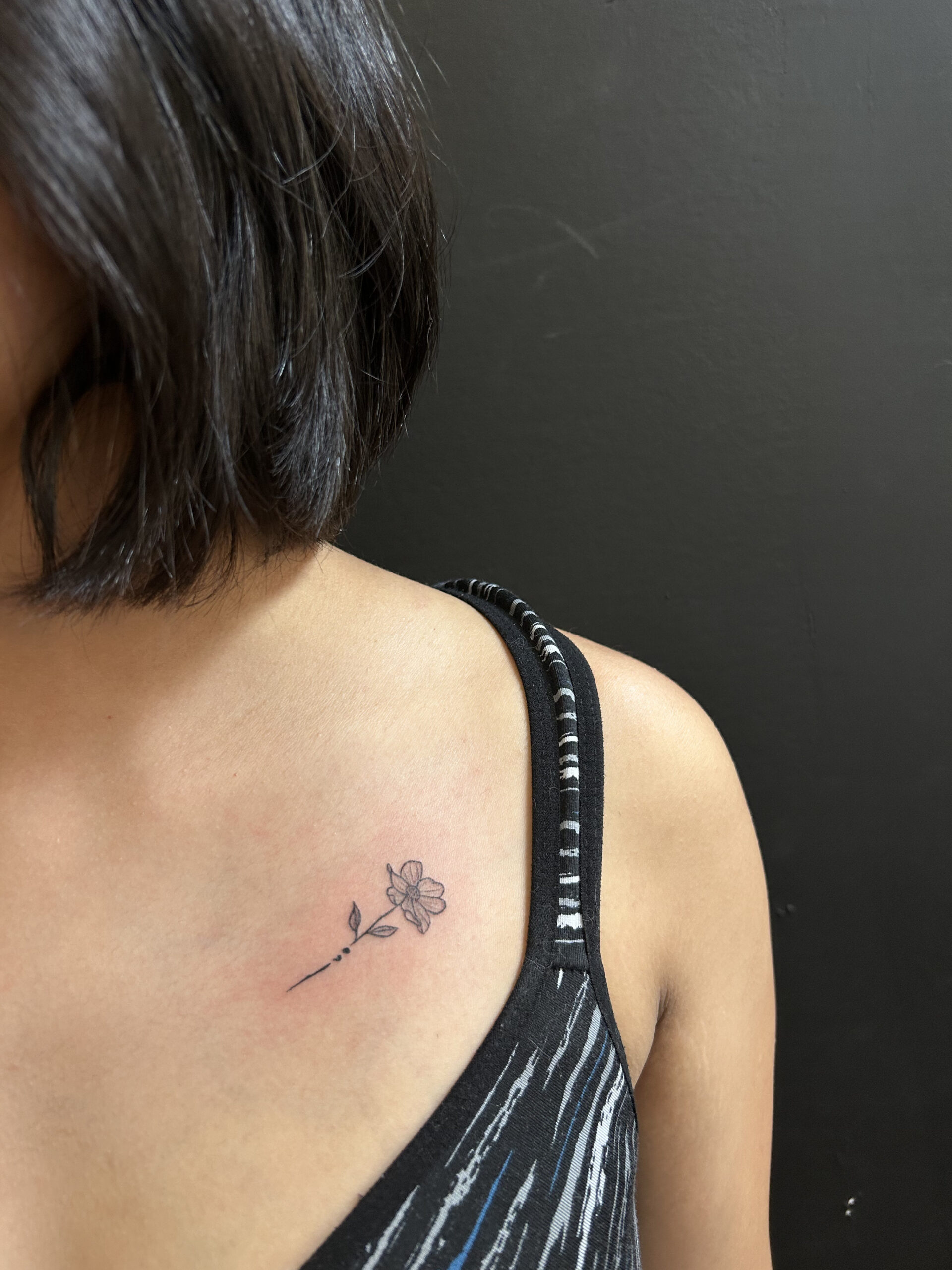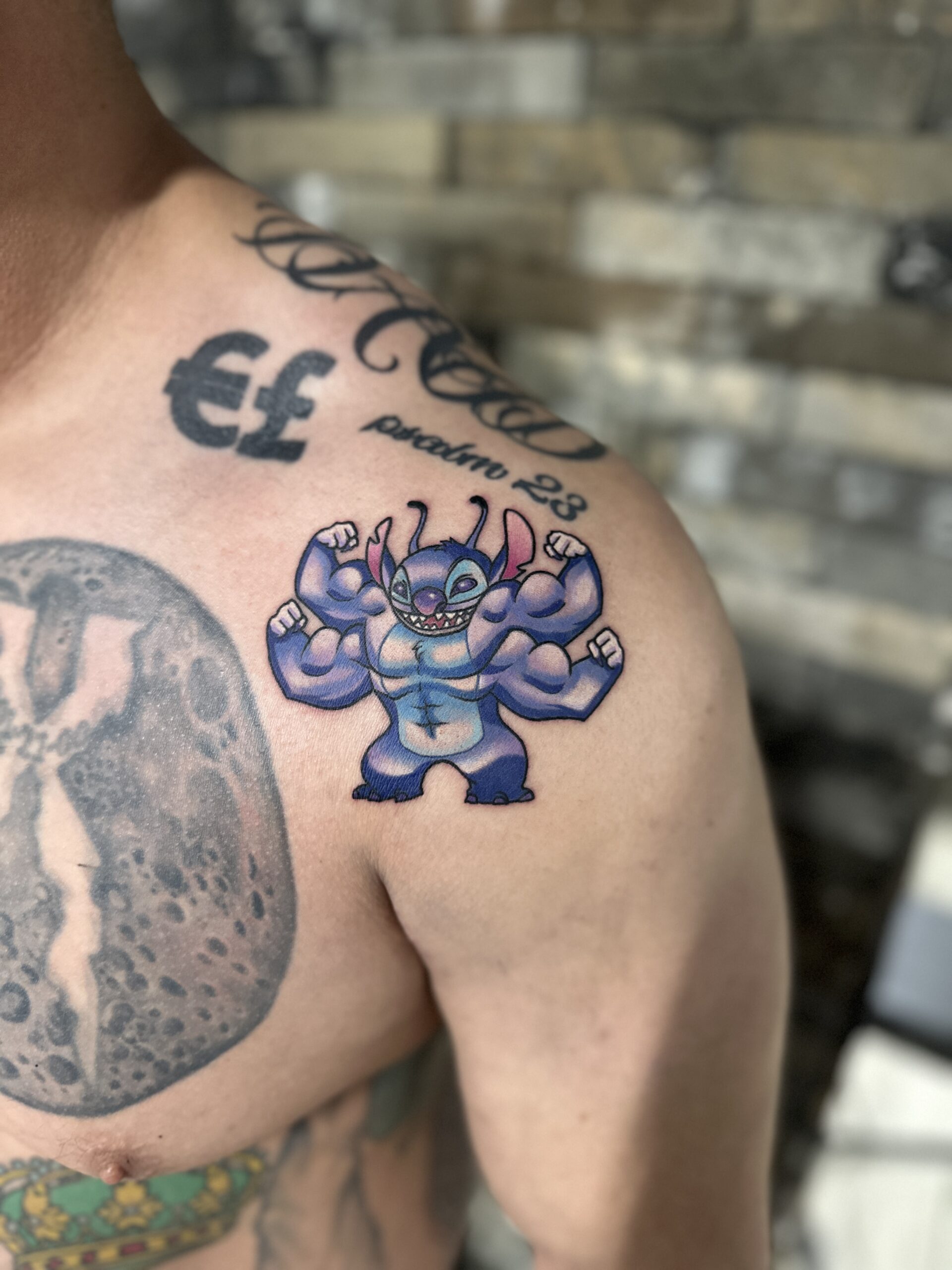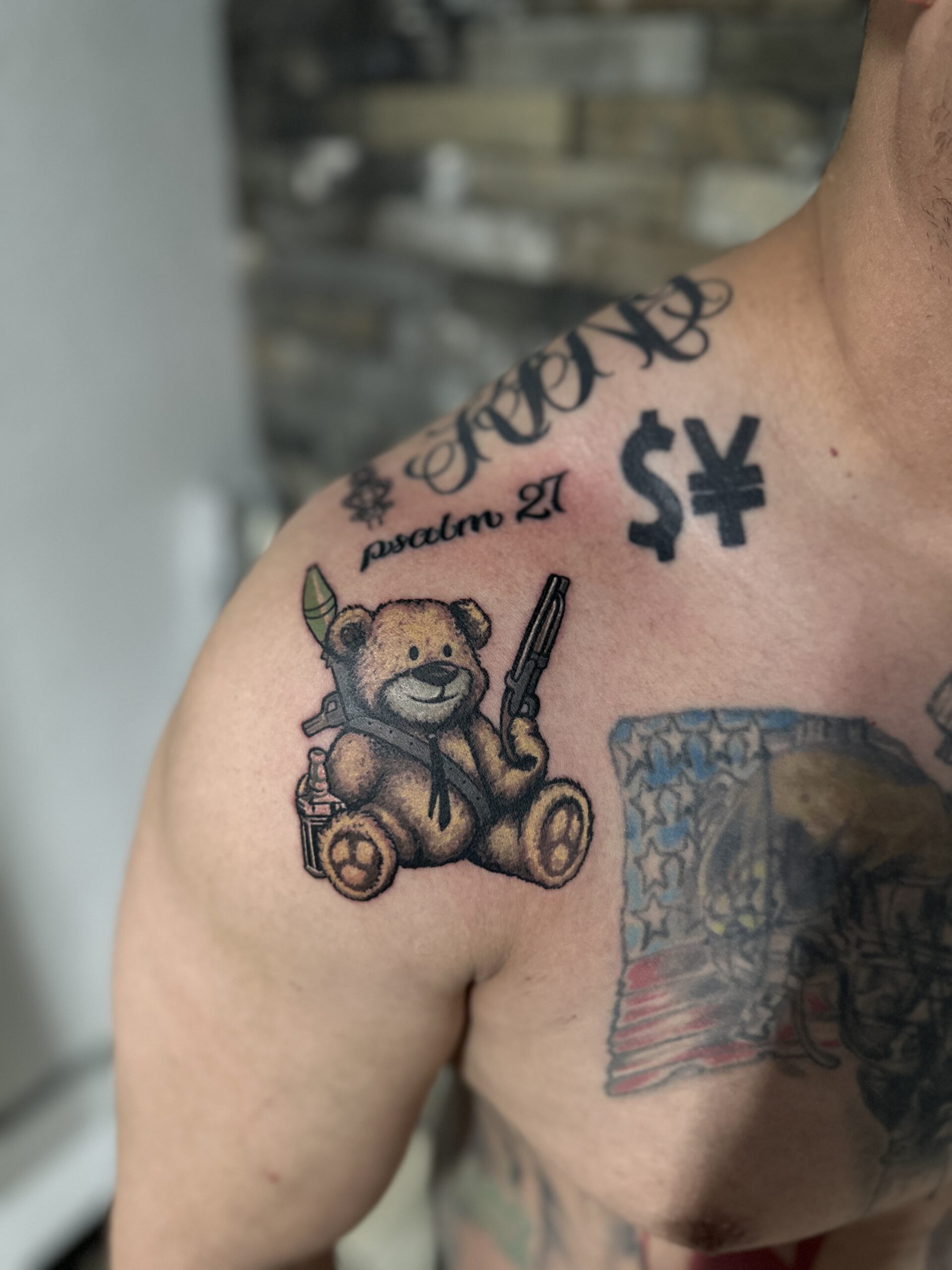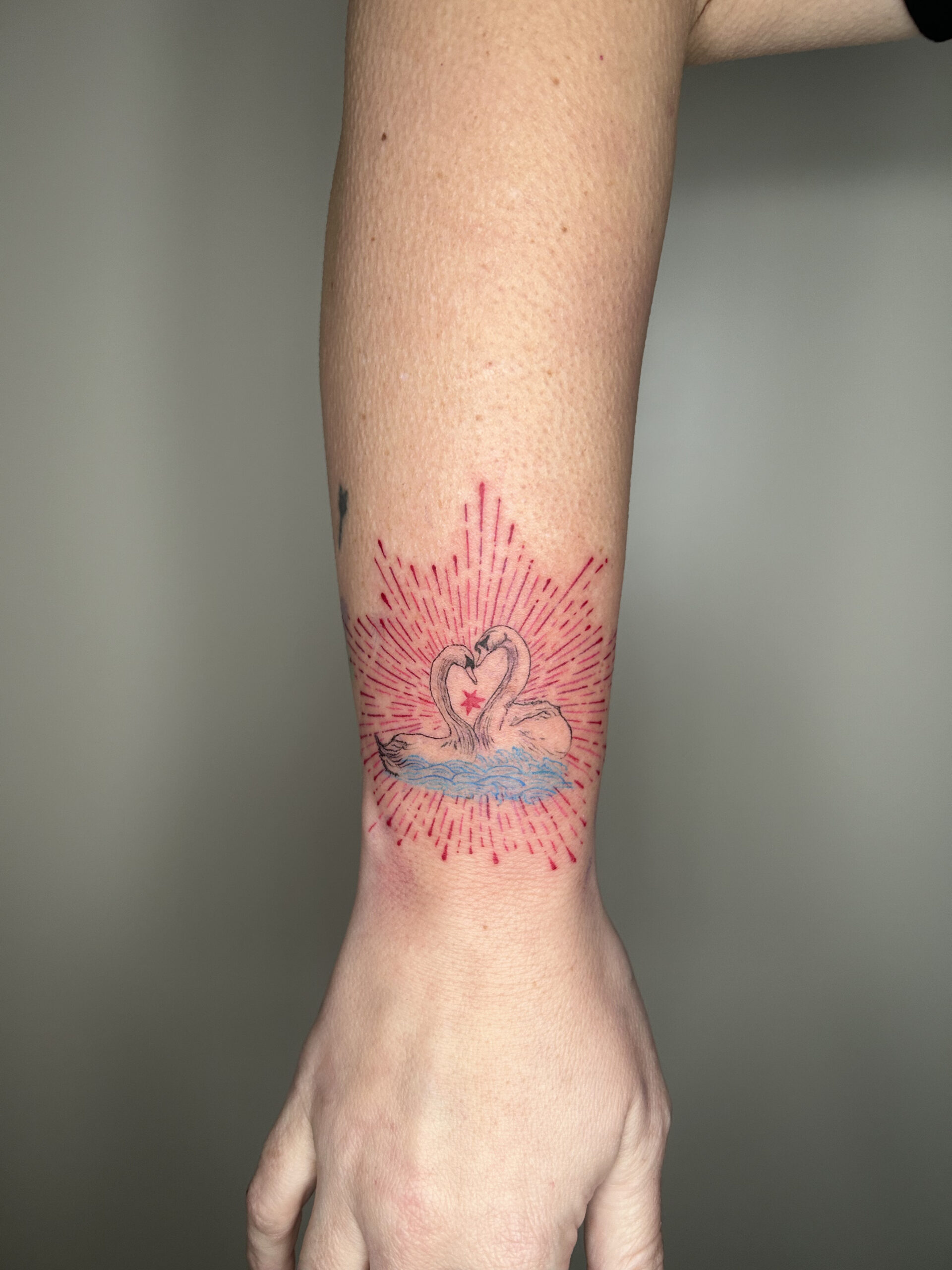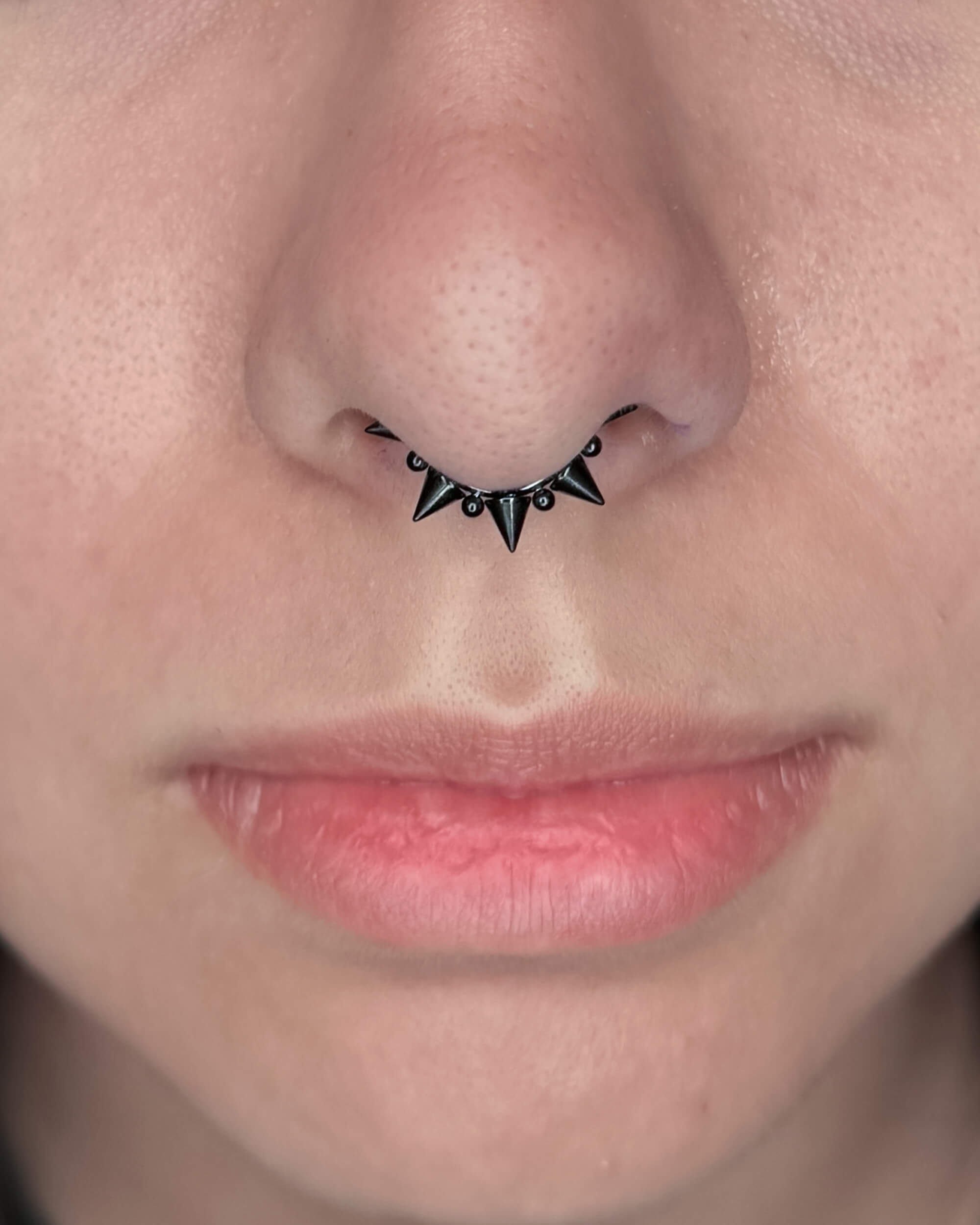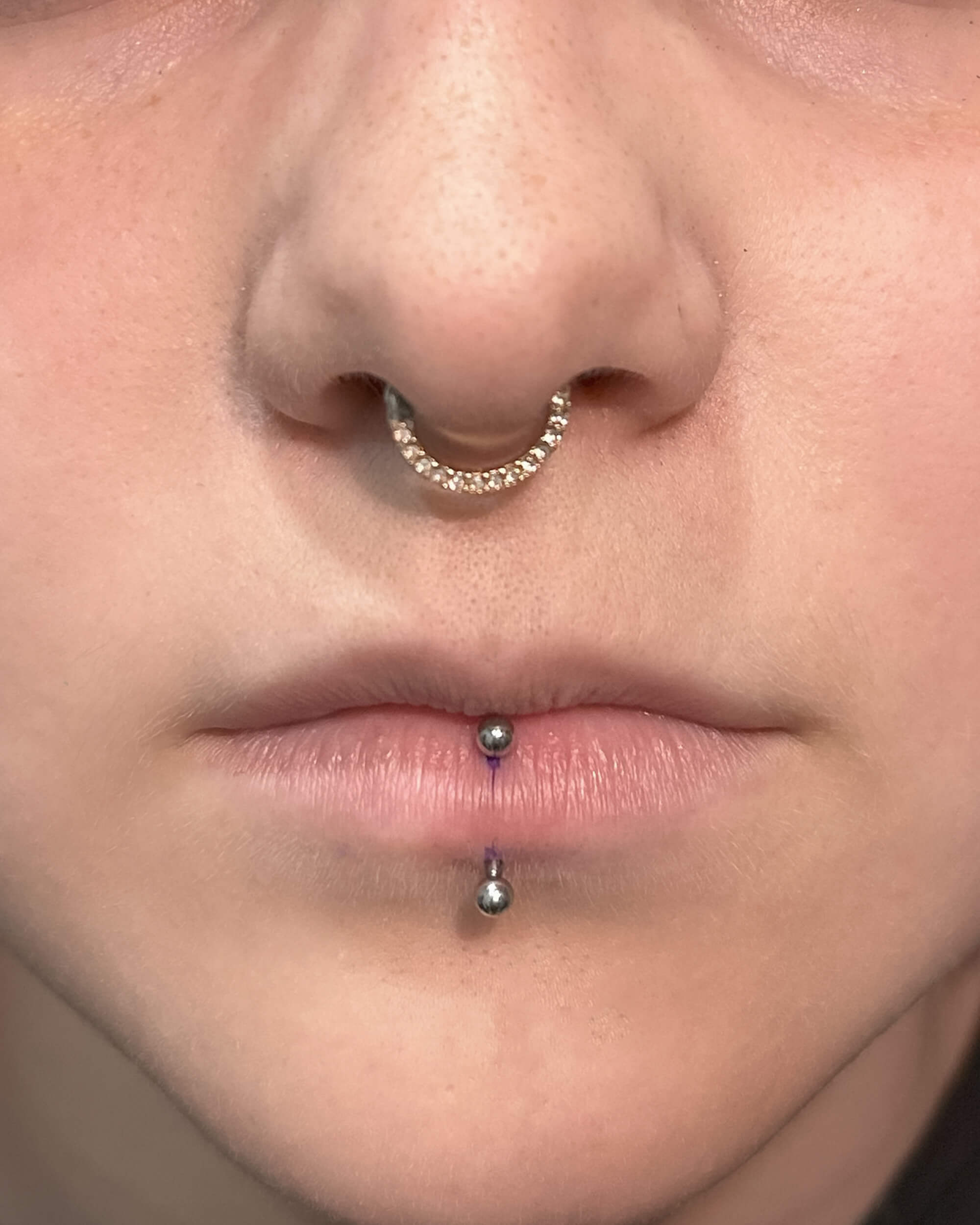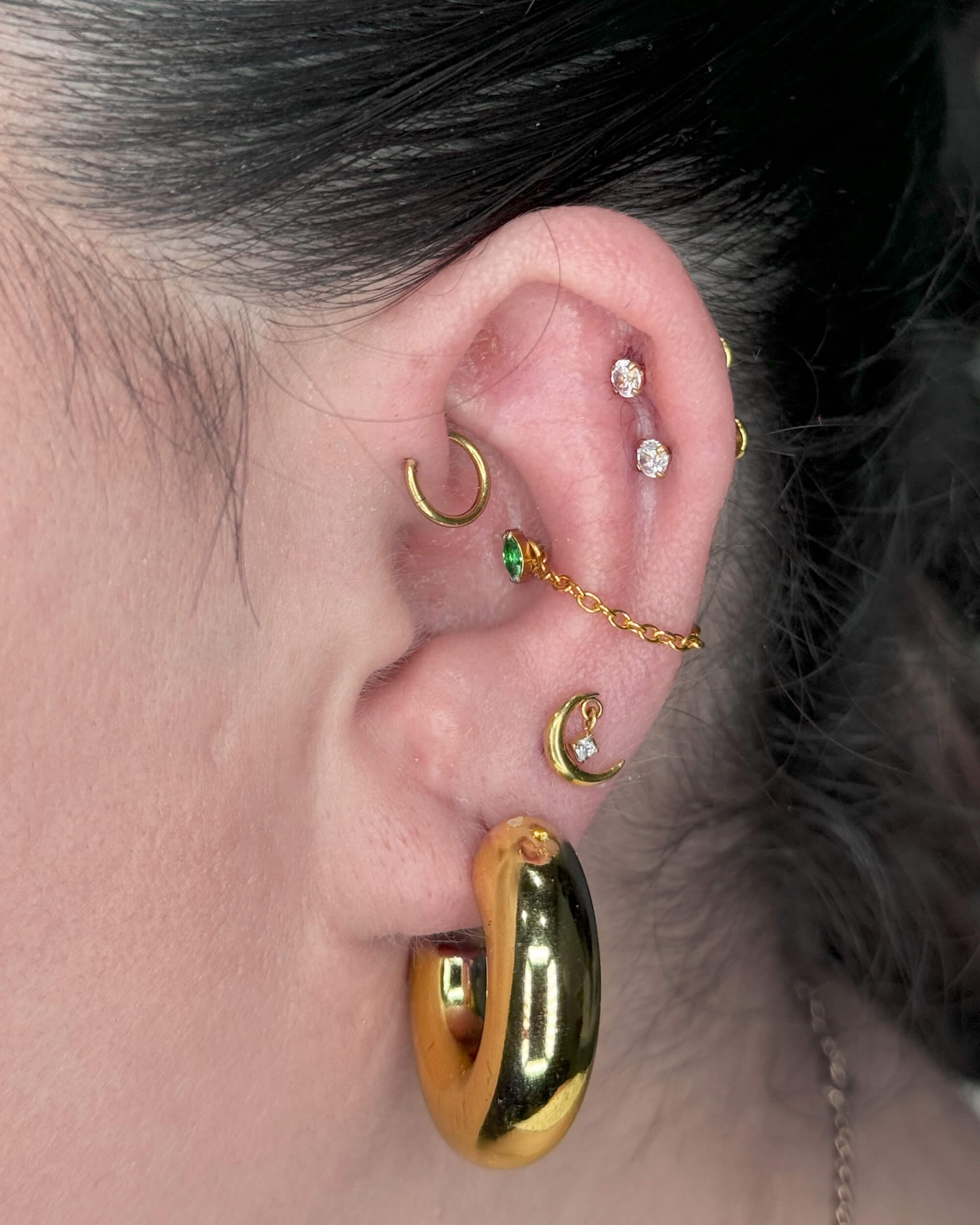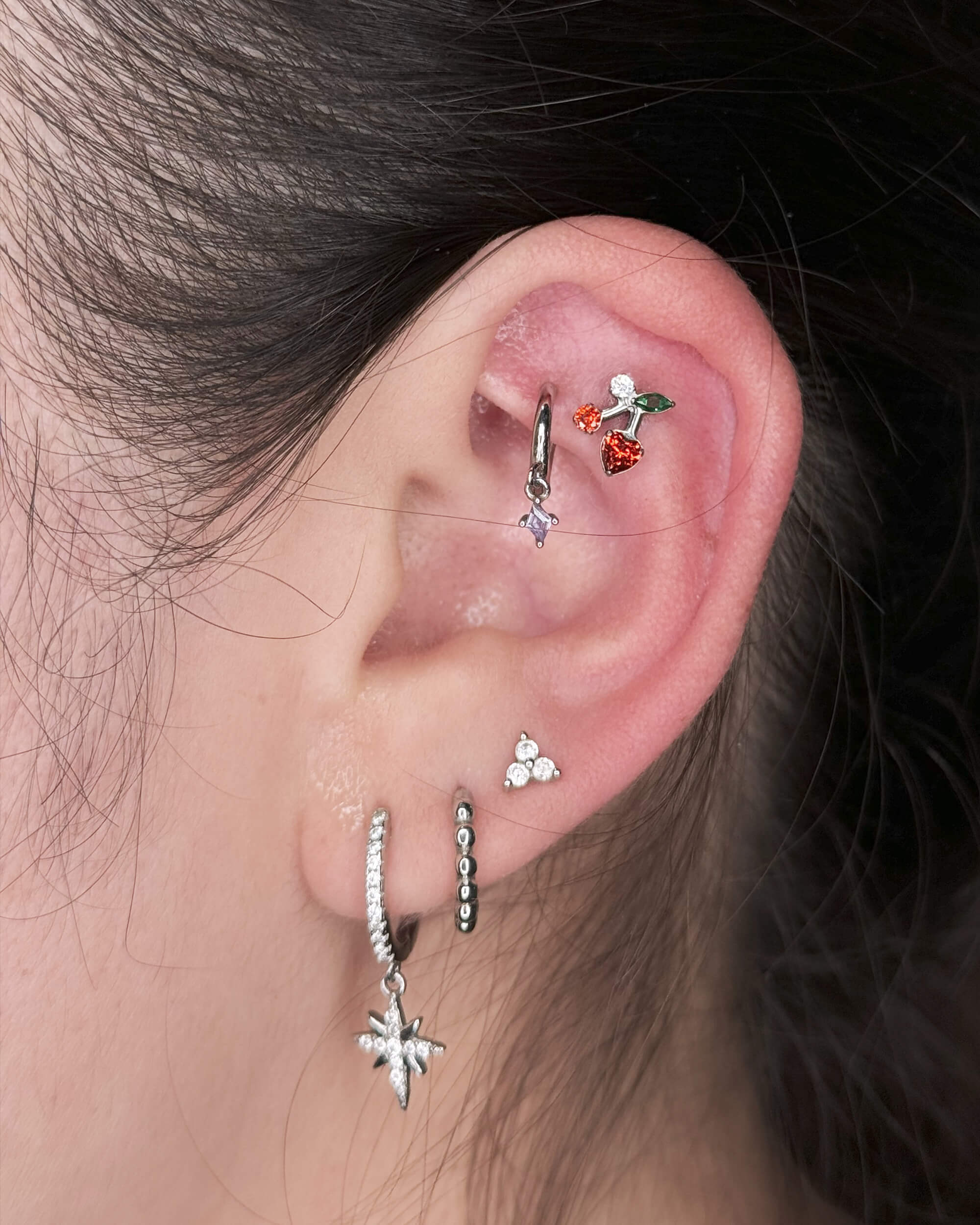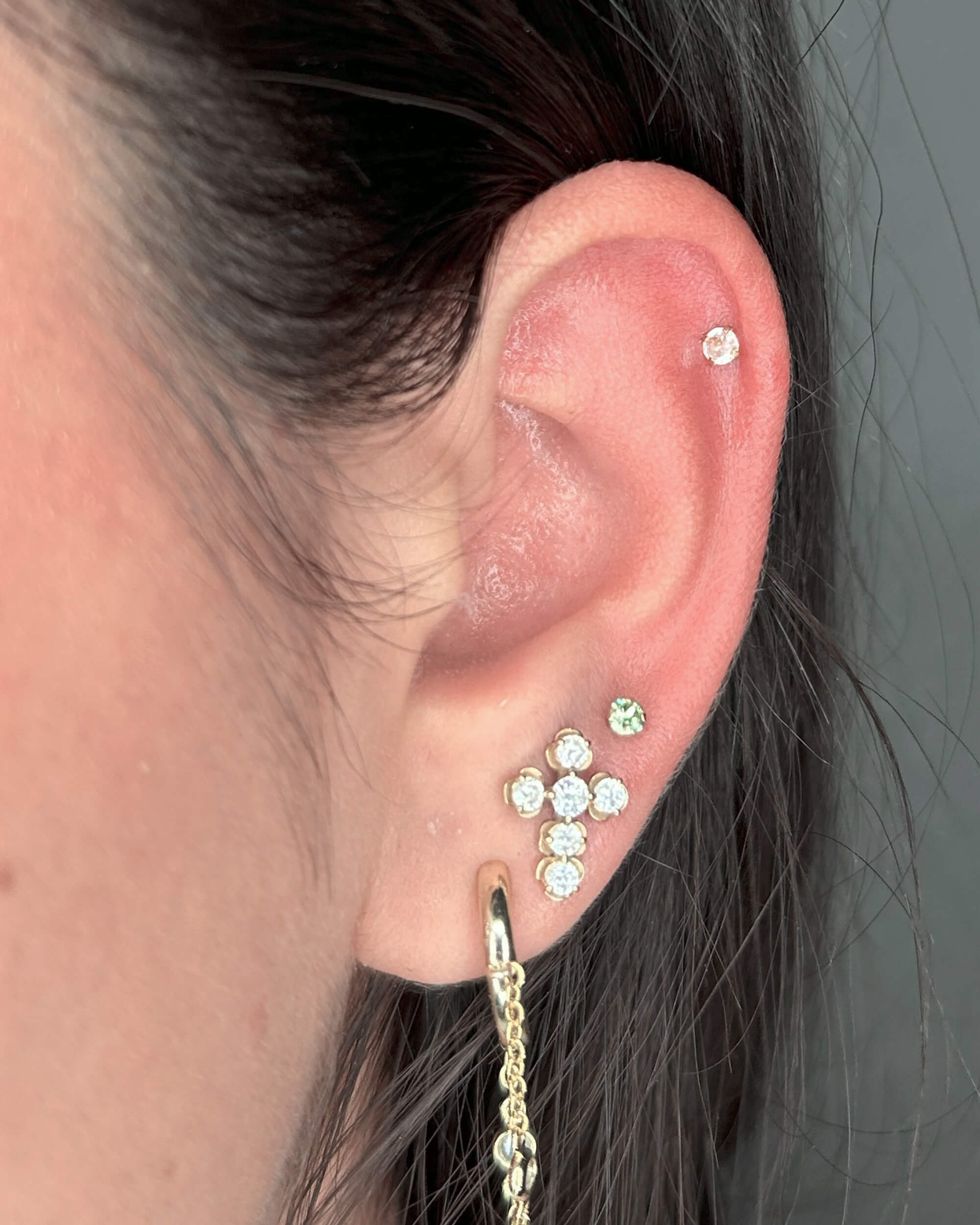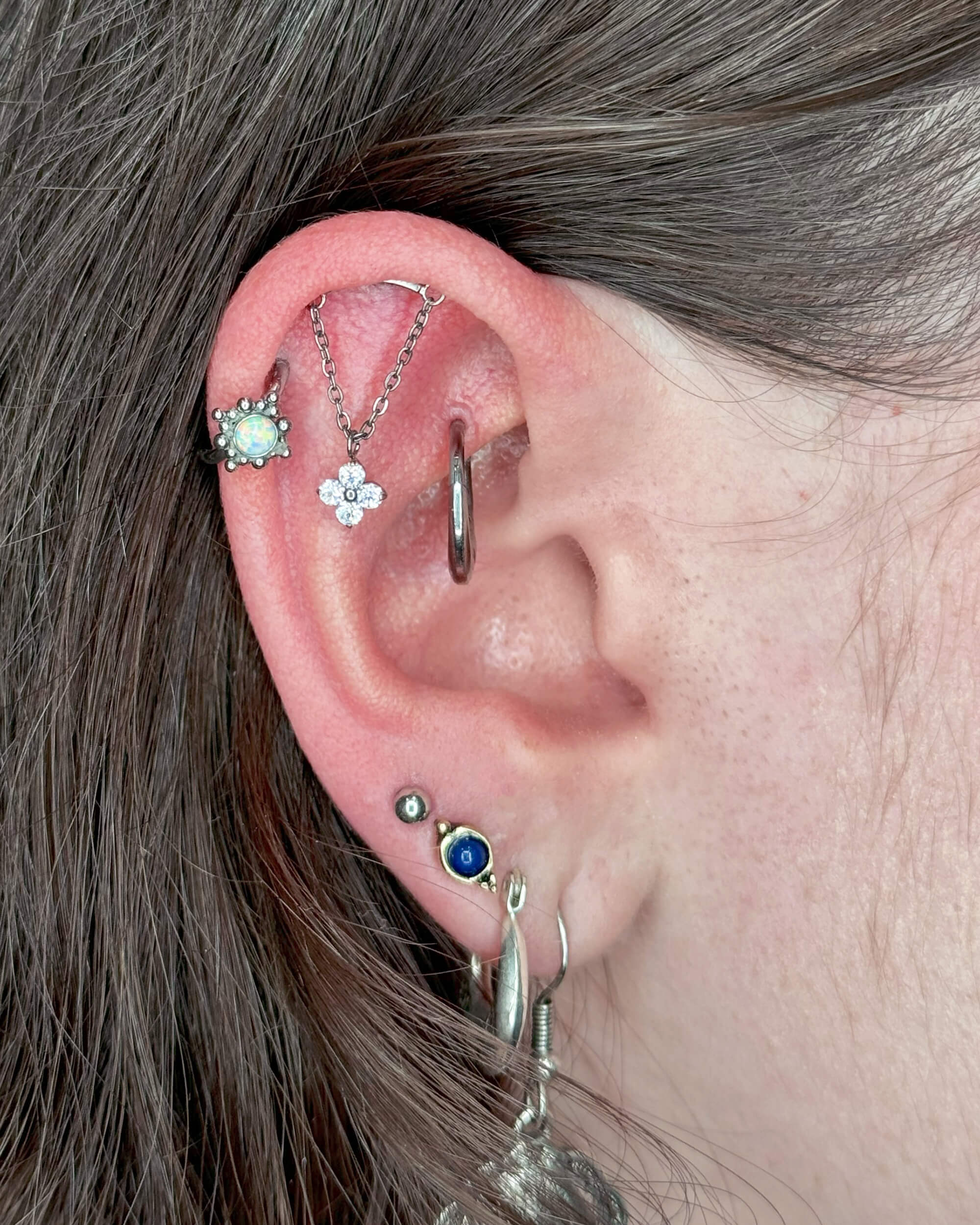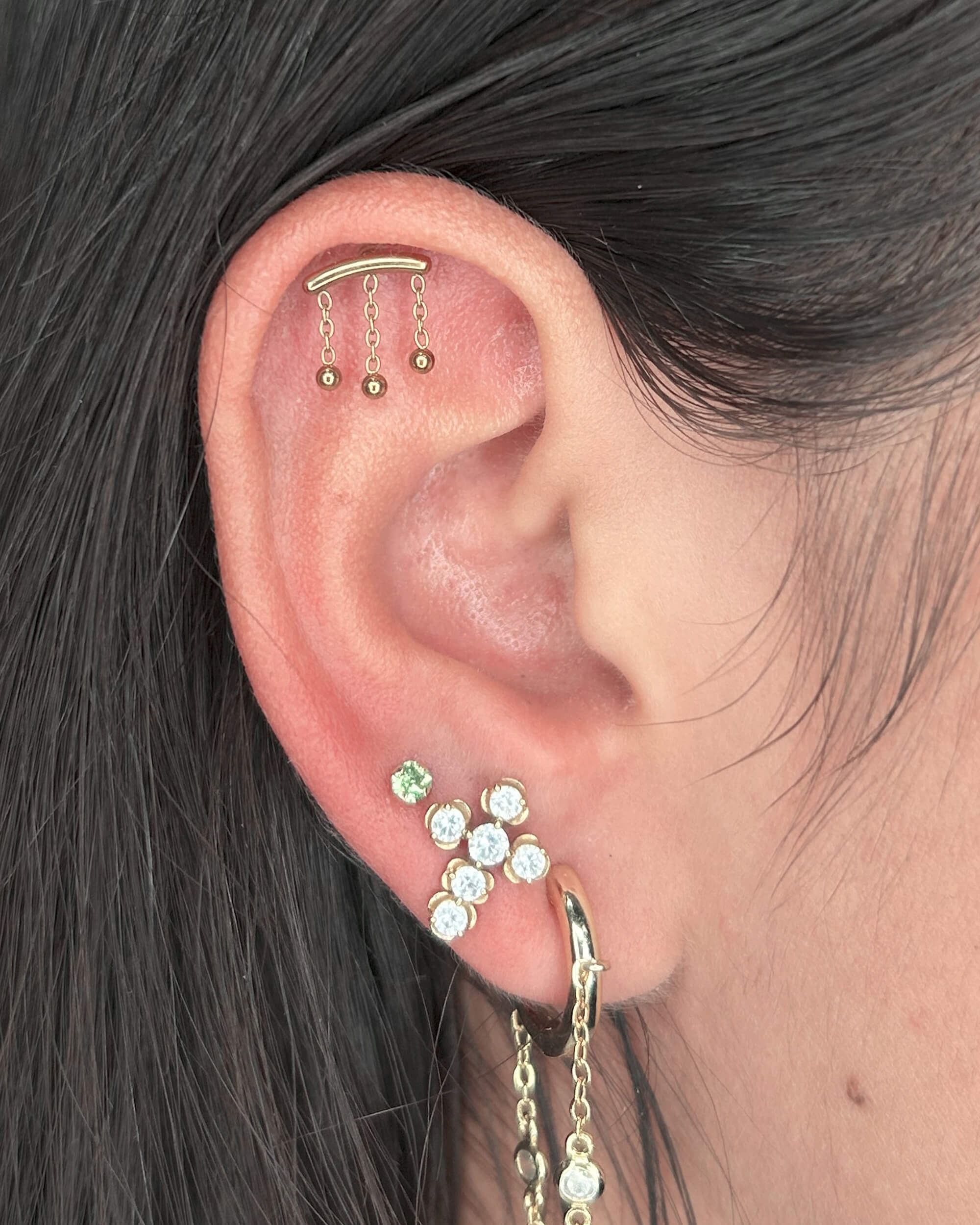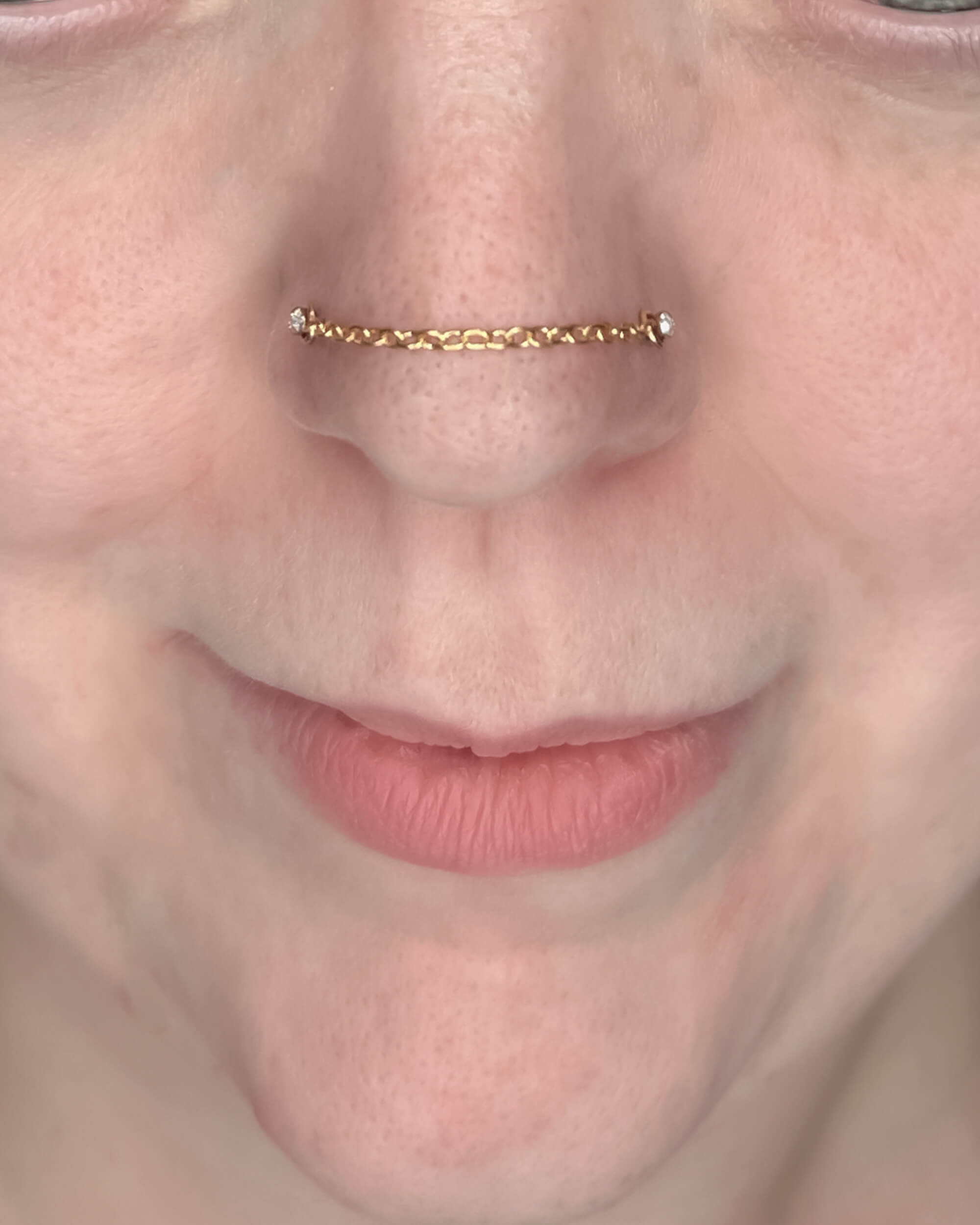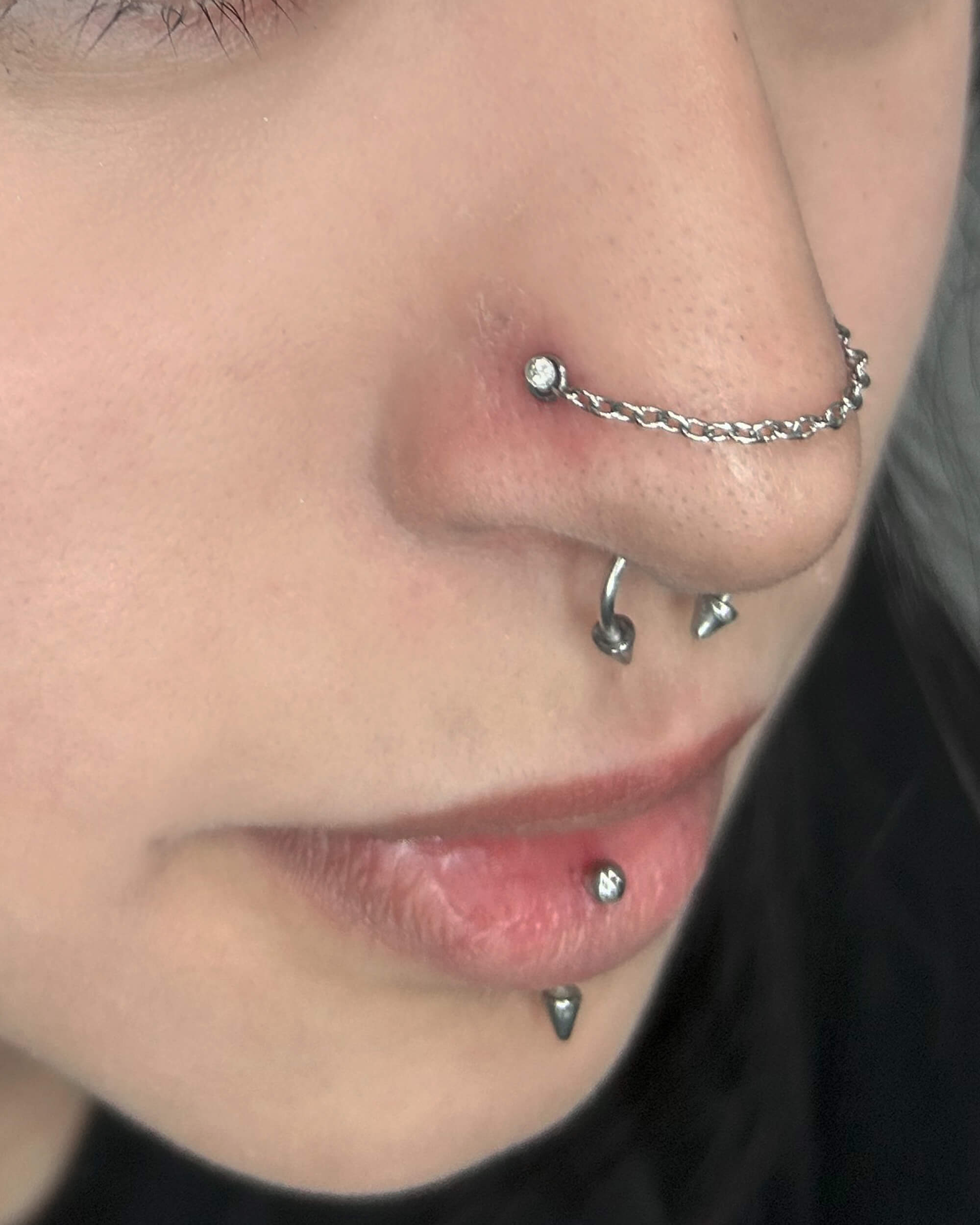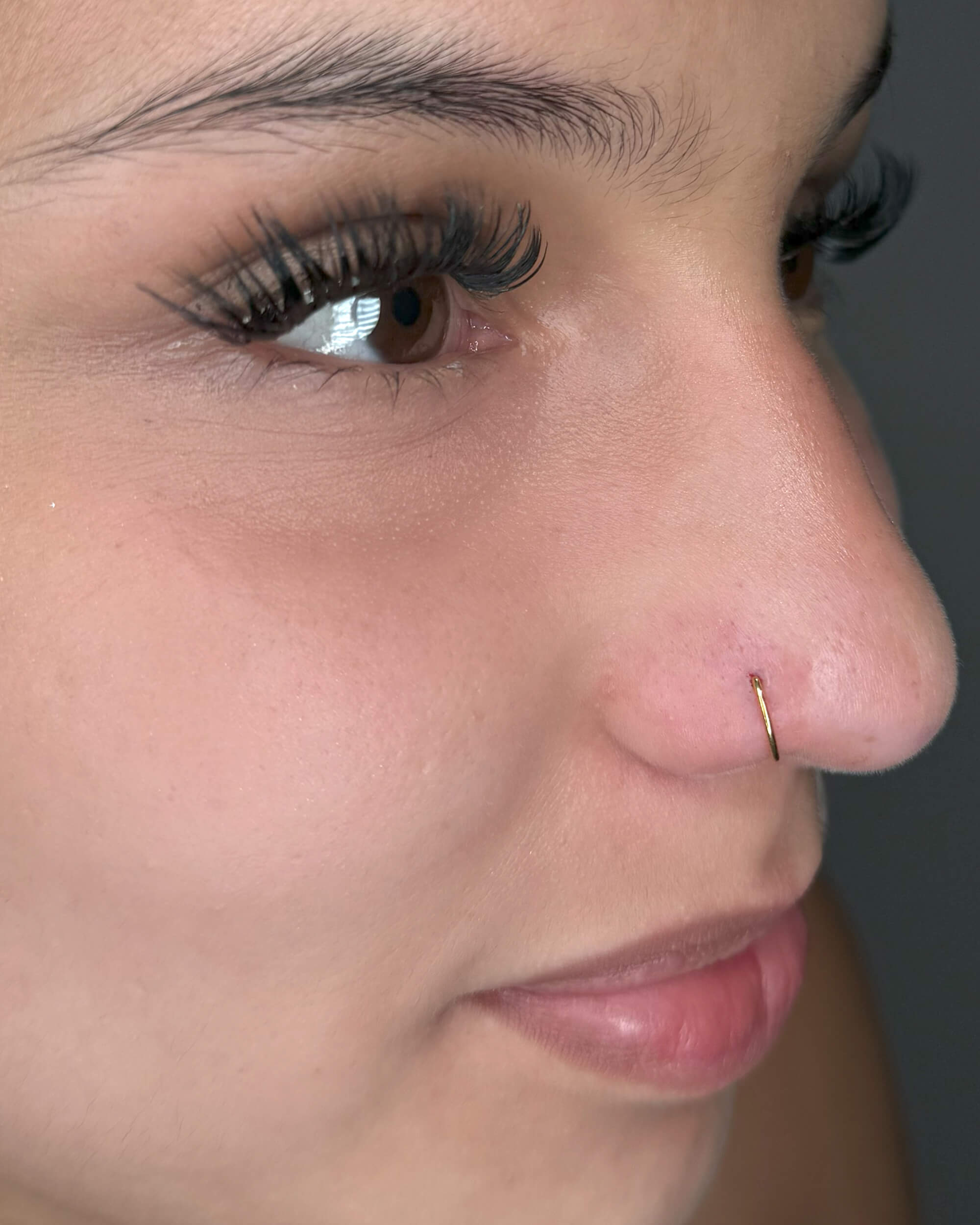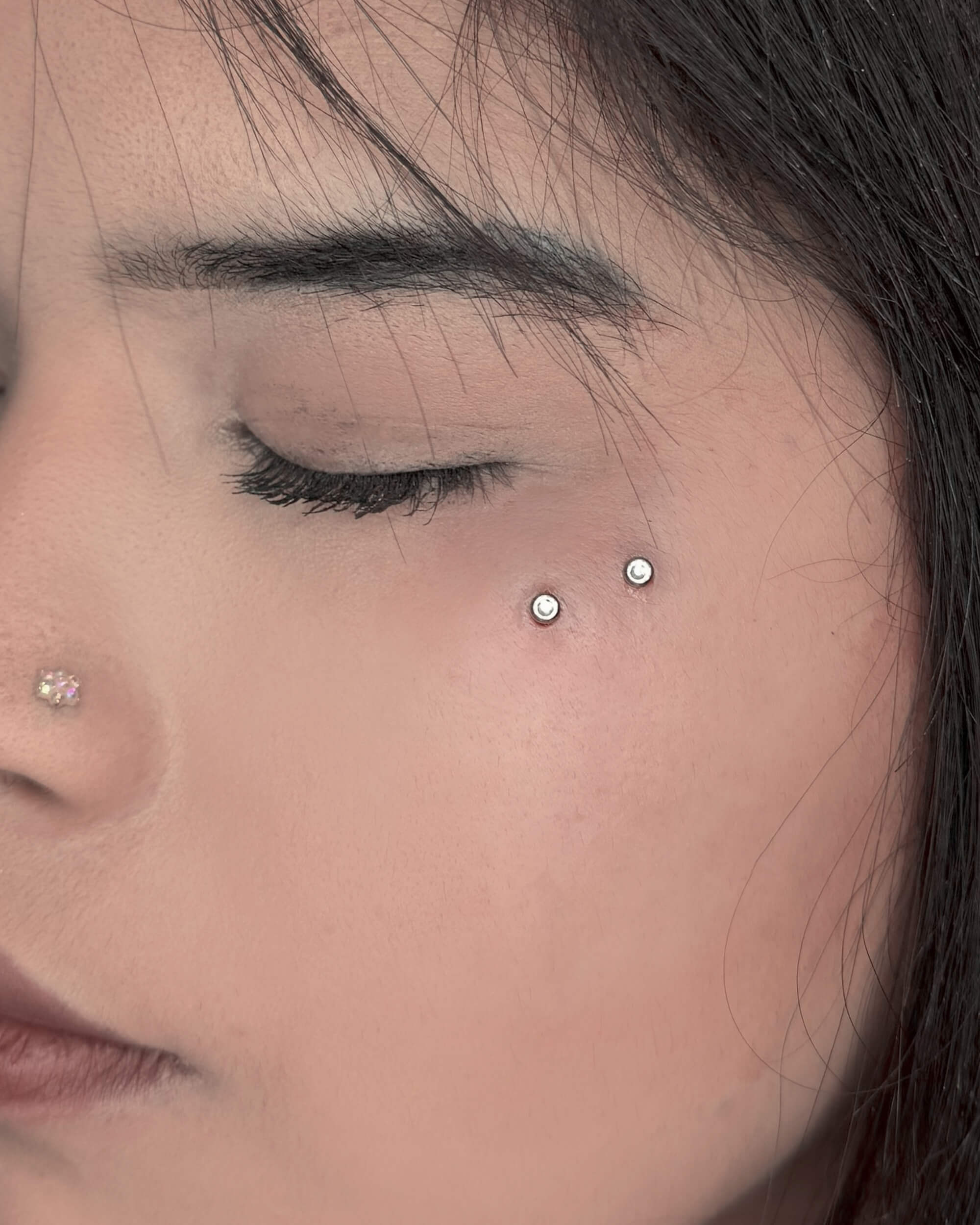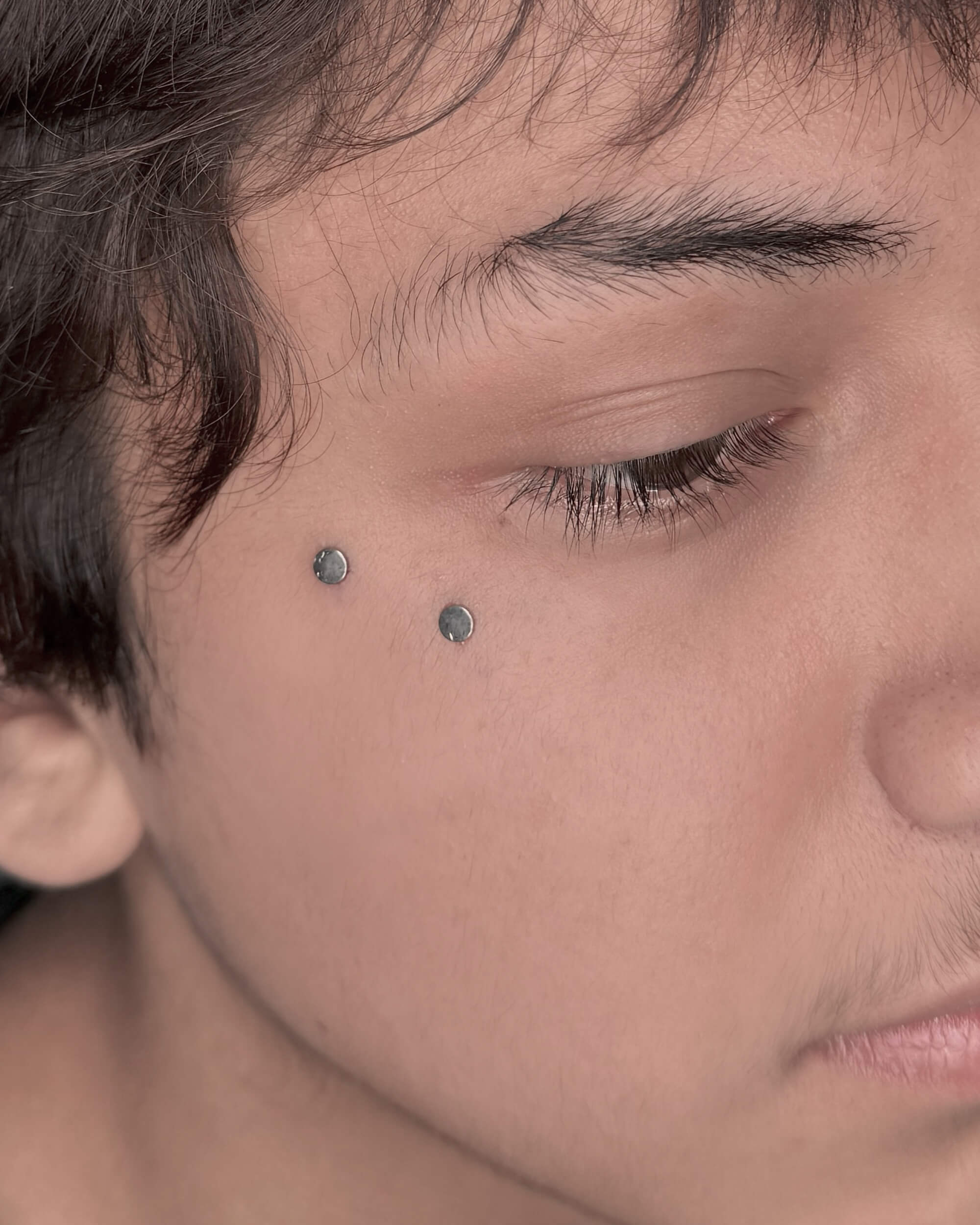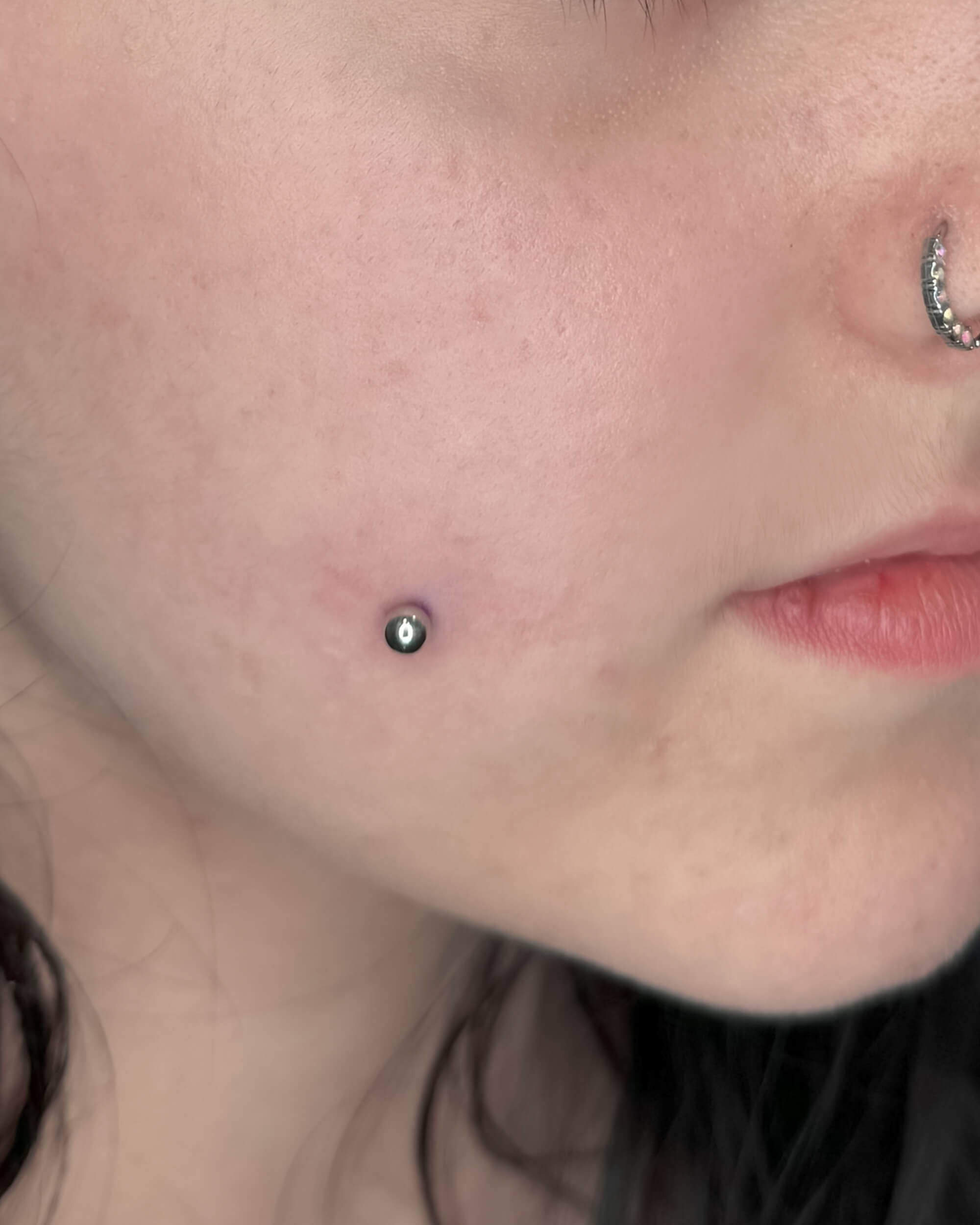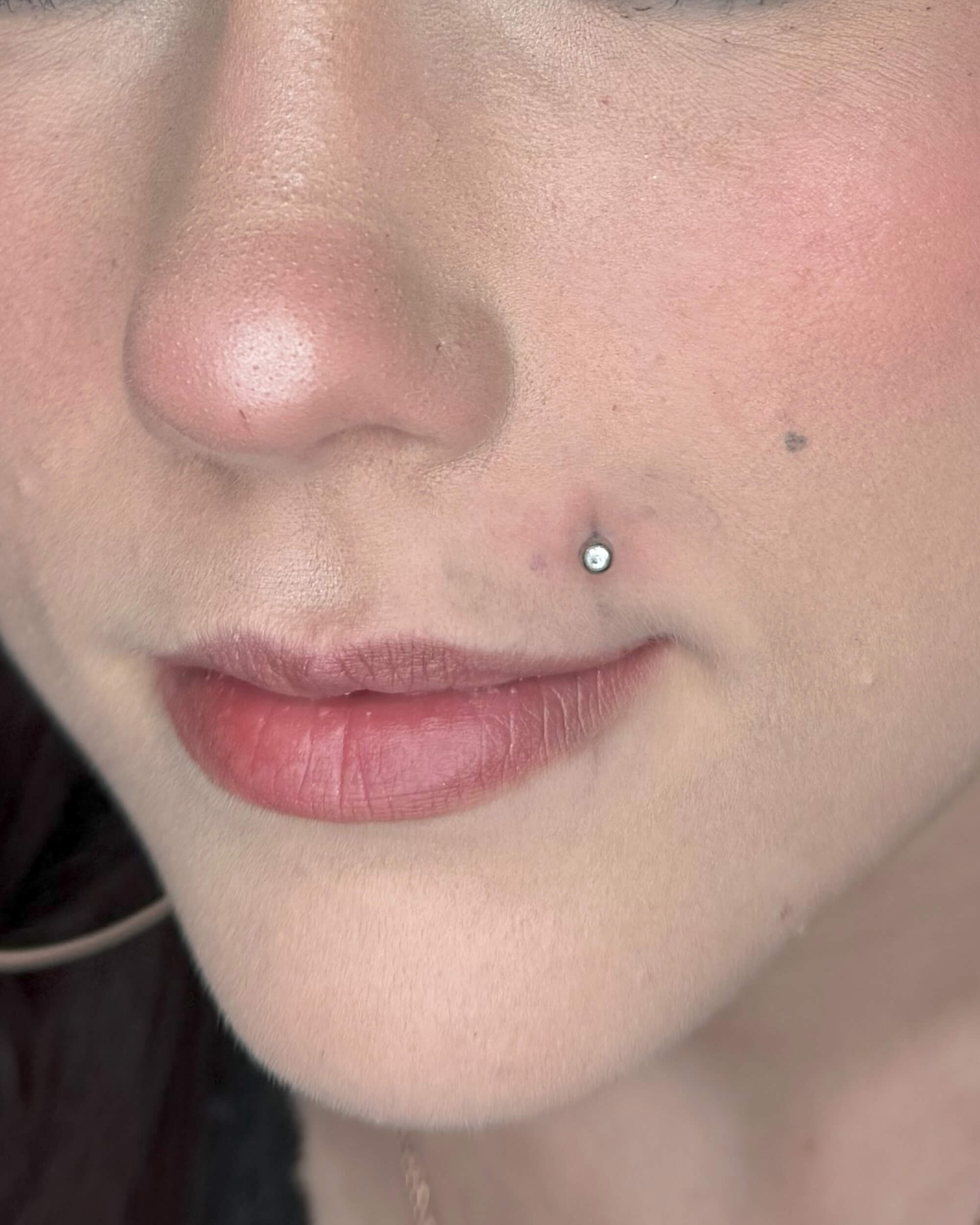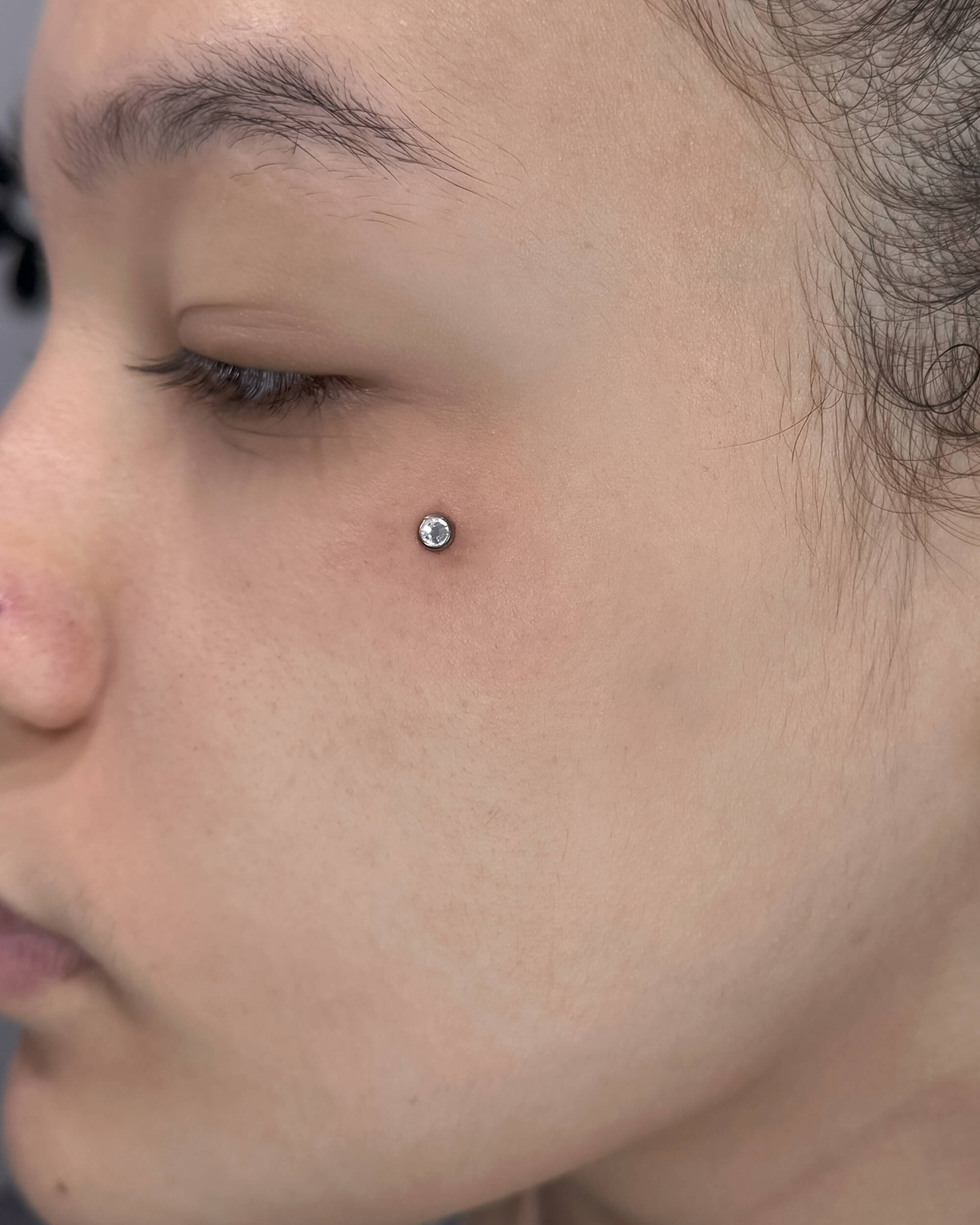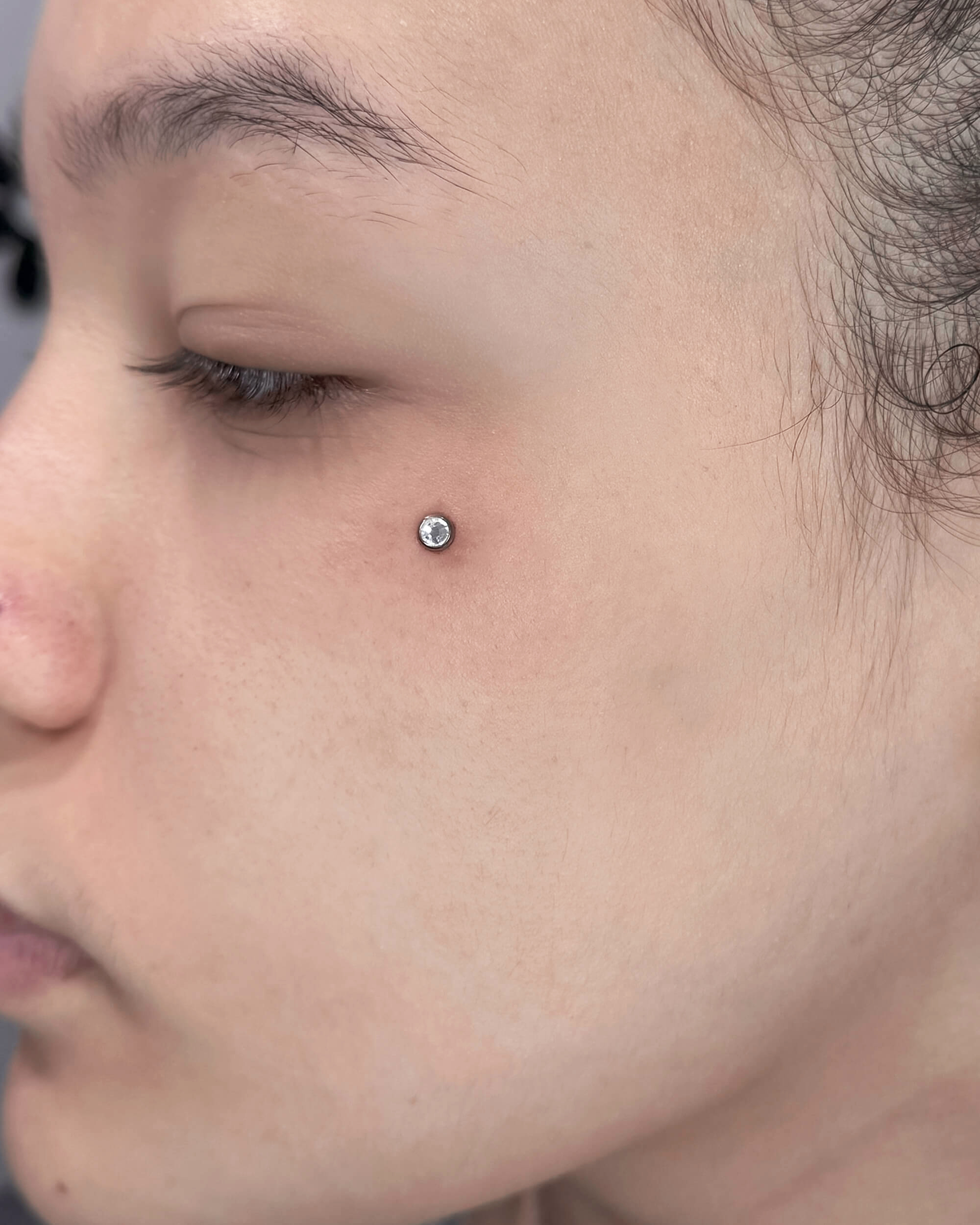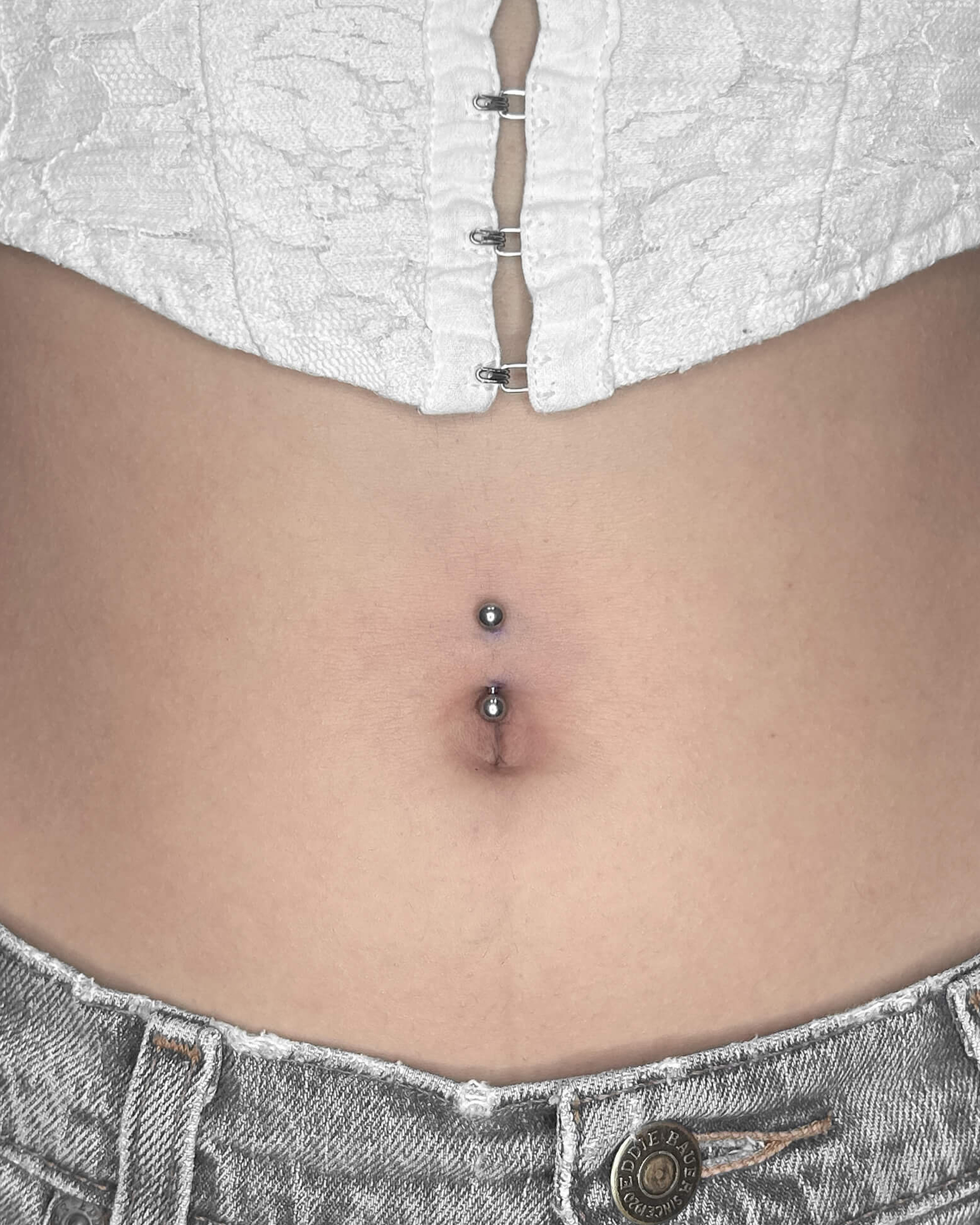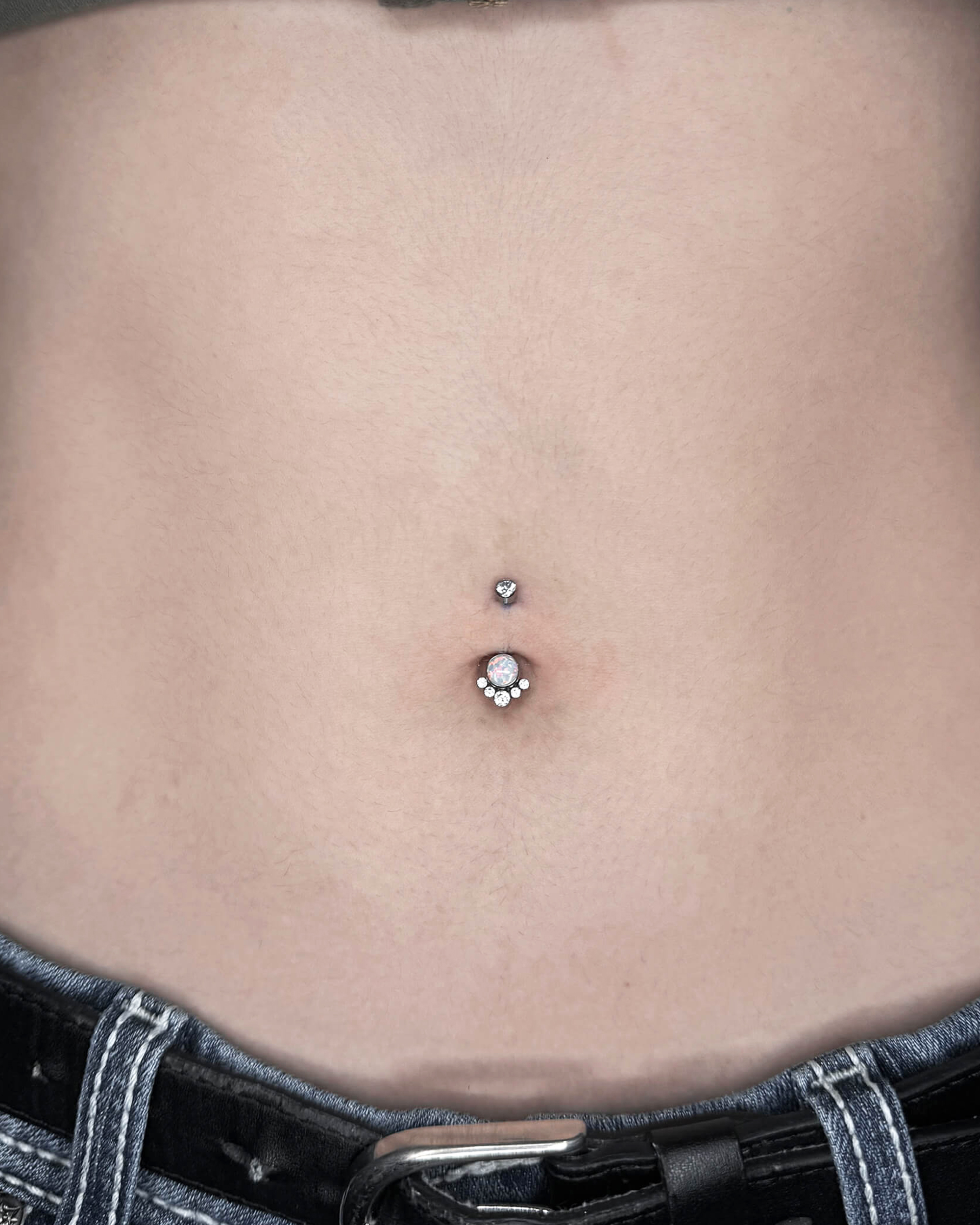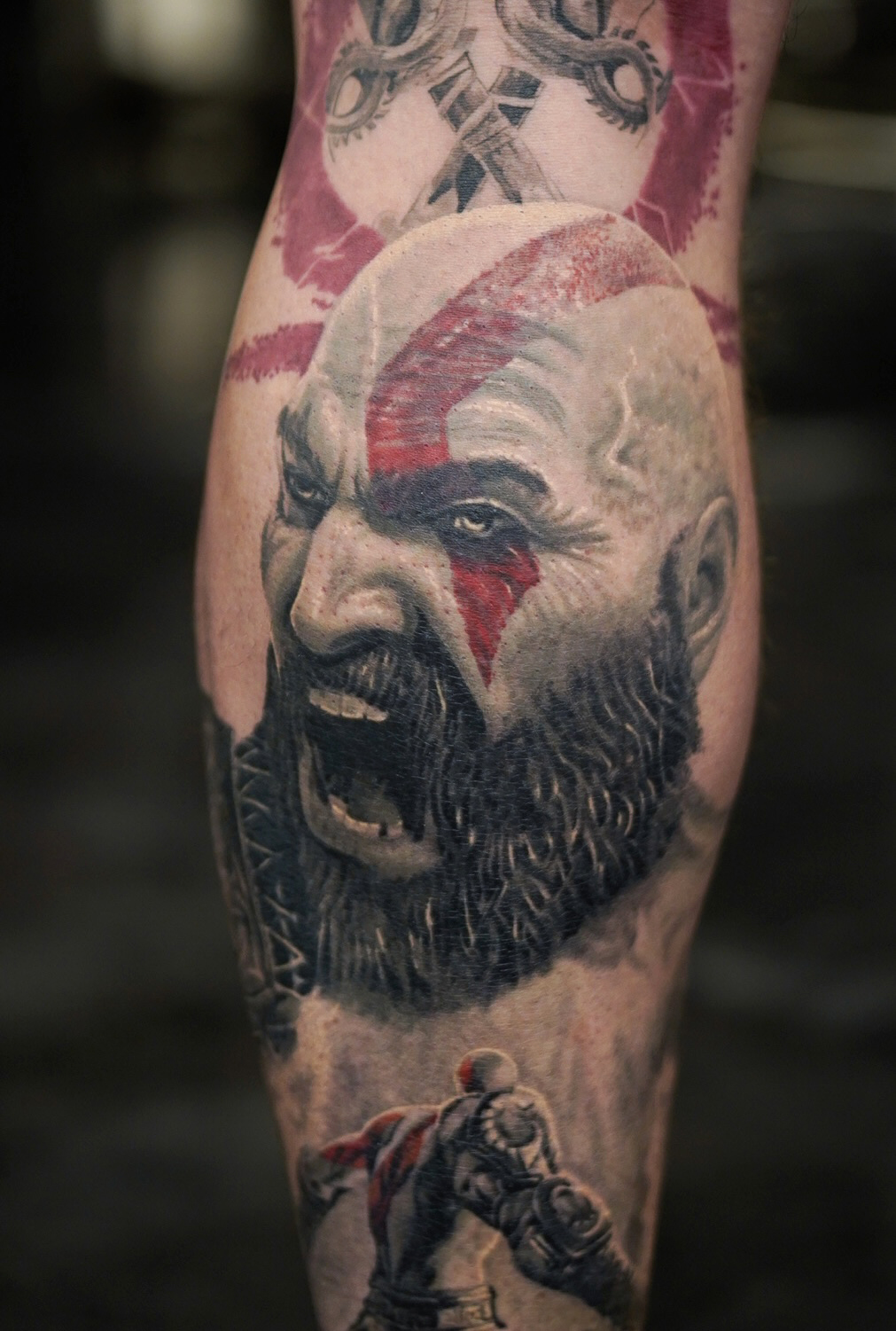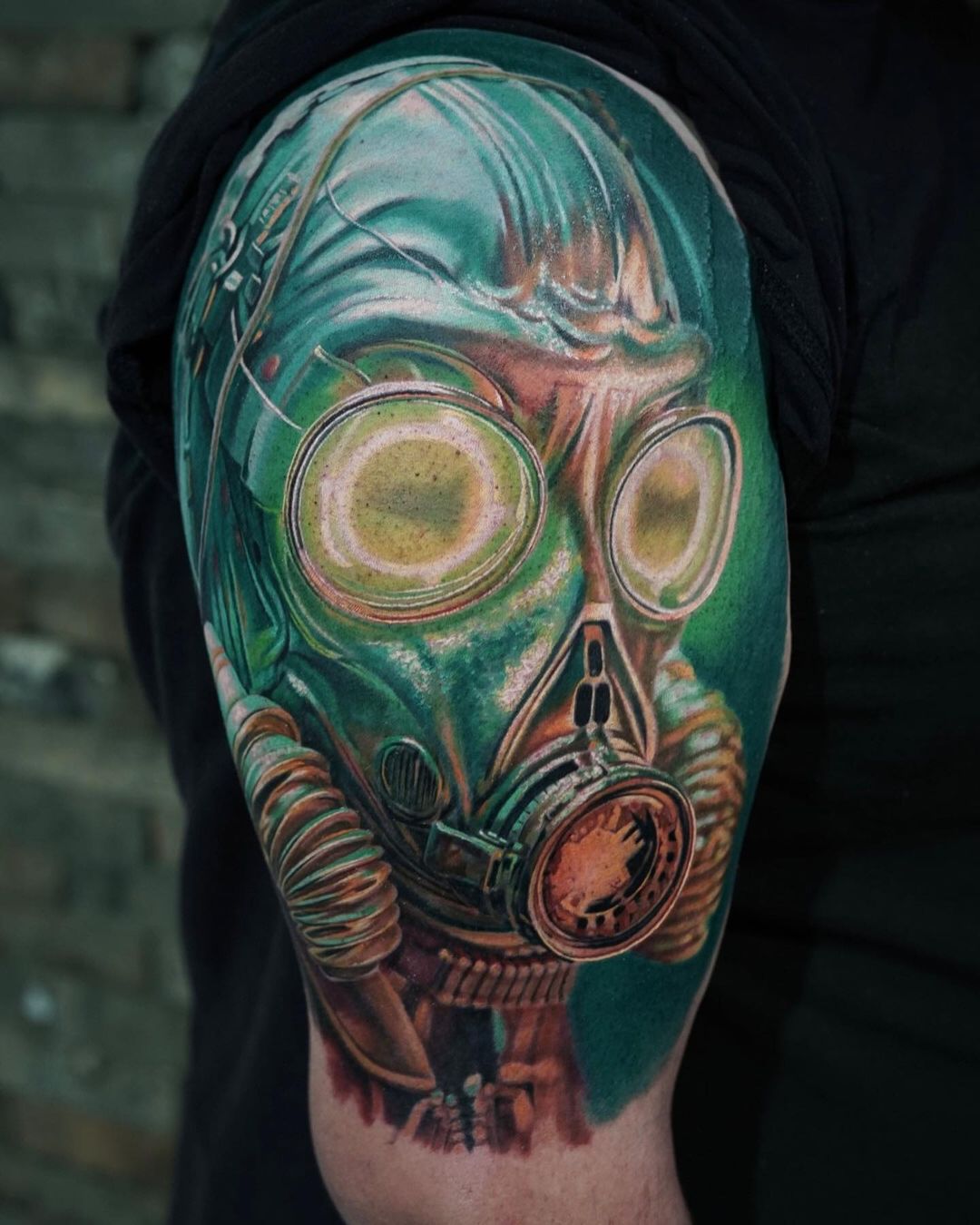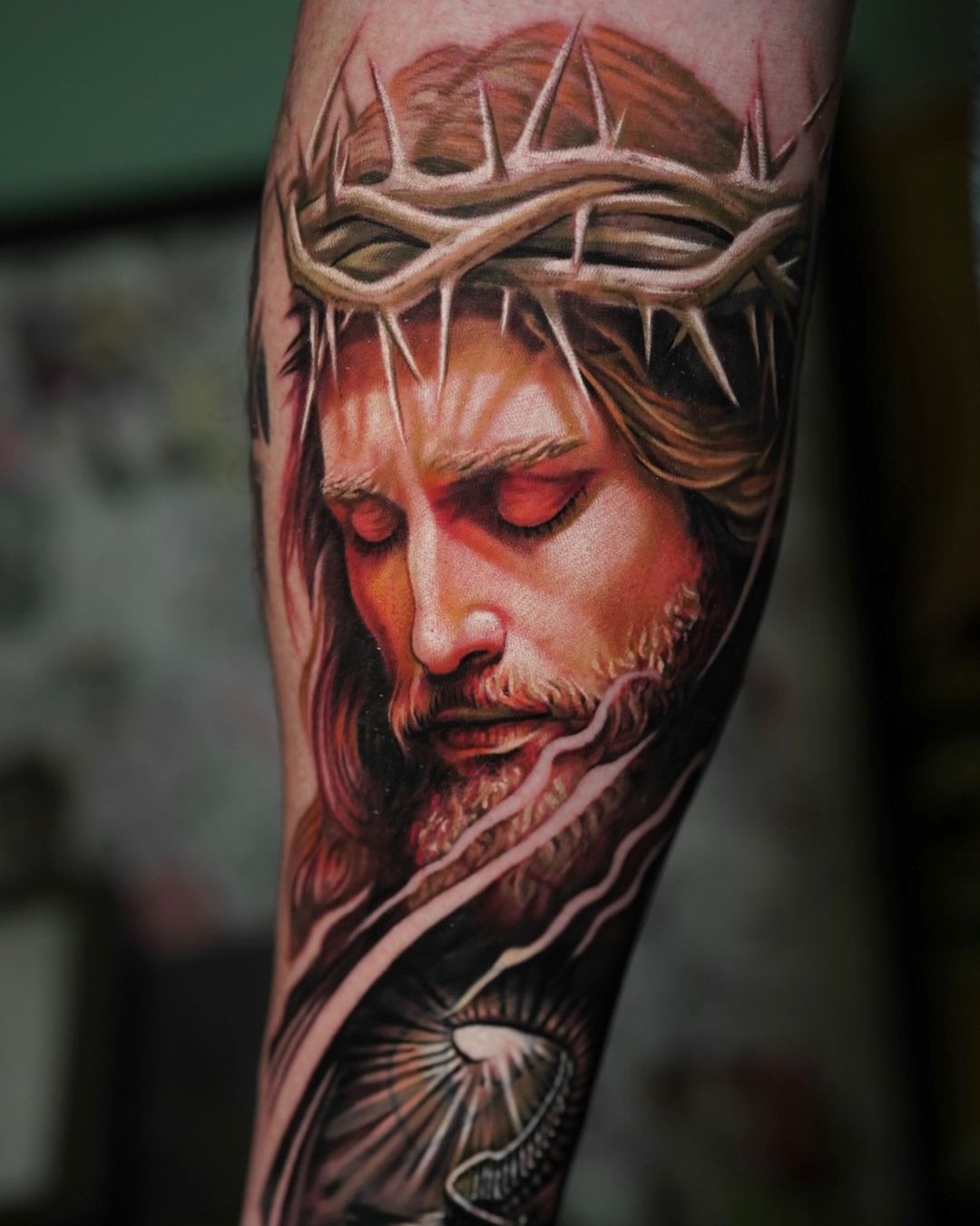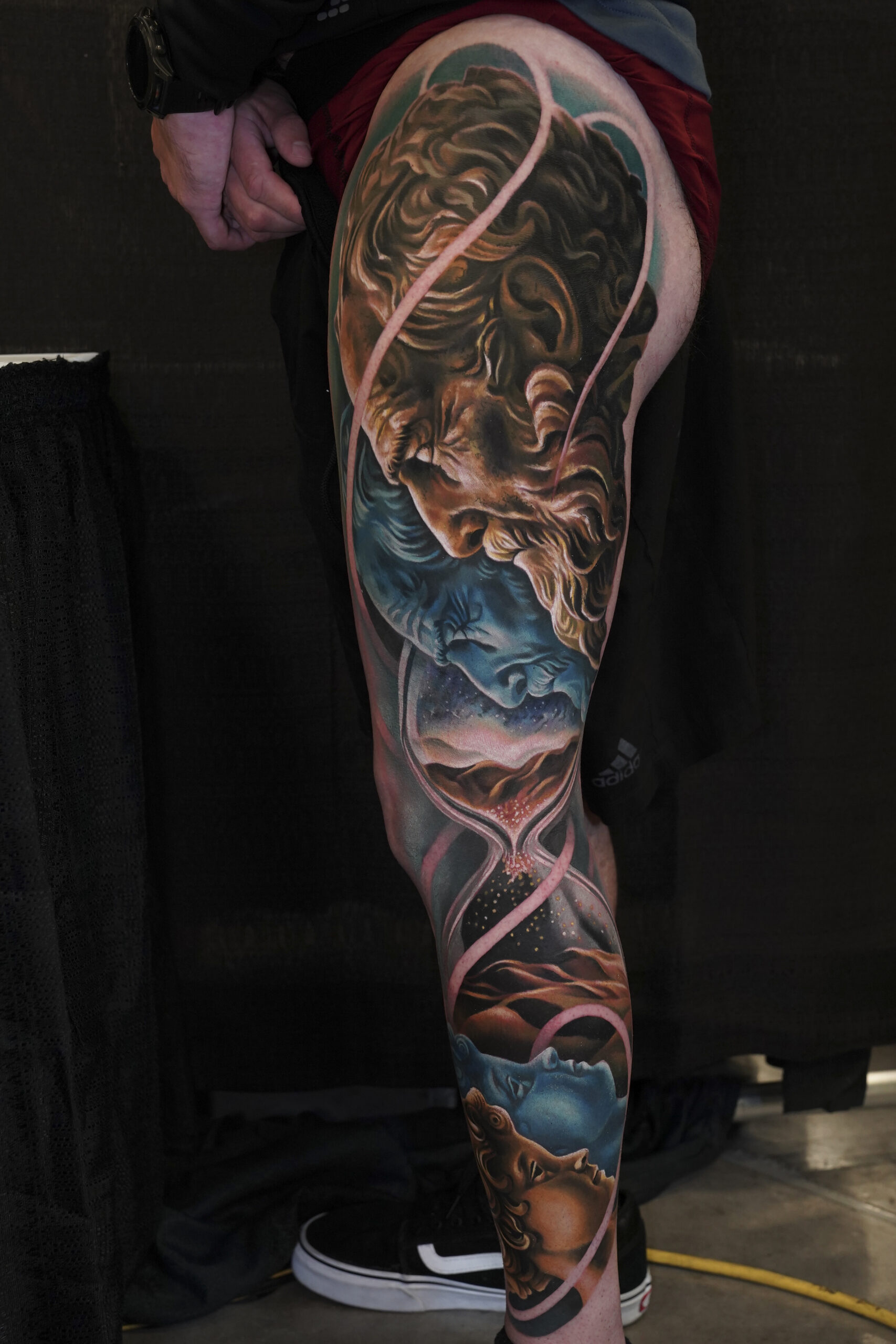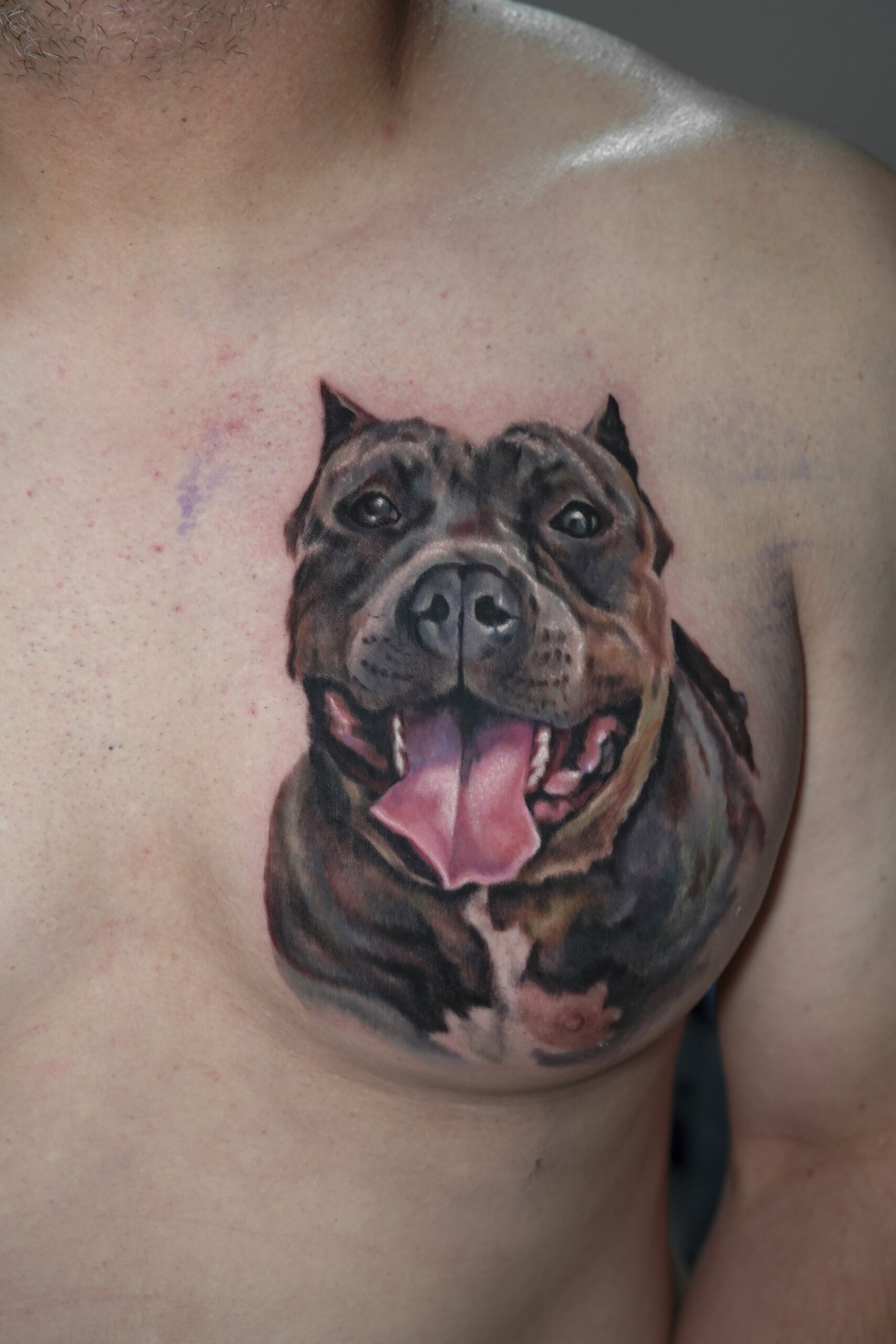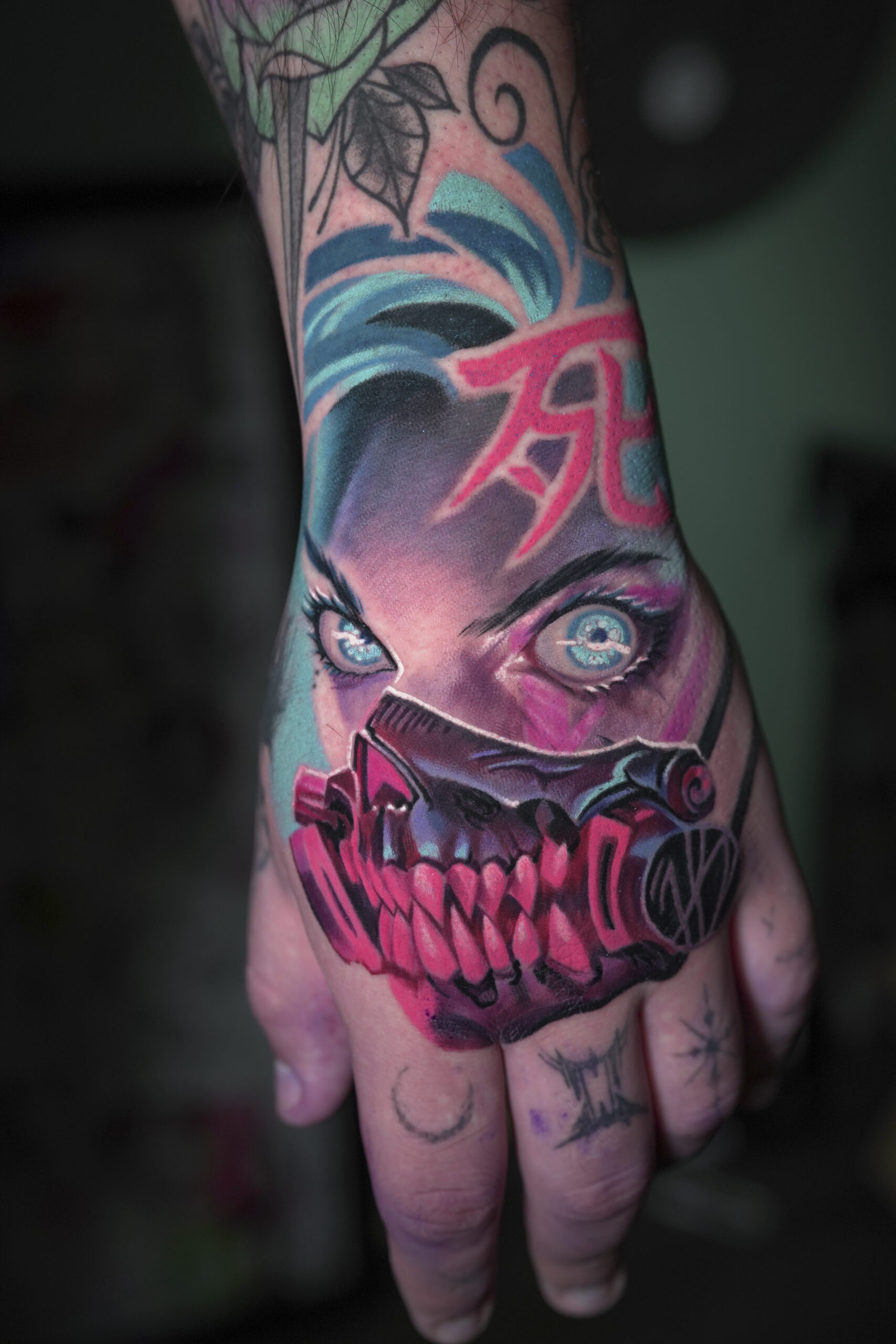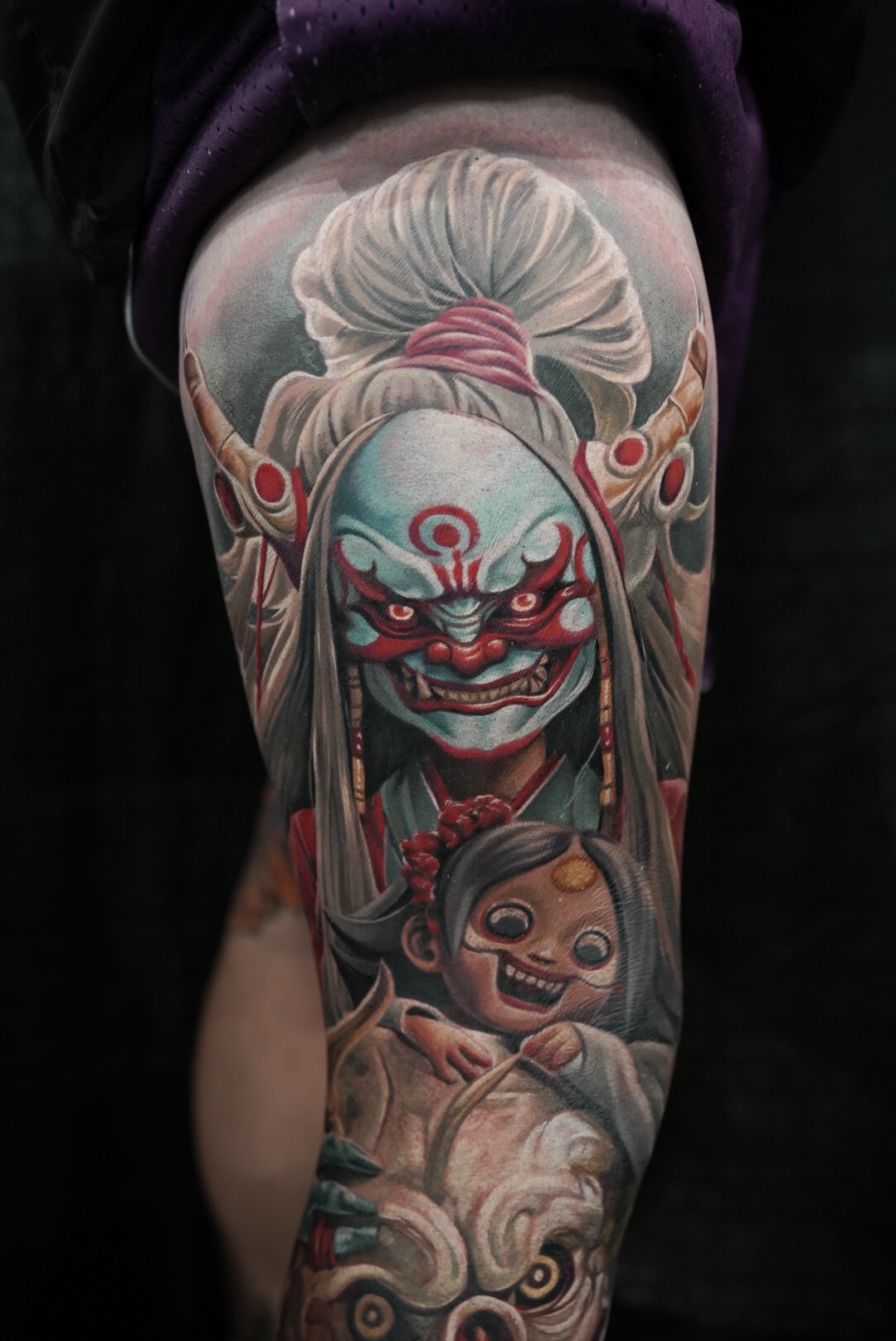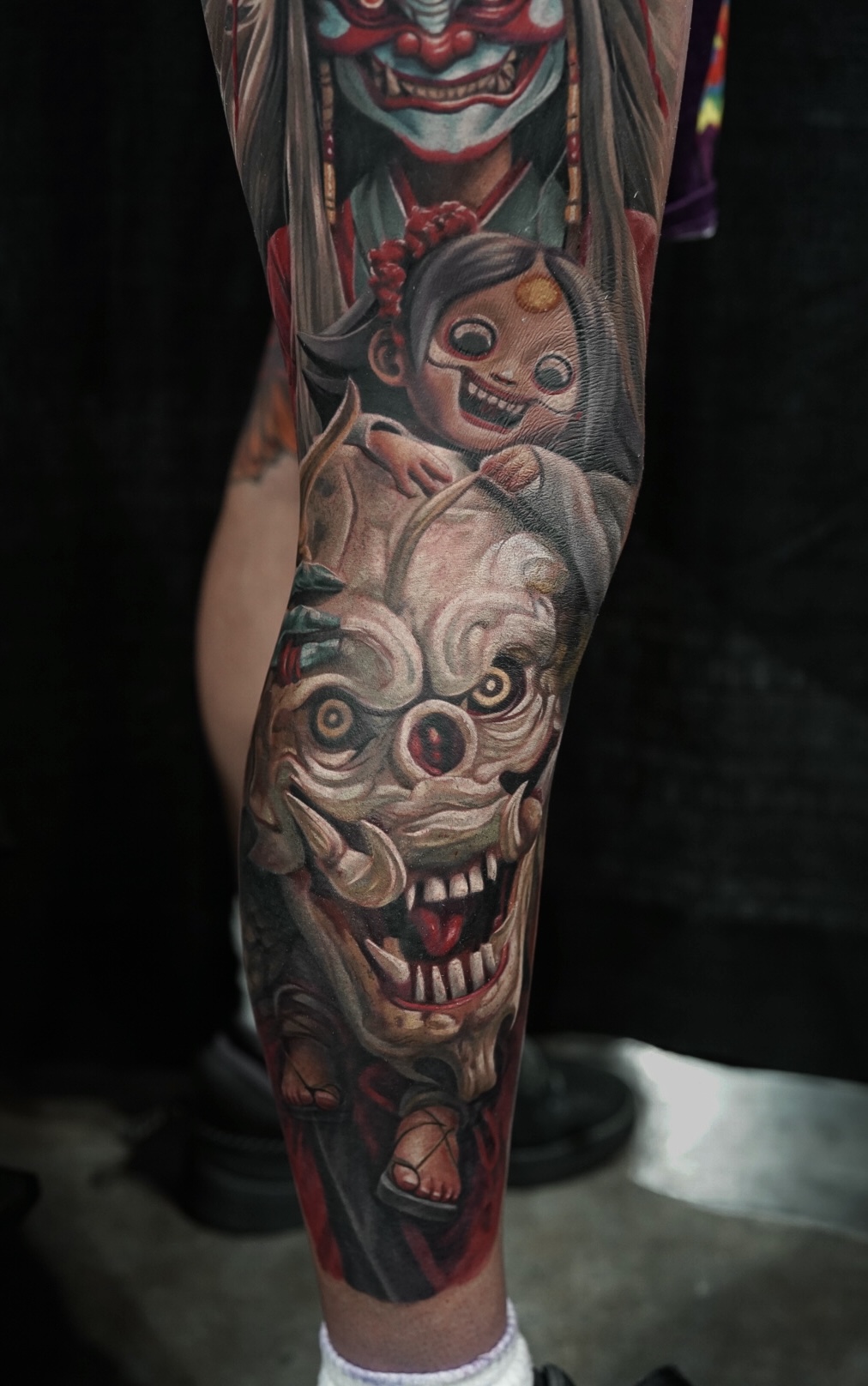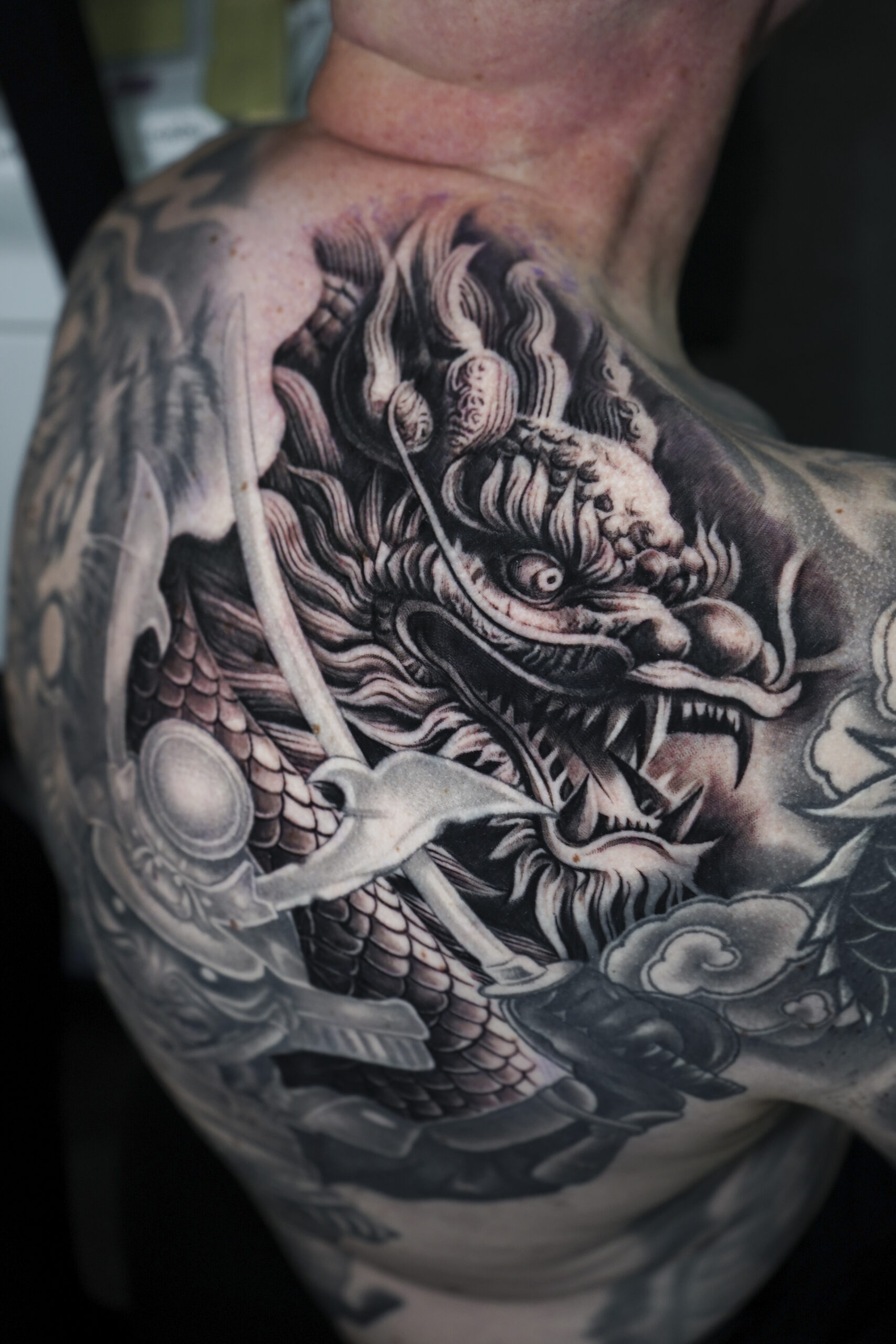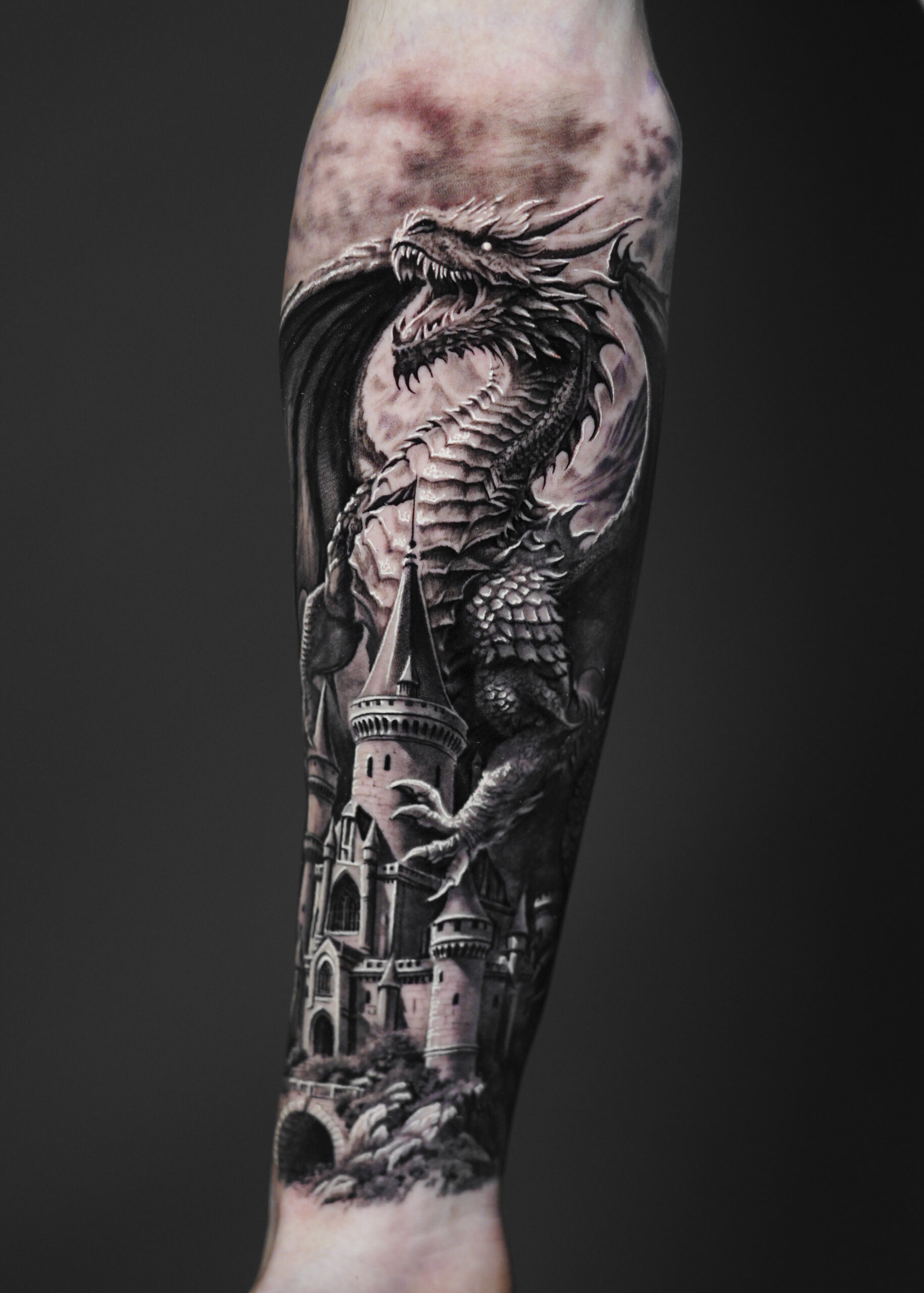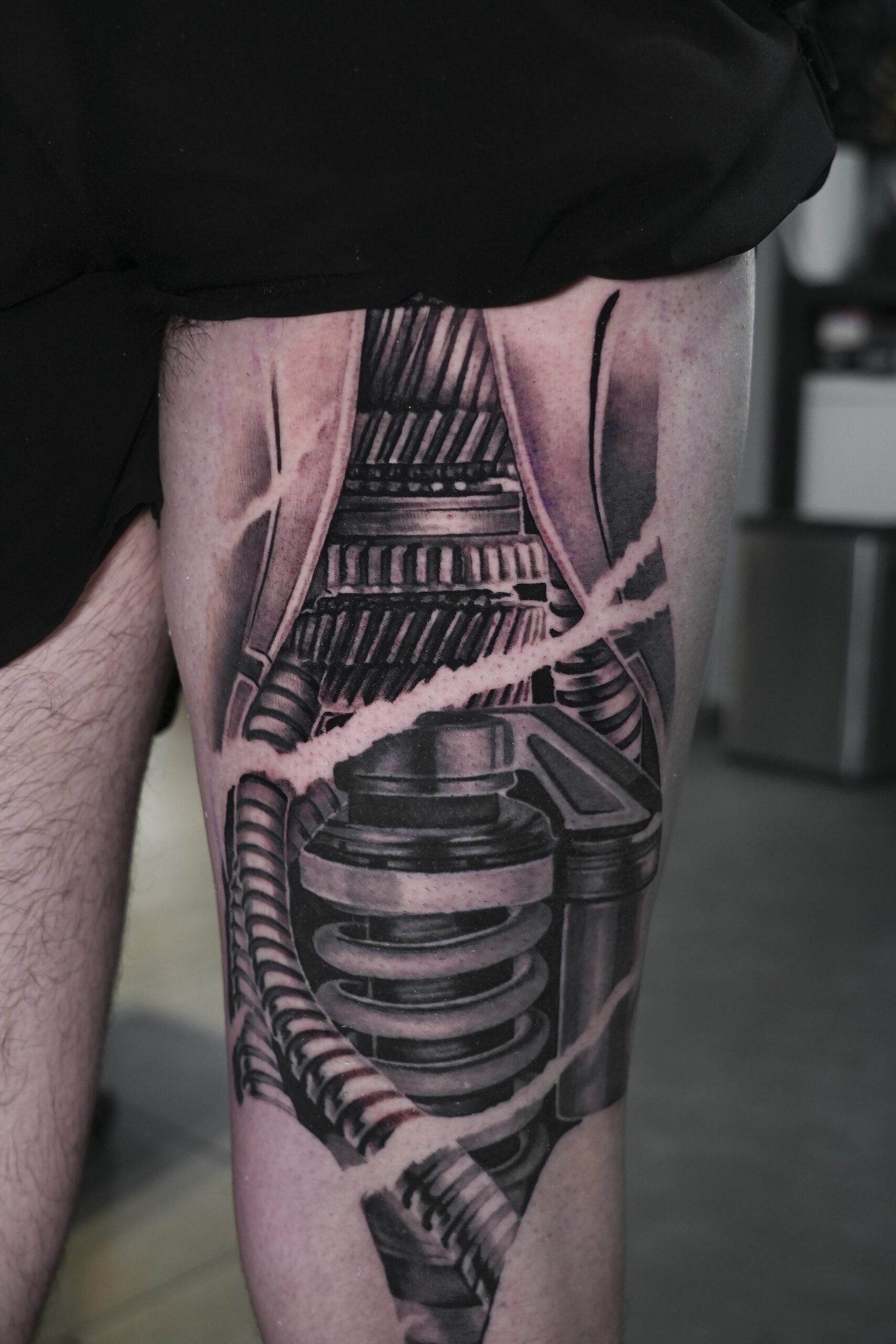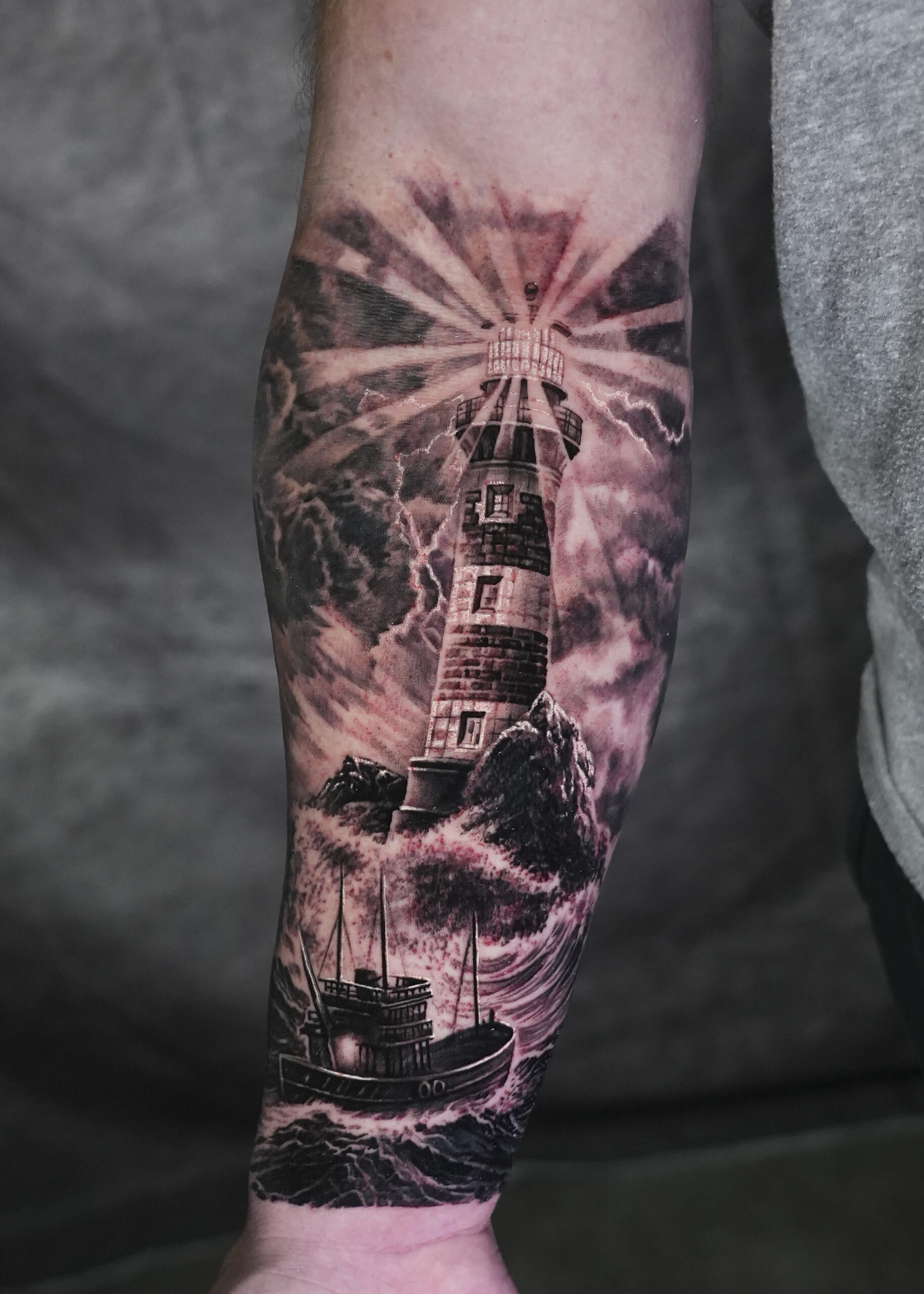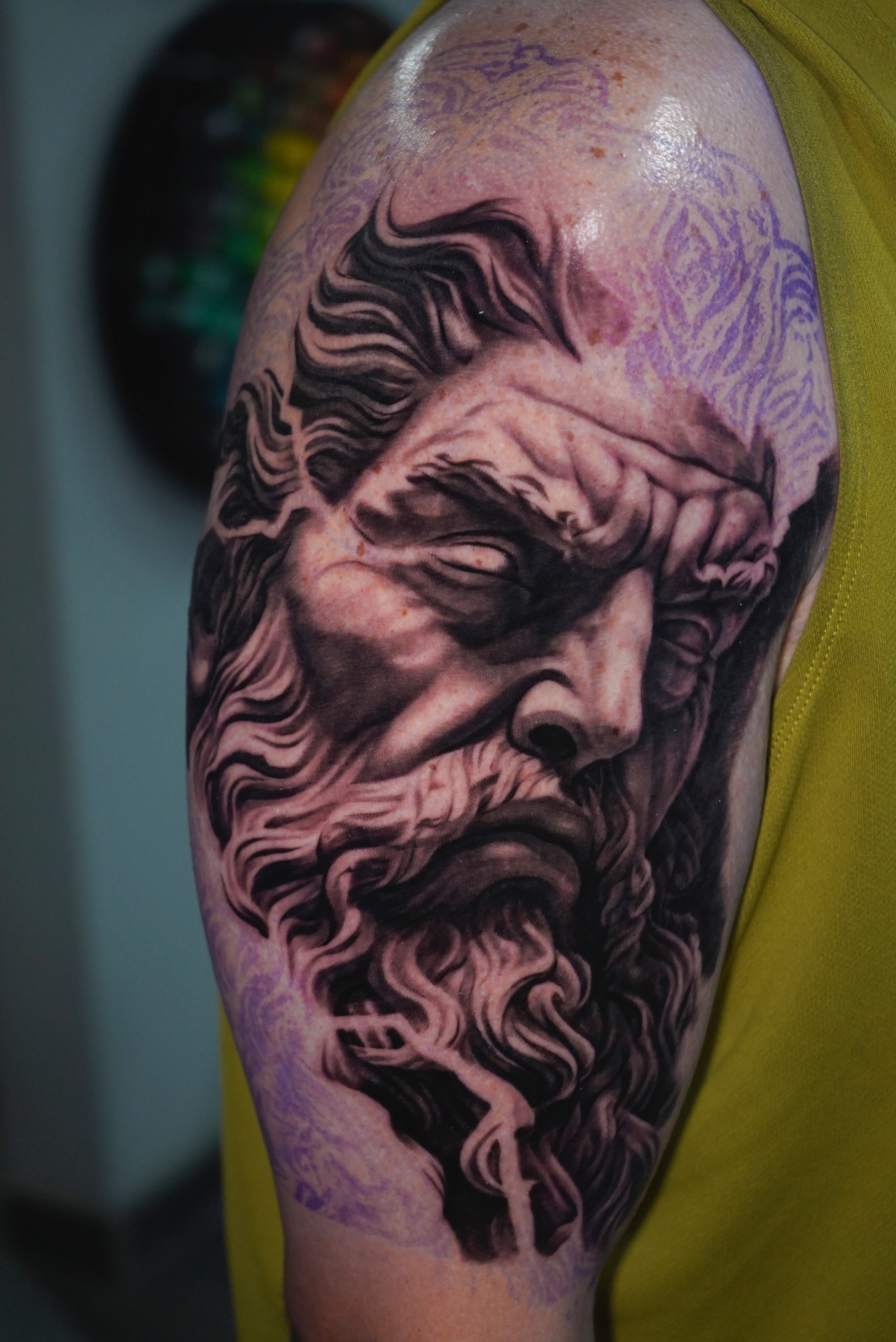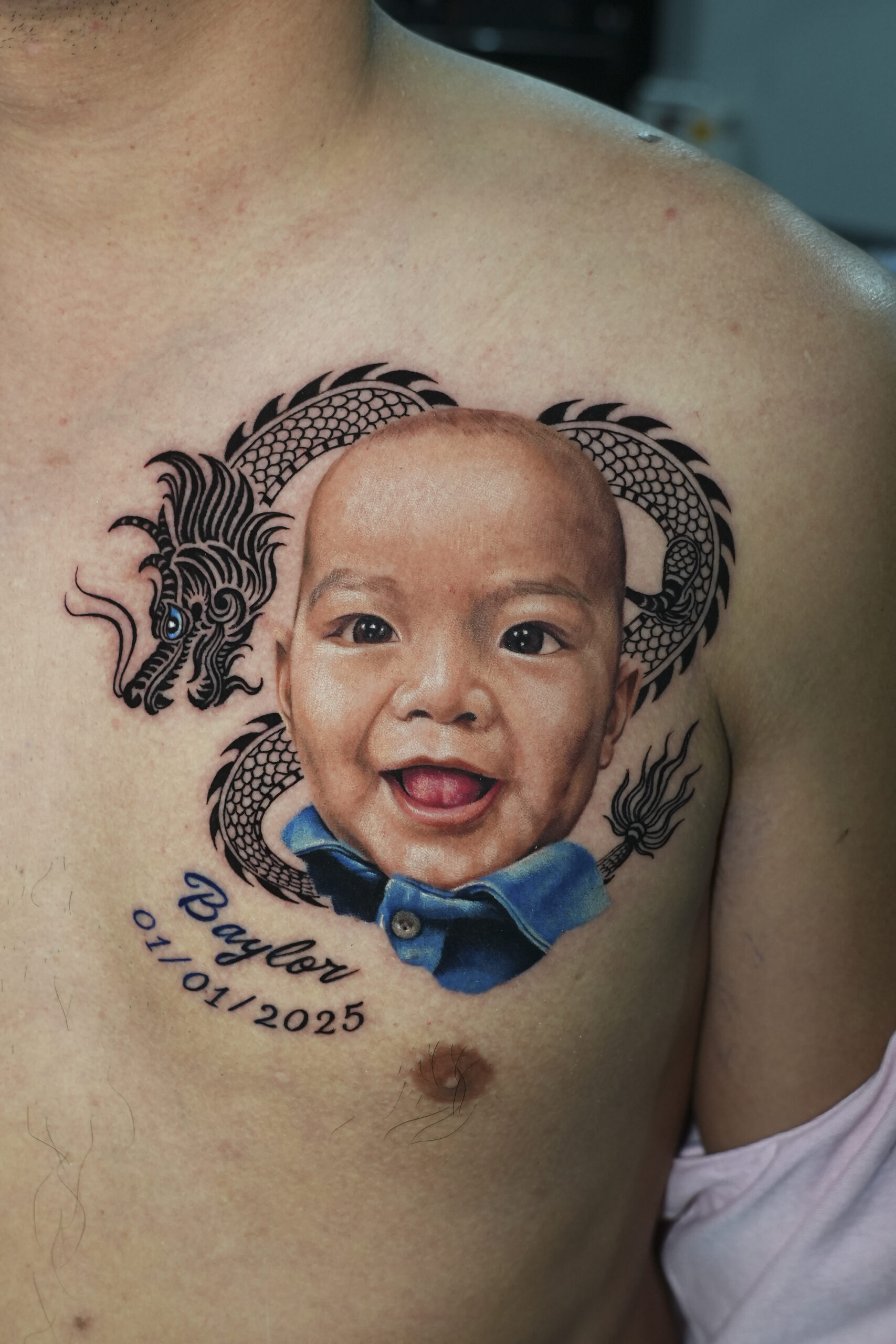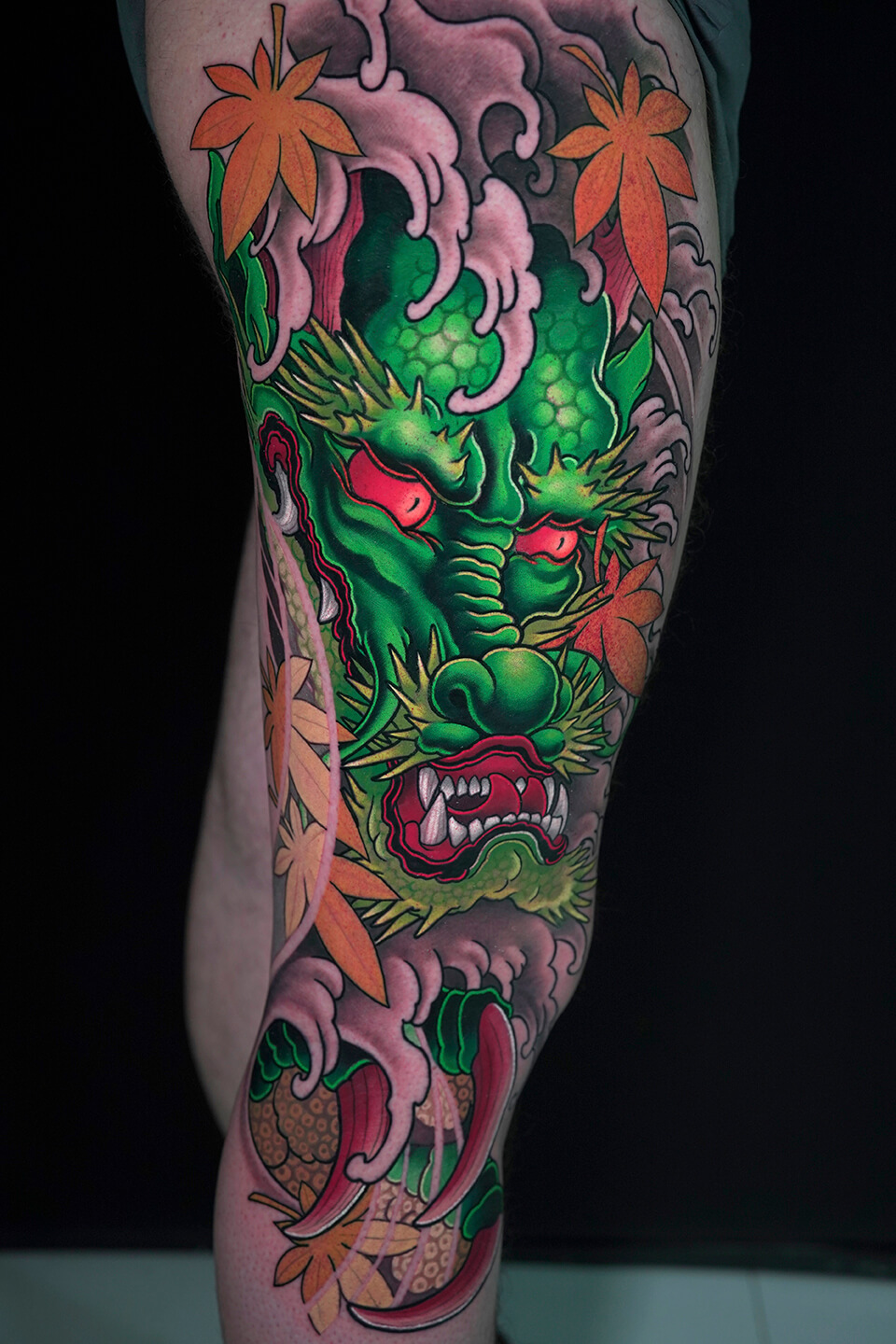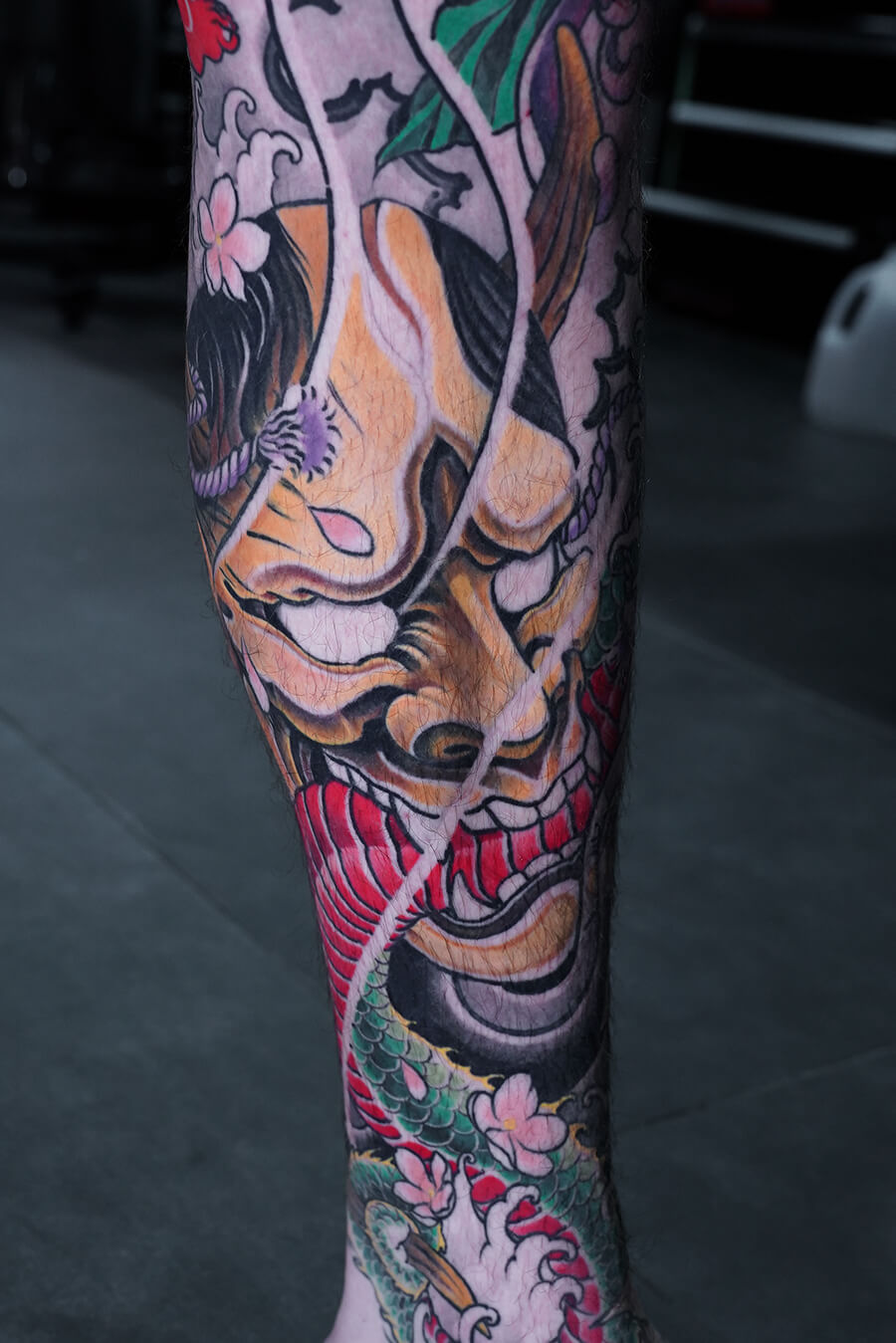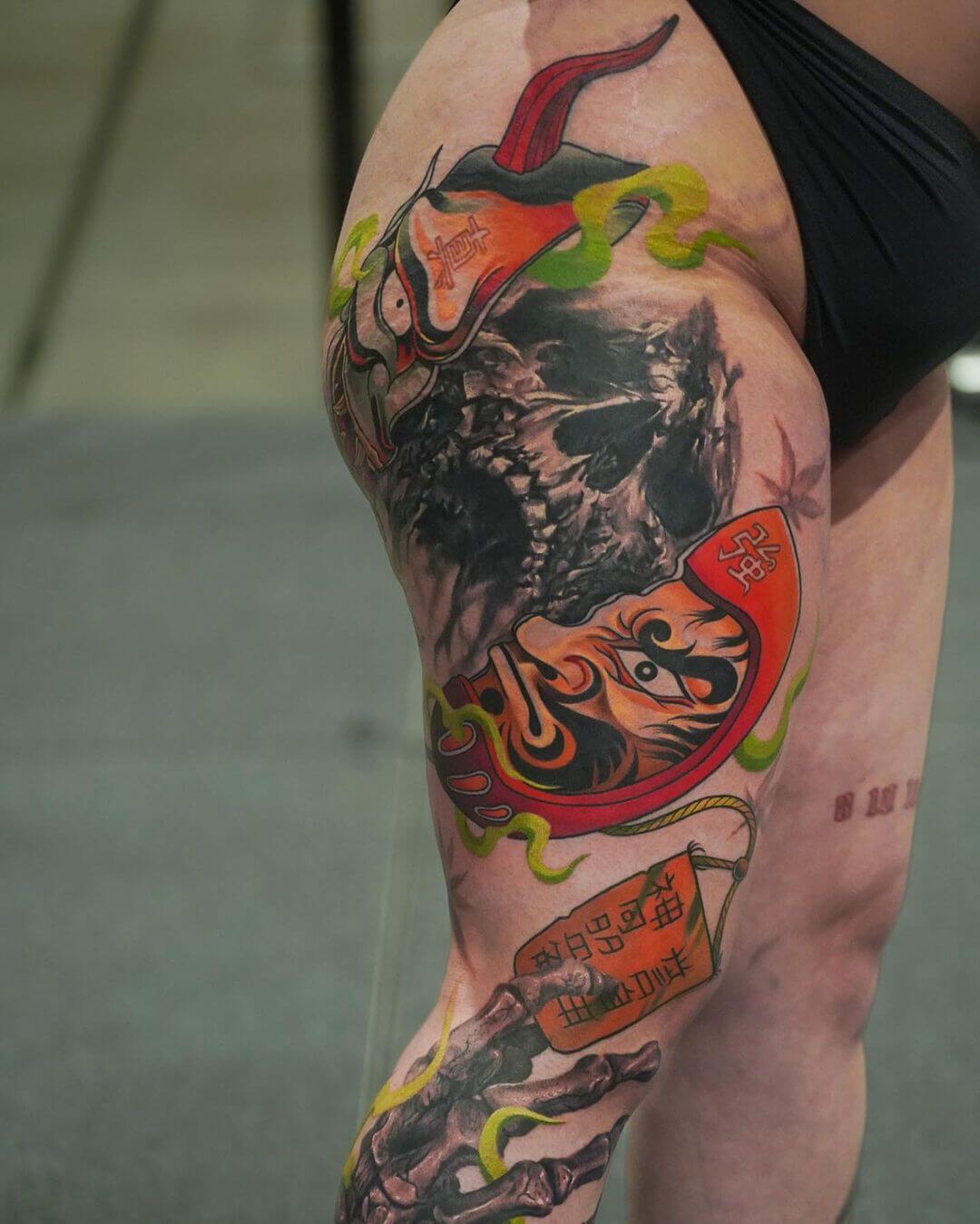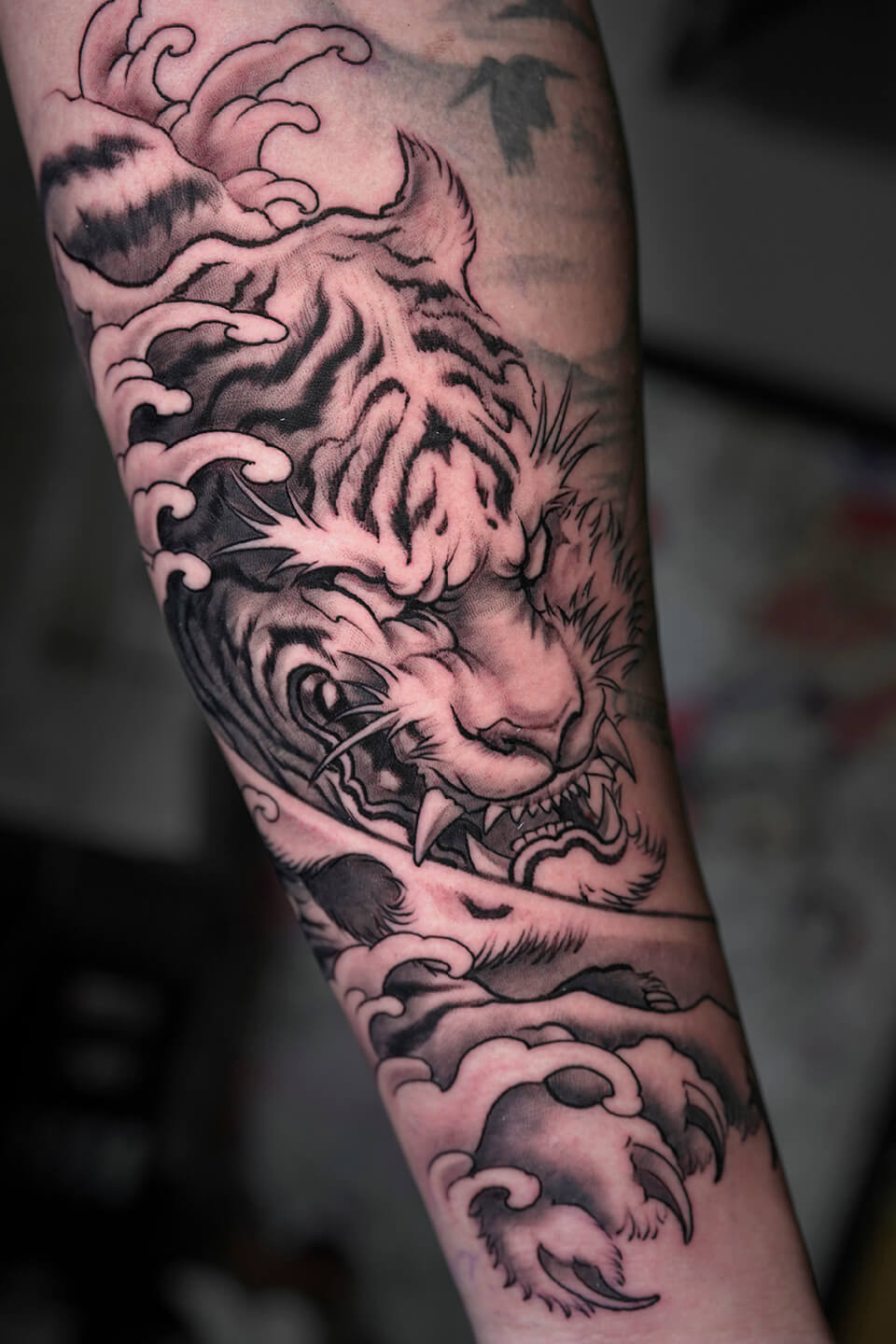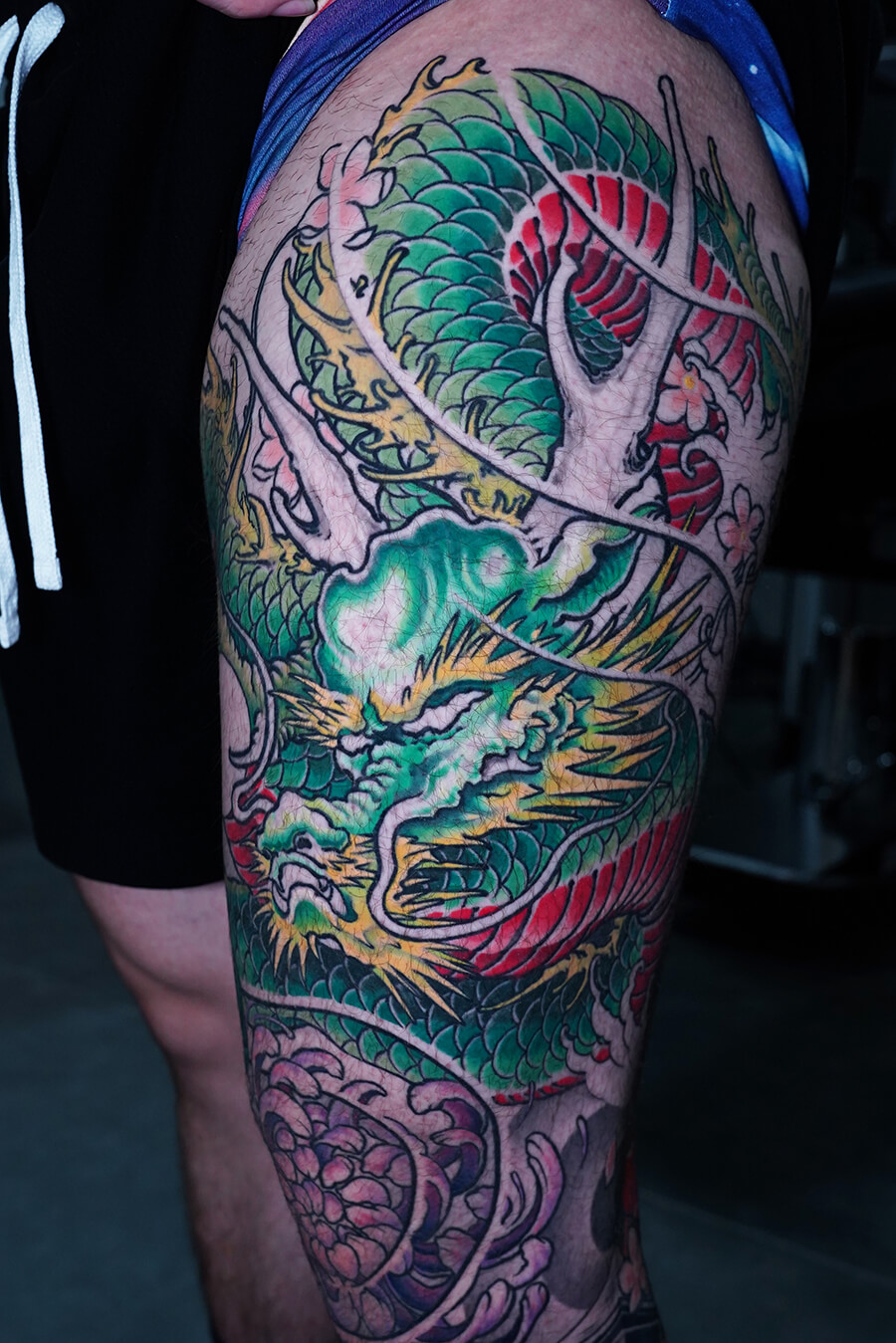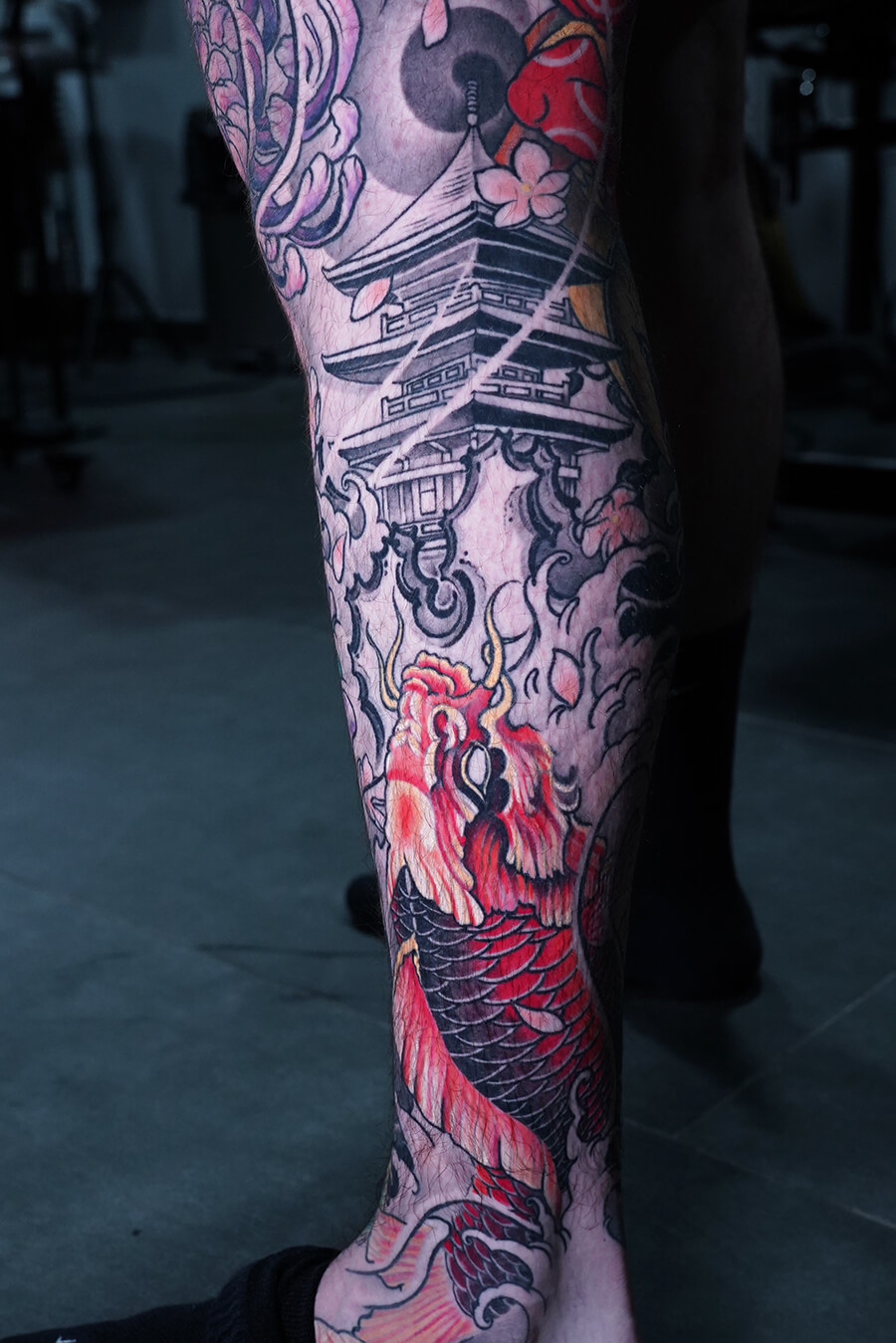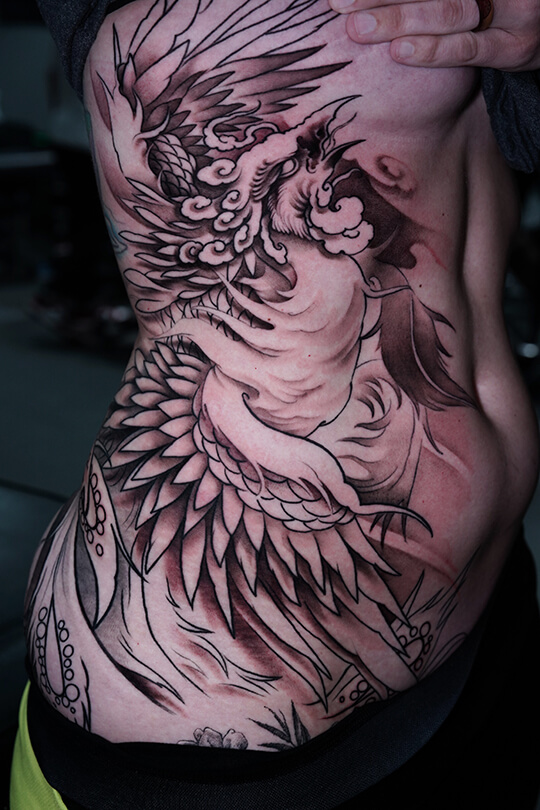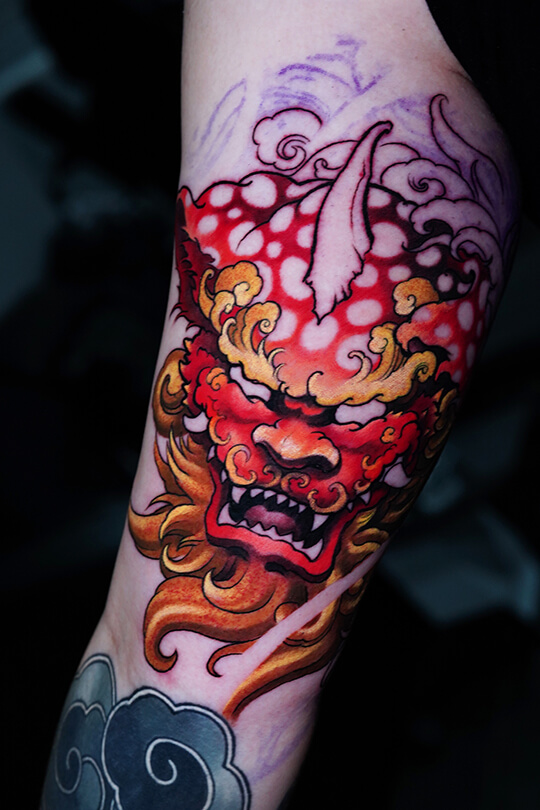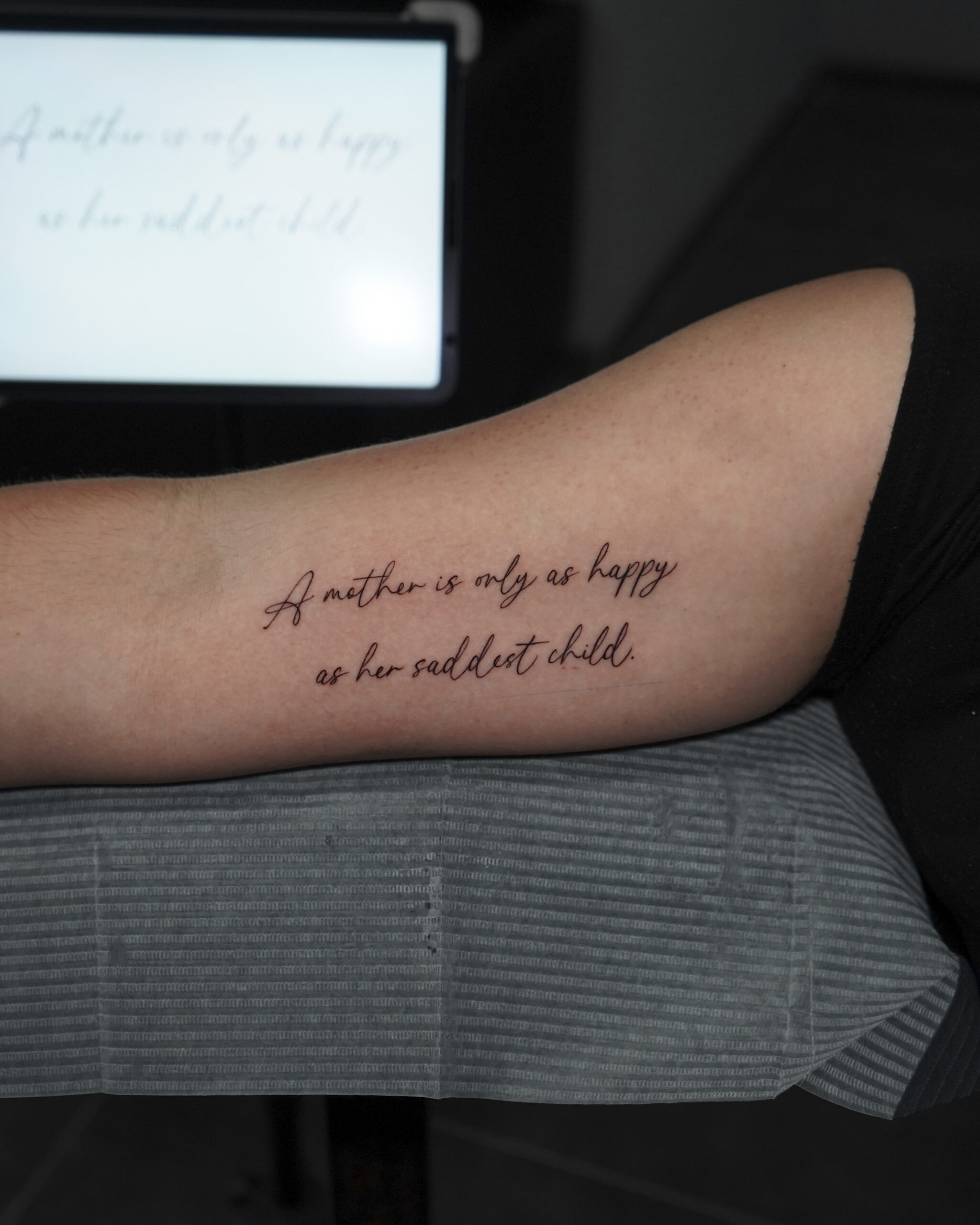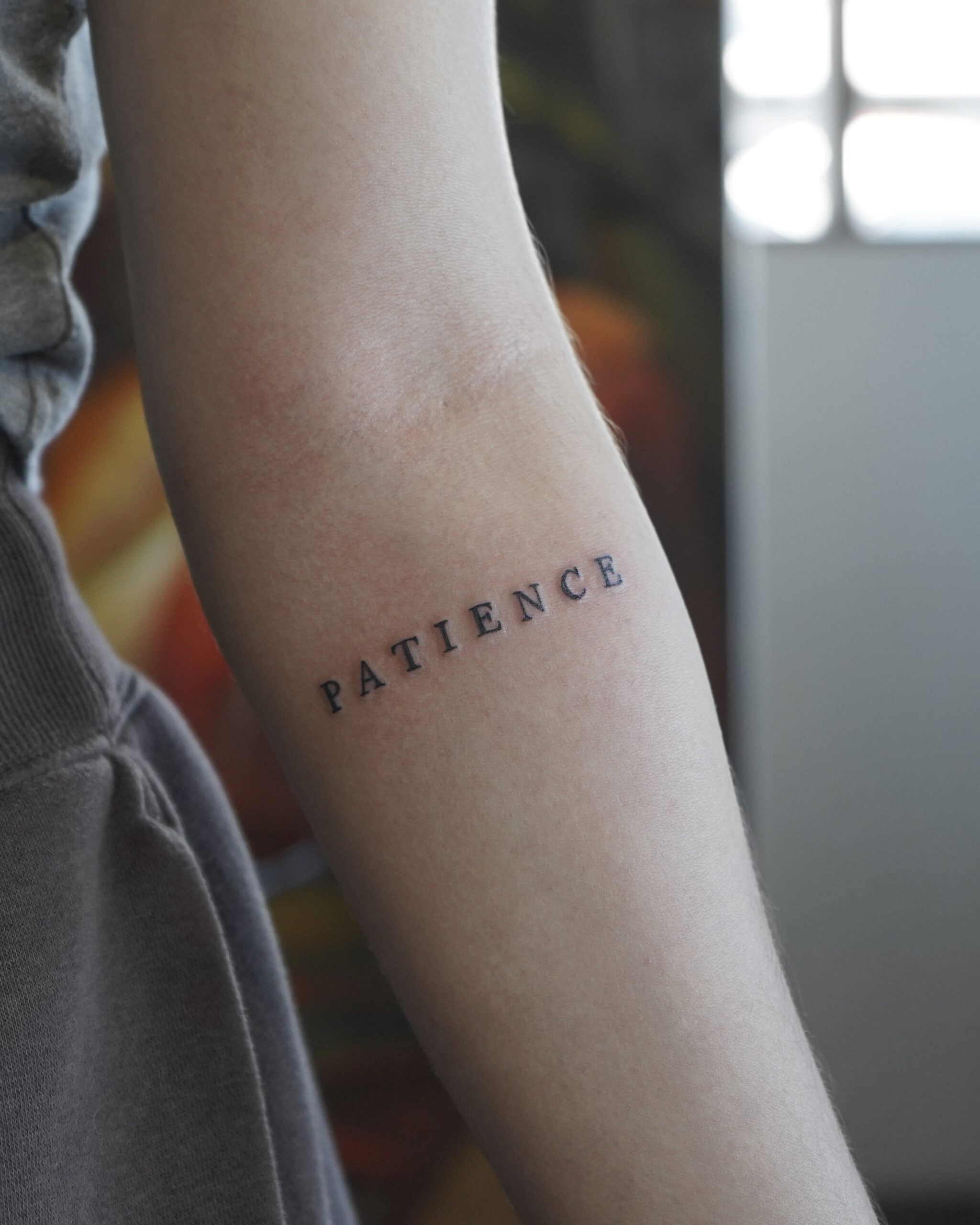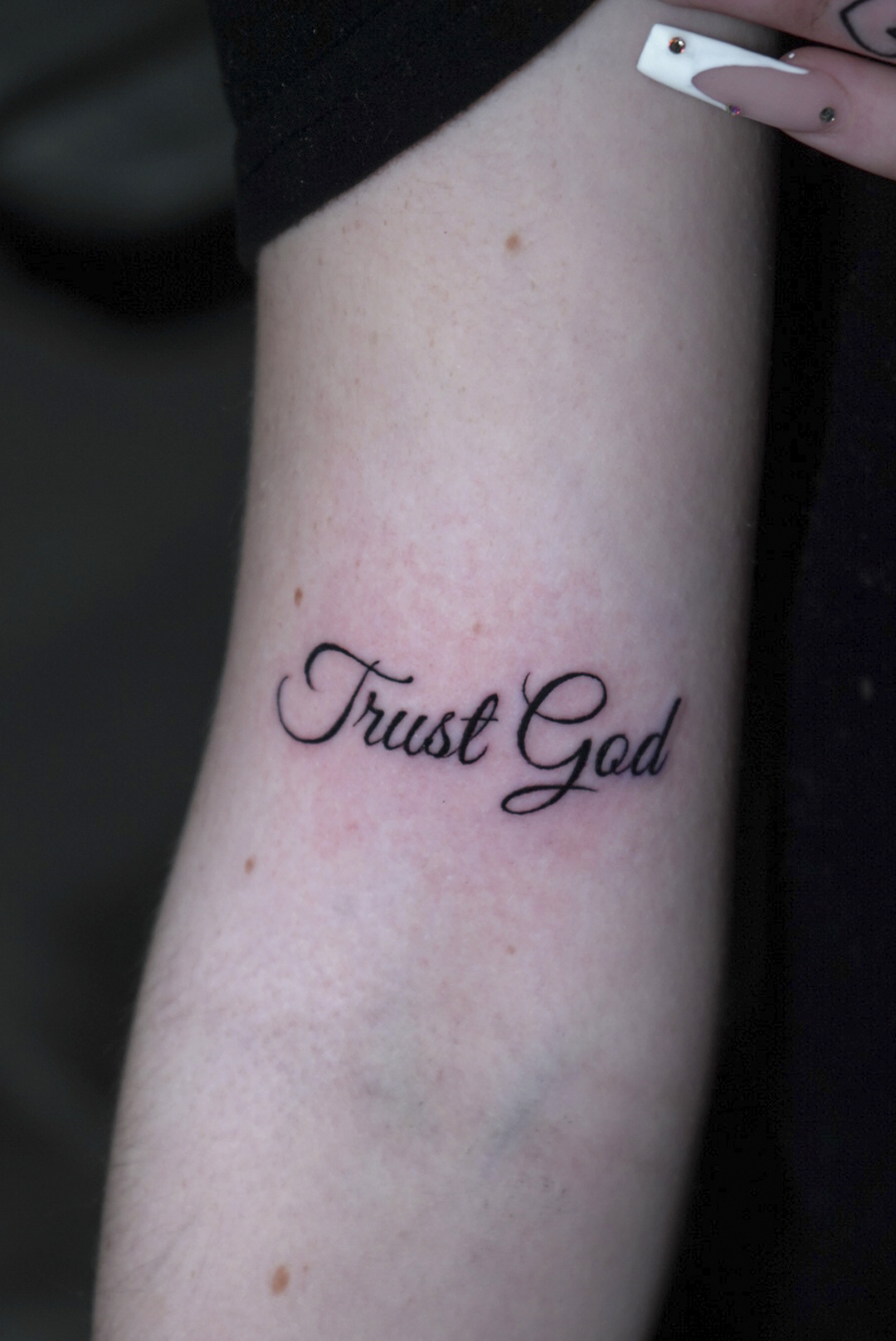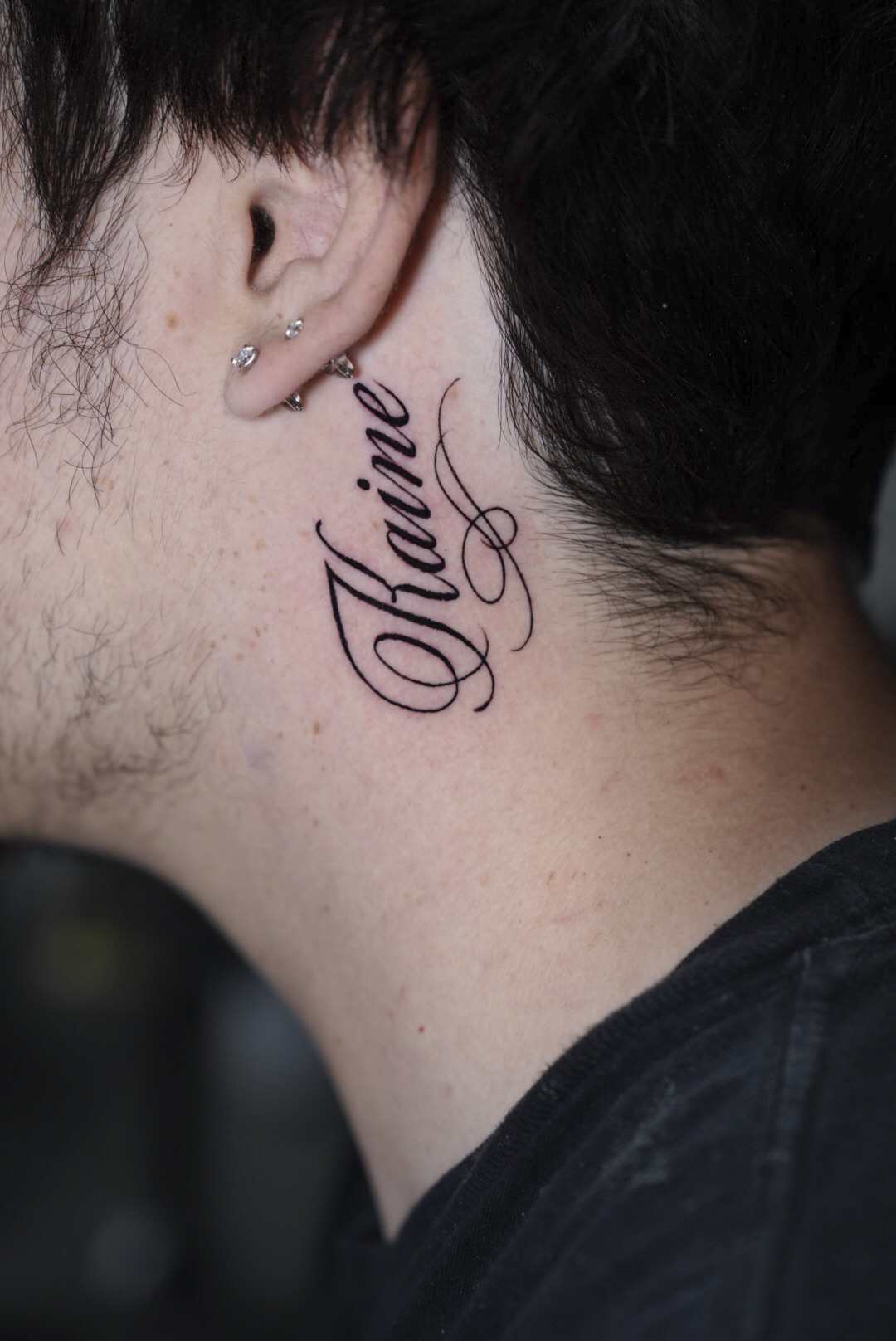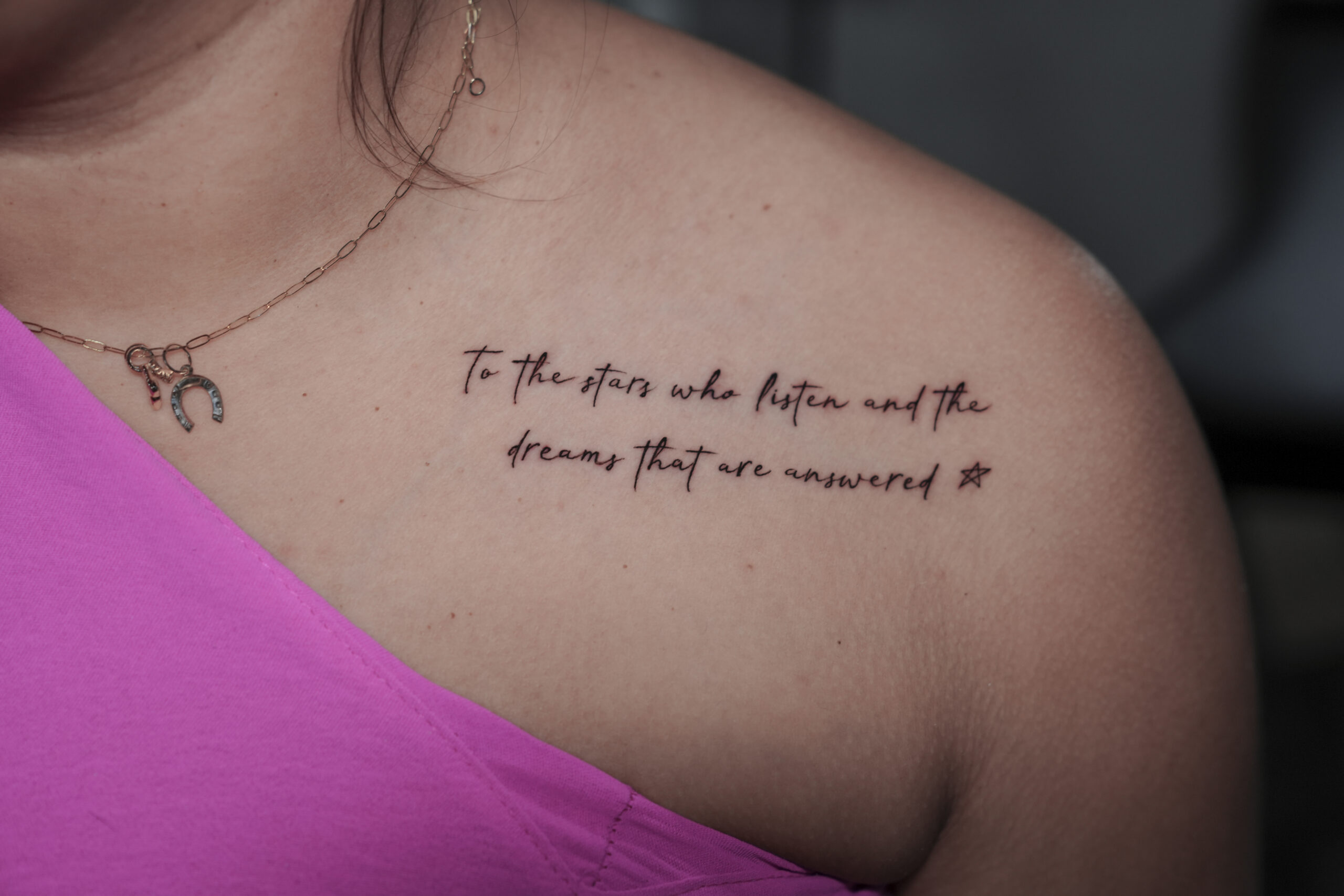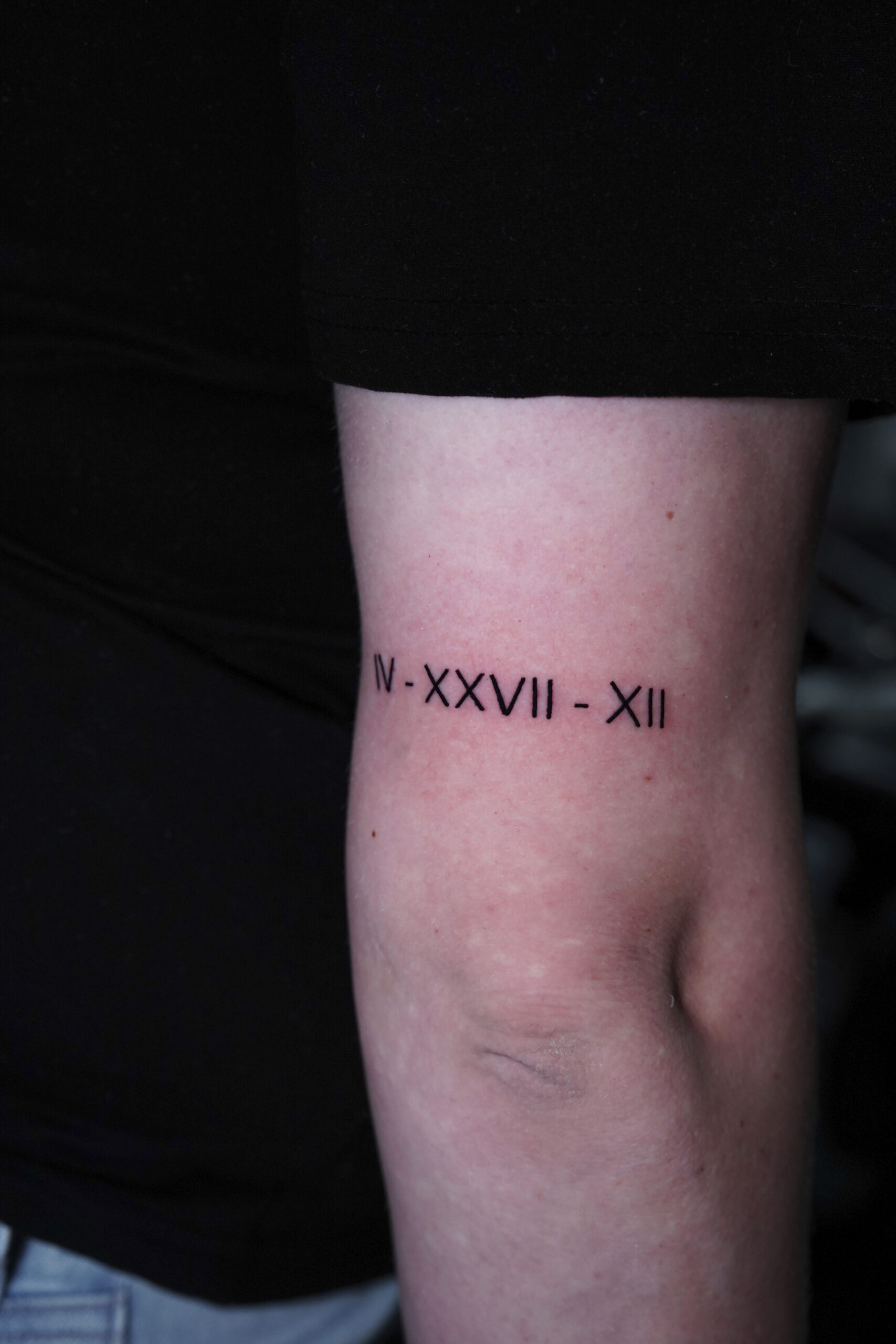The relationship between a client and a tattoo professional is built on mutual respect and clear communication. Tattoo artists aren’t just people wielding tattoo machines—they’re trained design professionals with years of technical expertise and artistic education. When you schedule a tattoo consultation or sit for a tattoo session, you’re engaging with a skilled artist who deserves the same professional courtesy you would extend to any specialist.
Understanding proper studio etiquette is essential for a positive experience and optimal tattoo results. This guide covers the top ten things you should never say to your tattoo artist—and why these statements can undermine the professional relationship that’s so crucial to creating beautiful, lasting body art.
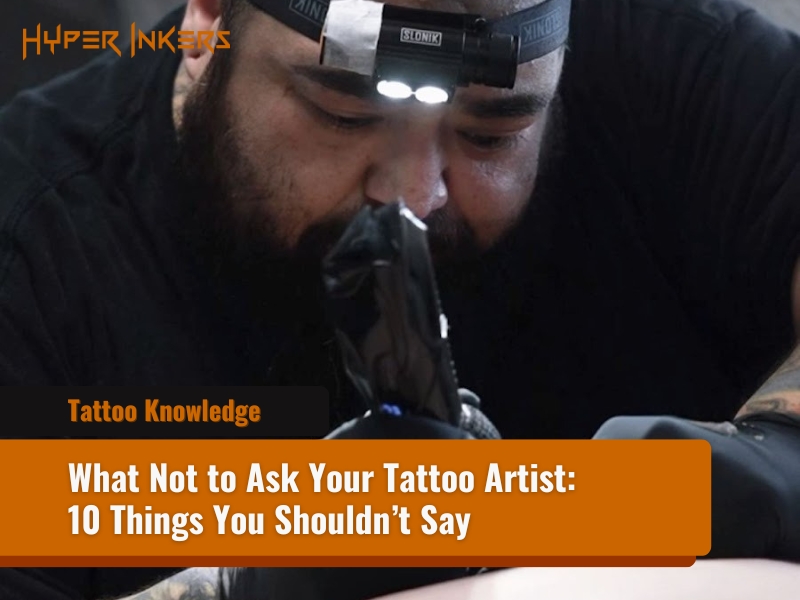
Can’t You Give Me a Discount? That’s Expensive
It’s natural to consider the cost when getting a tattoo, but asking for a discount is one of the worst things you can say to a tattoo artist. Tattooing isn’t just about putting ink on skin—it’s about years of training, precise tools, and maintaining a sterile environment.
Your artist isn’t charging just for their time but for their skill, creativity, and the overhead costs of running a safe studio. Negotiating the price can be insulting and implies that you don’t value their work. If a tattoo is out of your budget, it’s better to wait and save up than to try and haggle. Good tattoos aren’t cheap.
Respect the price or look for another artist whose pricing fits your range, but never assume the listed price is up for debate. Your skin deserves quality, and your artist deserves fair compensation.
Learn more: Why are tattoos so expensive? Read on to understand the reasons behind the price

Can You Please Copy This Tattoo?
Requesting an exact copy of another artist’s original design raises serious ethical concerns in the tattoo community.. It might seem harmless to bring in a picture of a tattoo you love and ask your artist to duplicate it, but that’s asking them to steal someone else’s artwork.
Tattooing is an art form and artists take pride in their originality and unique style. Instead of copying, use the design as inspiration and collaborate with your artist to create a custom tattoo that reflects your individuality. This approach is not only more respectful to the original artist but also guarantees that you will receive a unique piece tailored to your personal preferences. This is more respectful and ensures you walk away with a one-of-a-kind piece. Most reputable artists at tattoo parlors in San Antonio Texas will flat-out refuse to replicate another artist’s work, especially if it’s a custom design, as they value the integrity of their craft.
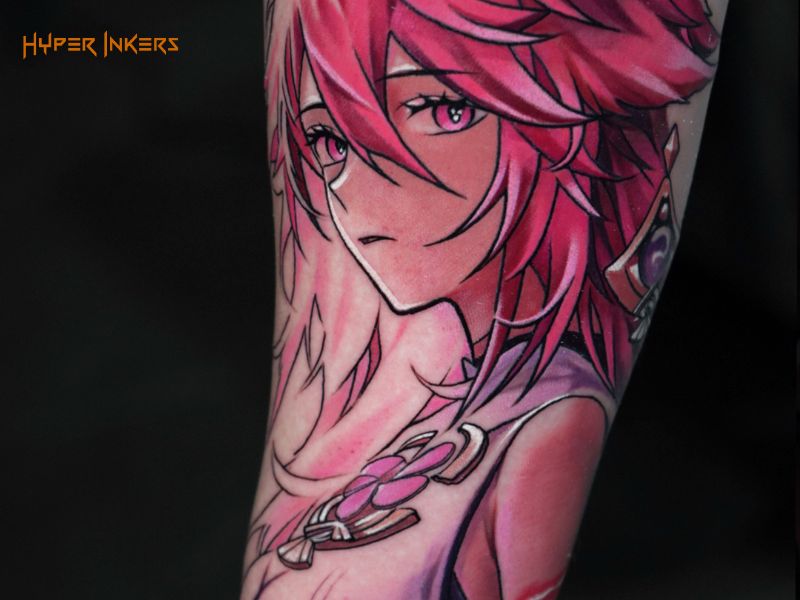
Can’t You Just Make It Work?
This phrase often emerges when a client presents an impractical design concept or placement request. Sometimes, clients are surprised when their tattoo artist says a certain design won’t work. Tattooing isn’t like pasting a sticker, it involves skin texture, body curvature, and long-term healing. Trust them if an artist says something won’t fit properly, won’t hold detail, or could distort over time. They’re trying to prevent a bad result that you’ll regret later. Understanding that good artists prioritize how your tattoo will look for years, not just immediately after completion.
Asking them to “just make it work” dismisses their expertise and puts you at risk of a poorly executed tattoo. Instead, collaborate with your artist to adjust the design or placement.
Can You Make It Bigger/Smaller?
Before getting a tattoo, you can discuss changing your tattoo with the tattoo artist. However, changing the size of a completed tattoo design can substantially affect how the tattoo looks and how well it can be technically applied to the skin. Shrinking a design too much can result in losing detail, blurred lines, and unreadable images over time. Conversely, enlarging a design without adding more elements might make it look awkward or sparse on your skin.
Tattoo artists design with proportion and skin movement in mind, so it’s not arbitrary if they advise a particular size. Instead of pushing for changes, discuss your concerns openly and let them offer alternatives.
Why Won’t You Tattoo That?
If an artist refuses to tattoo a certain area or design, respect their boundaries. Every artist has his or her own politics and belief system within tattoos.
Forcing the issue isn’t going to change their mind. Respect their boundaries and understand that their refusal often comes from experience and a desire to maintain a professional standard of work.
Can You Do This in a Few Hours?
Quality tattoos take time. Asking your artist to rush through a detailed piece “in a few hours” undermines the process. Discussing realistic timeframes during your initial consultation is essential. Depending on the complexity, a tattoo can take multiple sessions to complete. When you pressure an artist to speed things up, you risk getting a rushed job, which can lead to blowouts, uneven lines, or unfinished work.
If you’re on a time crunch, it’s better to choose smaller, simpler designs or split the work into multiple sittings. This approach ensures quality within your time constraints.
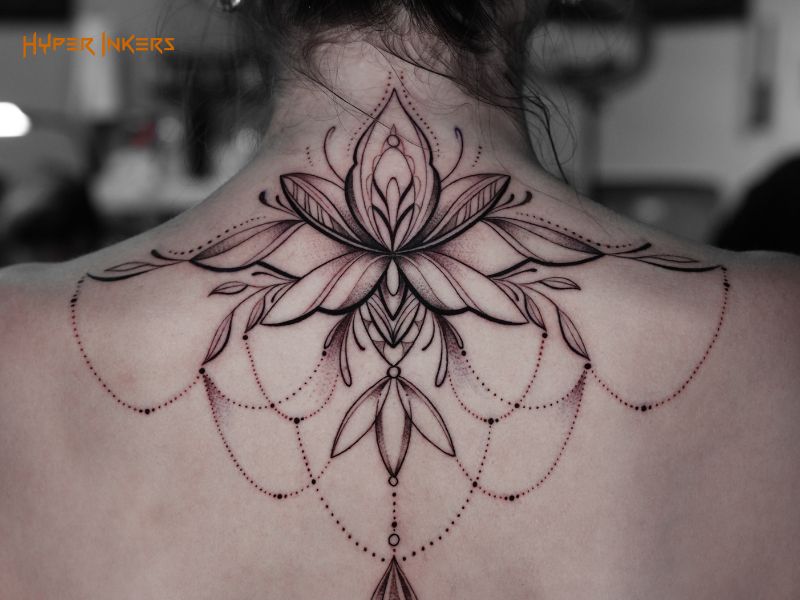
Can You Do This While I’m Drunk?
Don’t get tattoos while under the influence of alcohol. Asking to get a tattoo while intoxicated is never a good idea.
When drunk, you aren’t making the best decisions and may end up with a tattoo you don’t really want. You might also accidentally hurt yourself or the artist by falling down or failing to follow instructions properly. Alcohol affects your body, making you more likely to fidget, bleed excessively, or regret your choice.
Tattooing requires your full consent and cooperation, and that’s not possible when you’re intoxicated. Most reputable artists will refuse to tattoo anyone who appears drunk or high.
Can You Change the Design (While the Tattoo Is in Progress)?
Give all your feedback on the tattoo design while it’s still in sketch or stencil form. Don’t hesitate during this stage, as artists appreciate your honest input. Waiting until the tattoo machine is in use makes revisions challenging or impossible. Because the ink is permanent, line work forms the foundation that can’t be easily altered, artists have already prepared specific colors and techniques for the approved design, and additional adjustments extend skin trauma, potentially causing healing complications.
Does It Hurt?
Asking your tattoo artist, “Does getting a tattoo hurt?” is redundant and puts them in an awkward position. The answer is obviously yes, it’s needles penetrating skin but pain varies dramatically between individuals and body locations. Instead, ask about pain management techniques or how to prepare for your session.
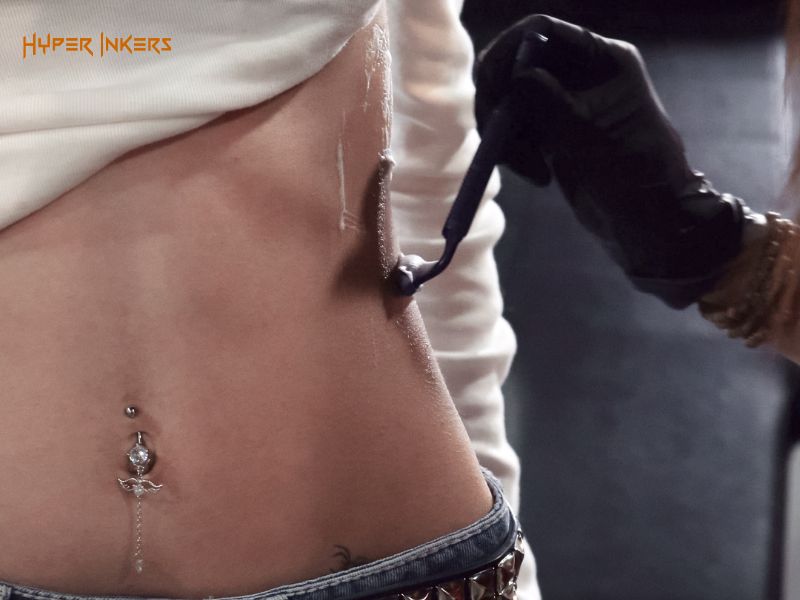
Can I Bring My Kids? Can I Bring My Dog?
Bringing kids or pets into the studio is a major distraction for both the artist and other clients. Children can be unpredictable, and pets can cause safety or allergy concerns. It’s still inappropriate even if your child is well-behaved or your dog is quiet. For example, tattoo artists work with sharp tools and sterilized equipment. Distractions can lead to mistakes or accidents.
Some studios outright ban non-clients in work areas, and many have strict policies to maintain cleanliness and focus. If you need someone with you for moral support, bring one adult friend.
Now that you know what to avoid, learn the essential questions to ask your tattoo artist to ensure clarity, build confidence, and get the exact art you envision.
Conclusion
Knowing what not to ask your tattoo artist at the tattoo consultation is essential for a successful tattoo experience. Don’t ask for discounts, copy others’ designs, request mid-session changes, or arrive intoxicated. Follow studio policies about visitors and trust your artist’s expertise. Tattoo artists are skilled professionals whose work improves when you value their time and knowledge. The best tattoos come from mutual respect and genuine collaboration.


